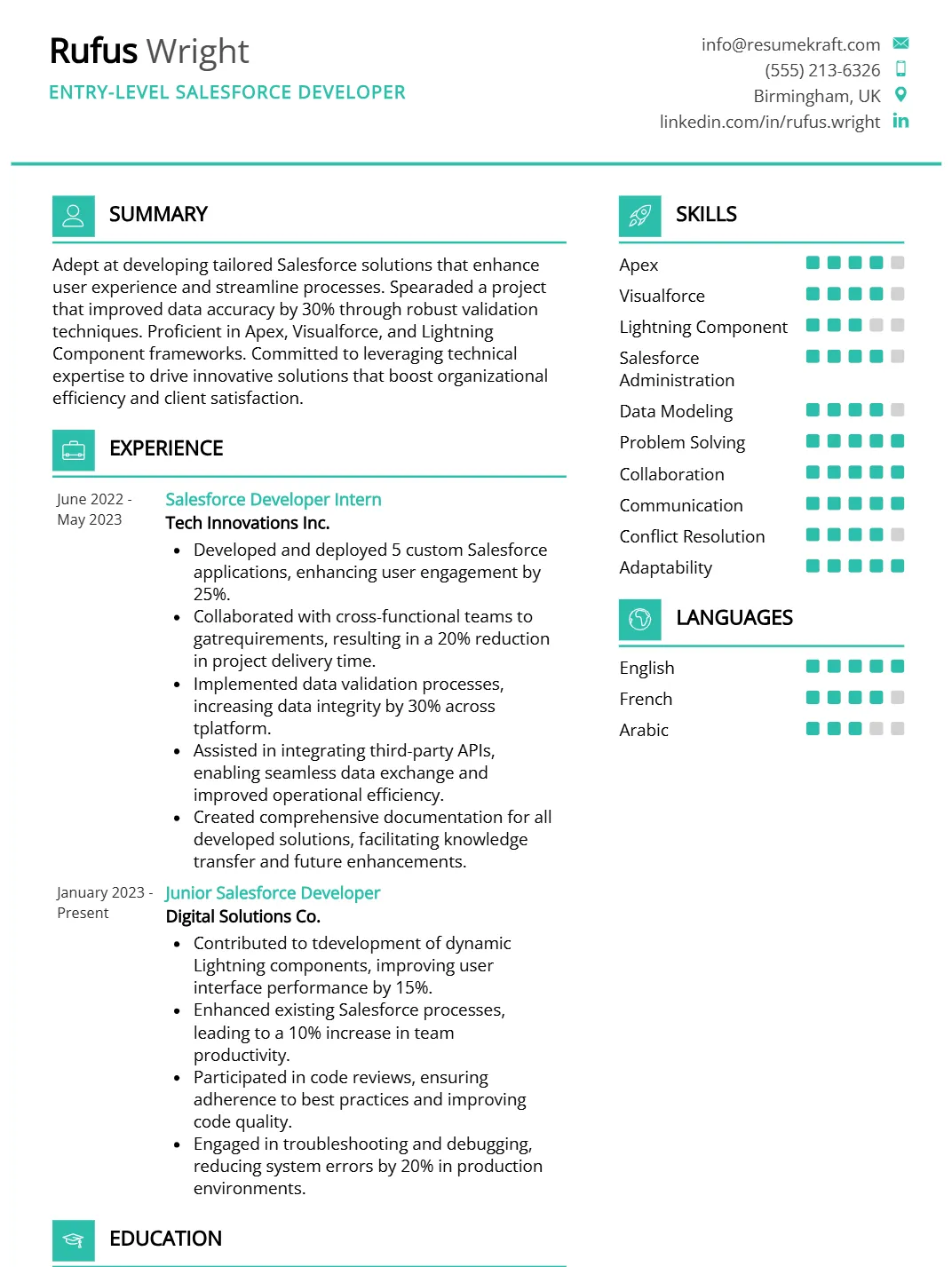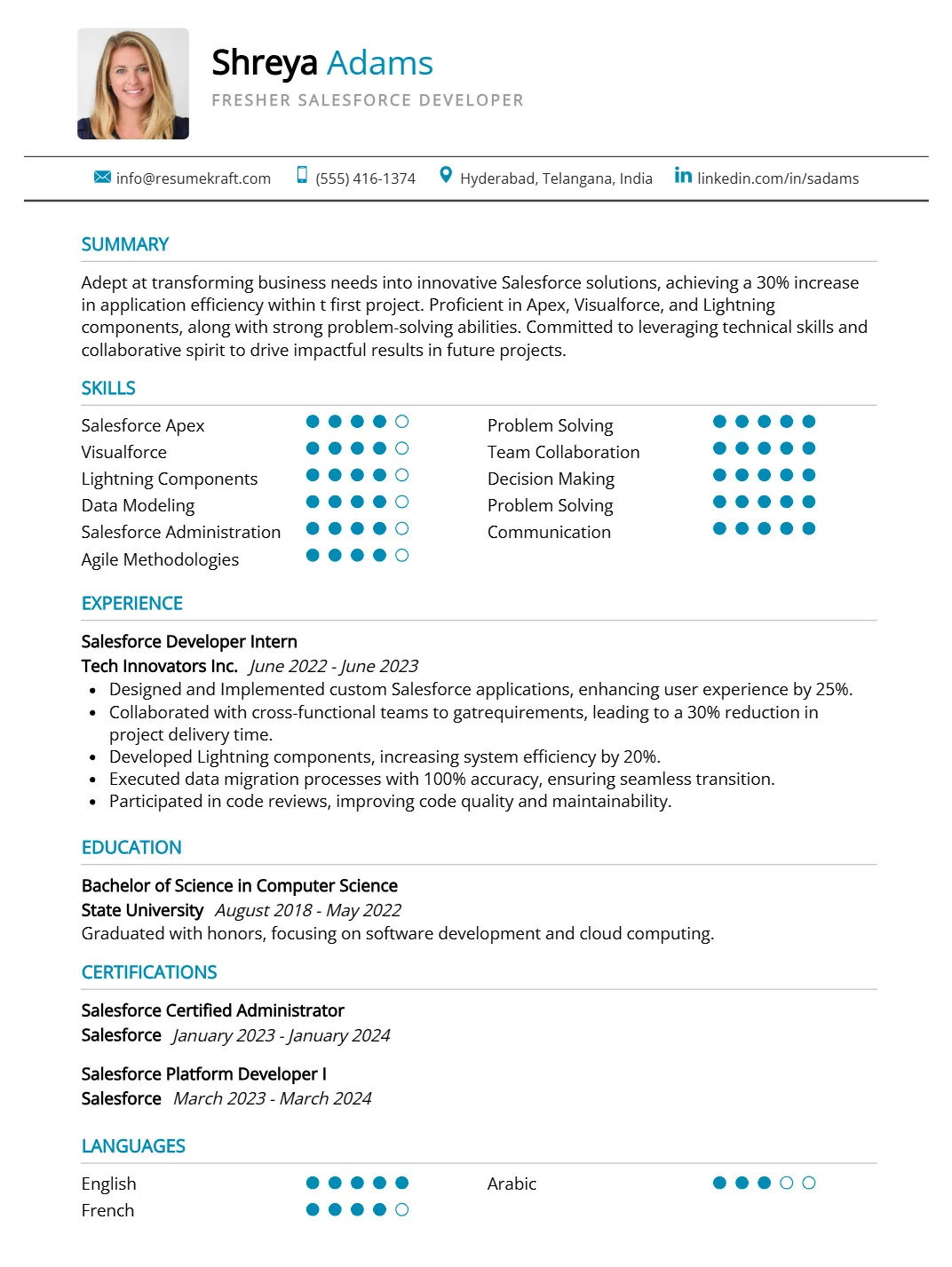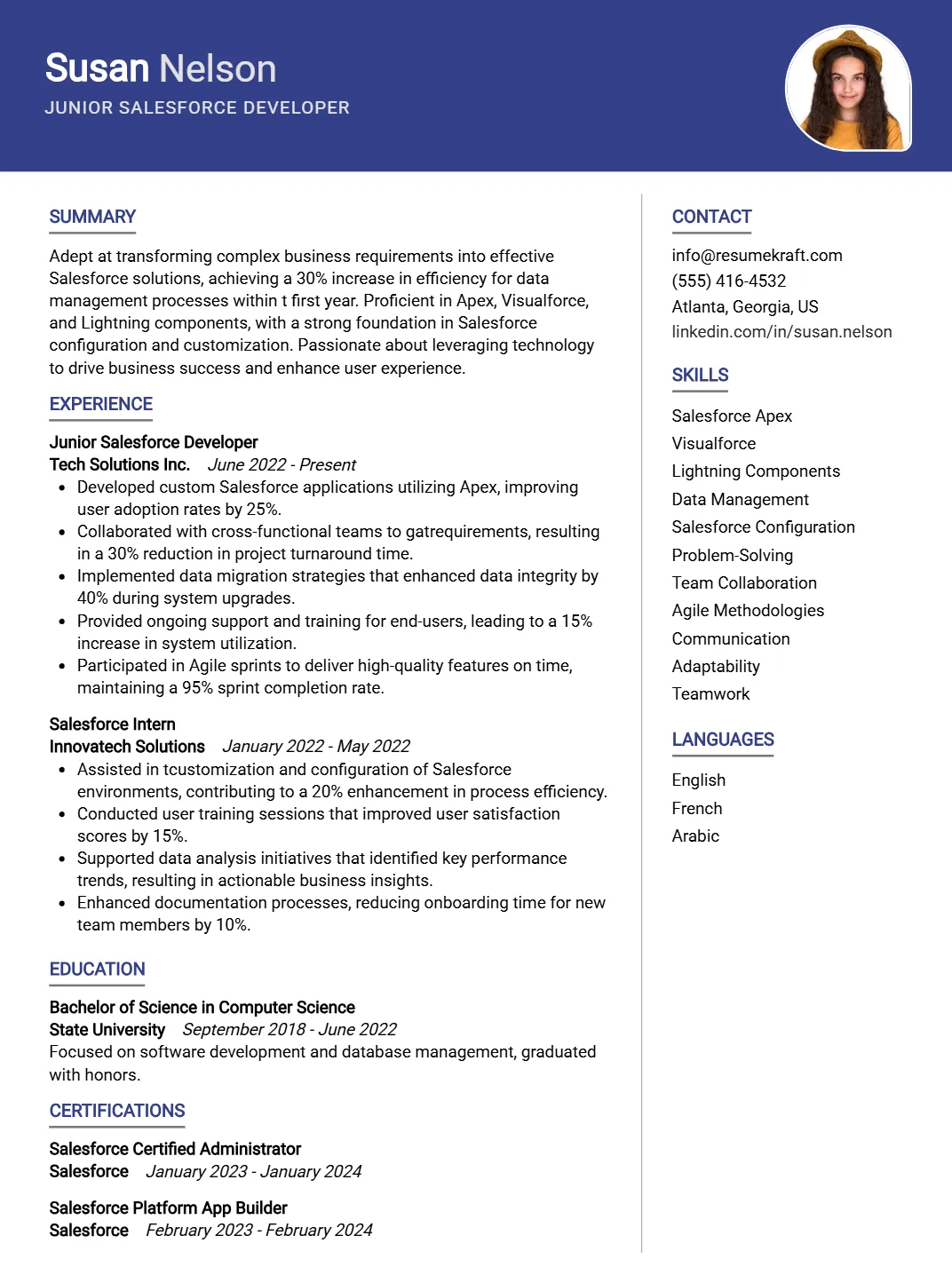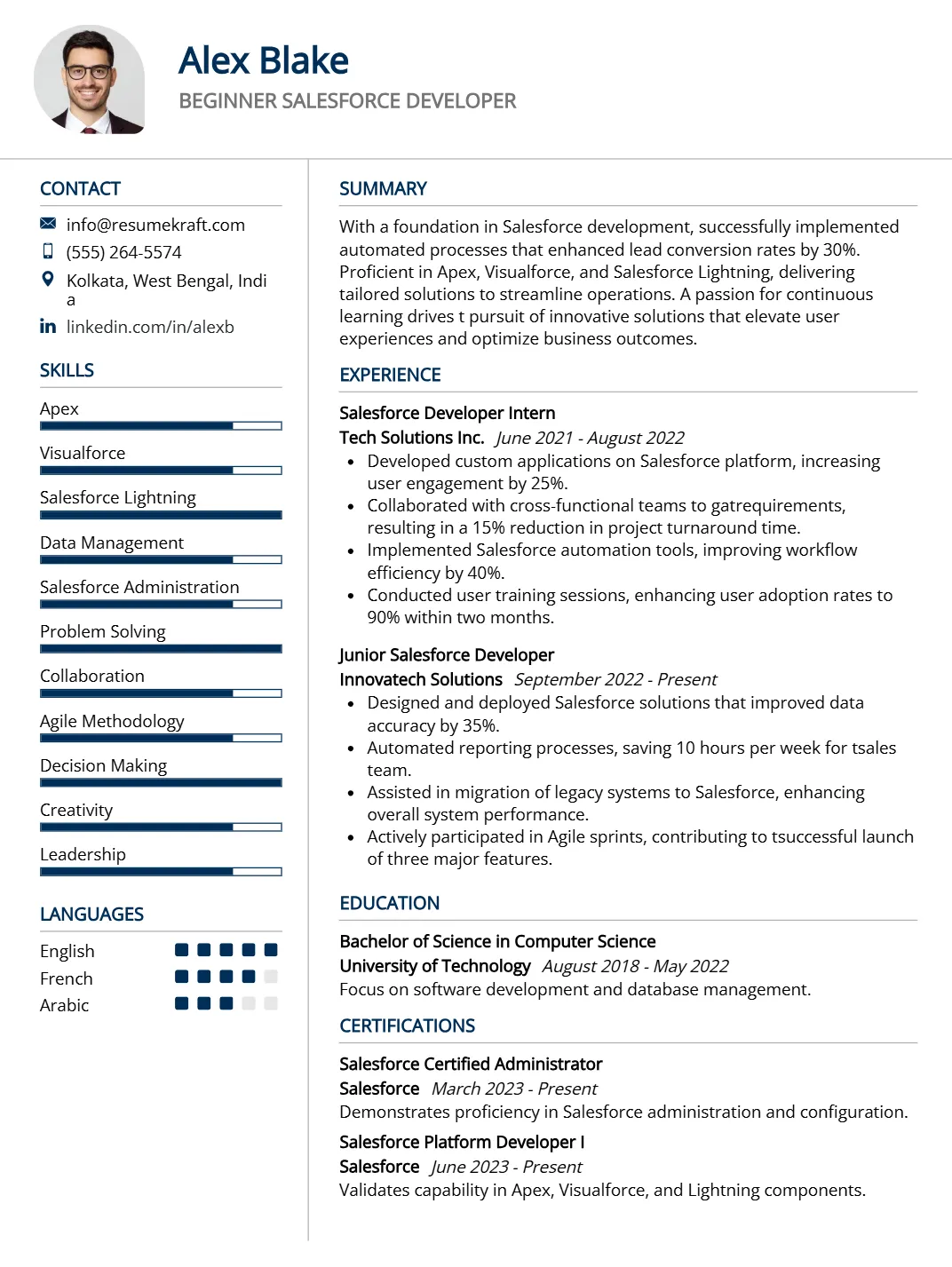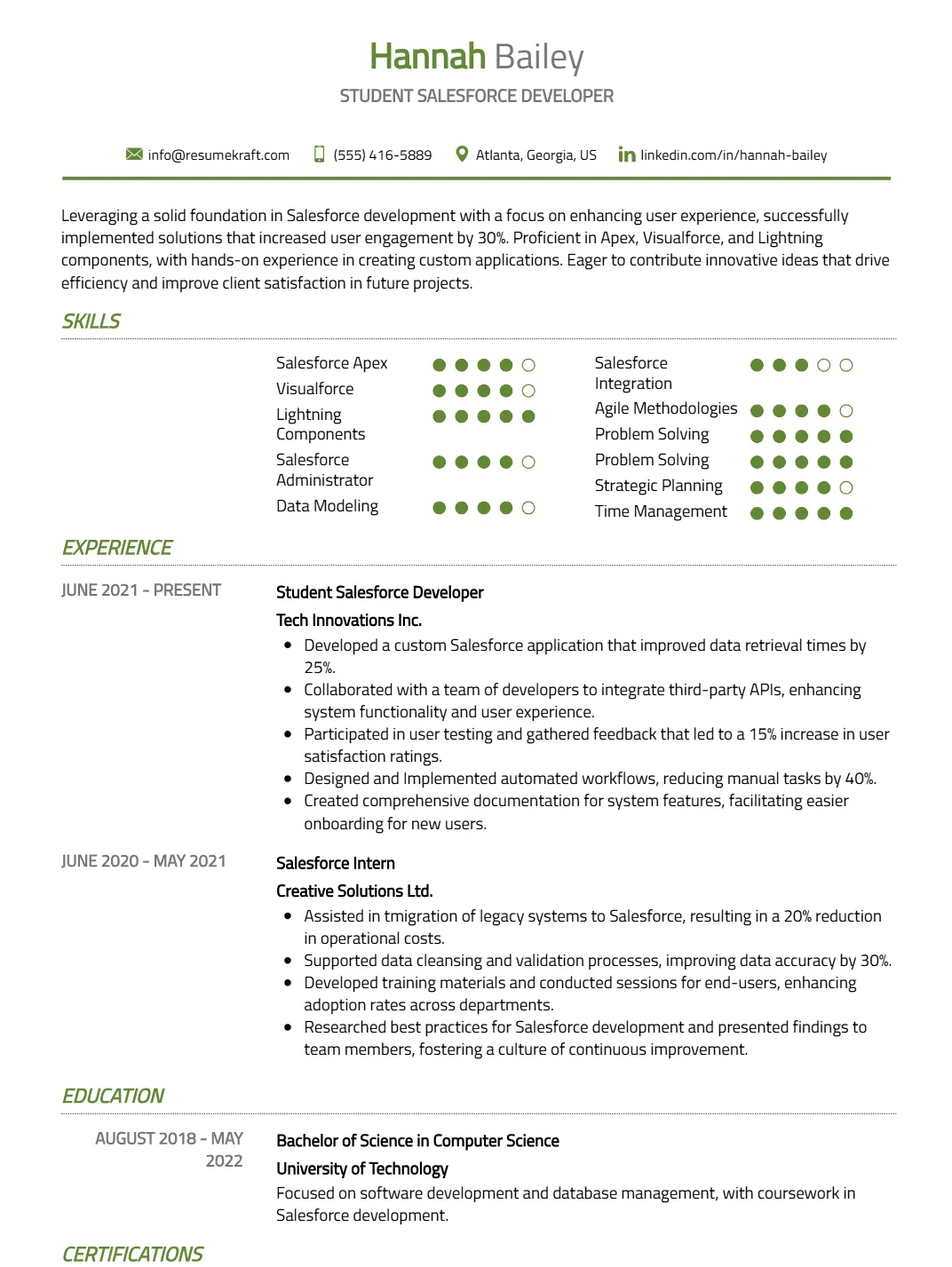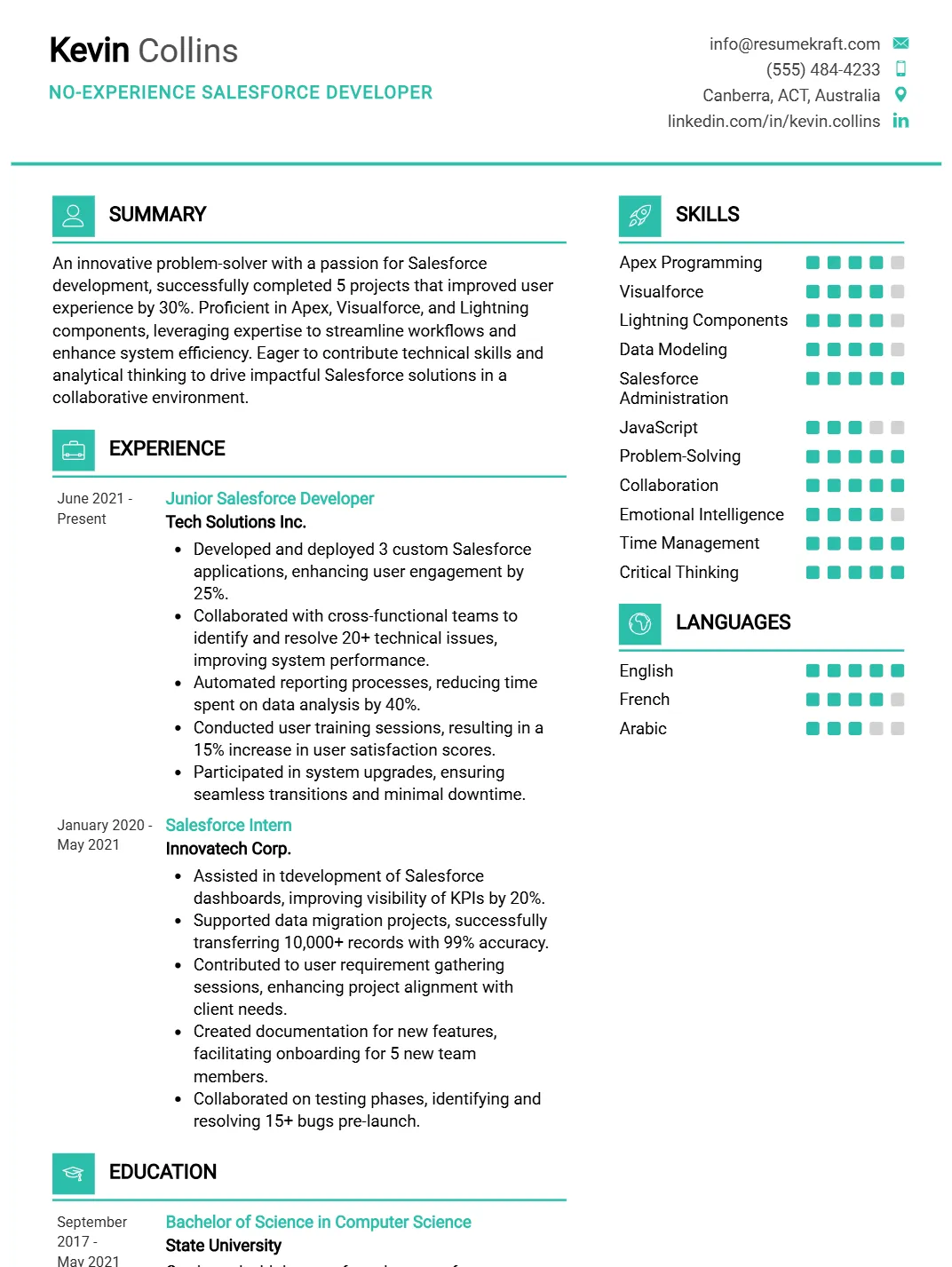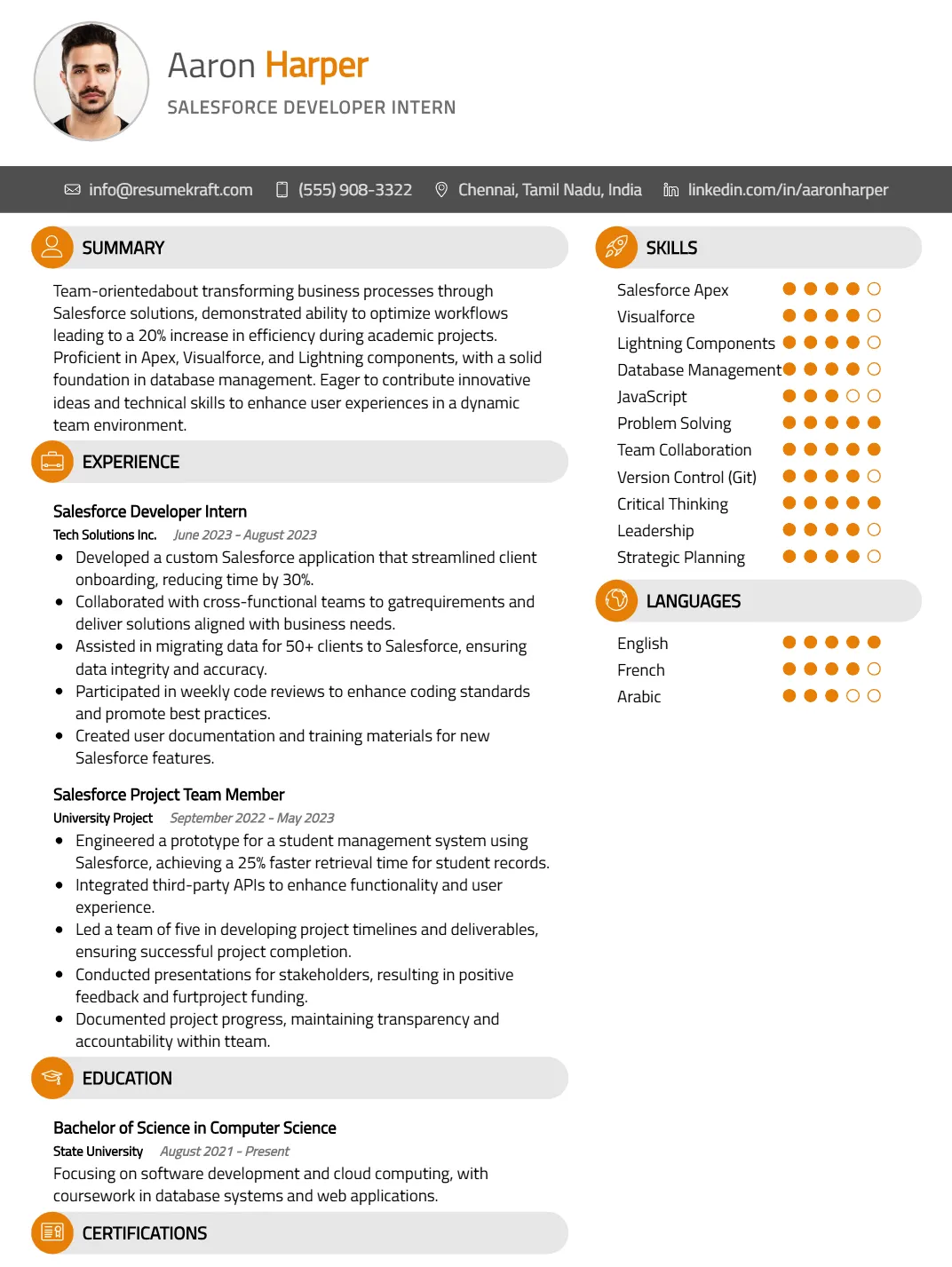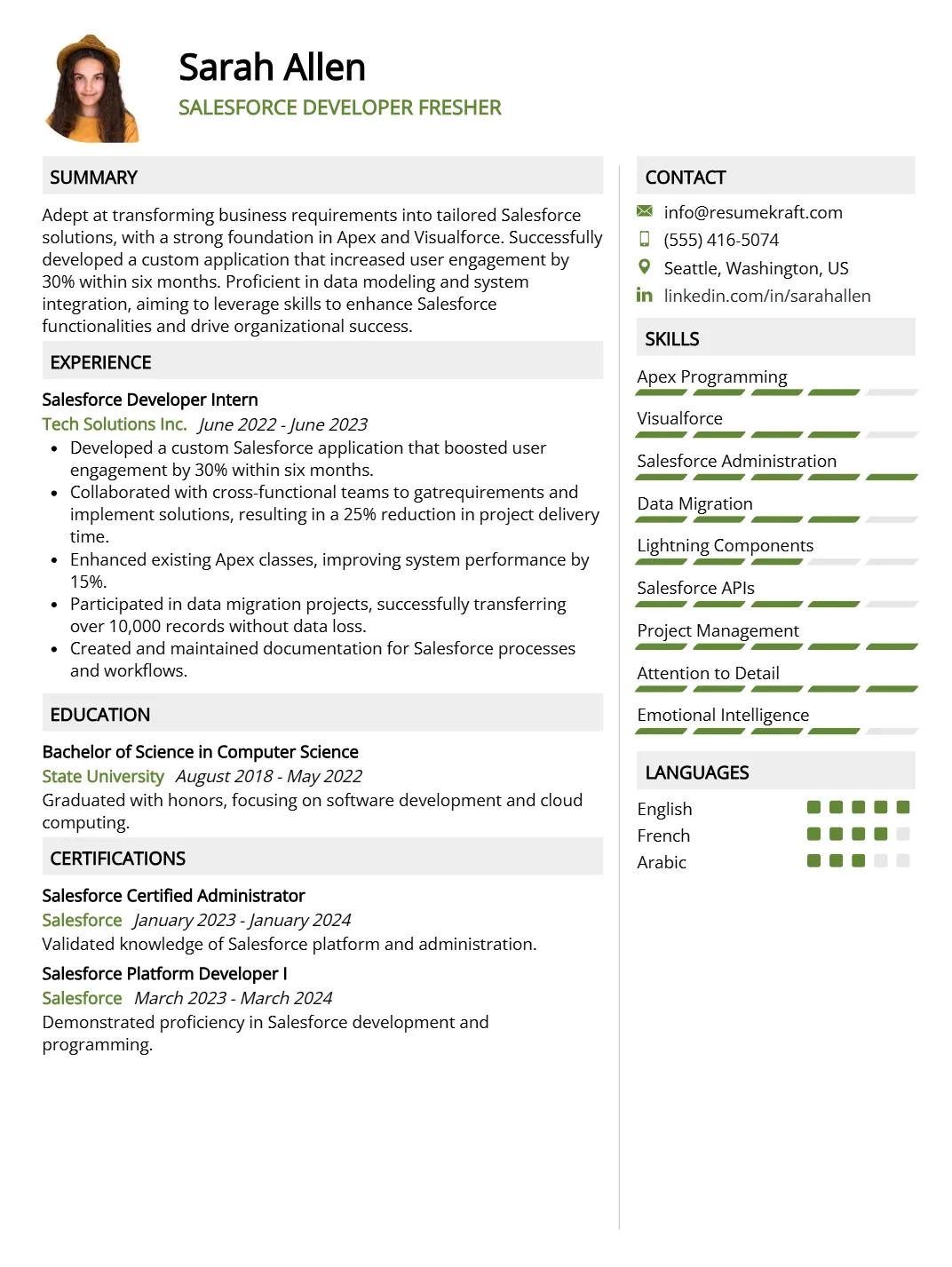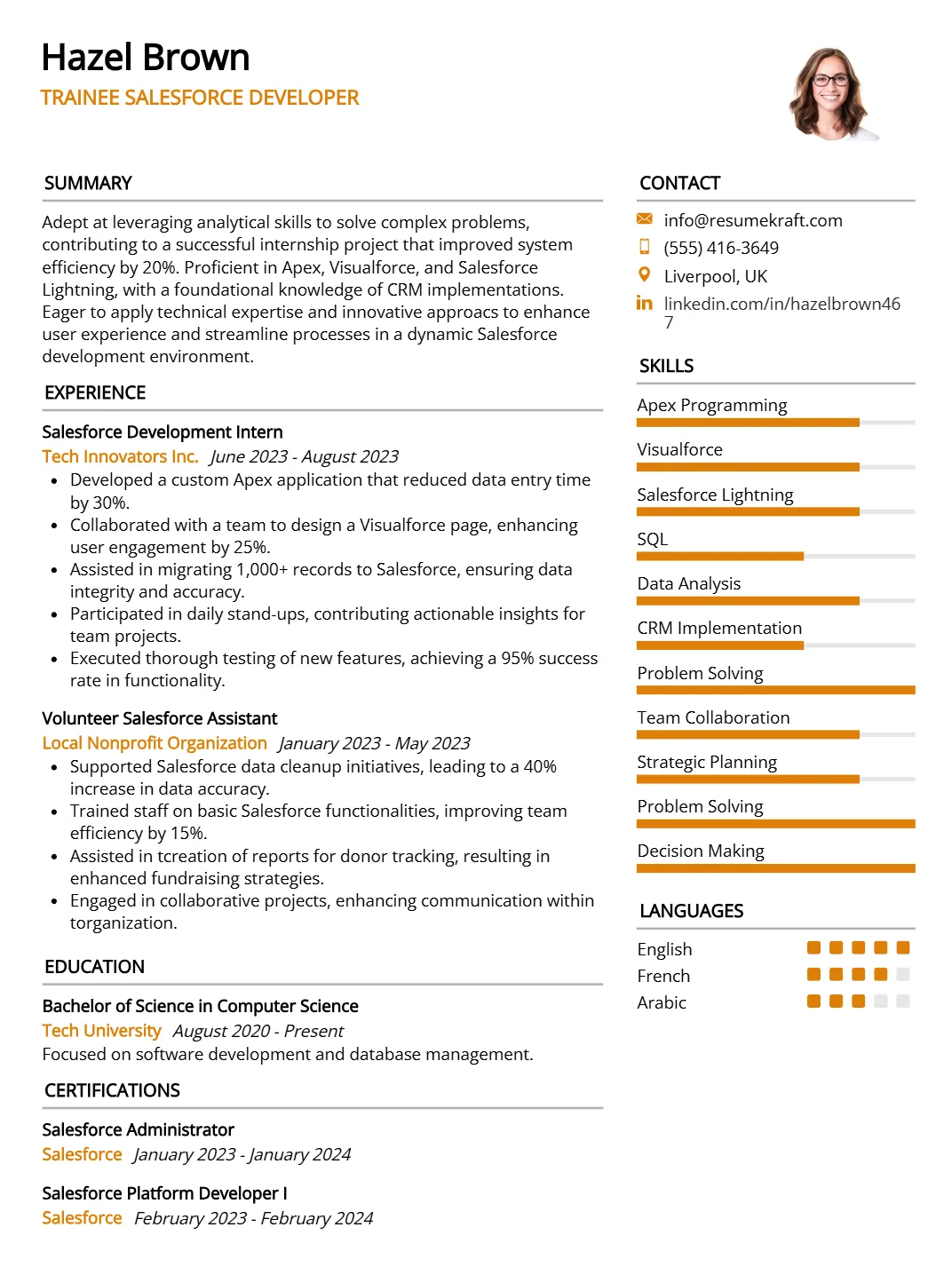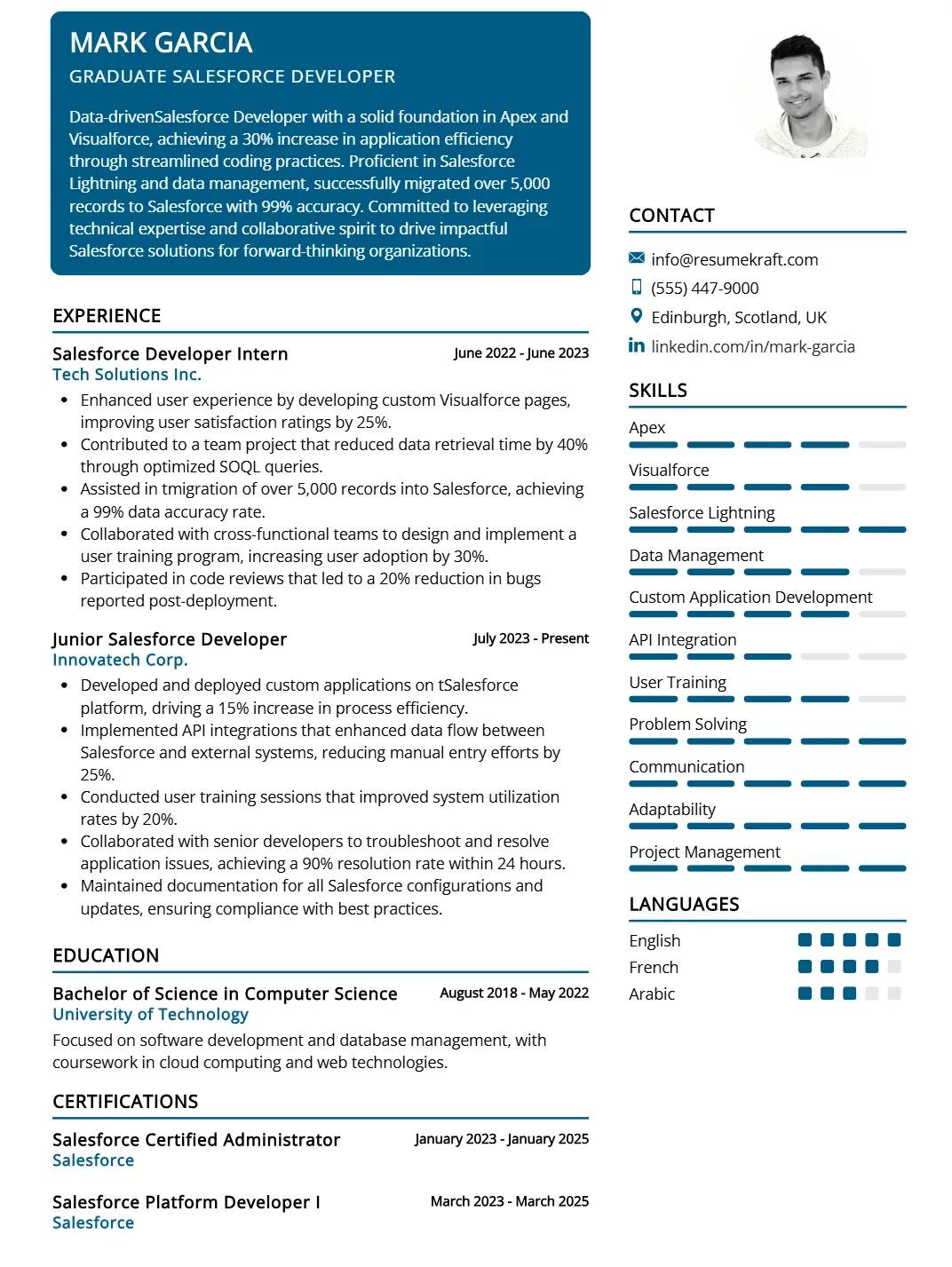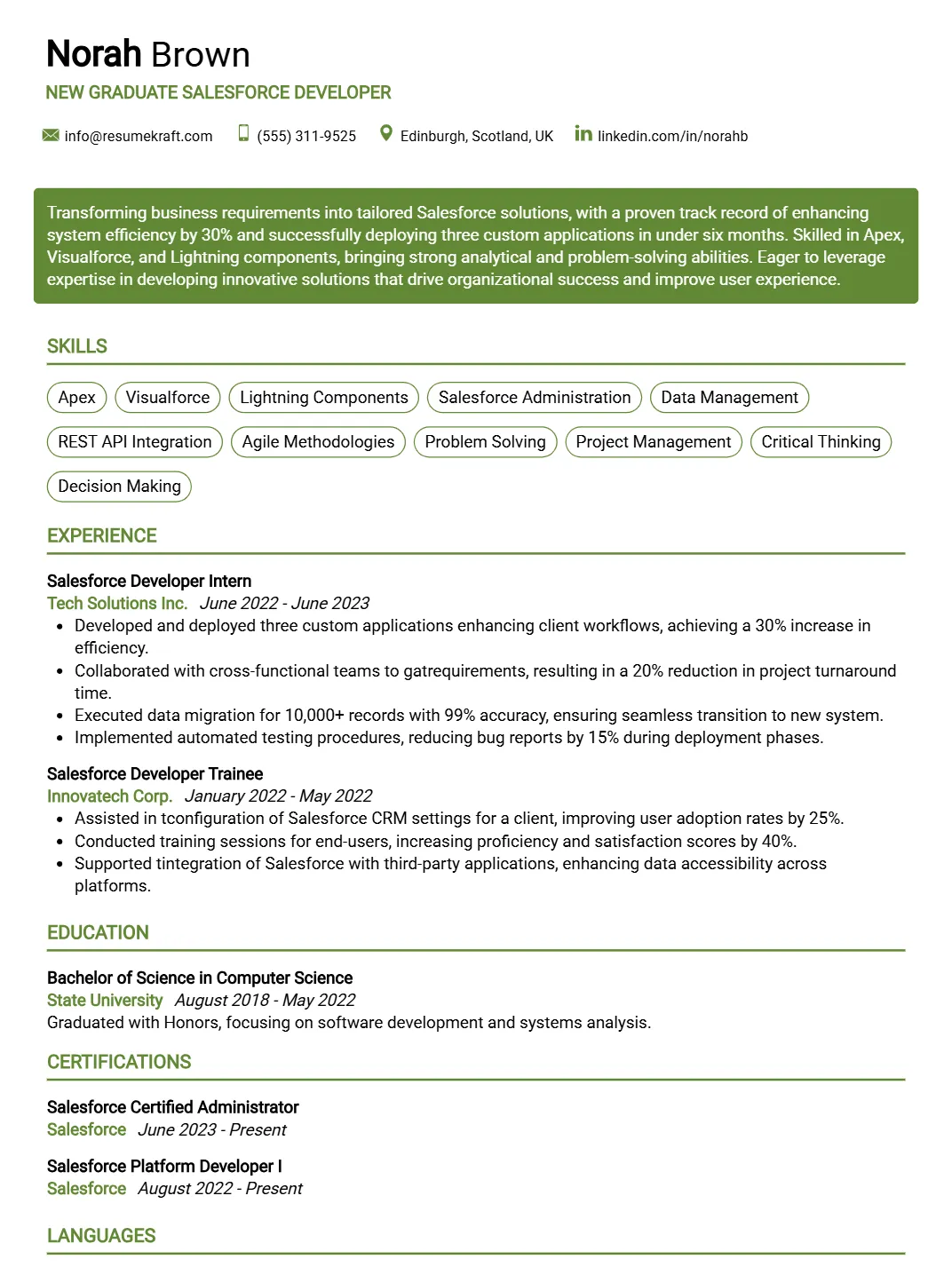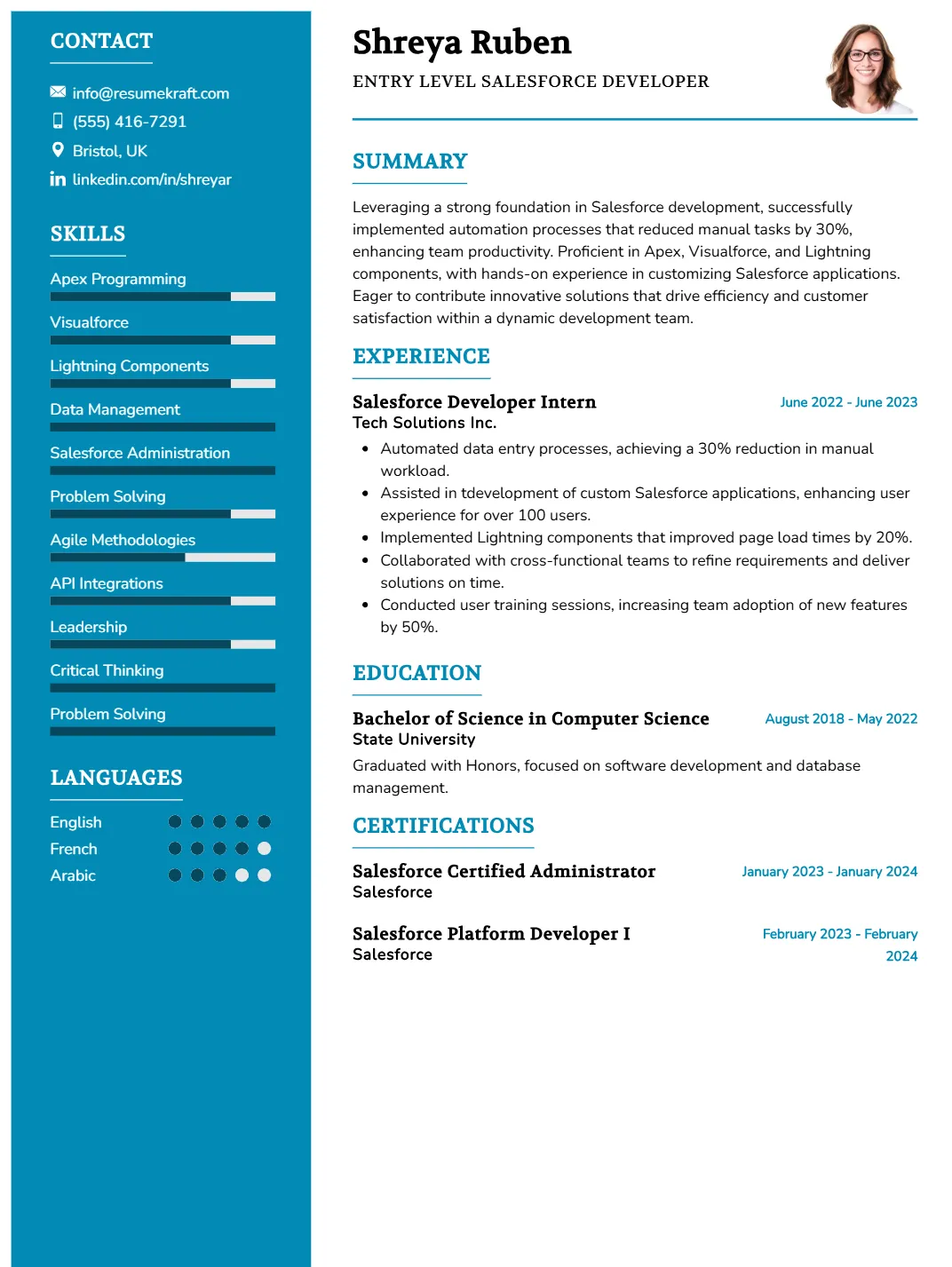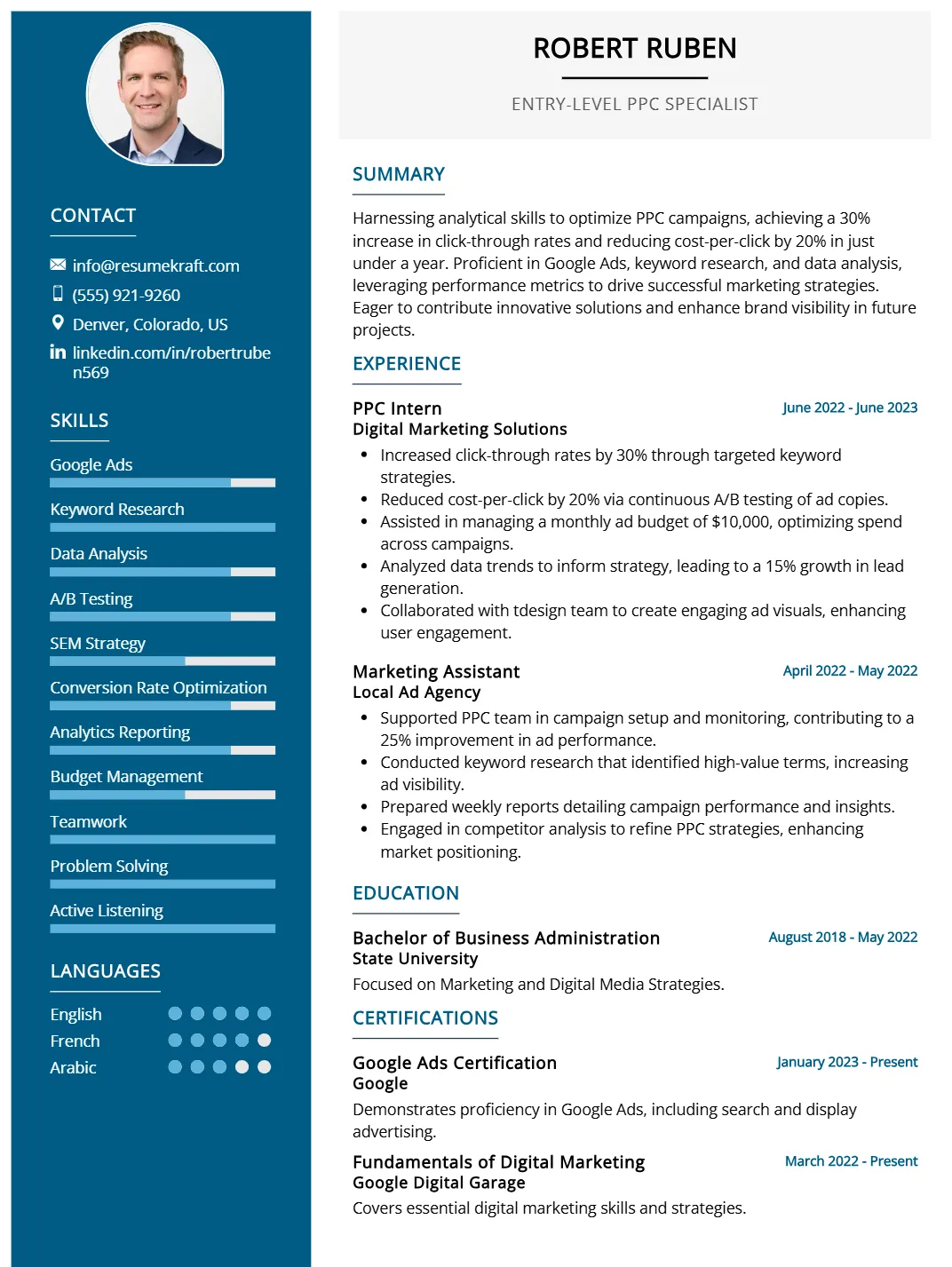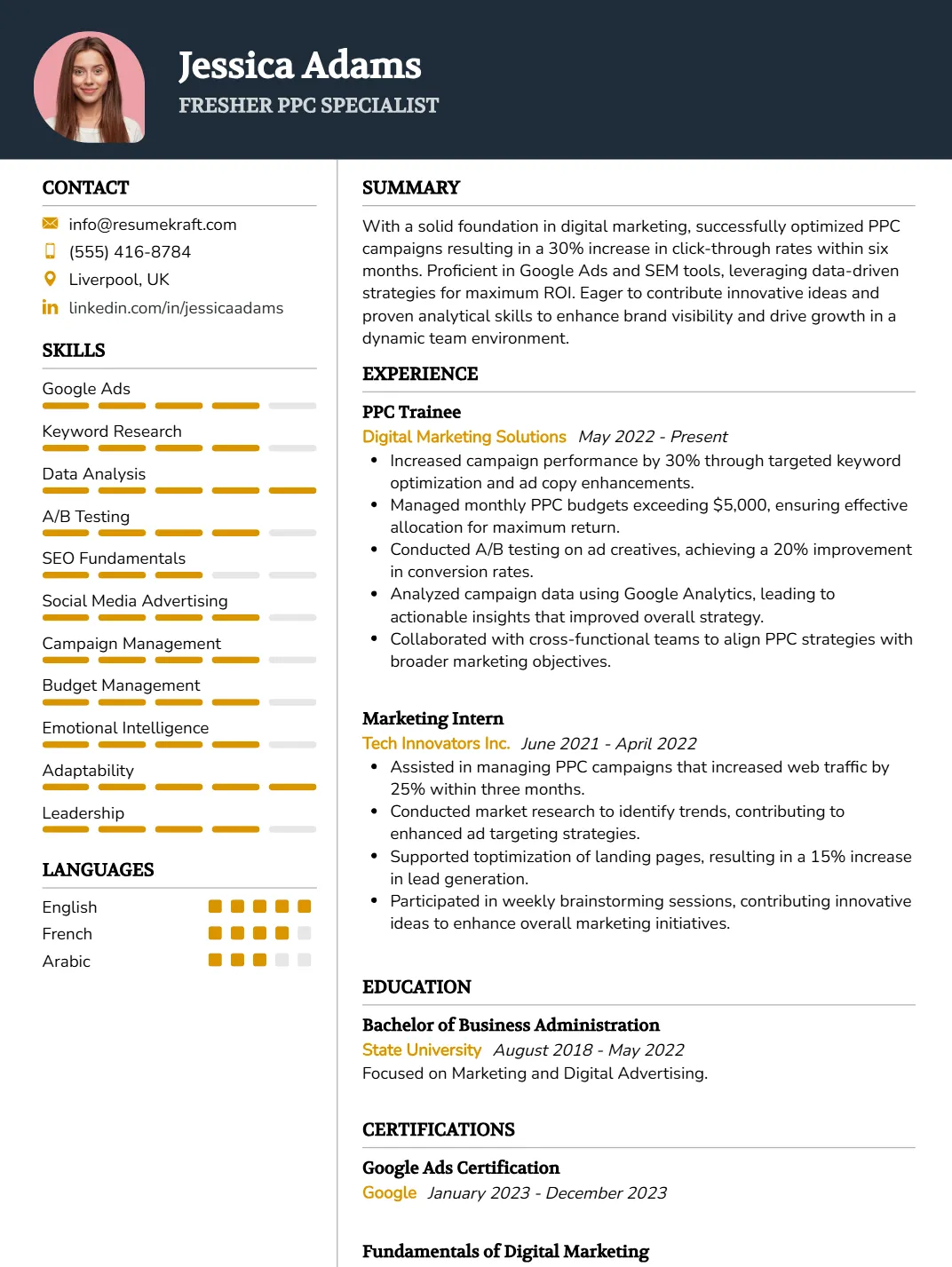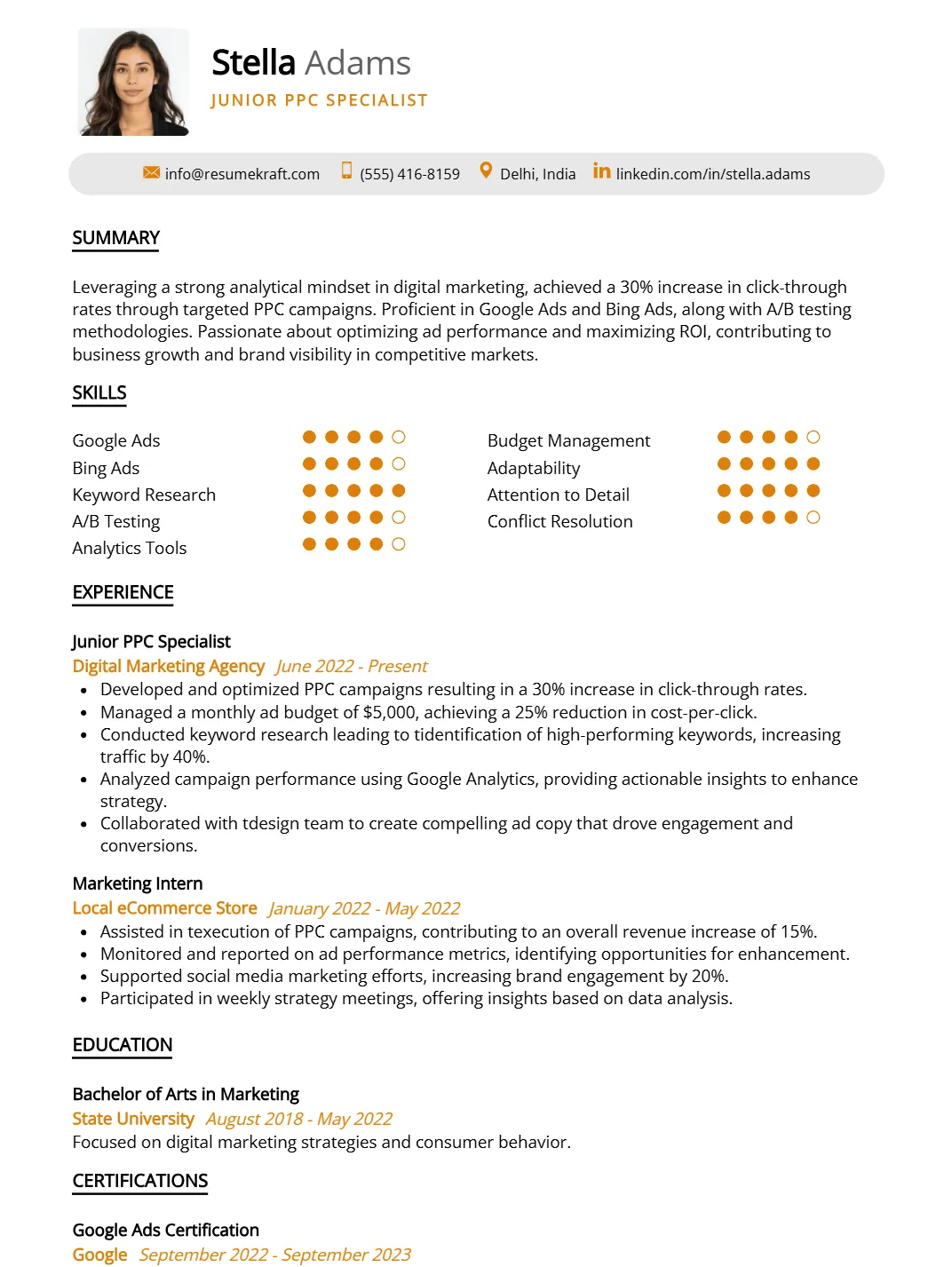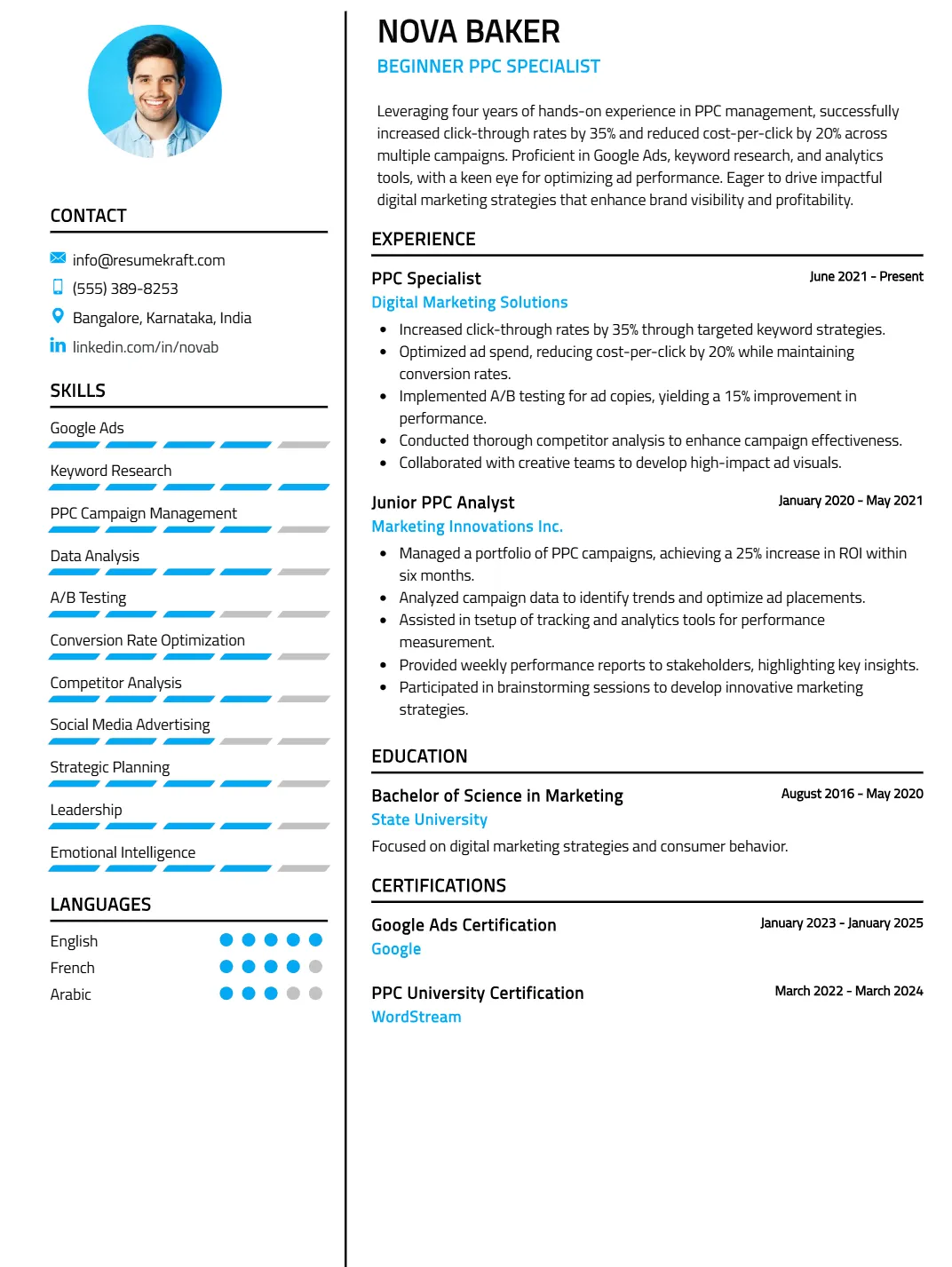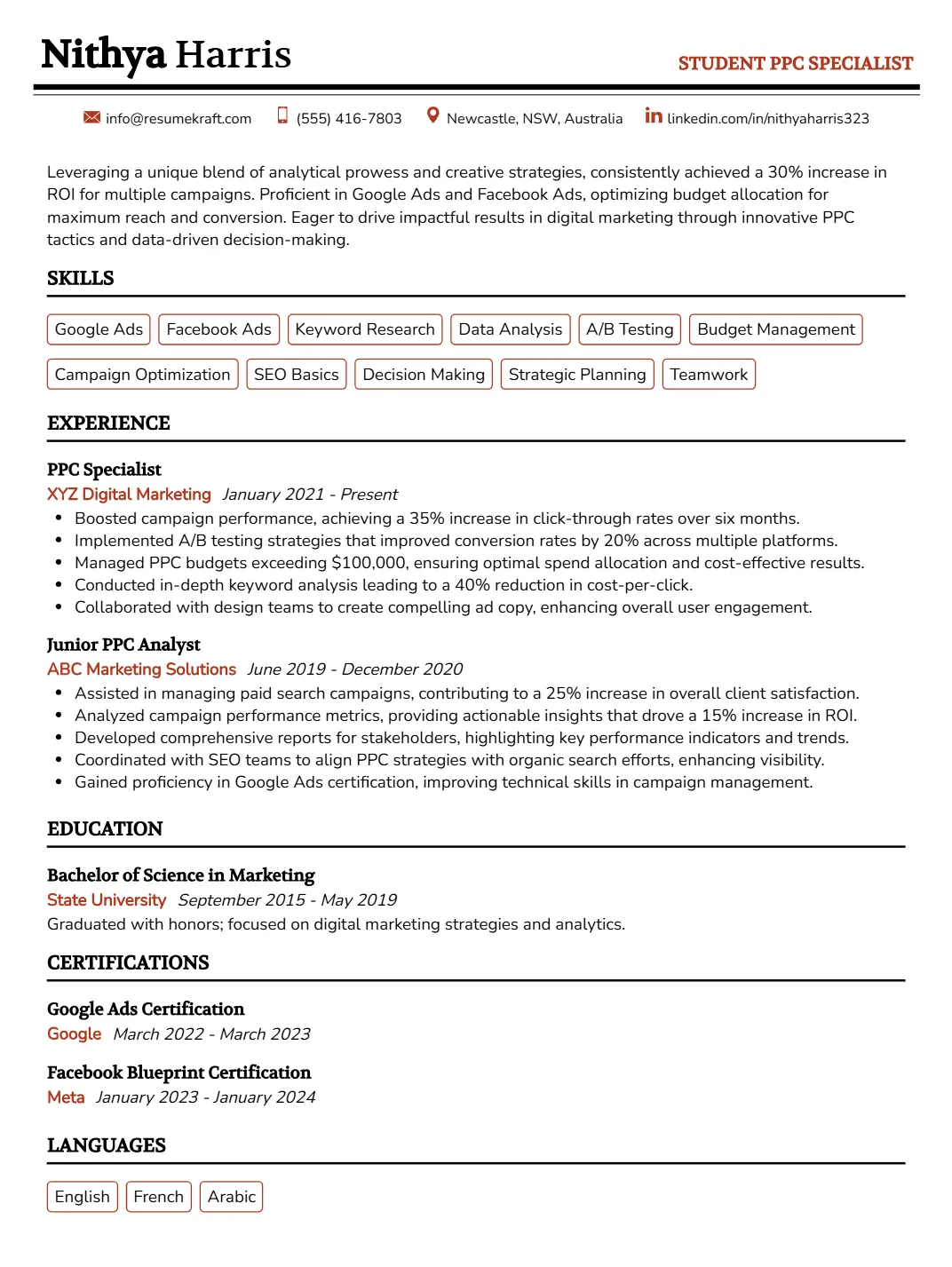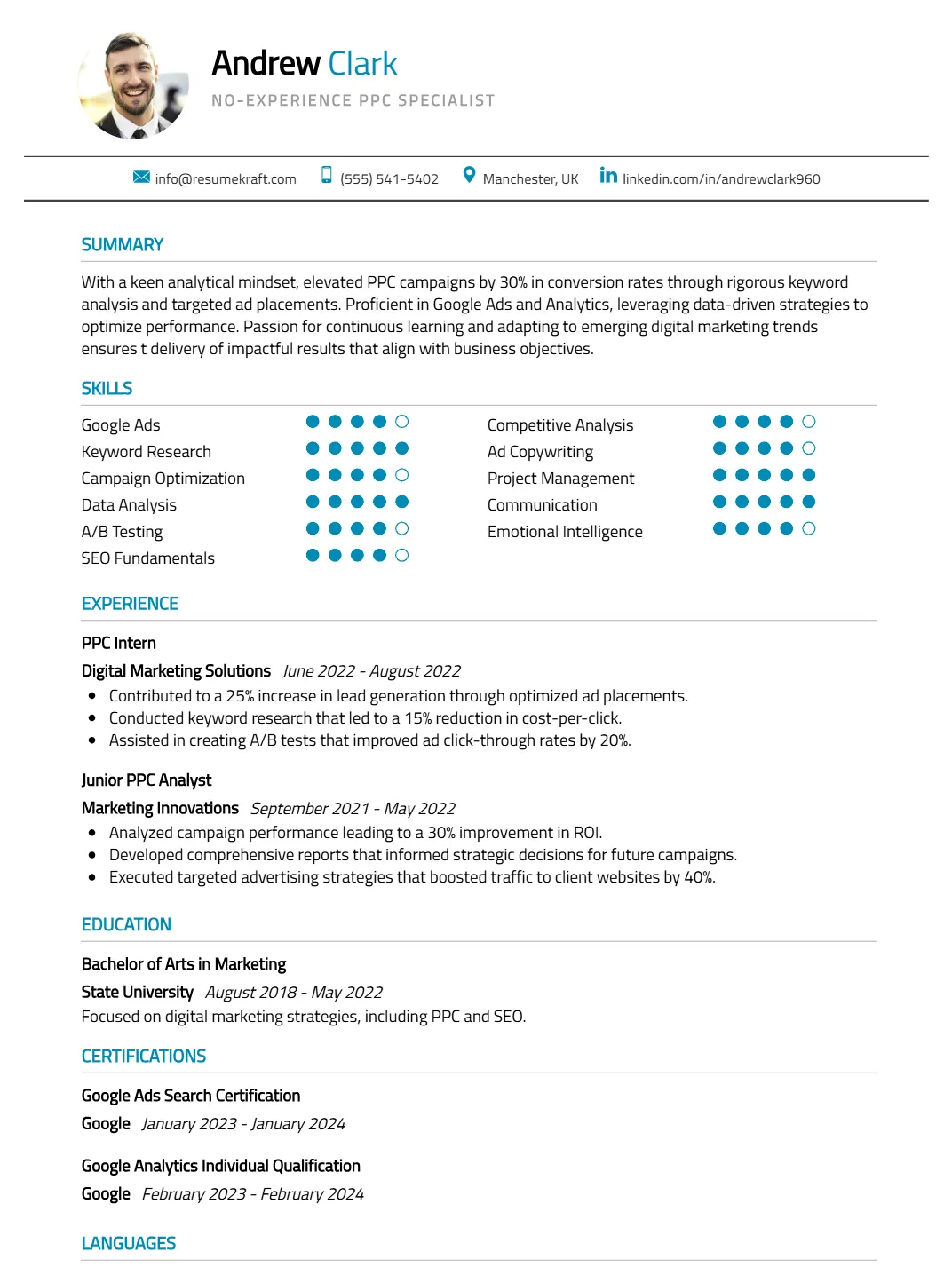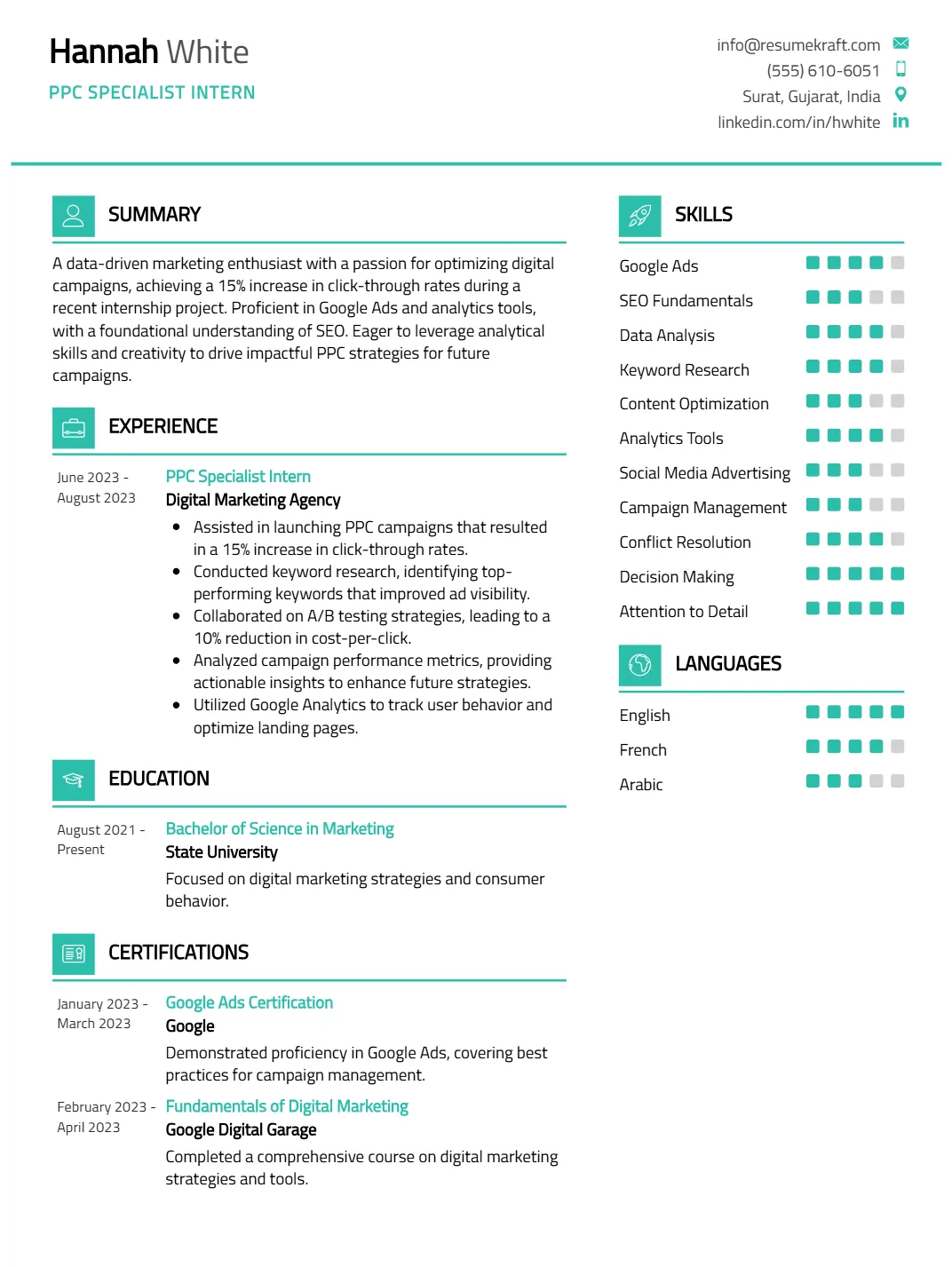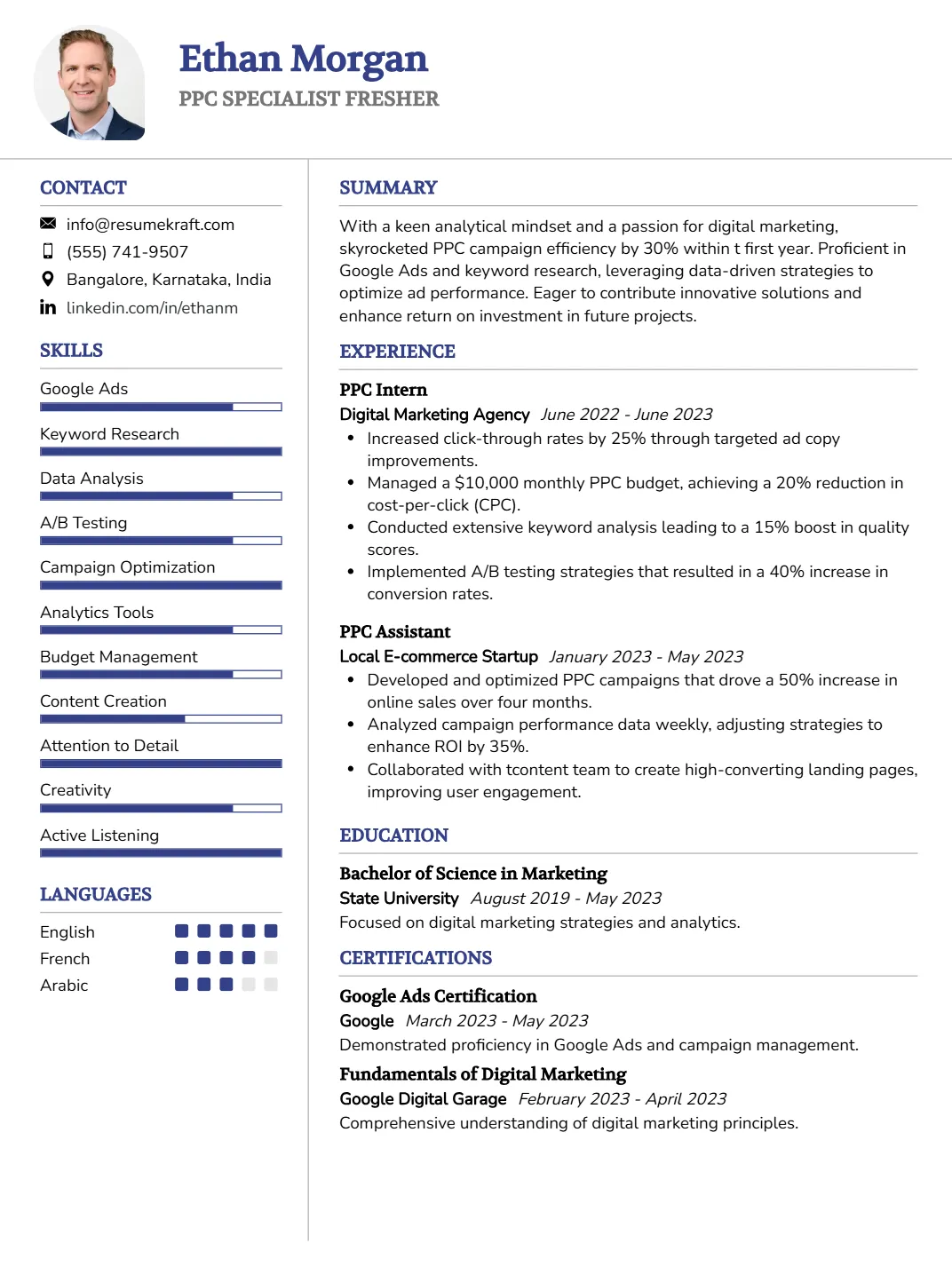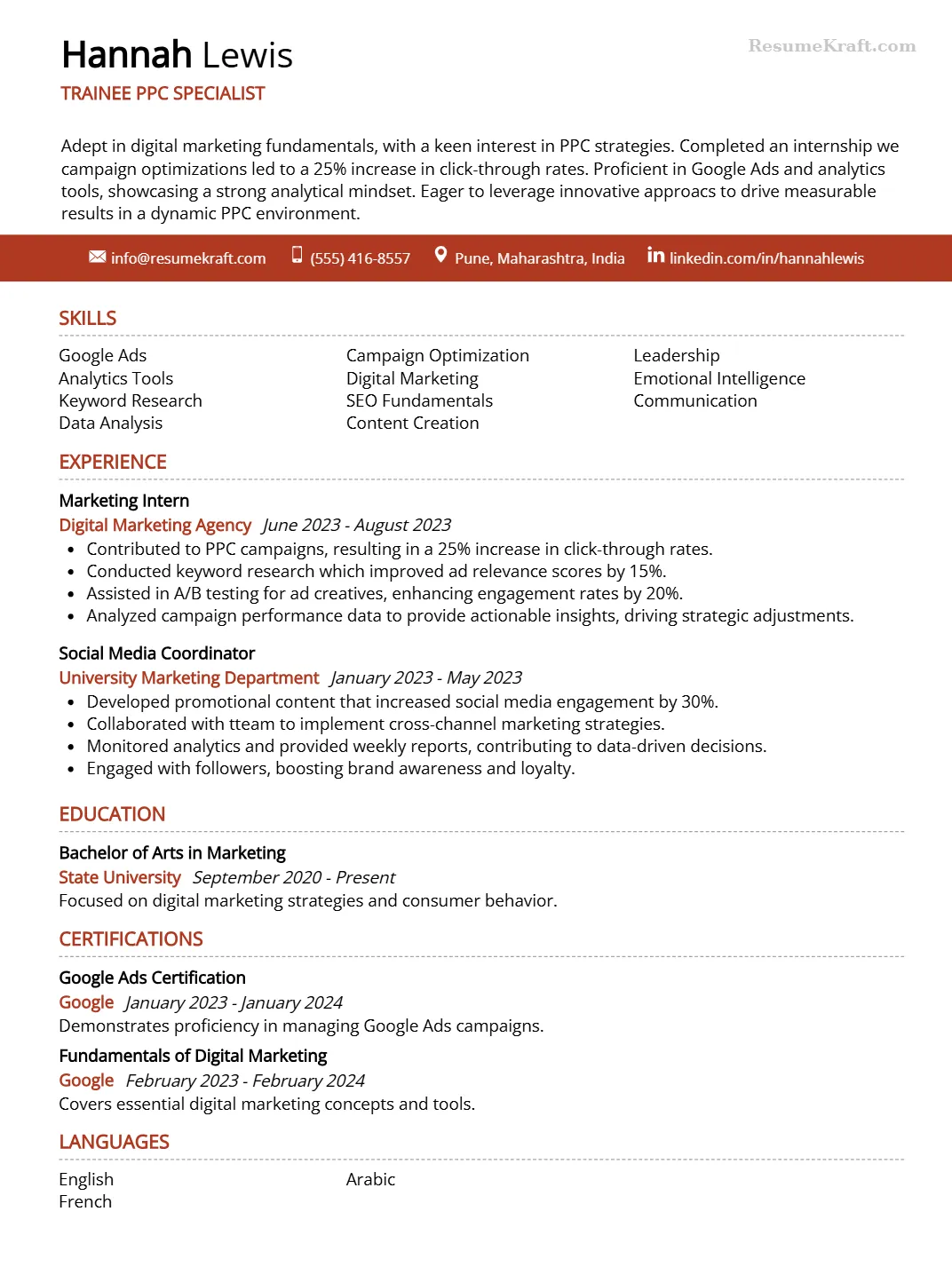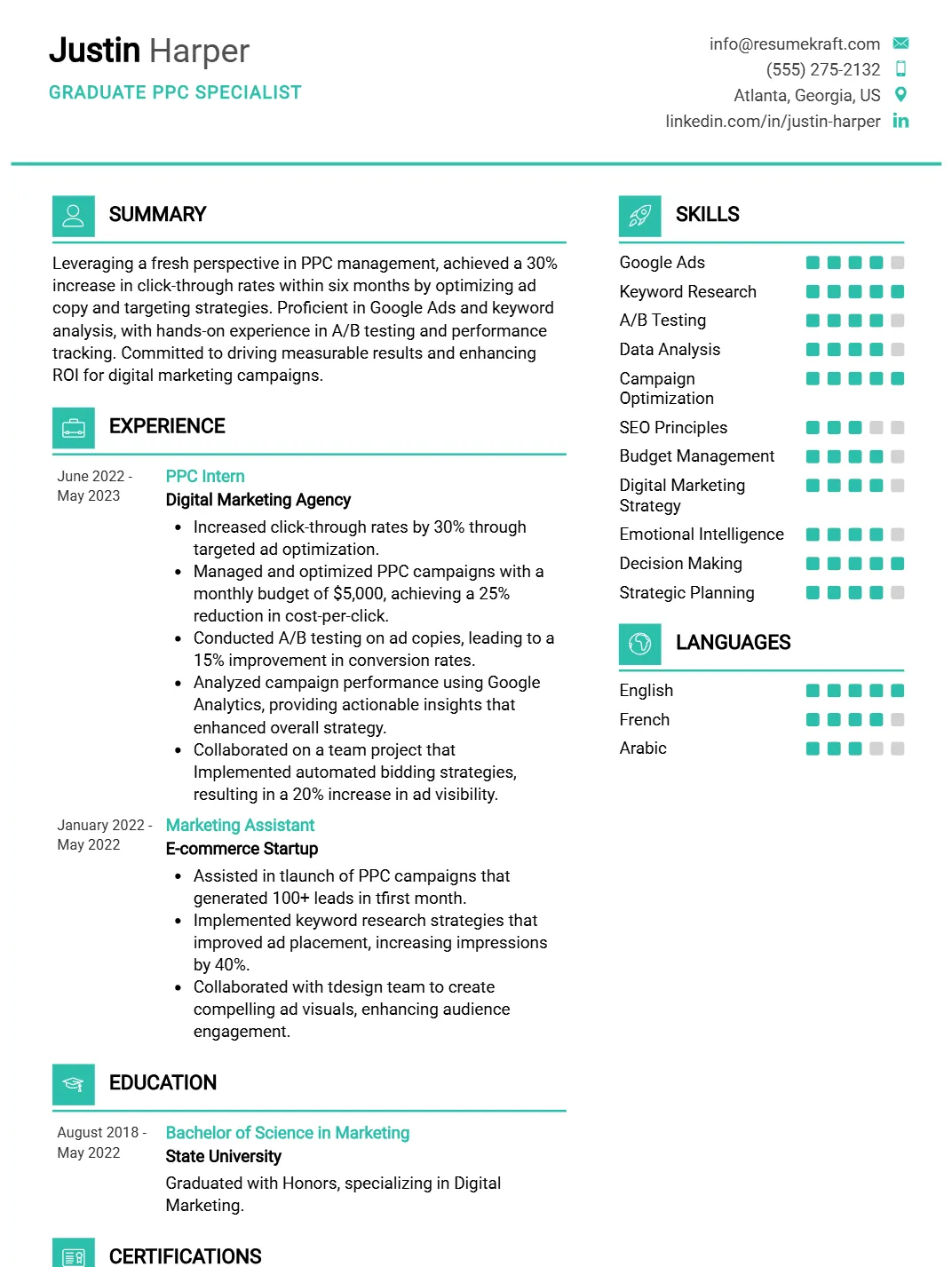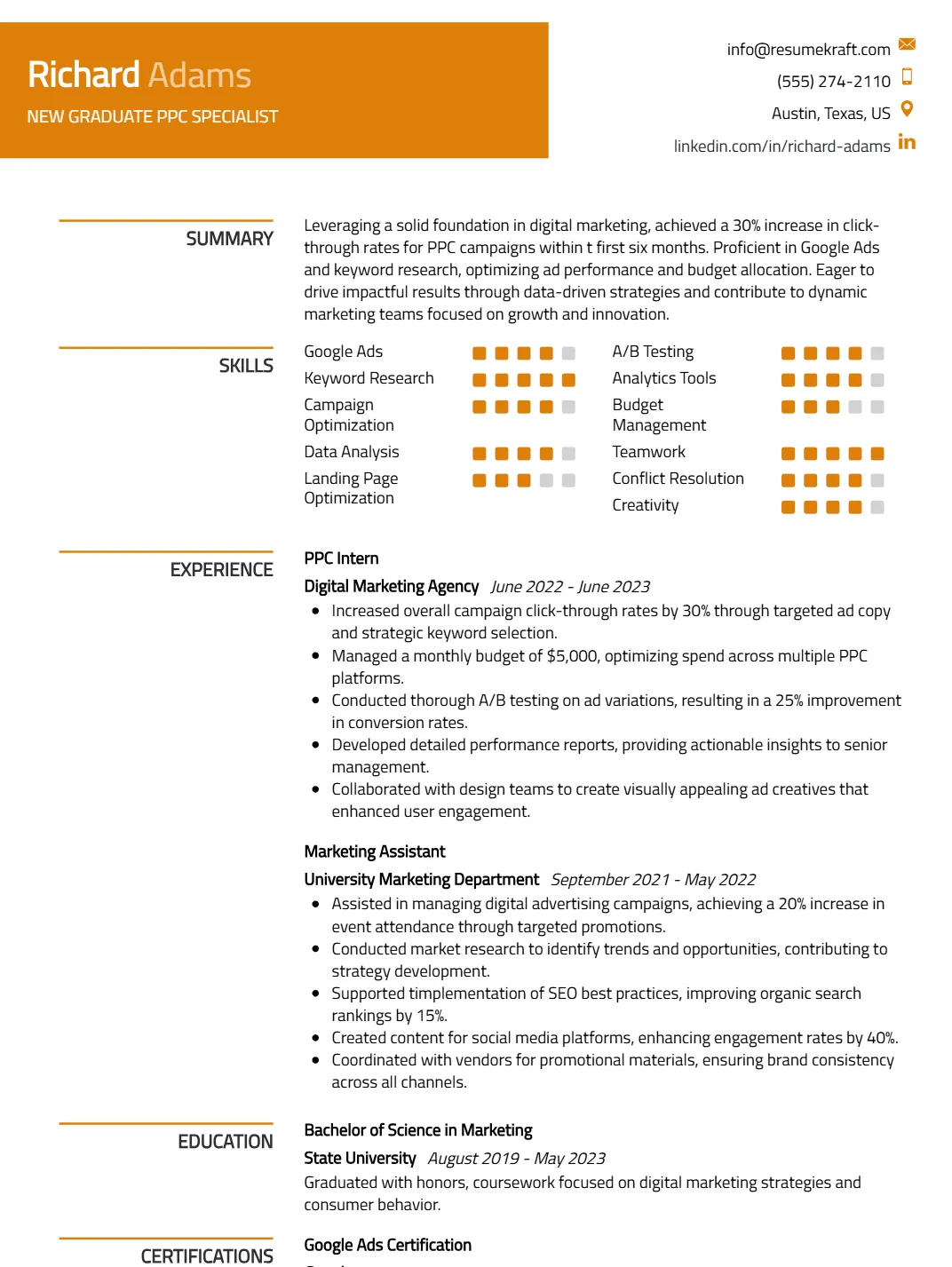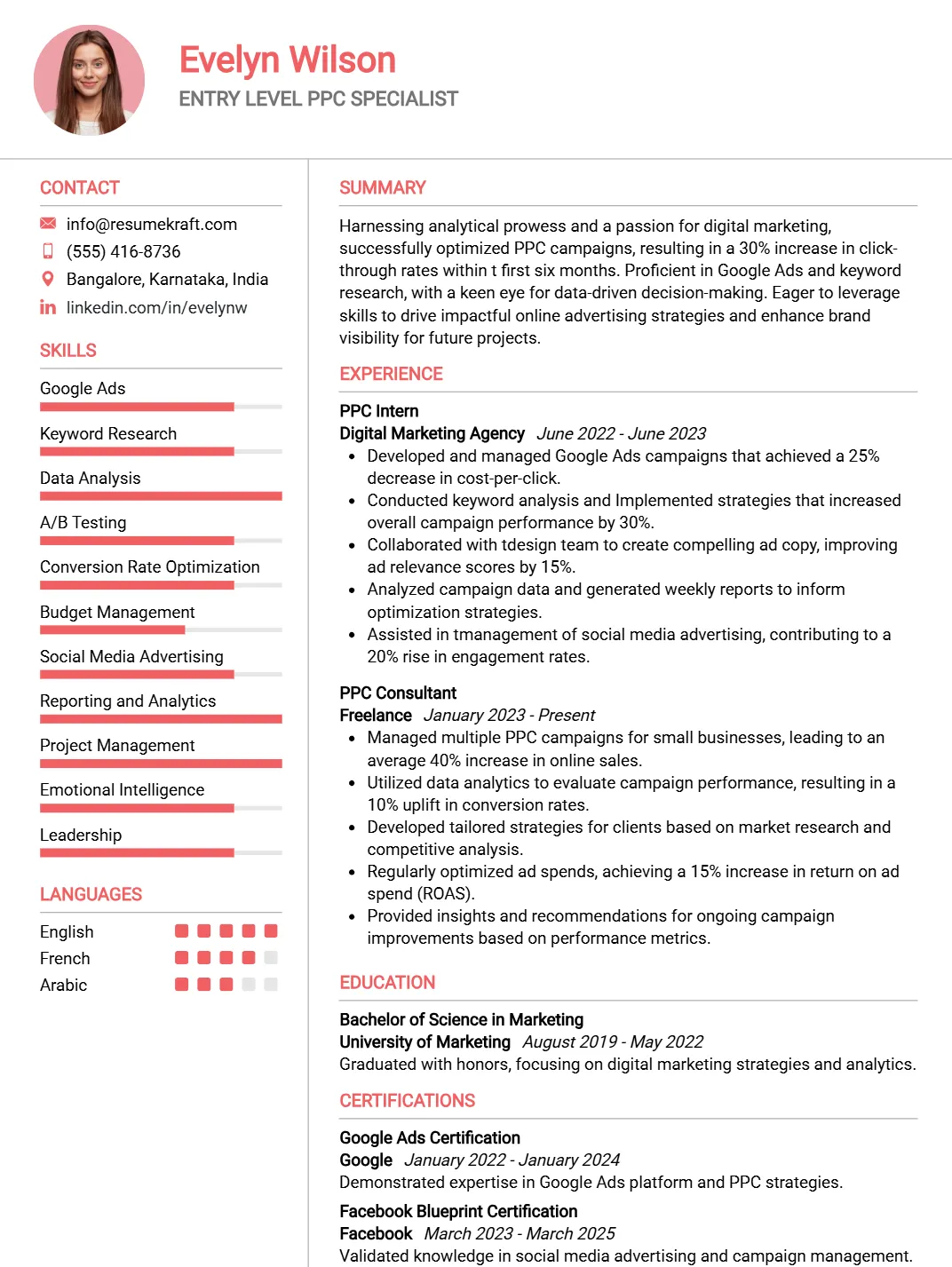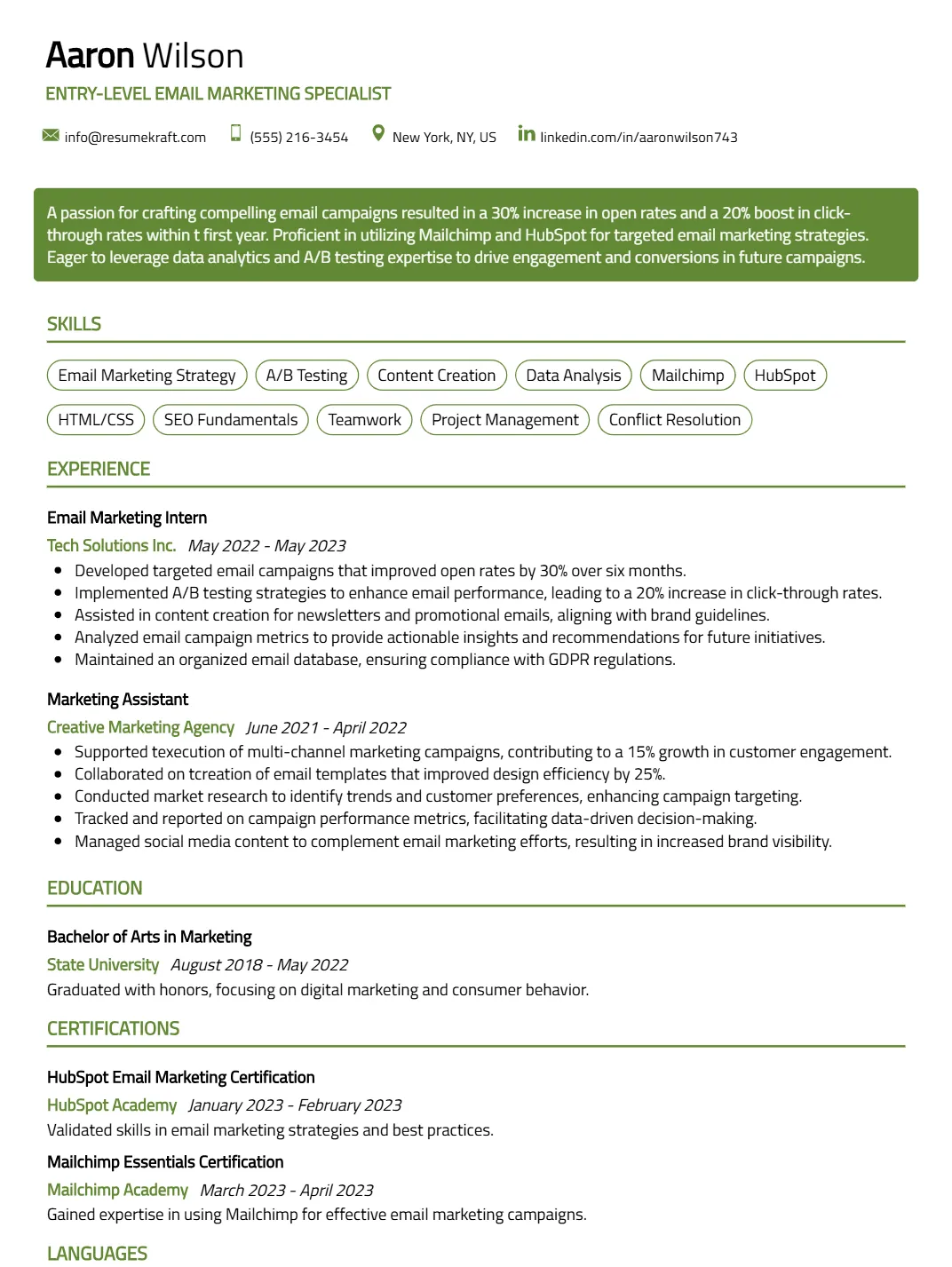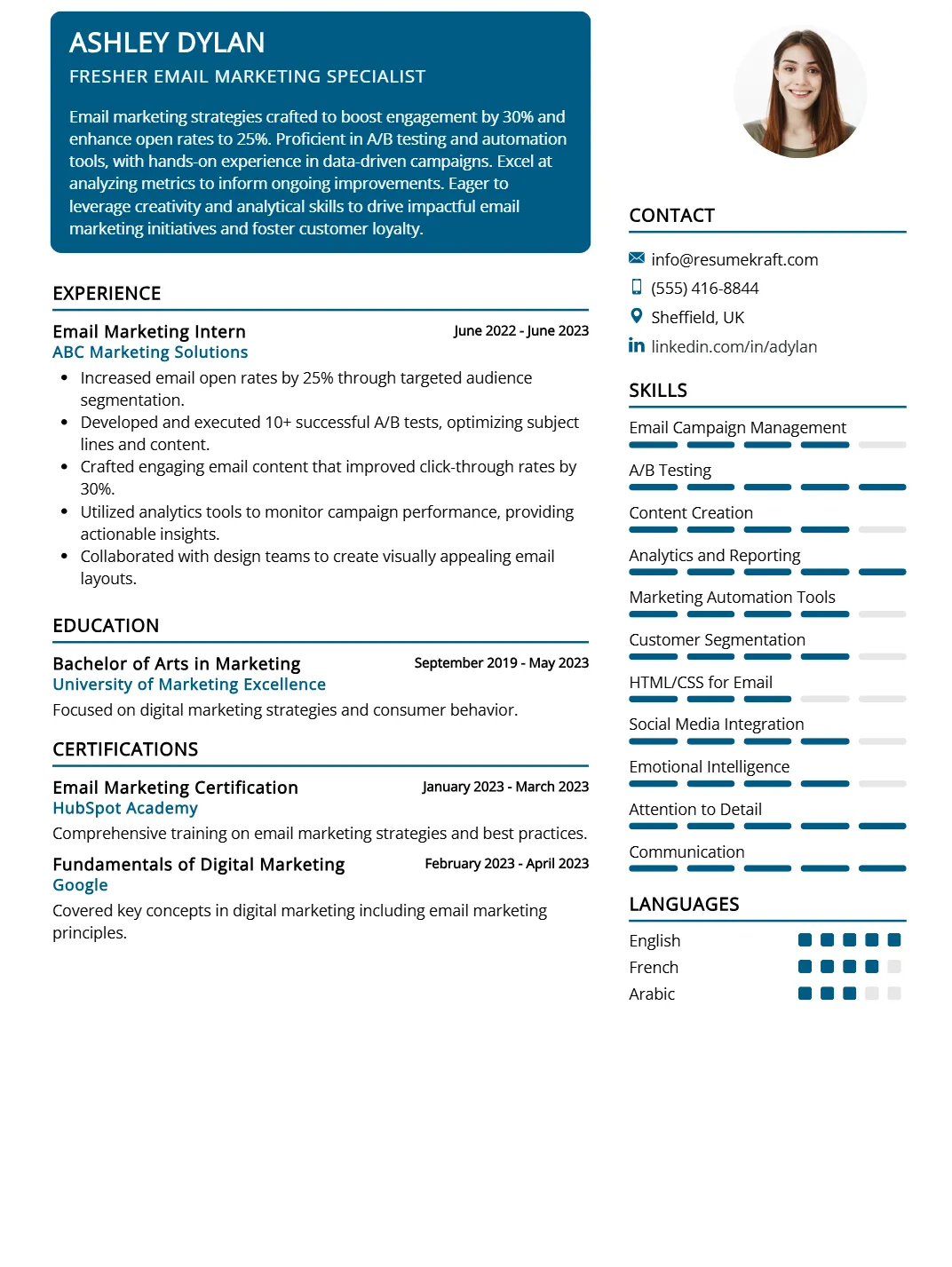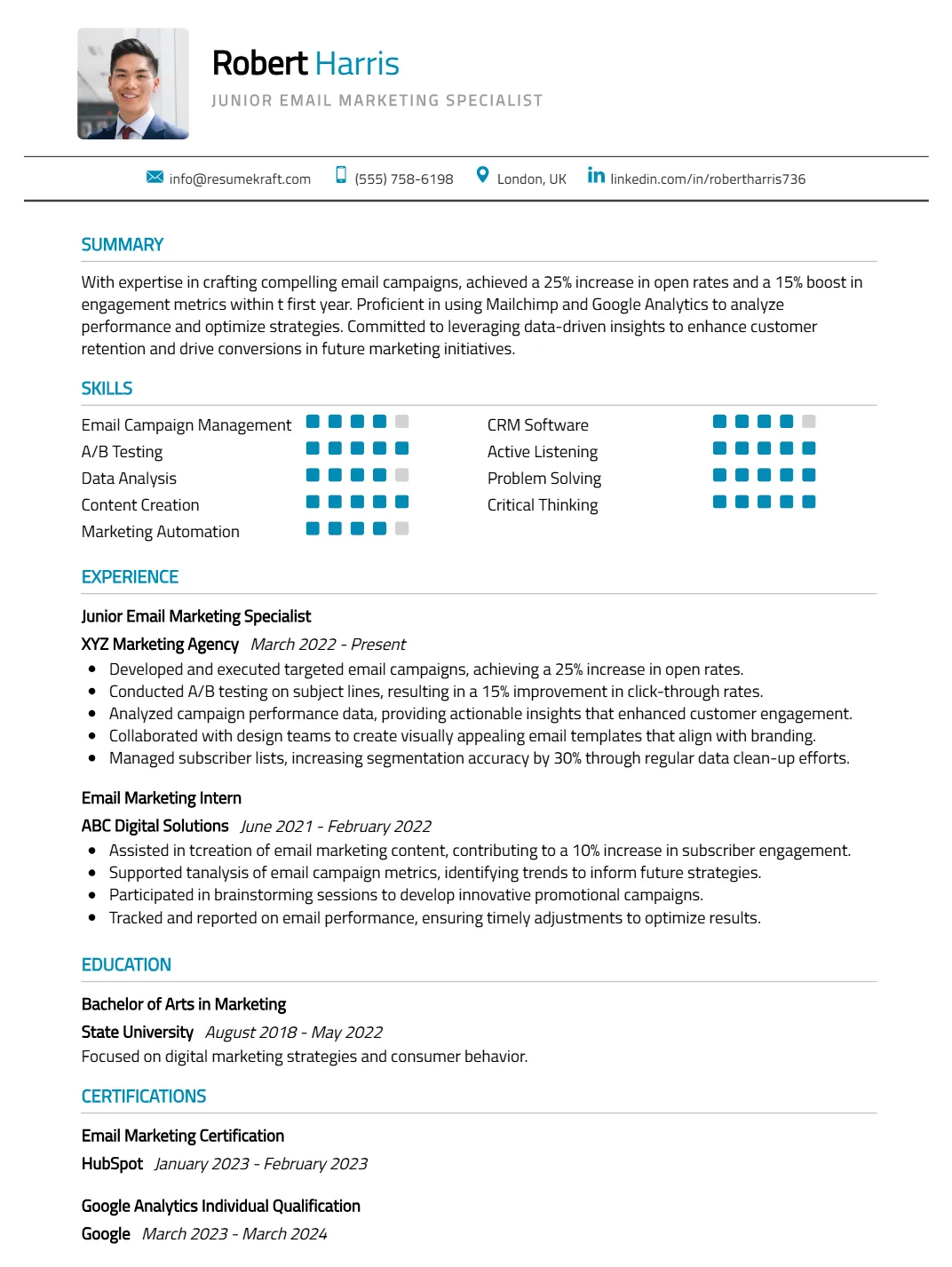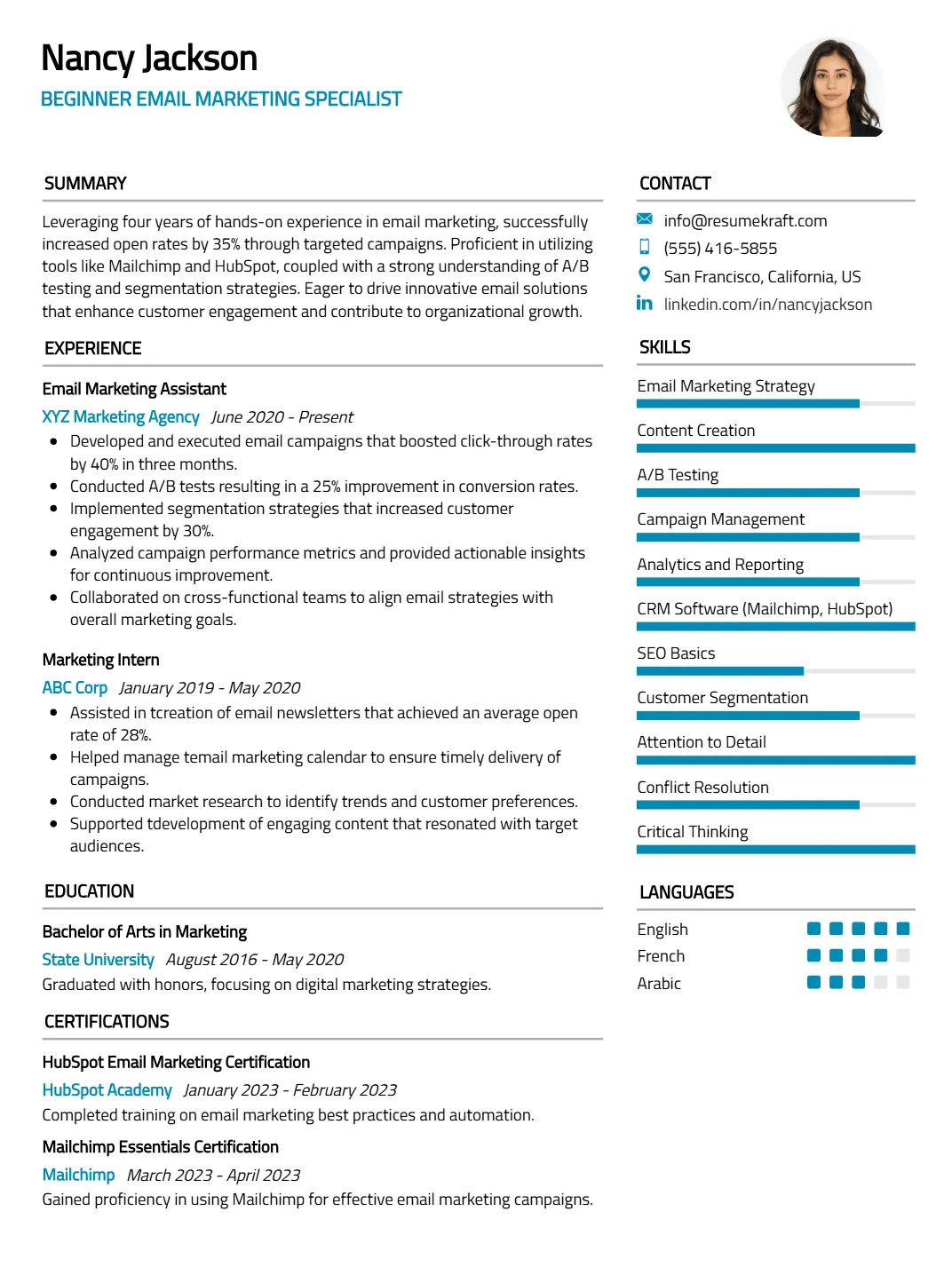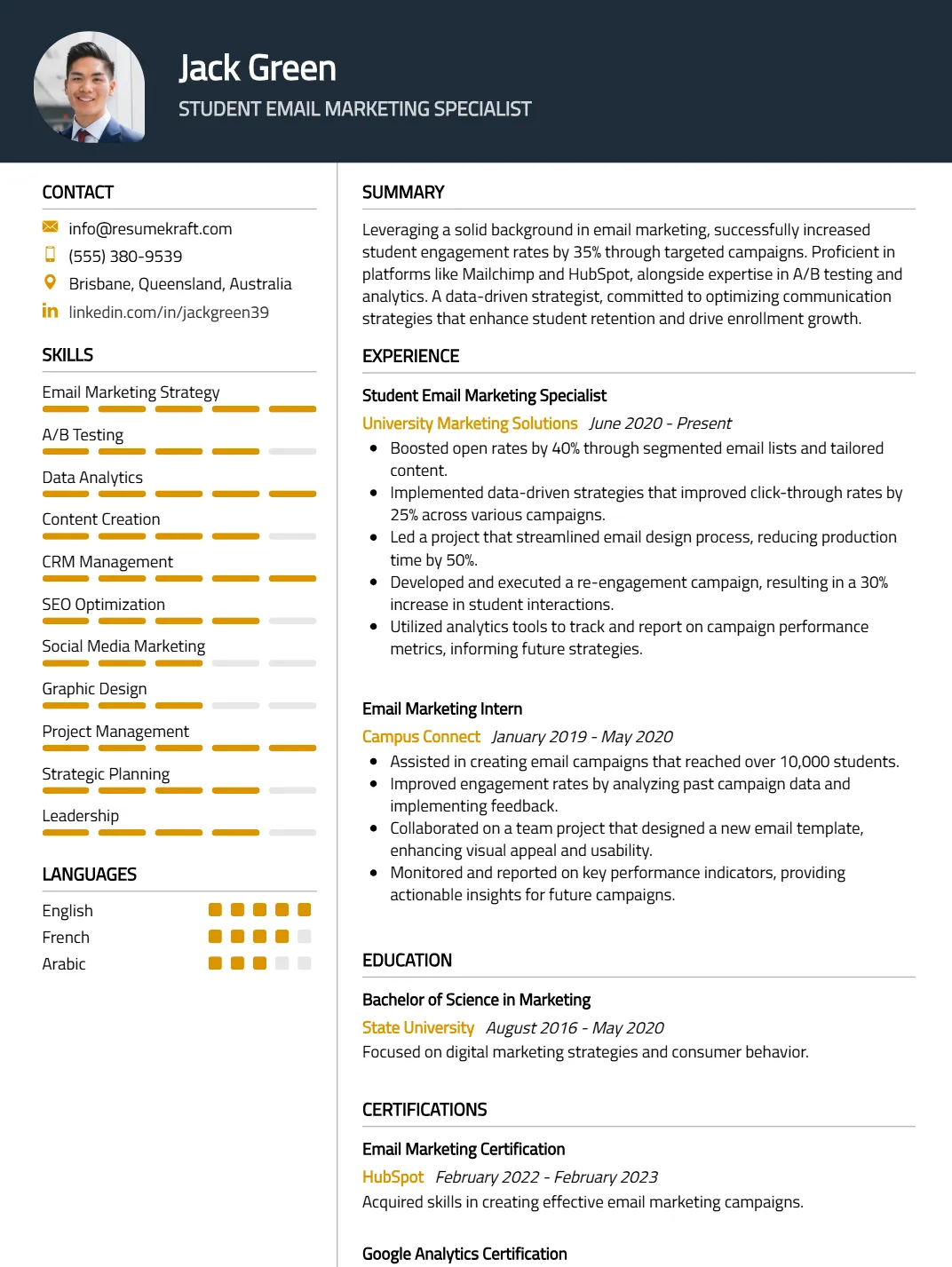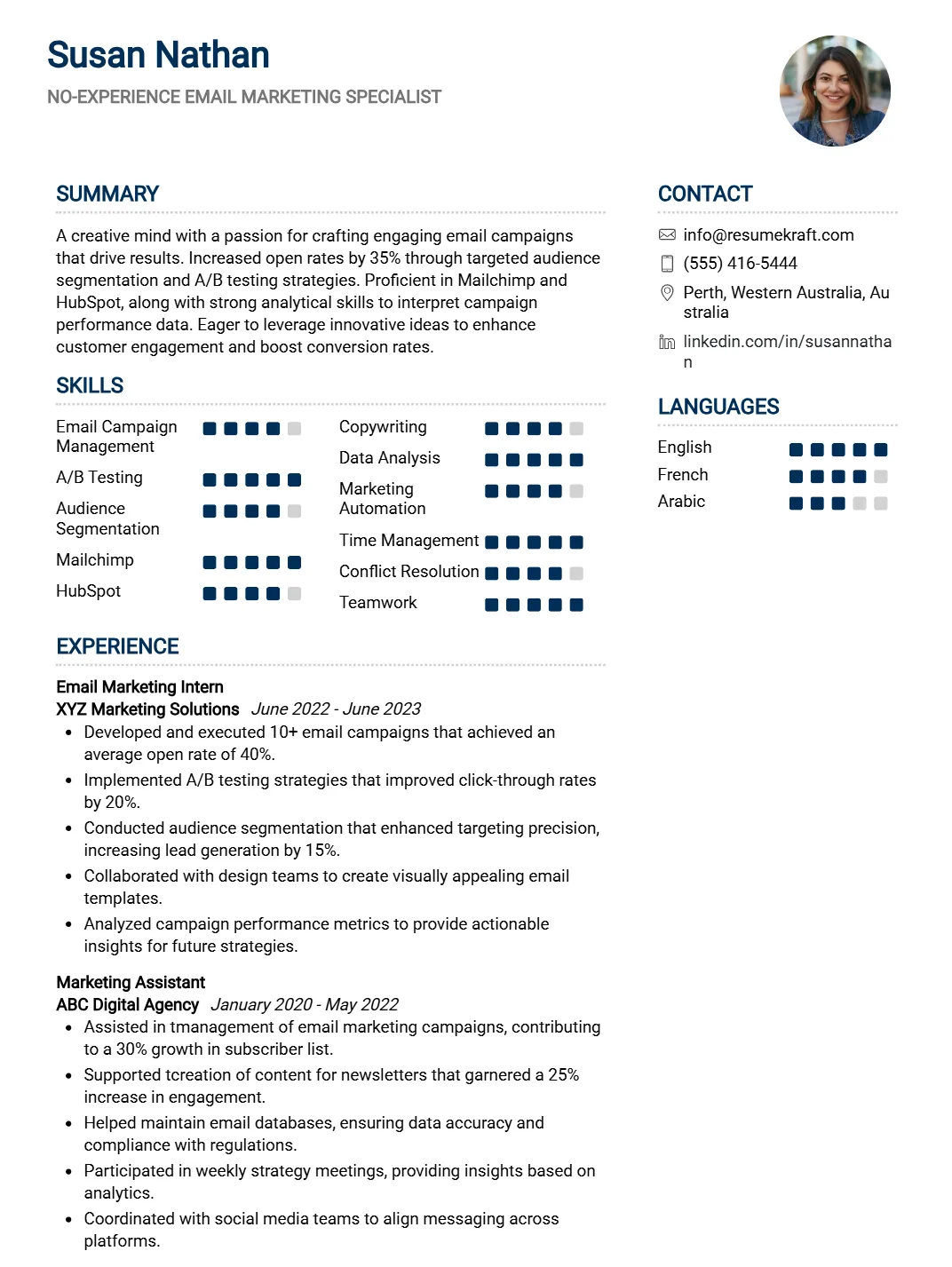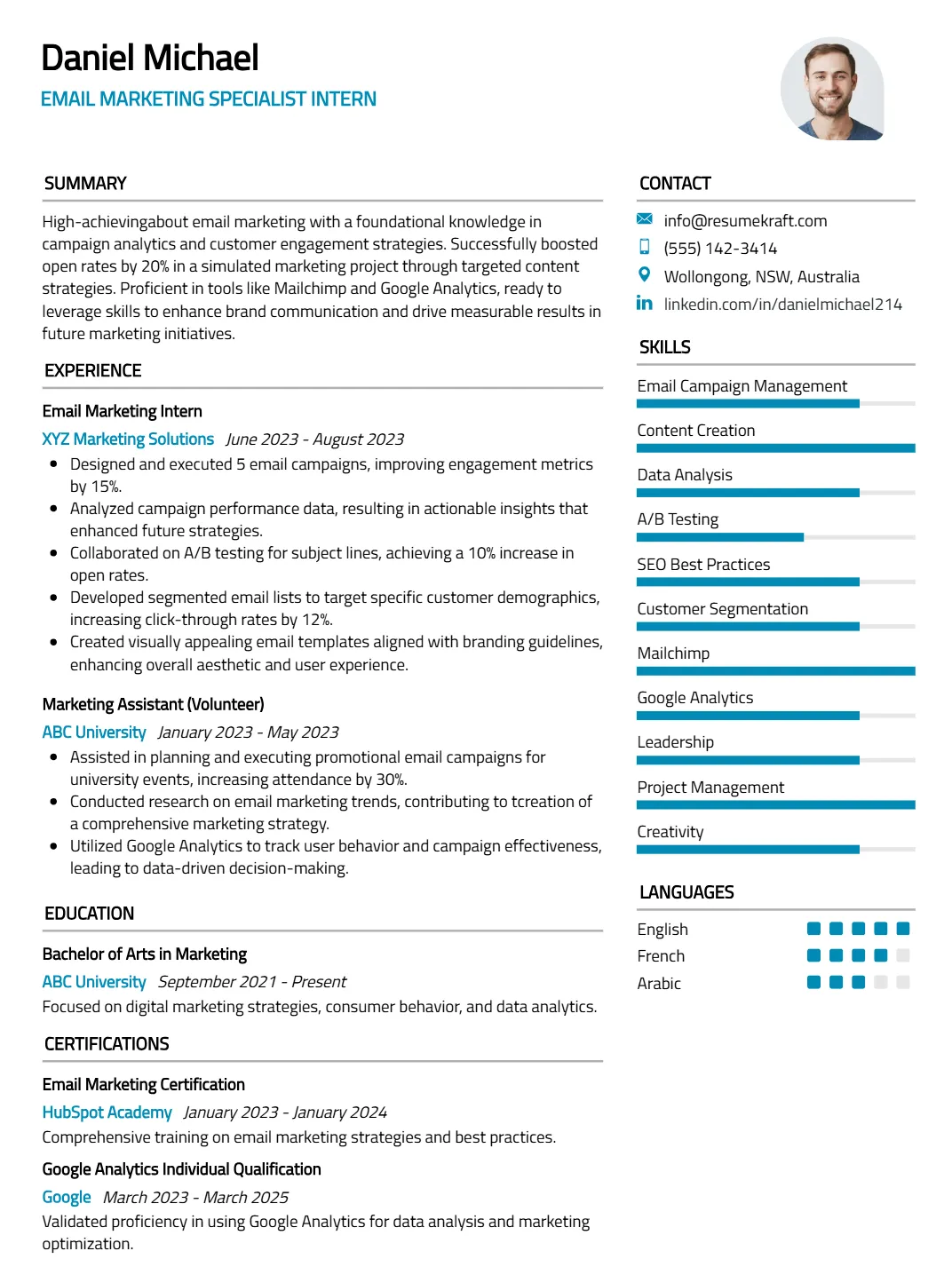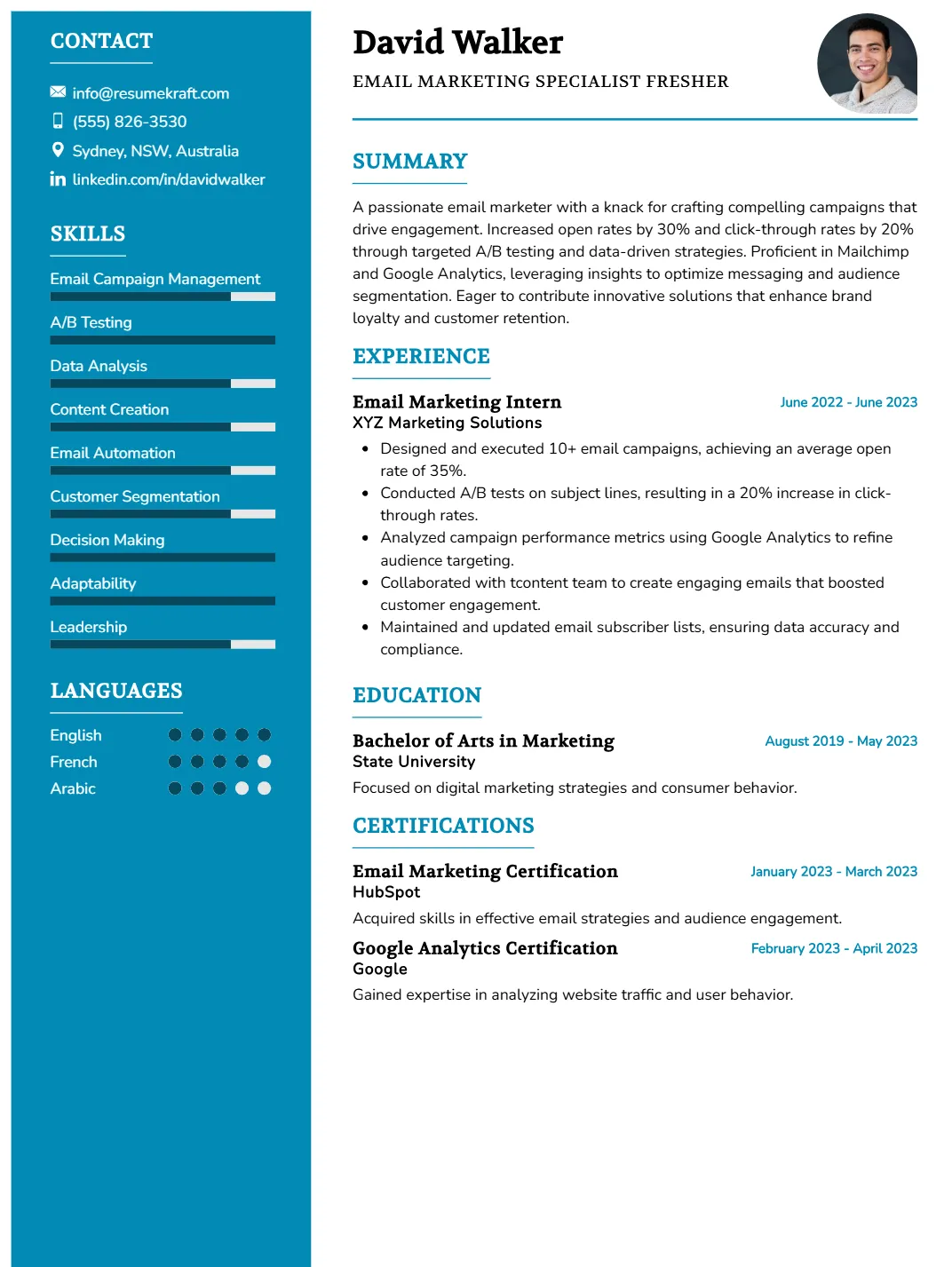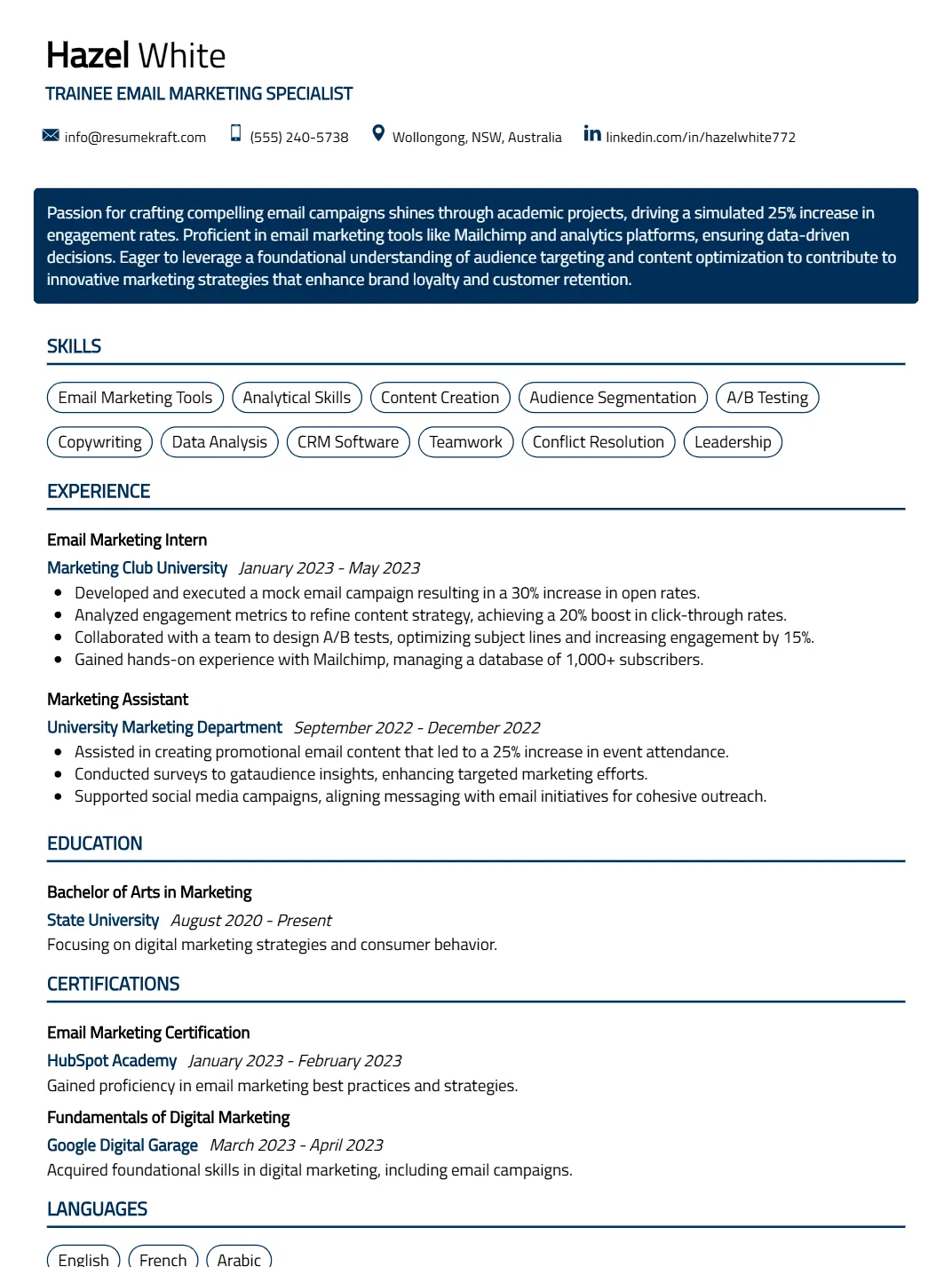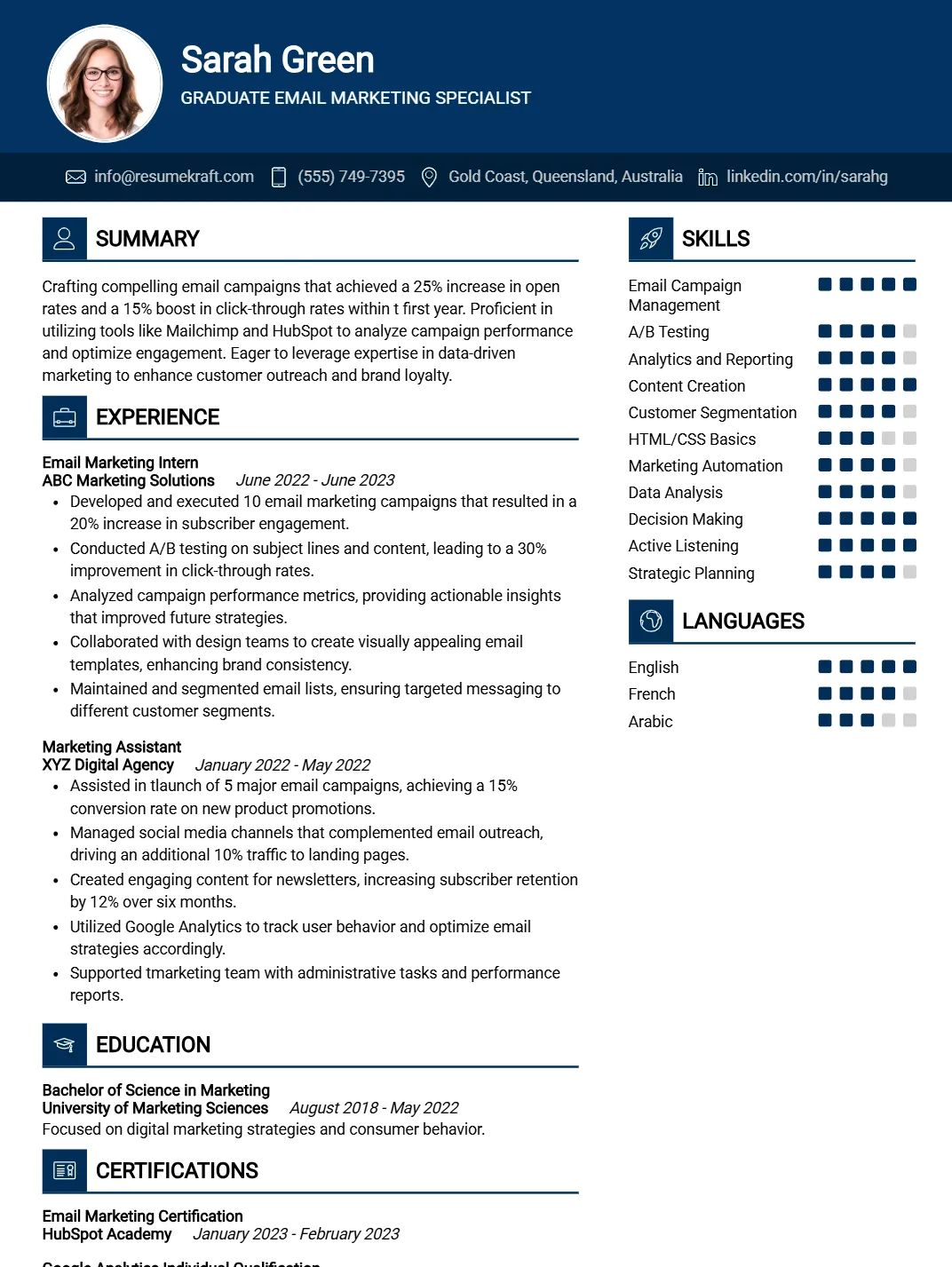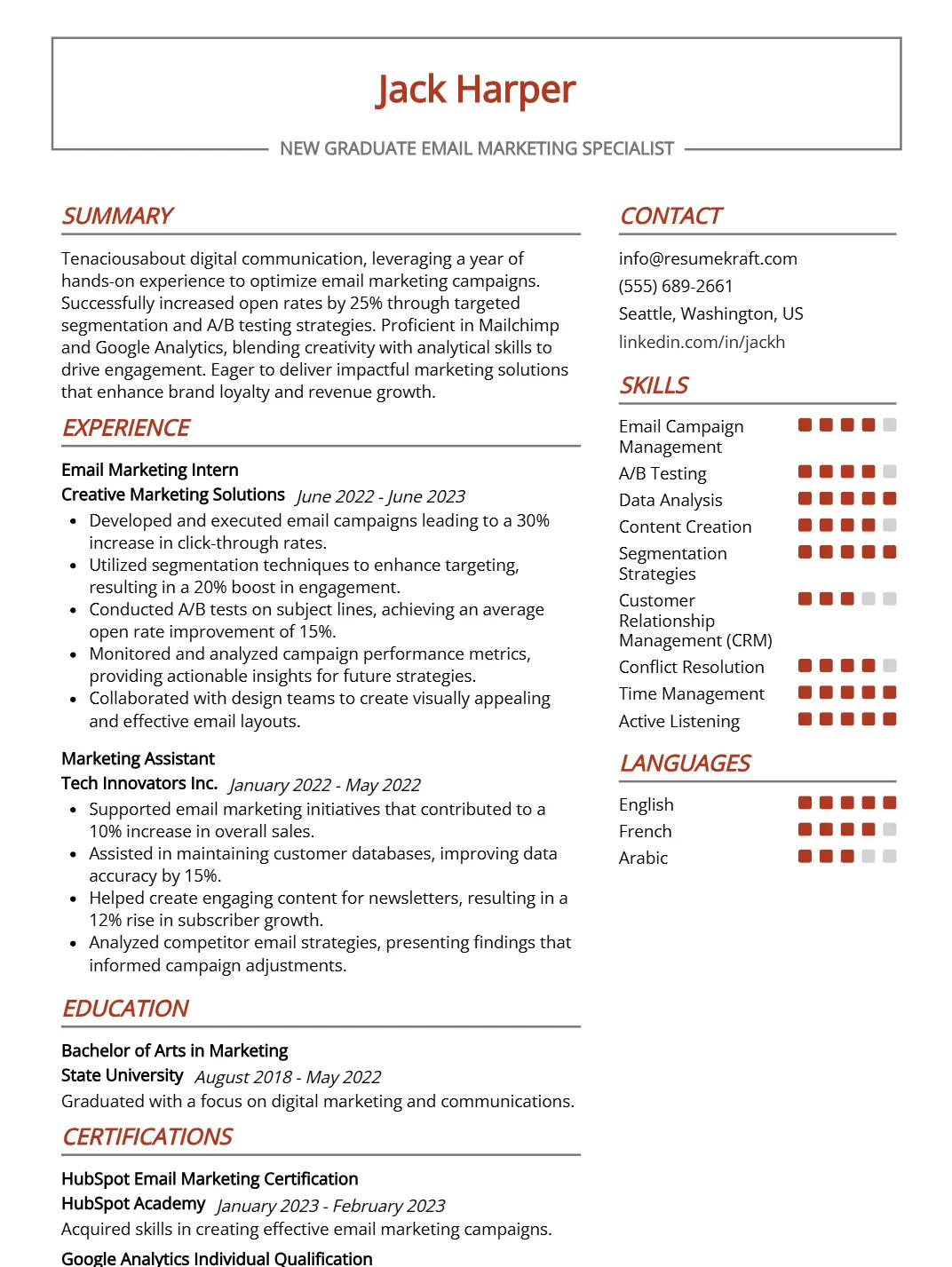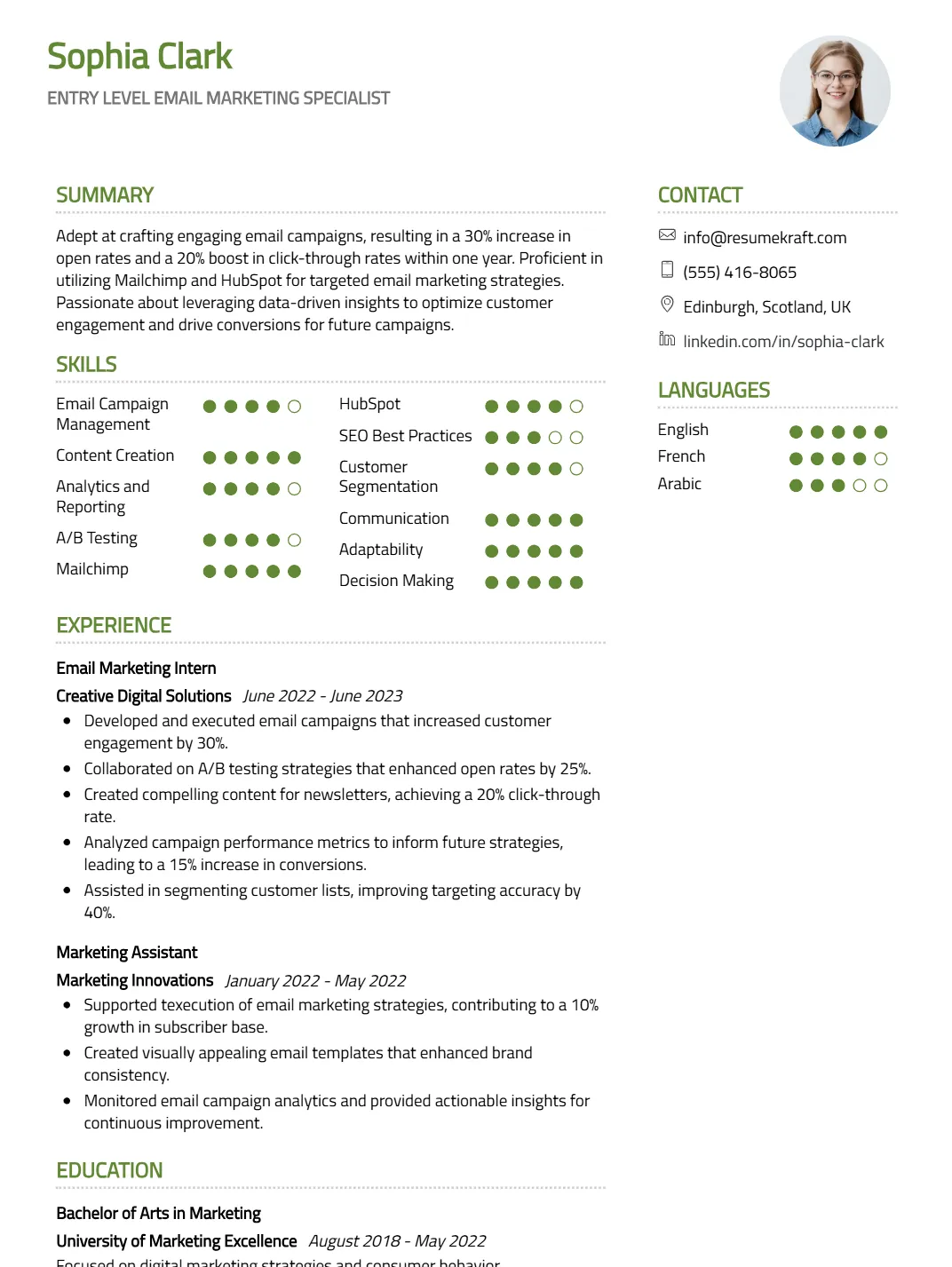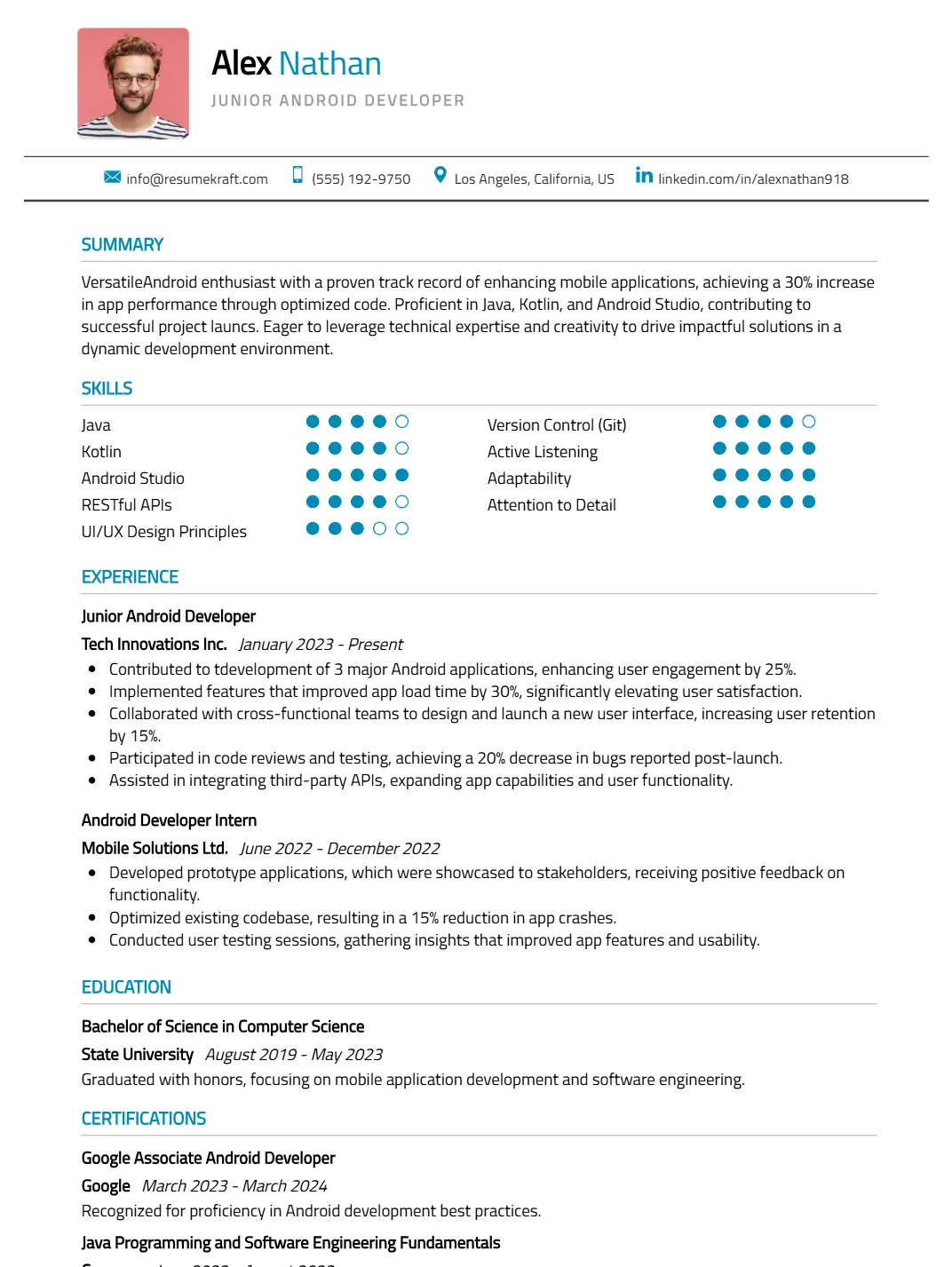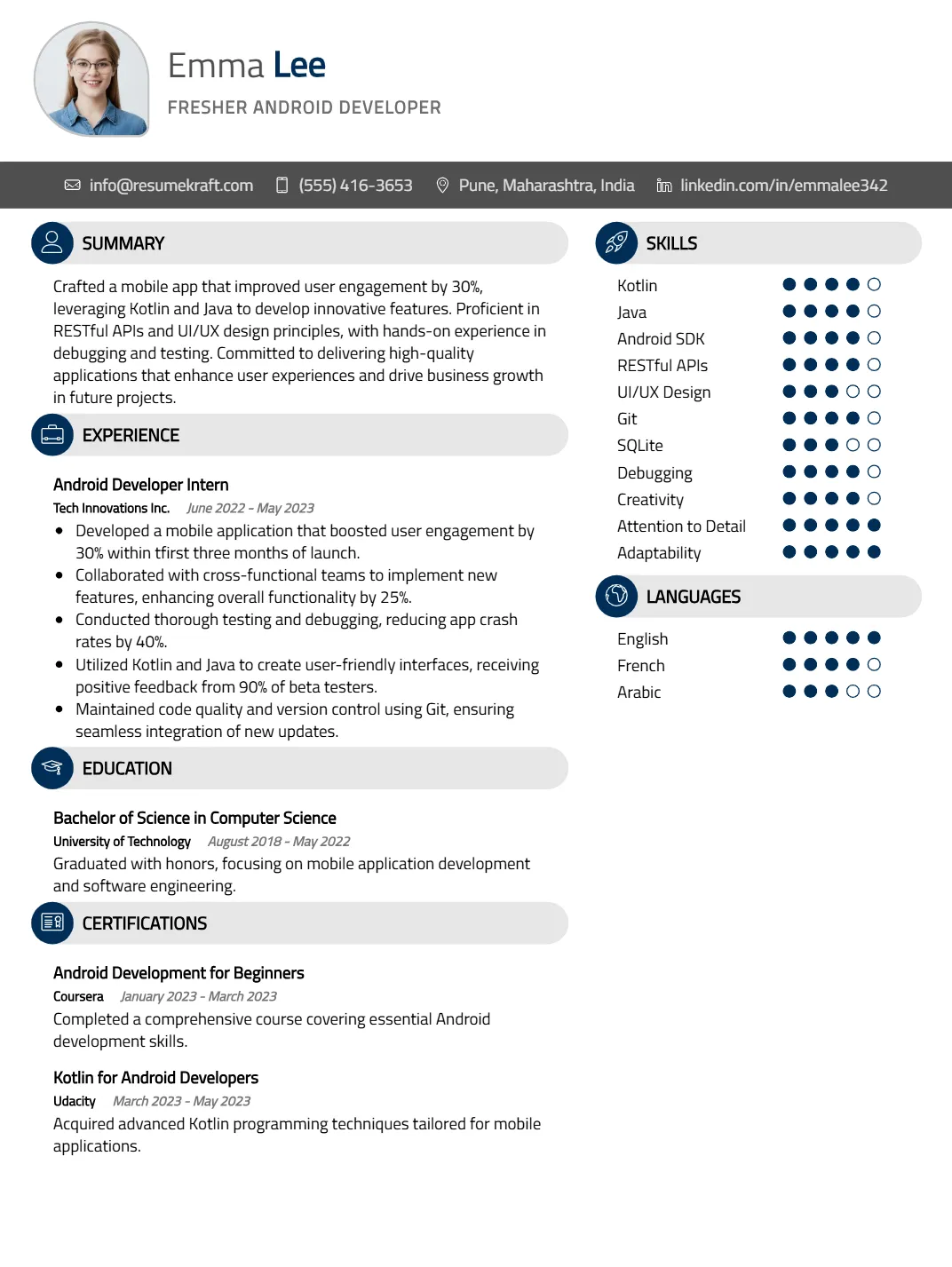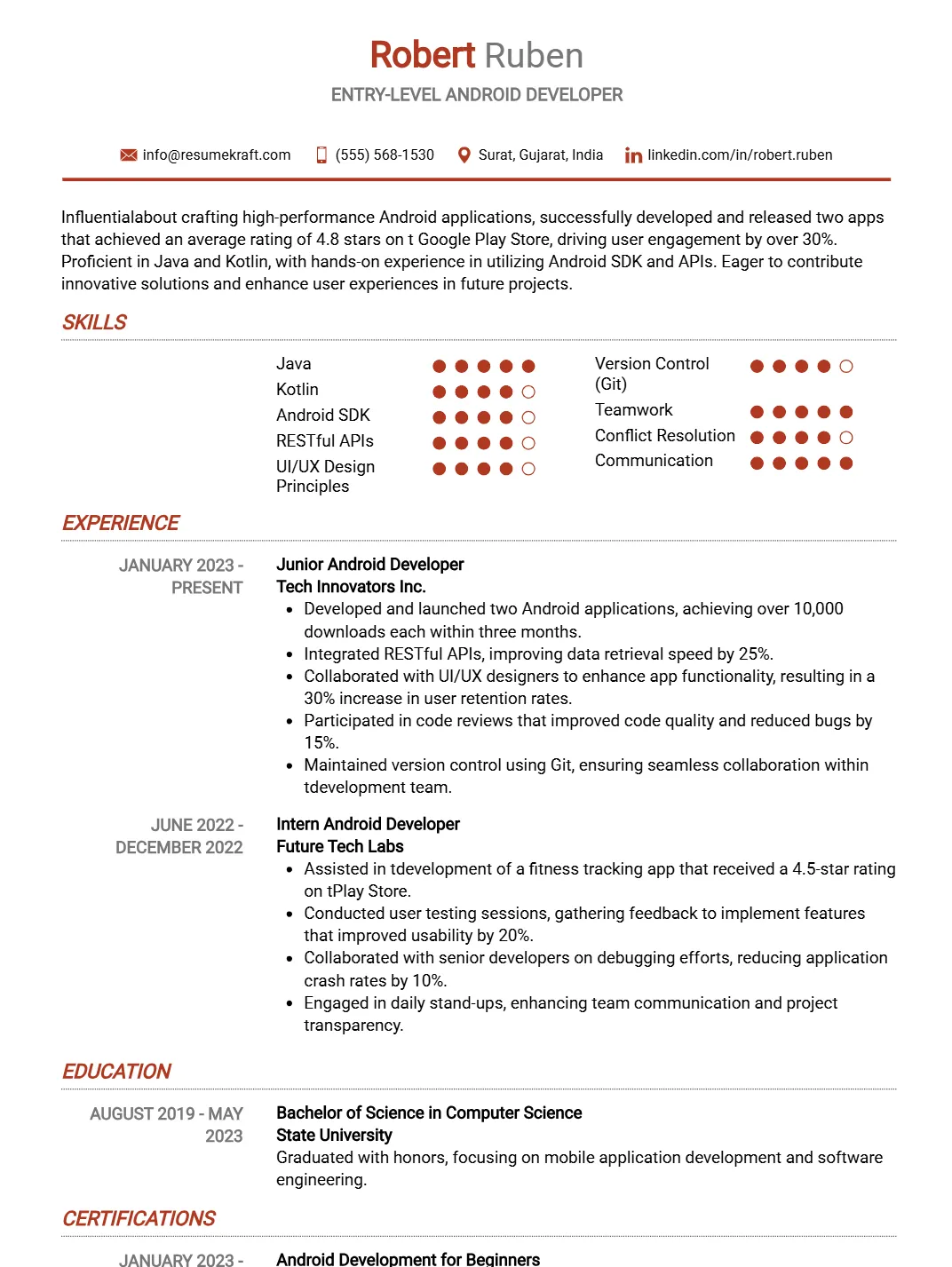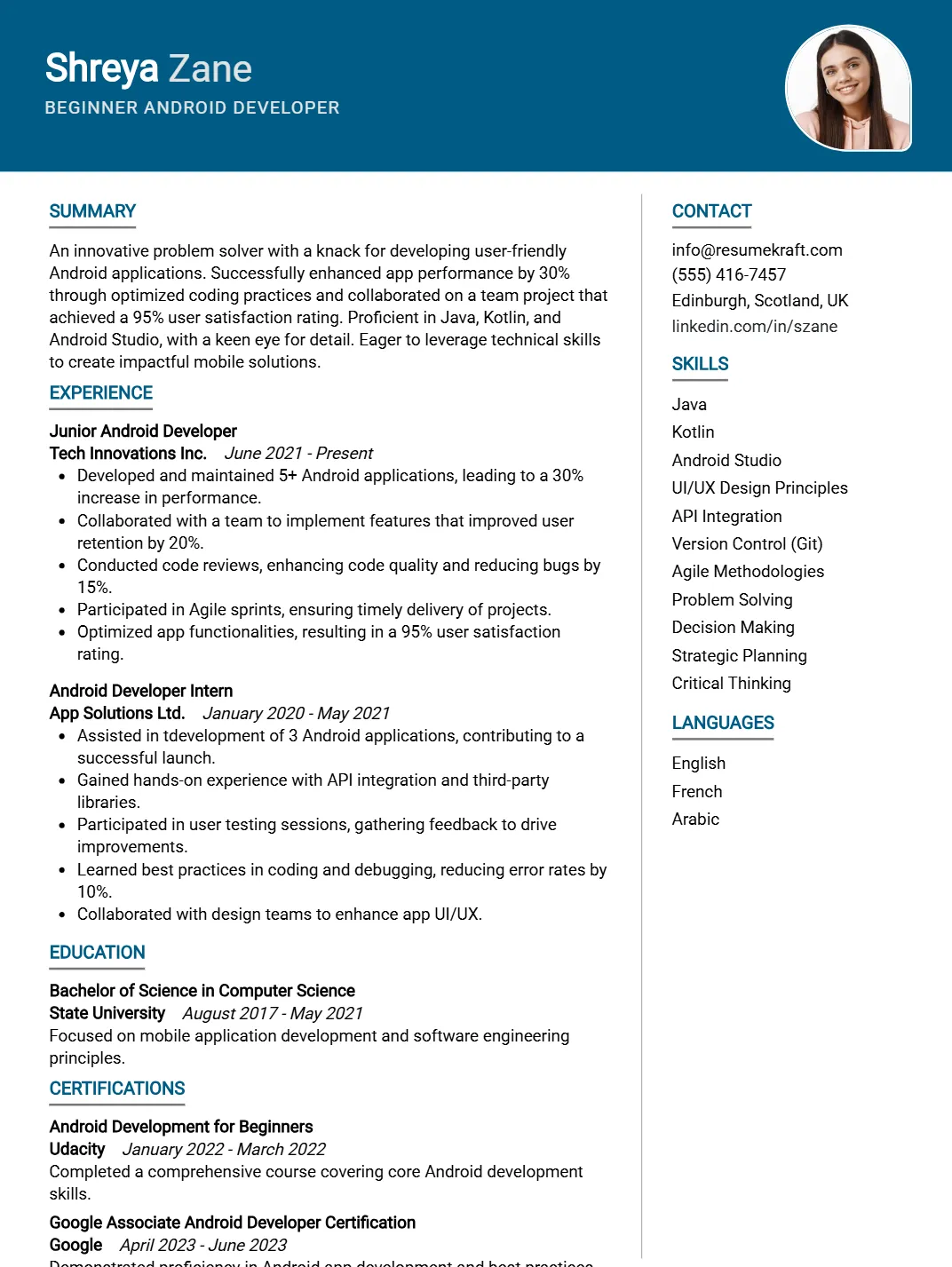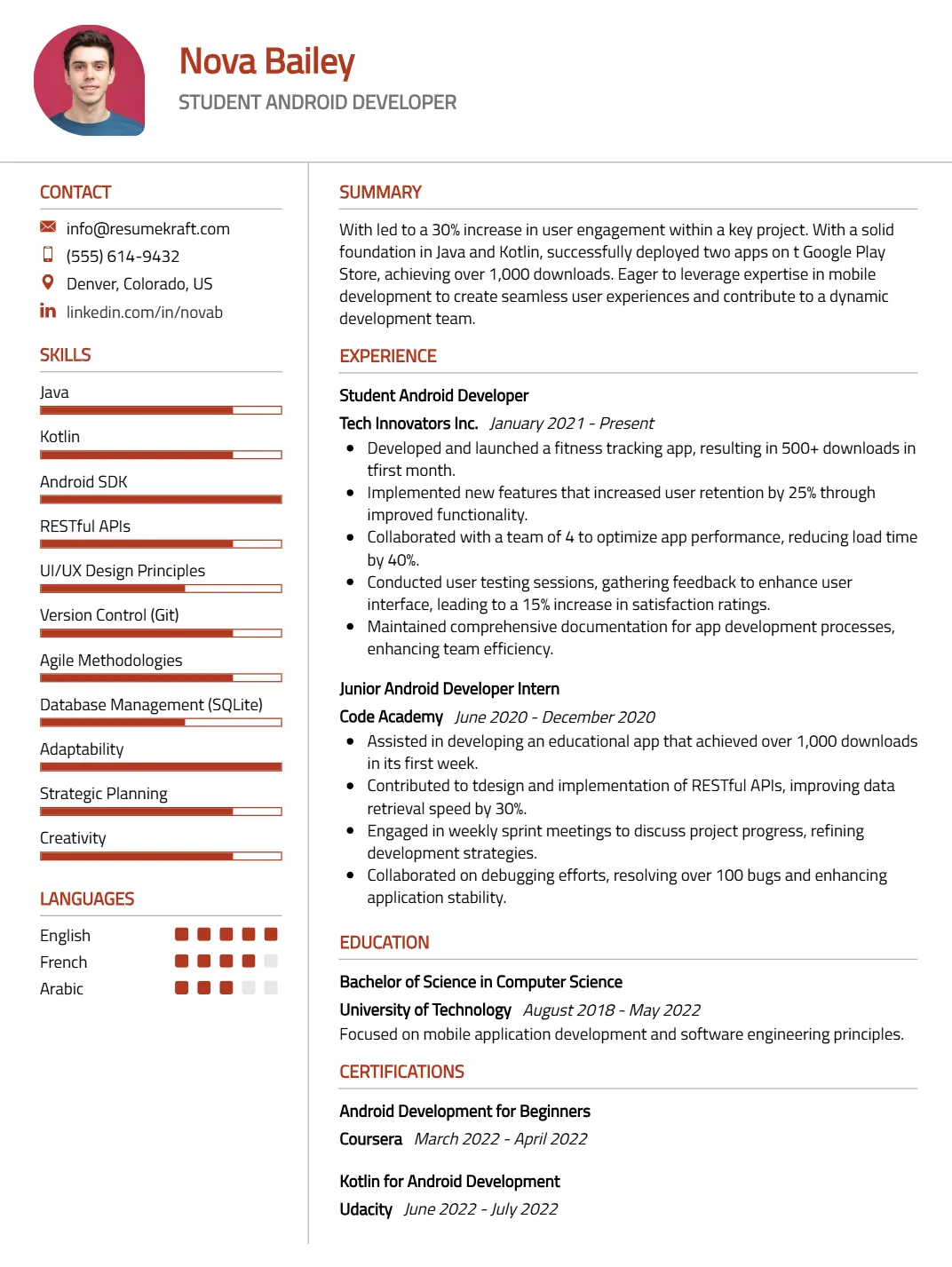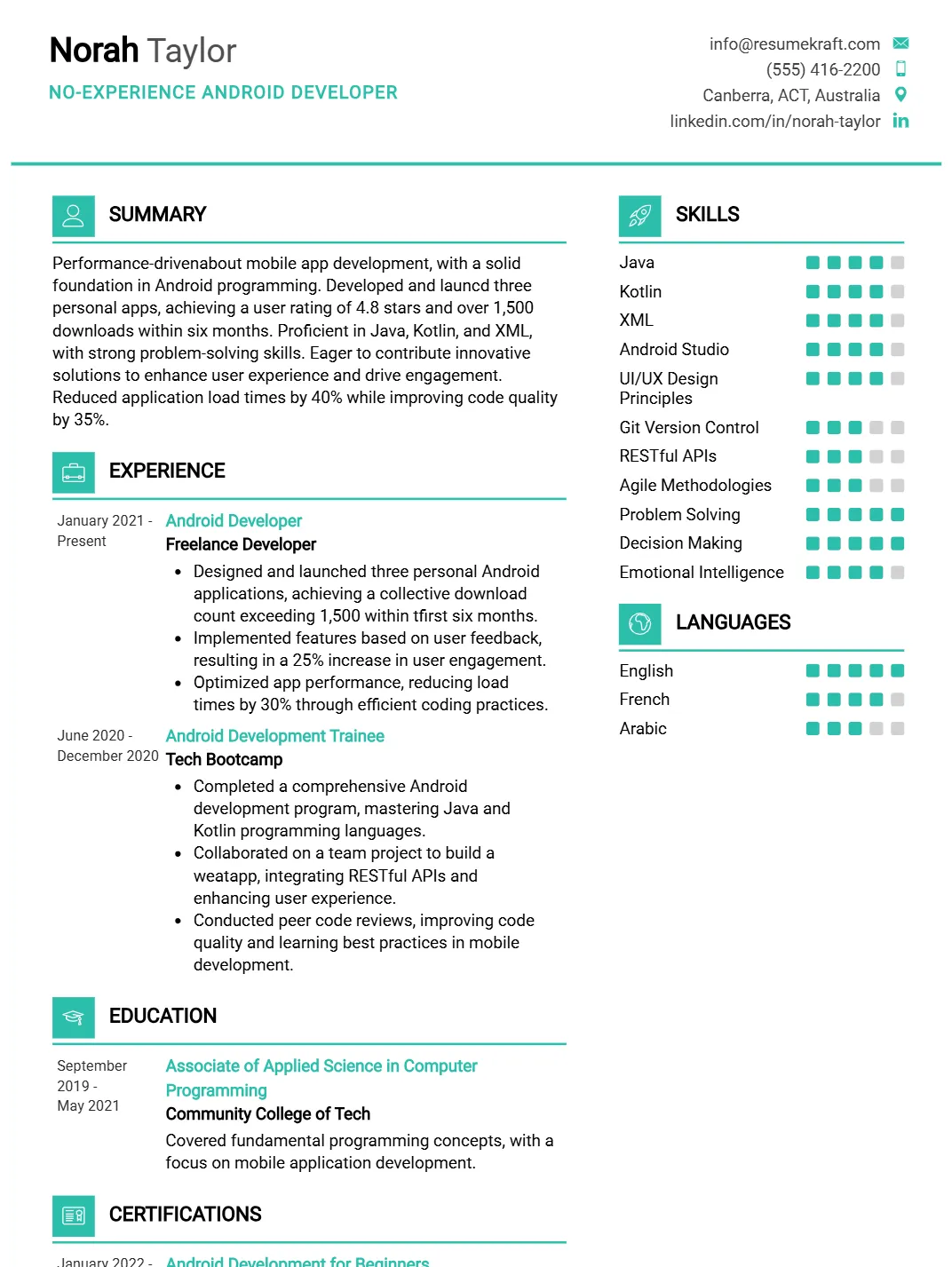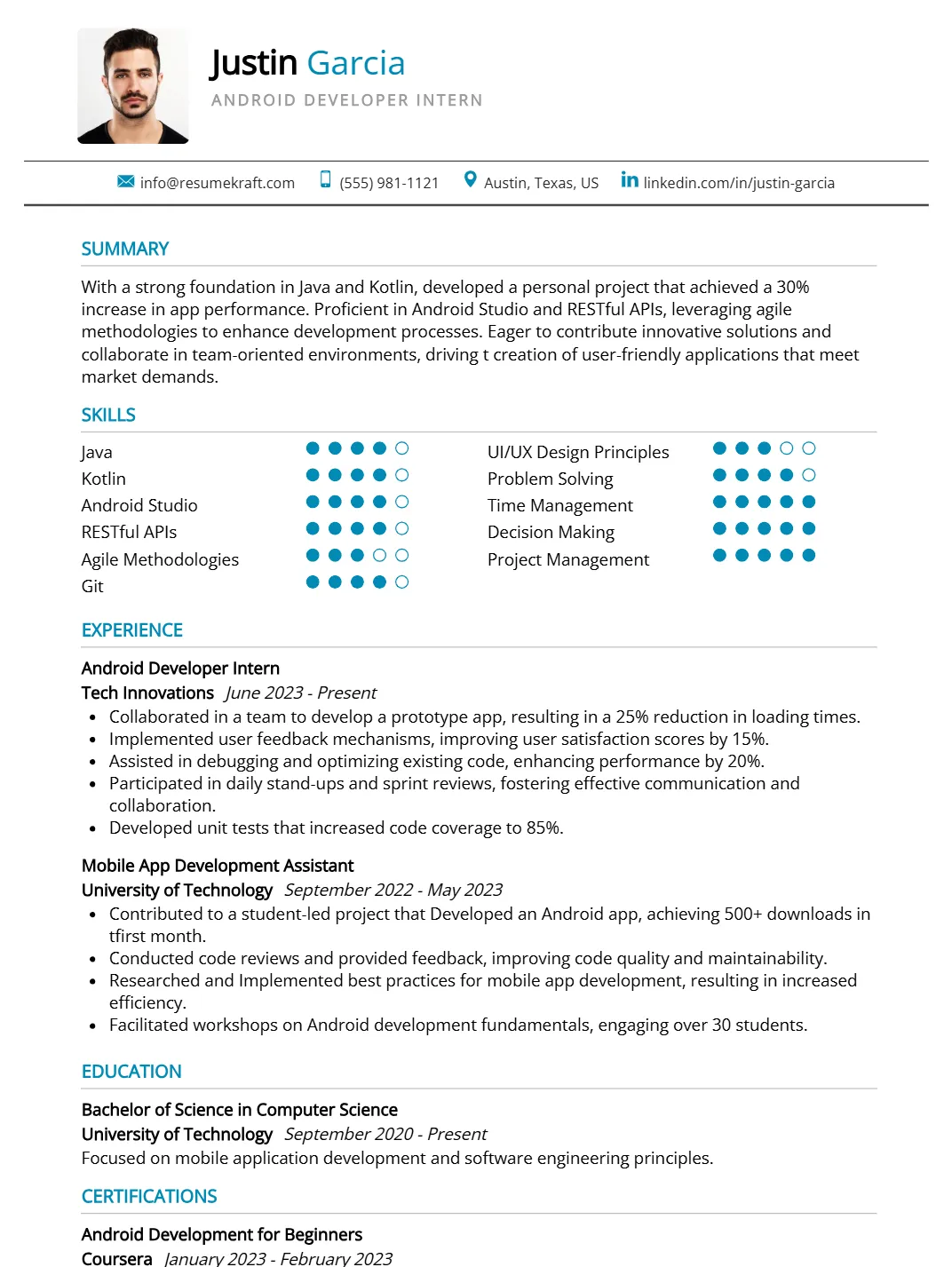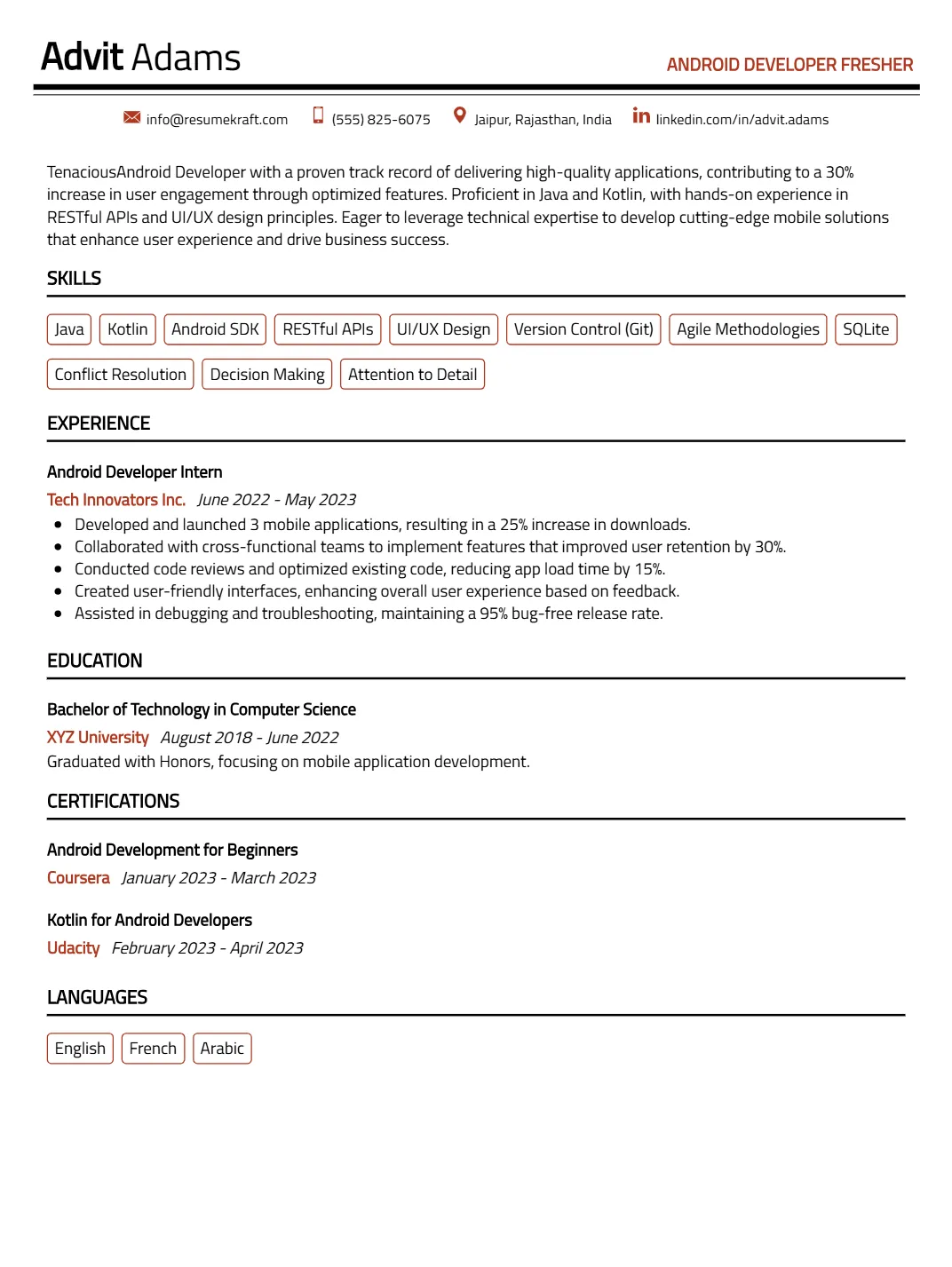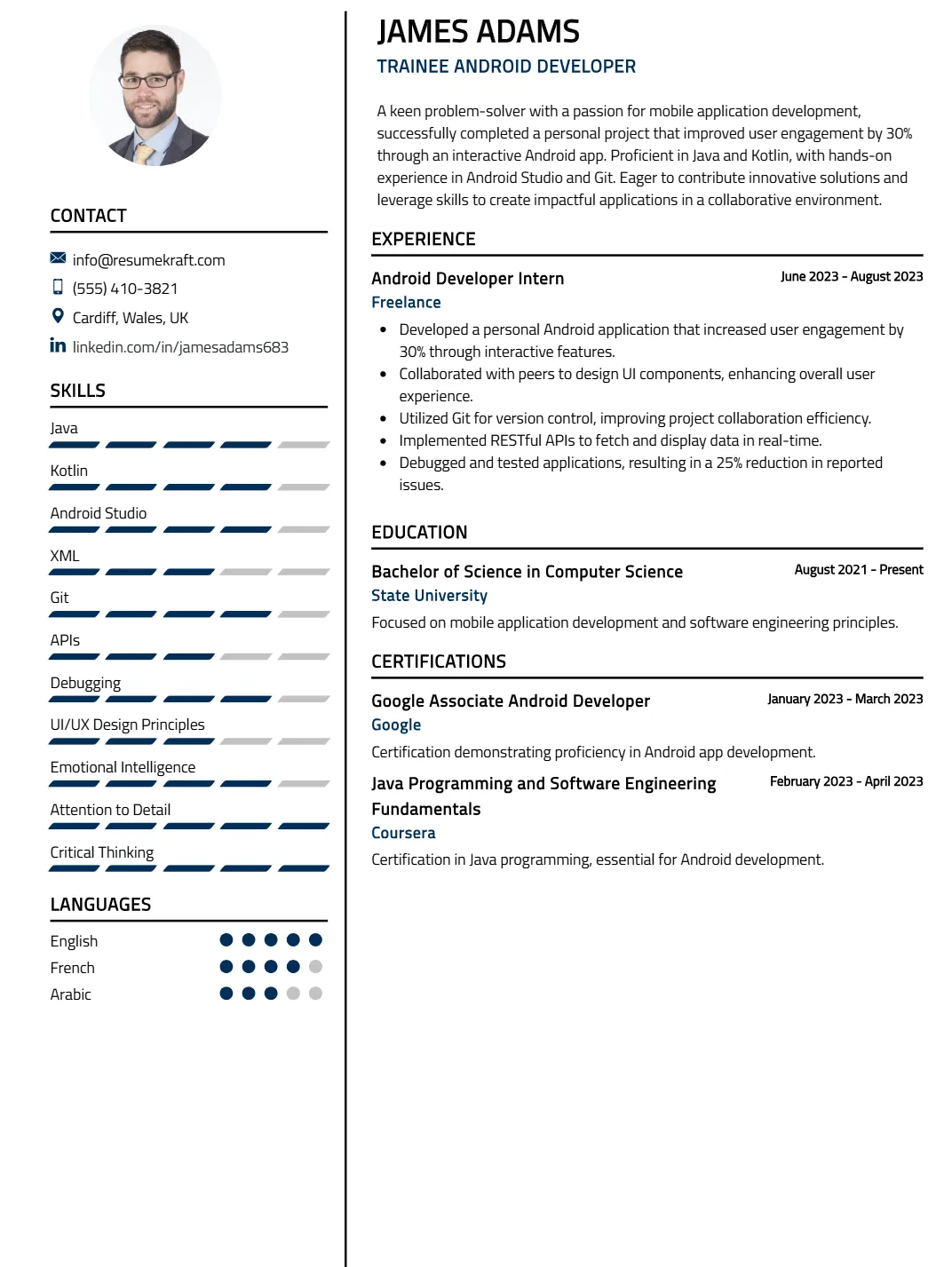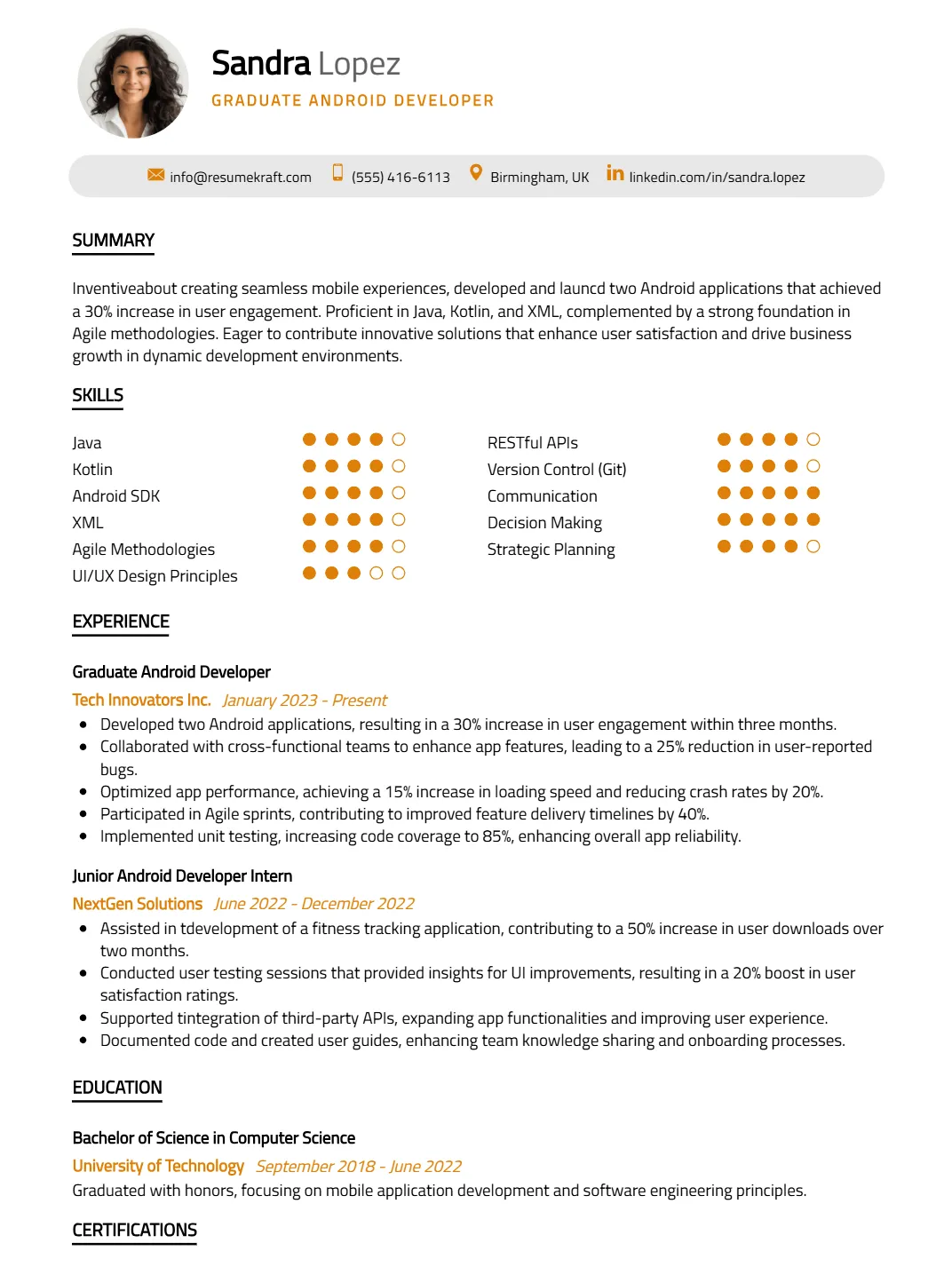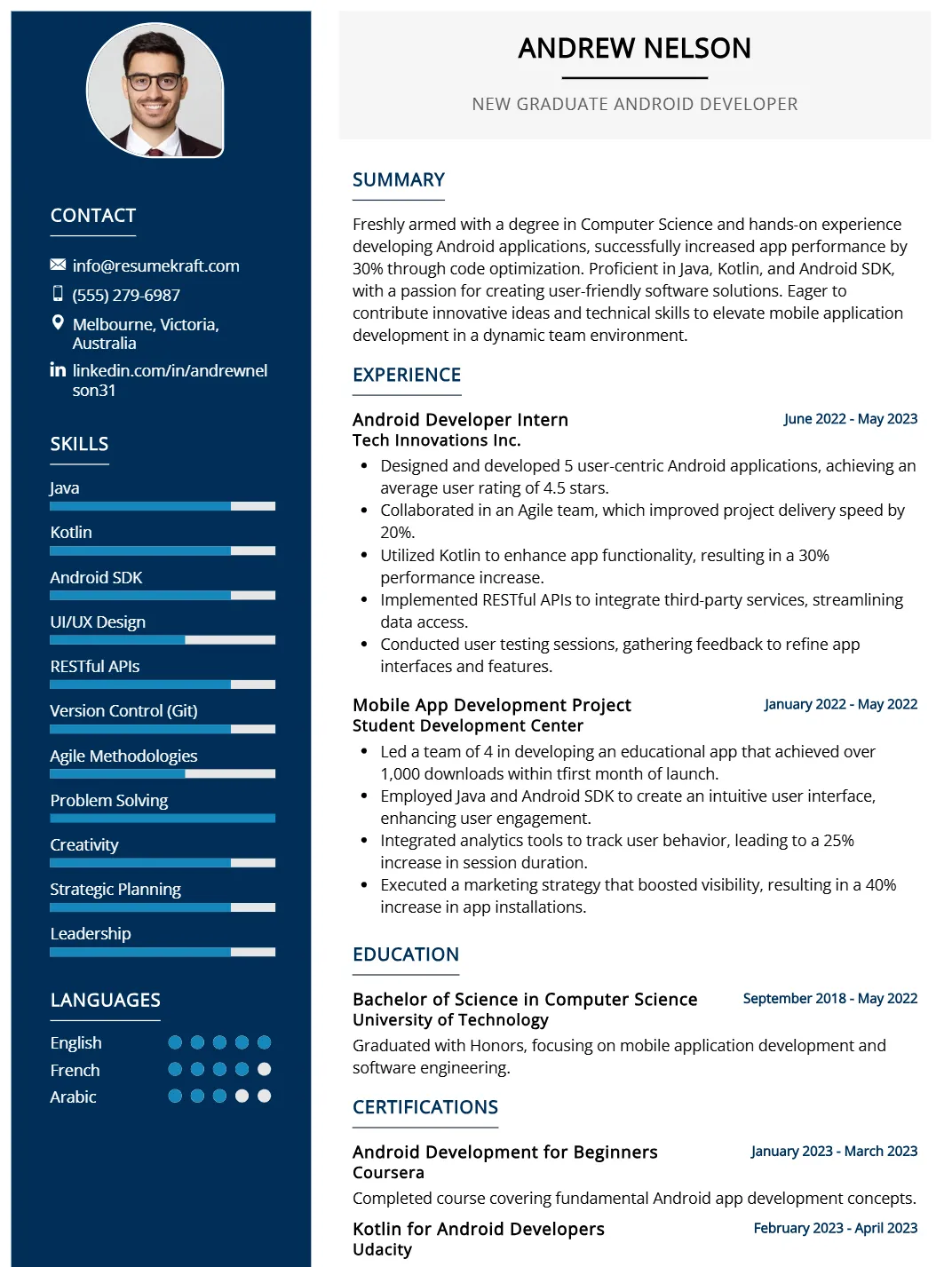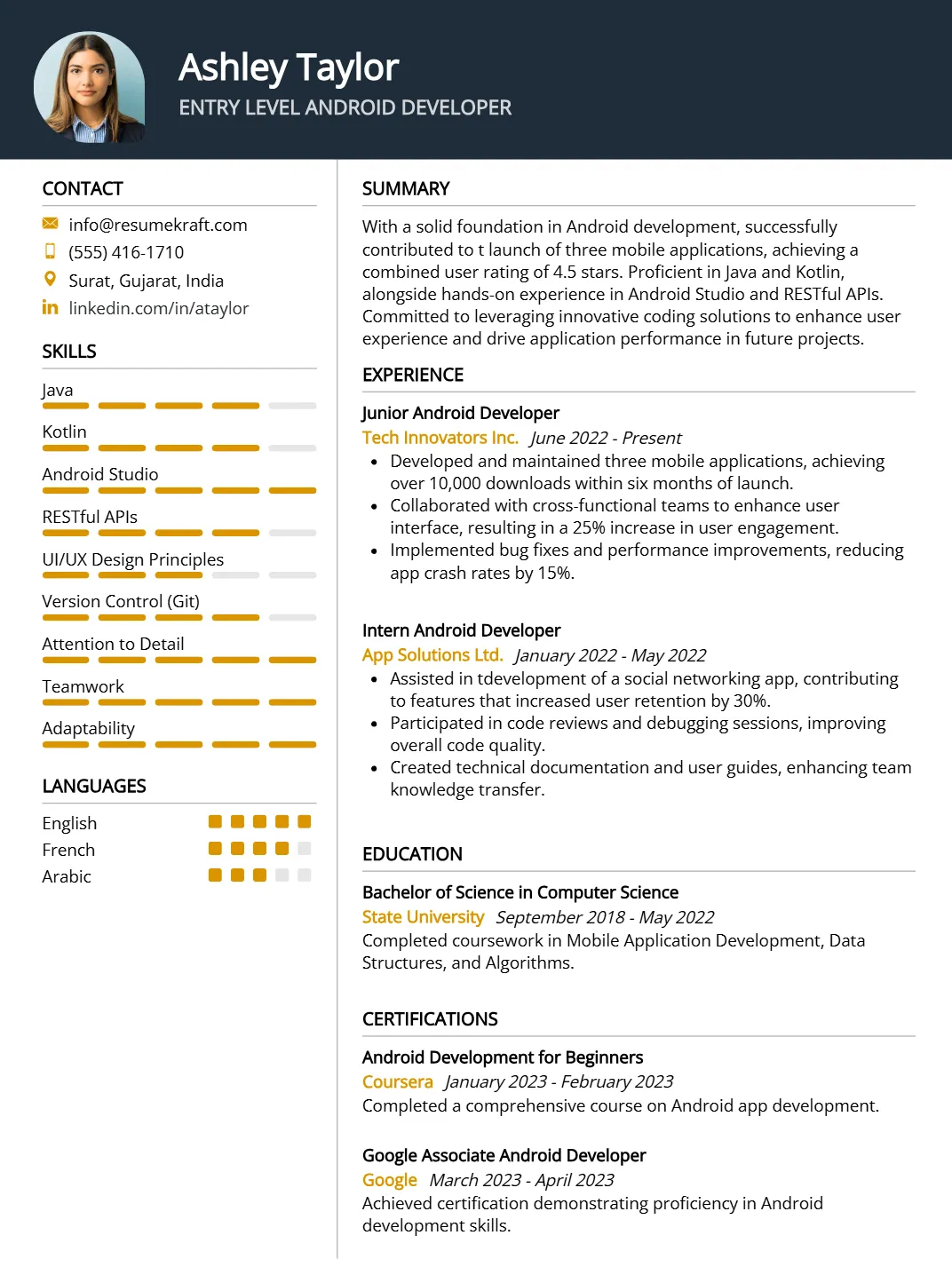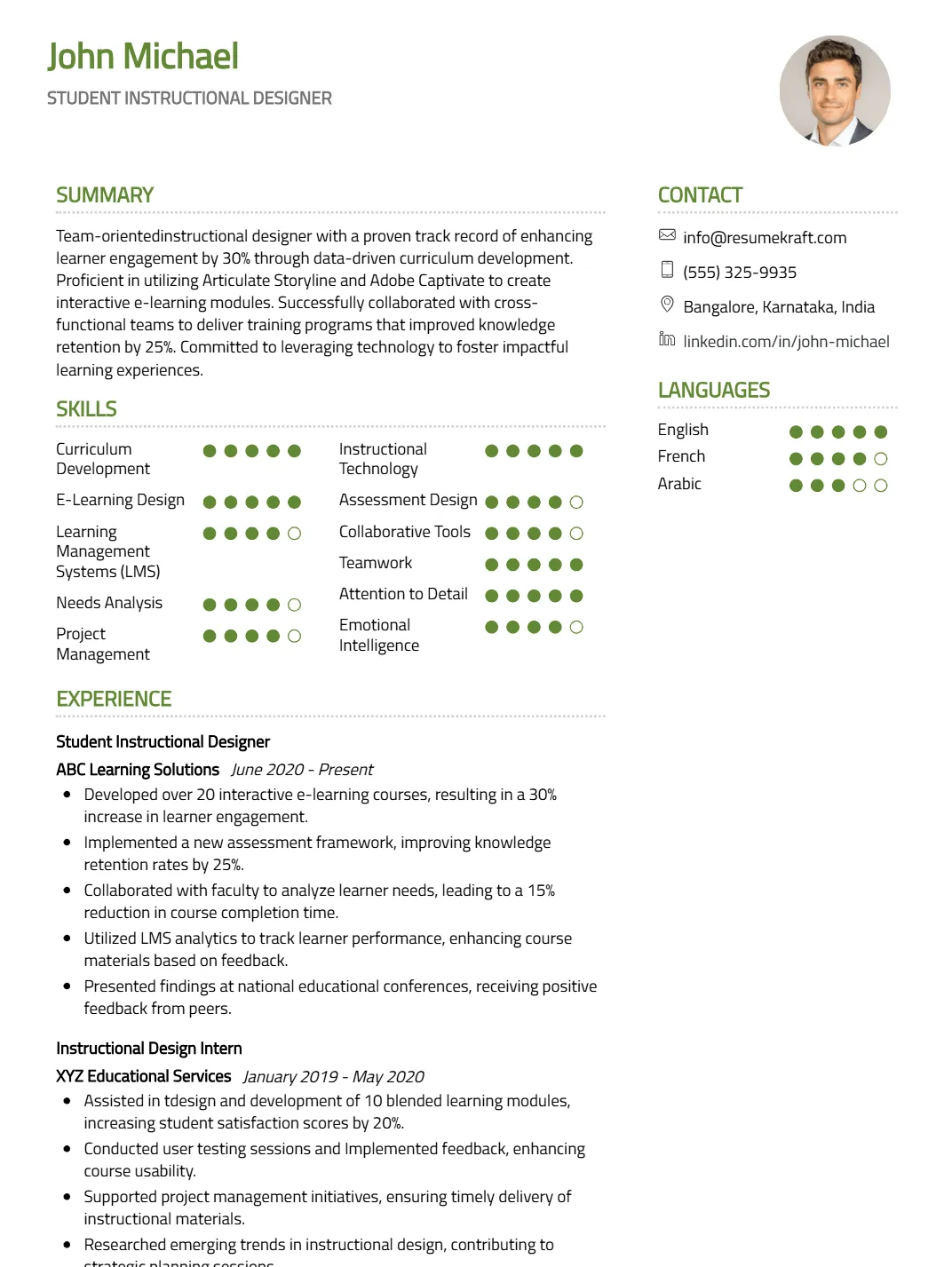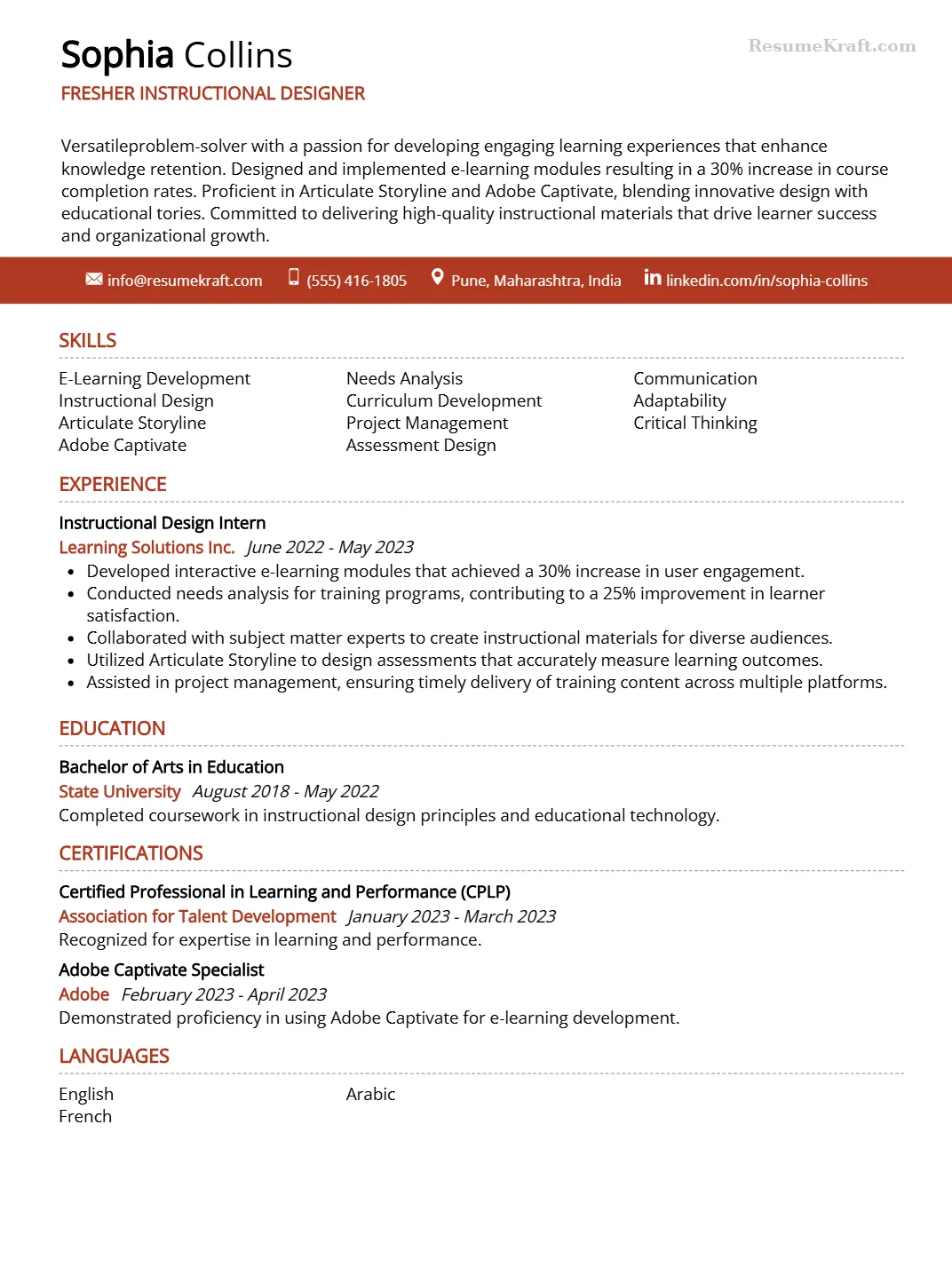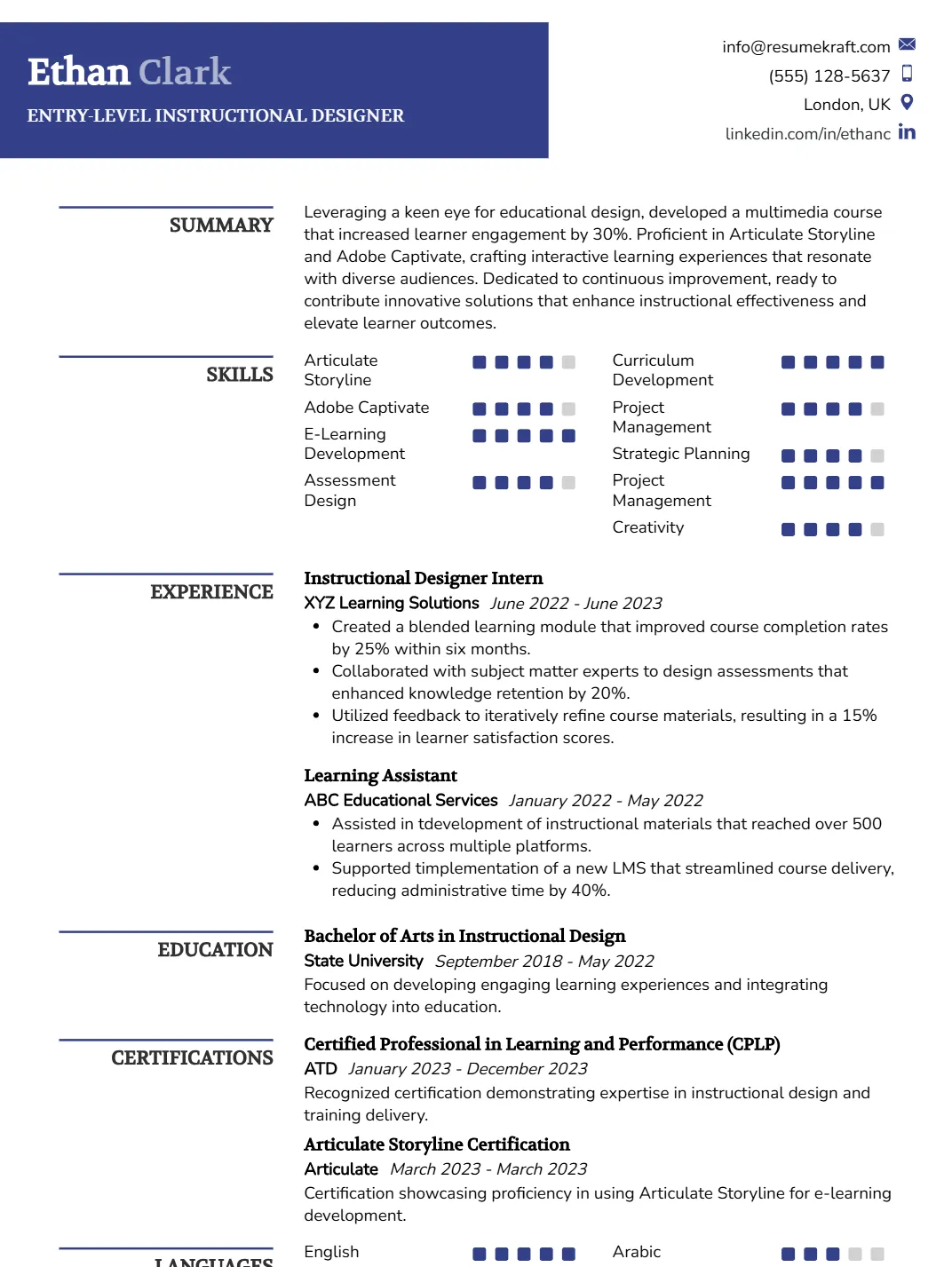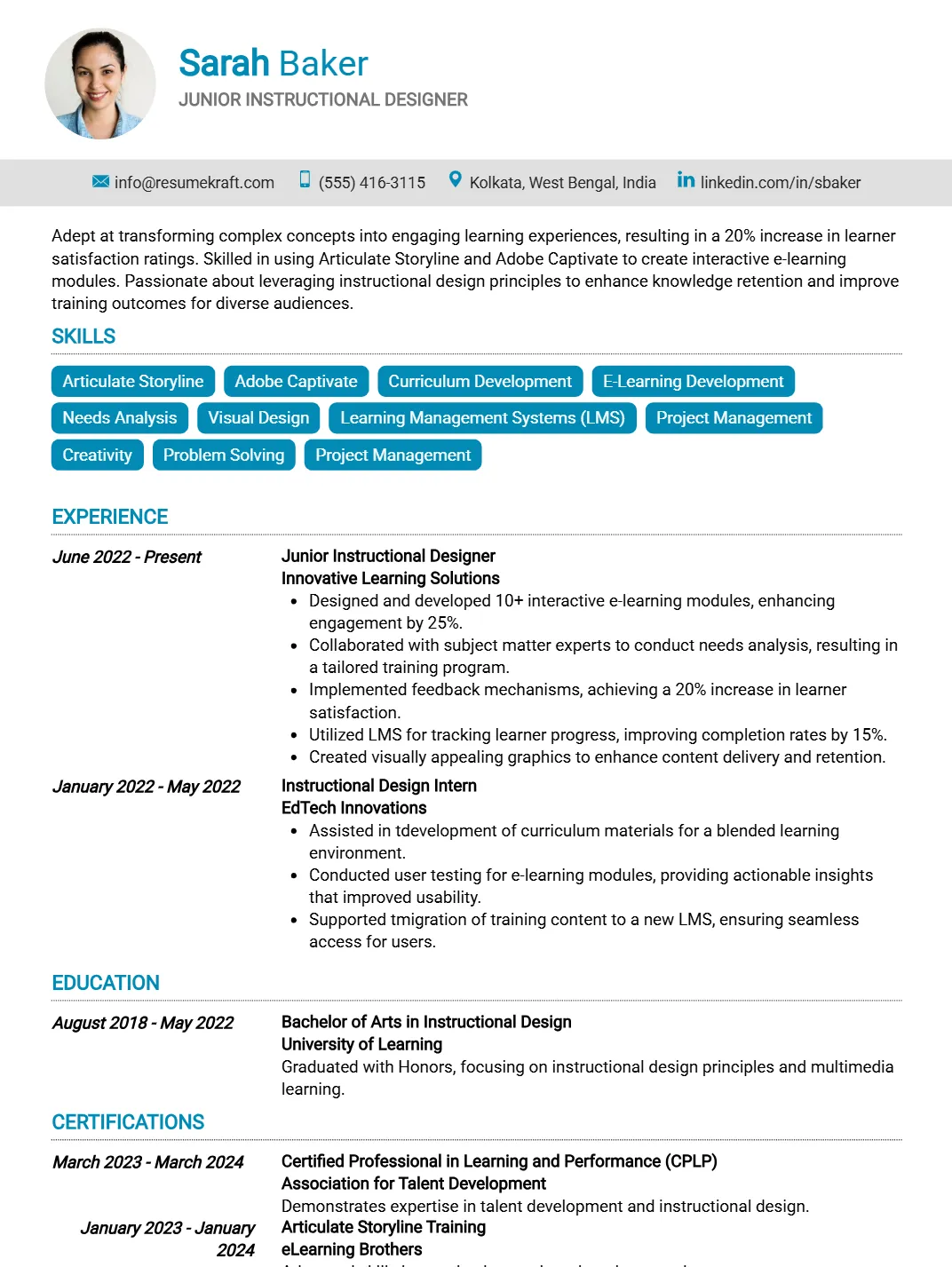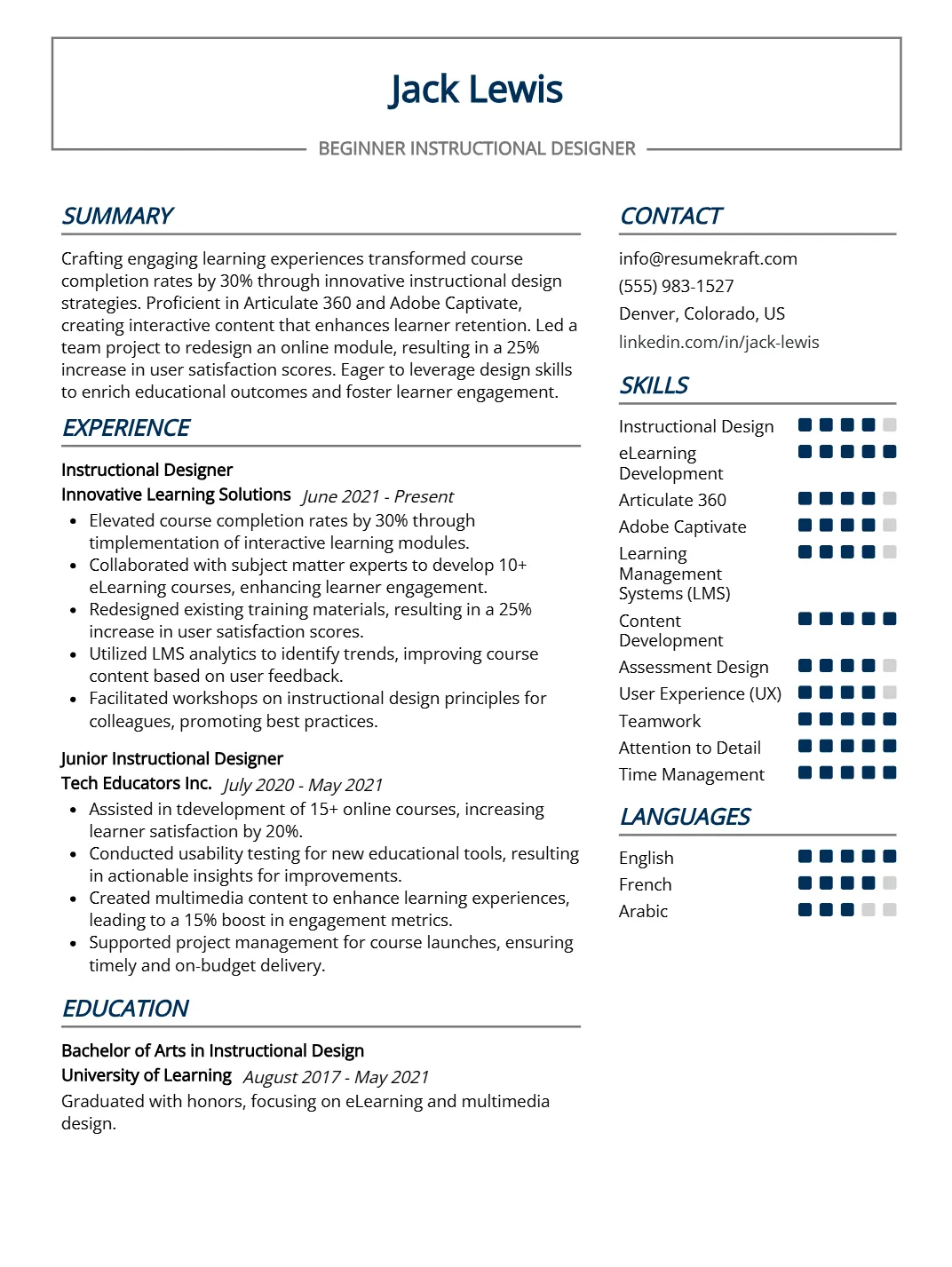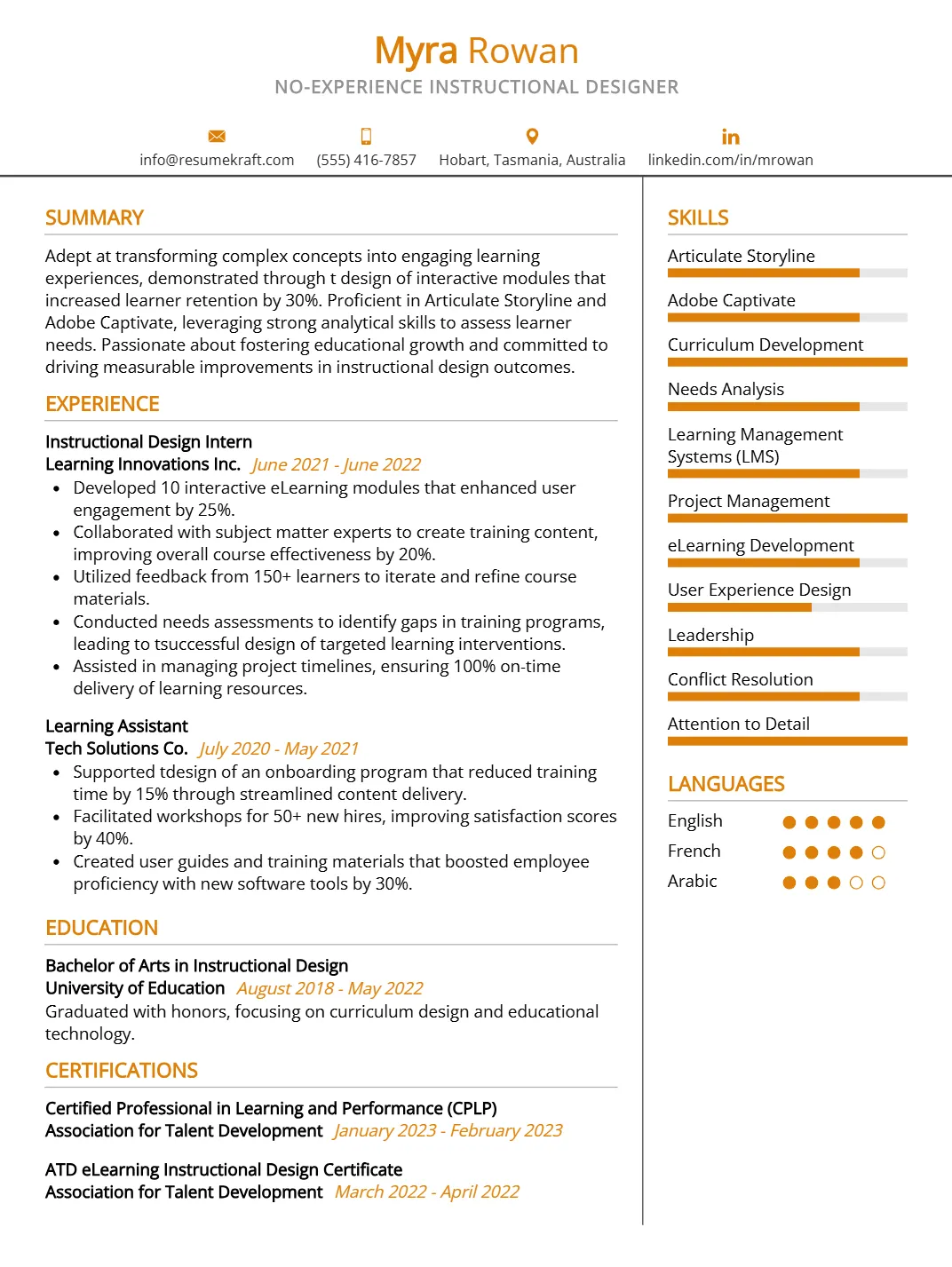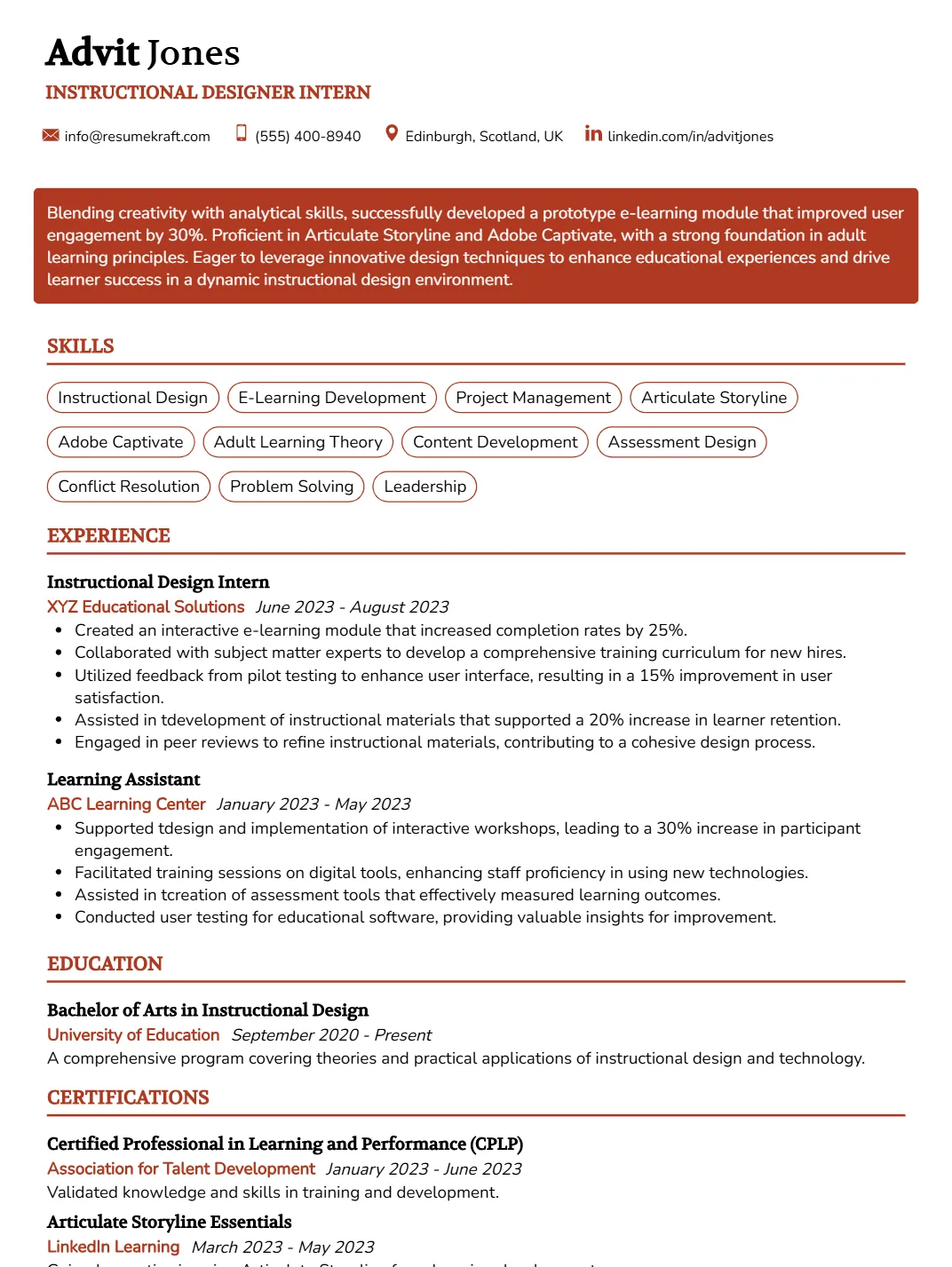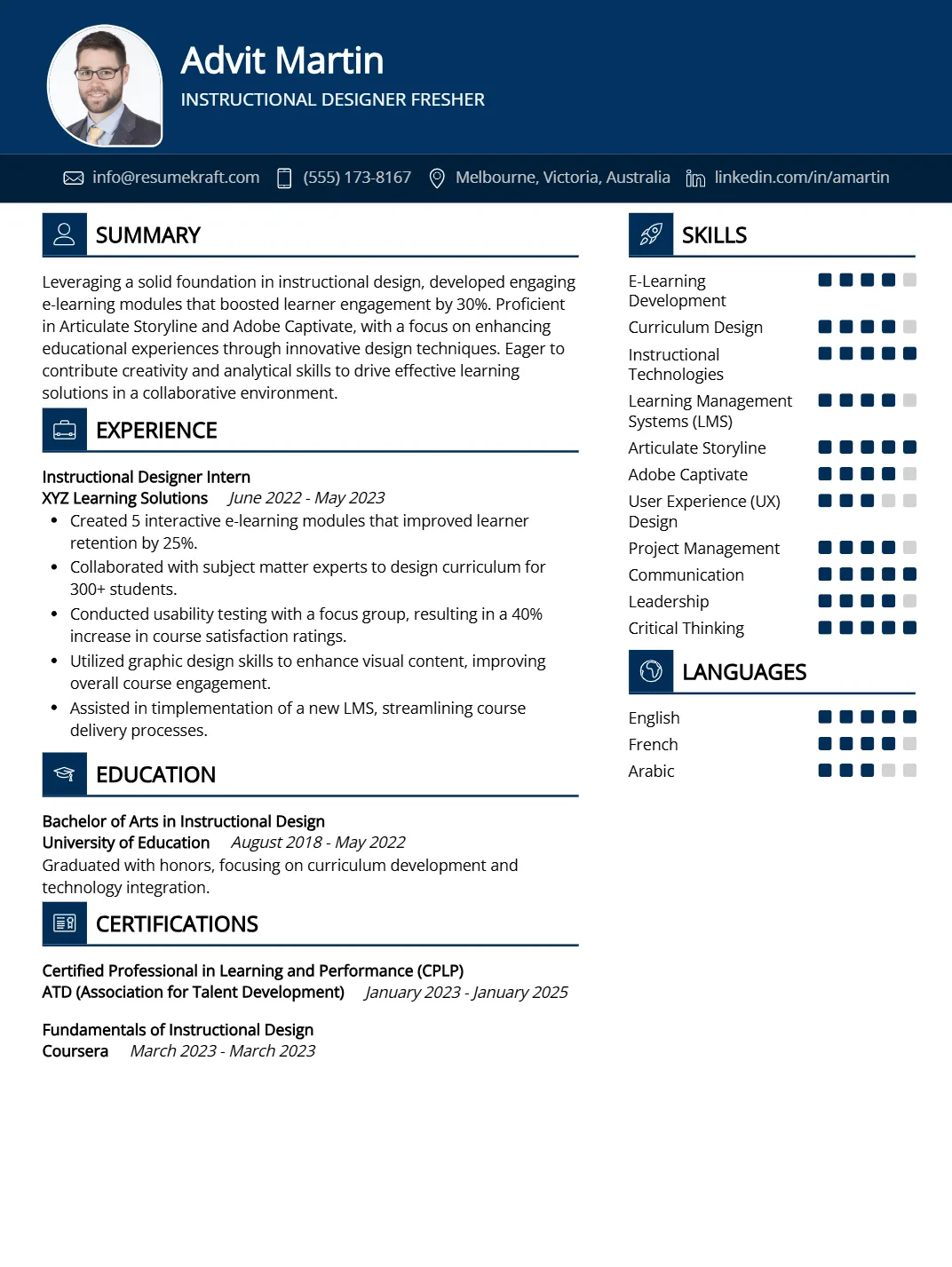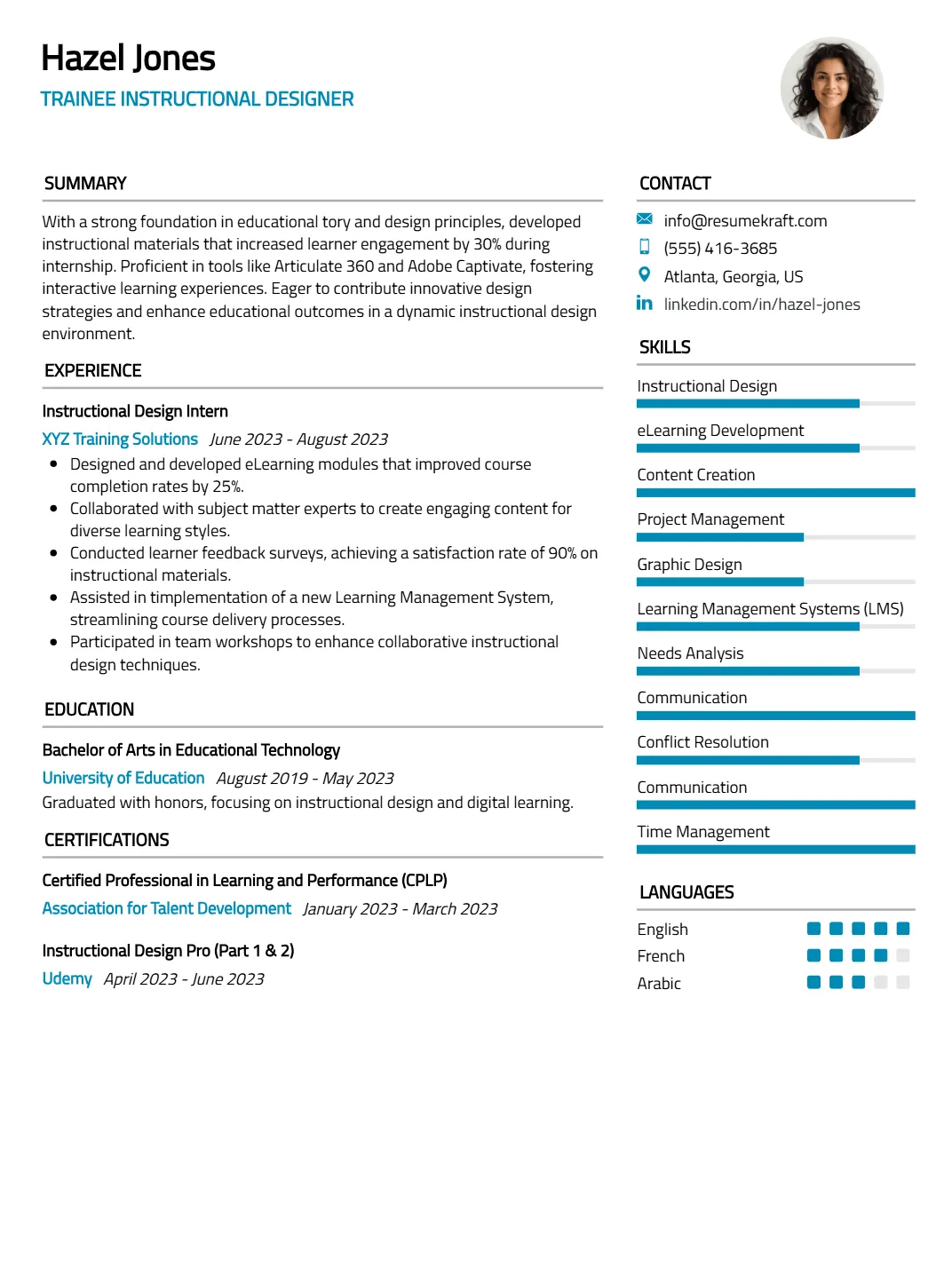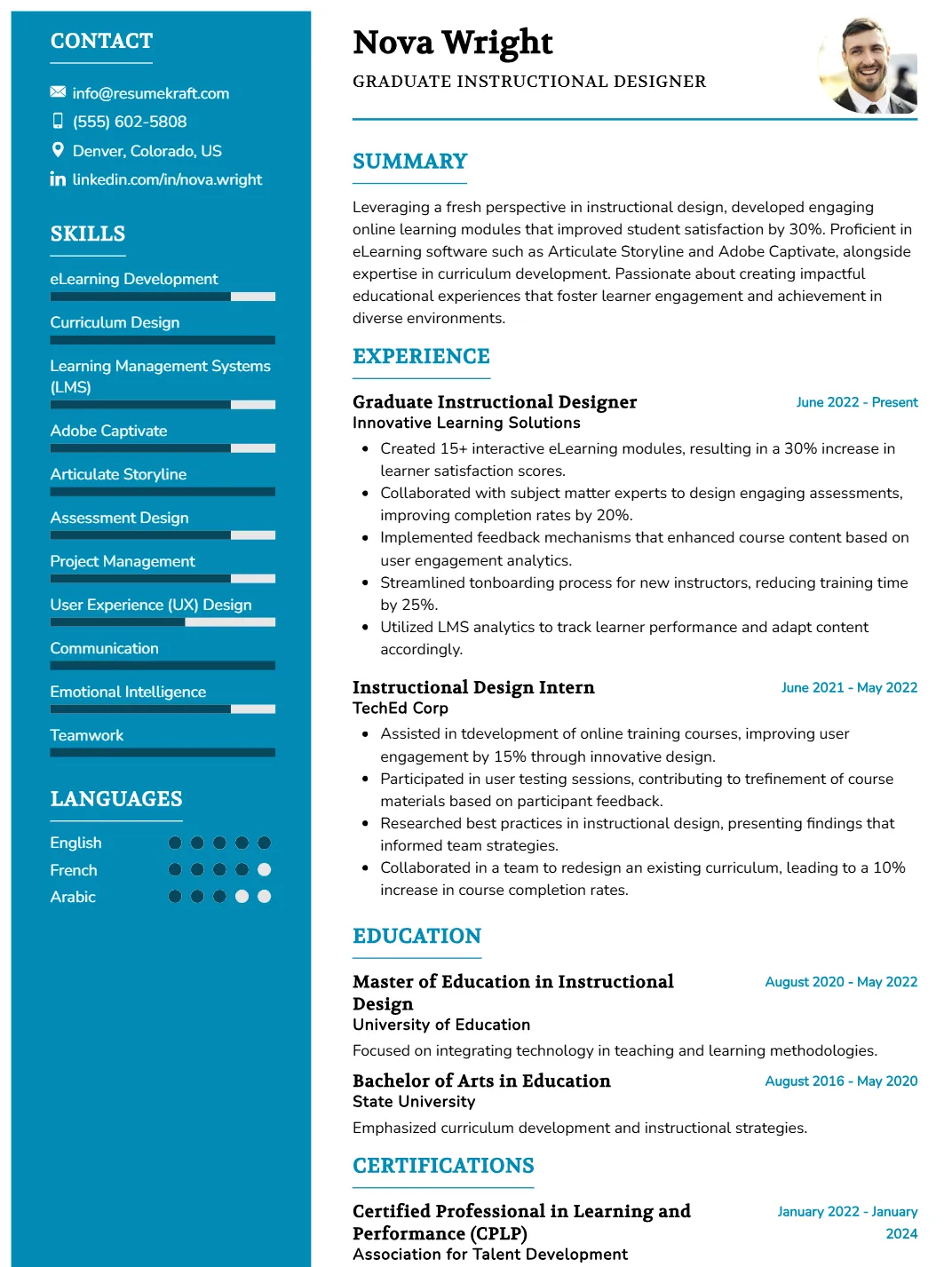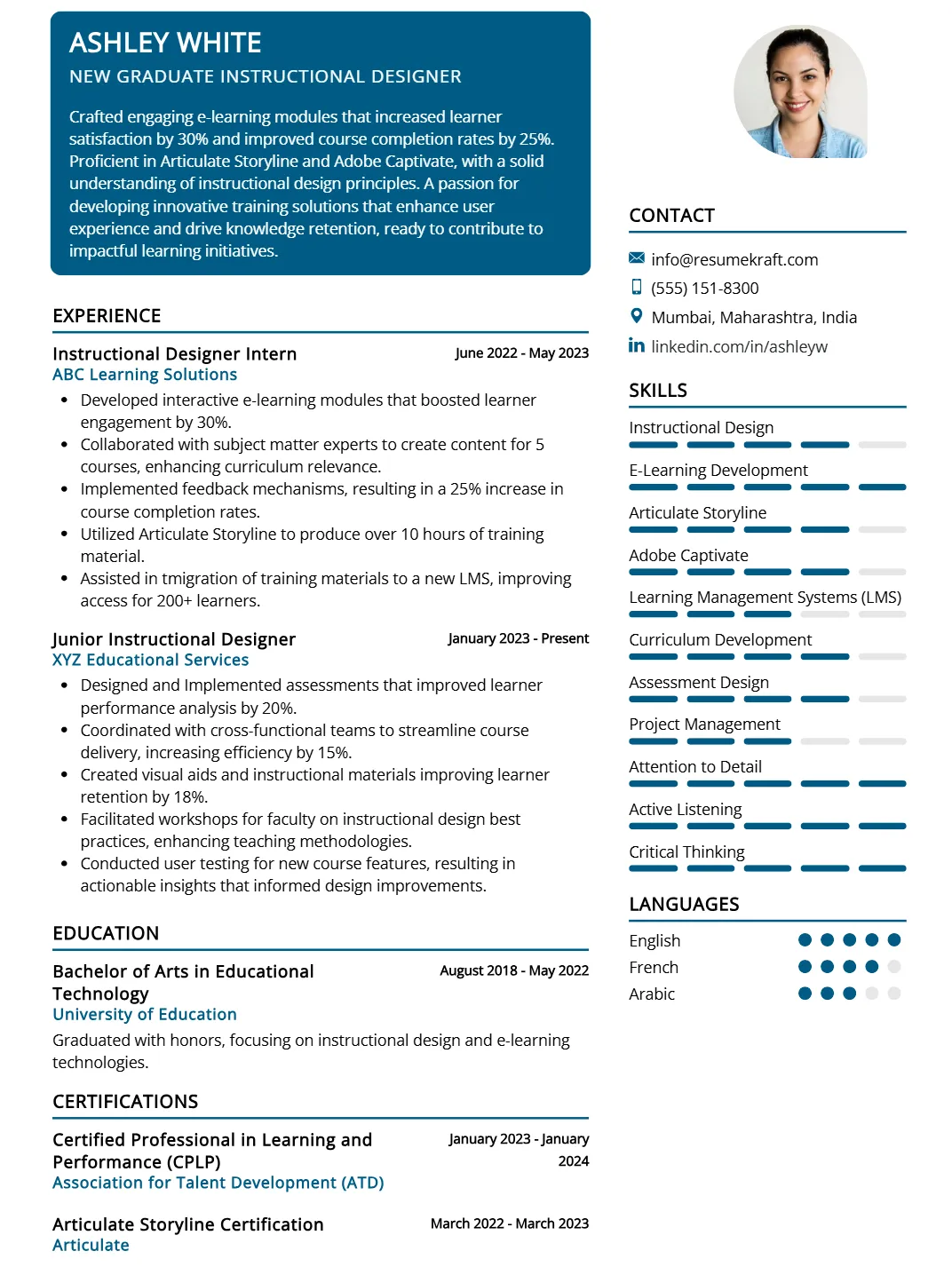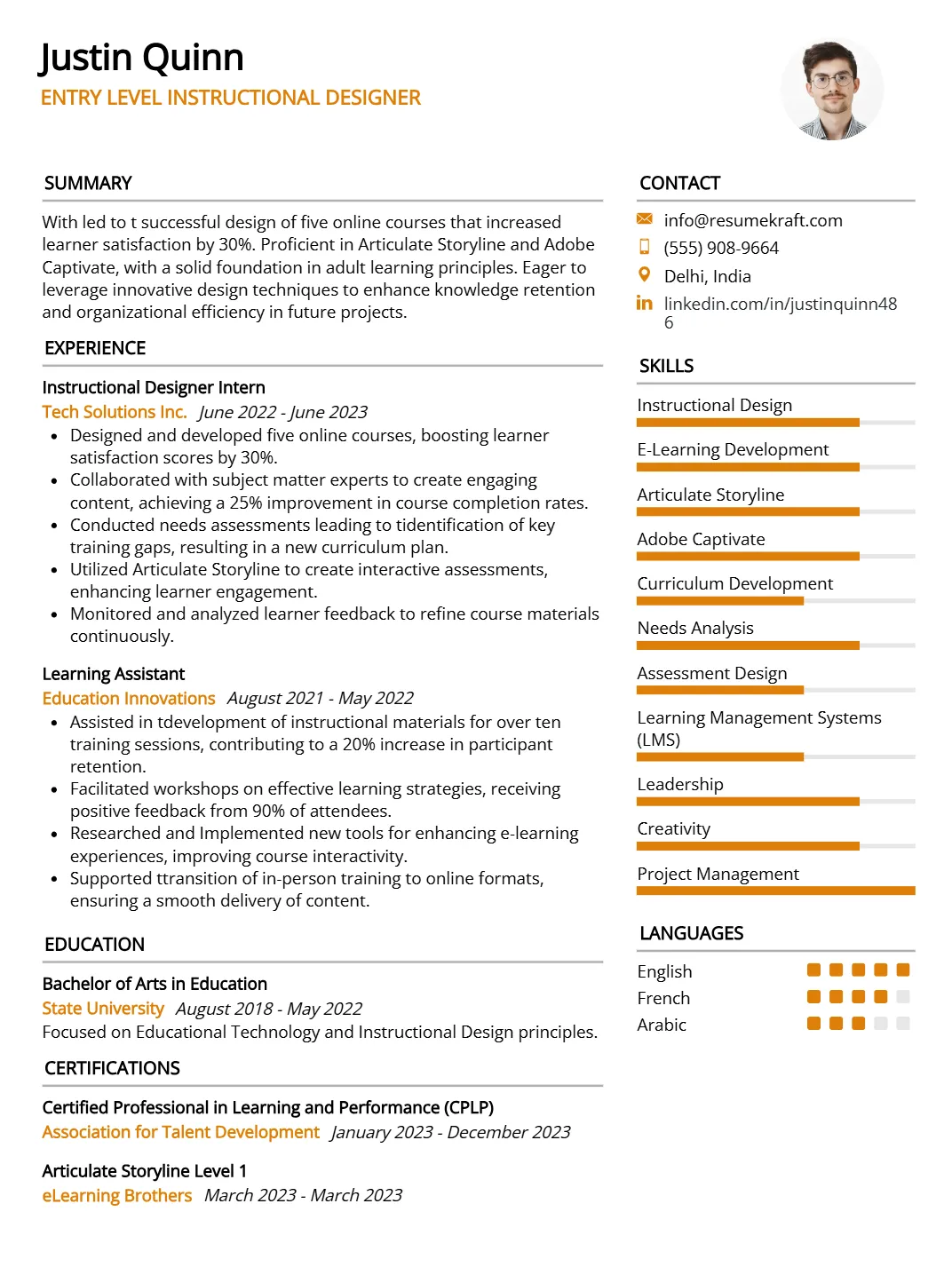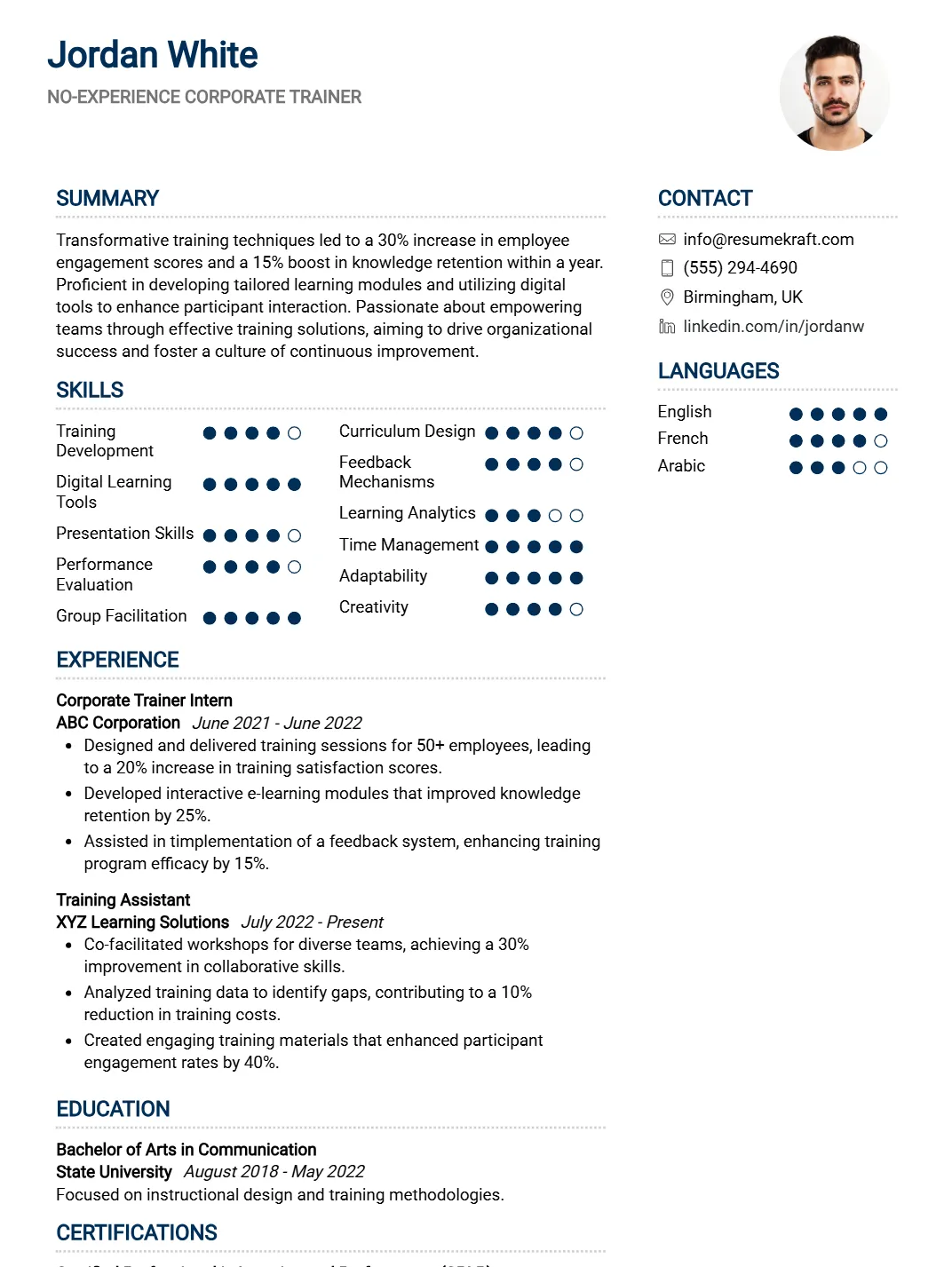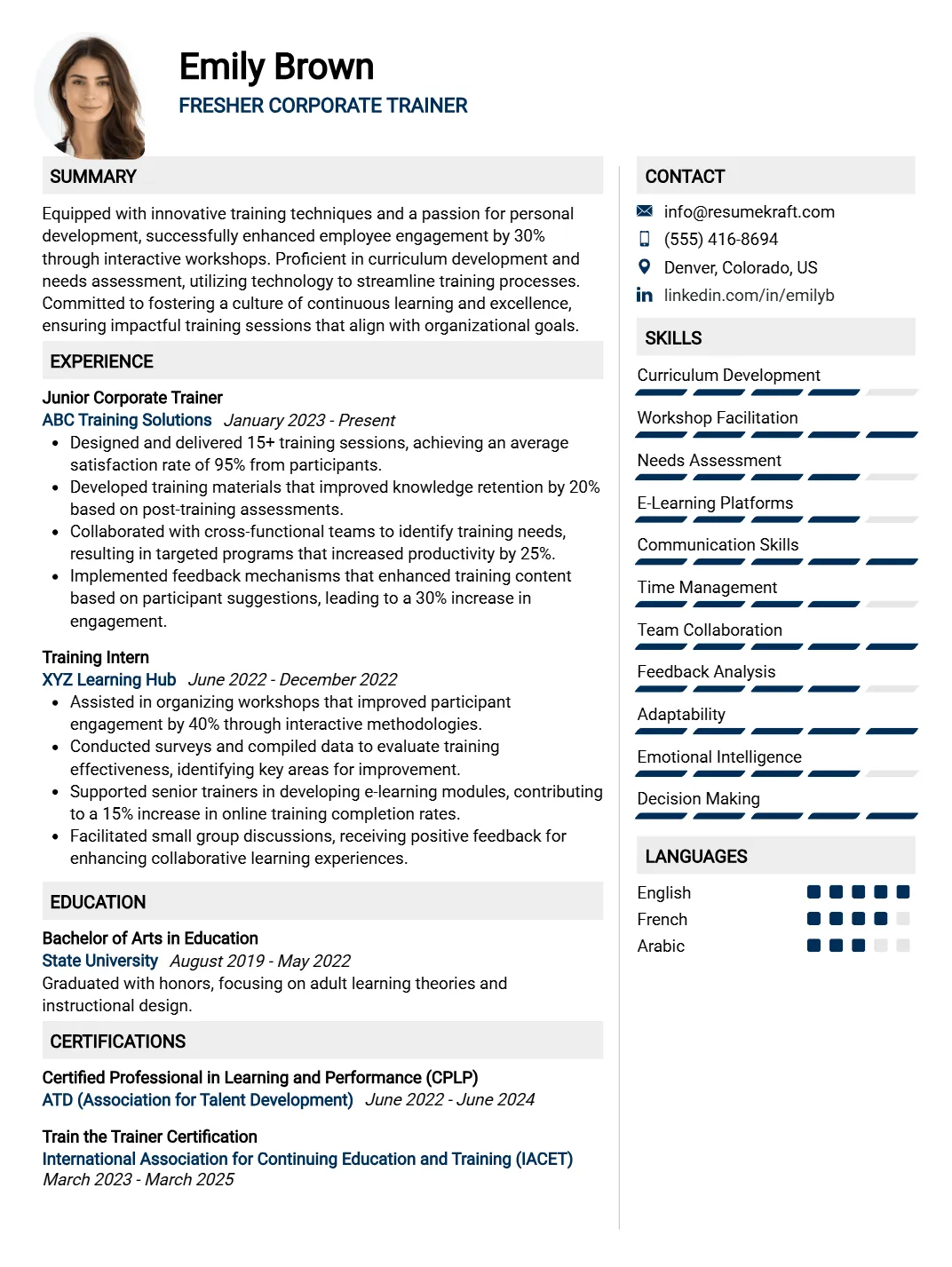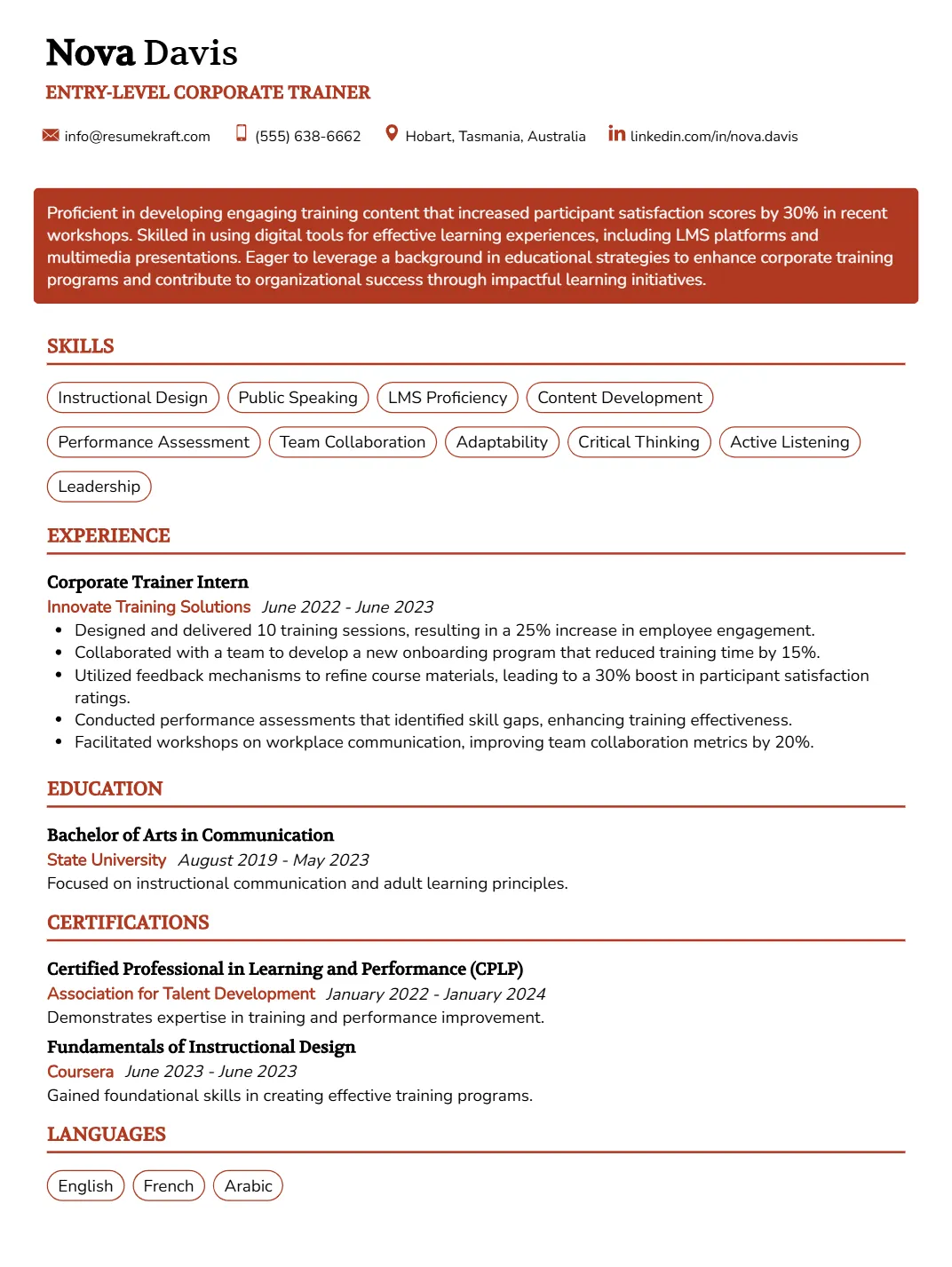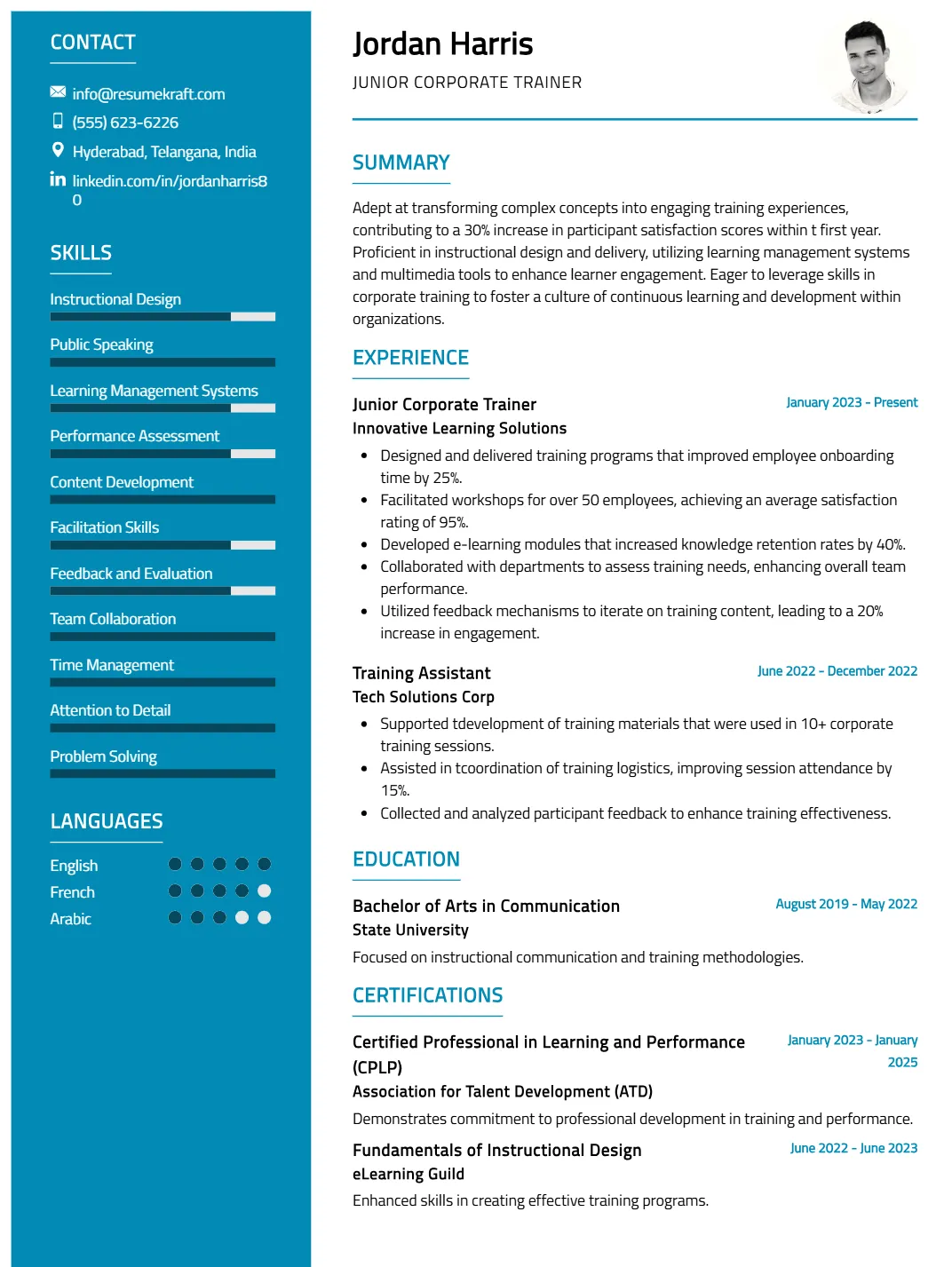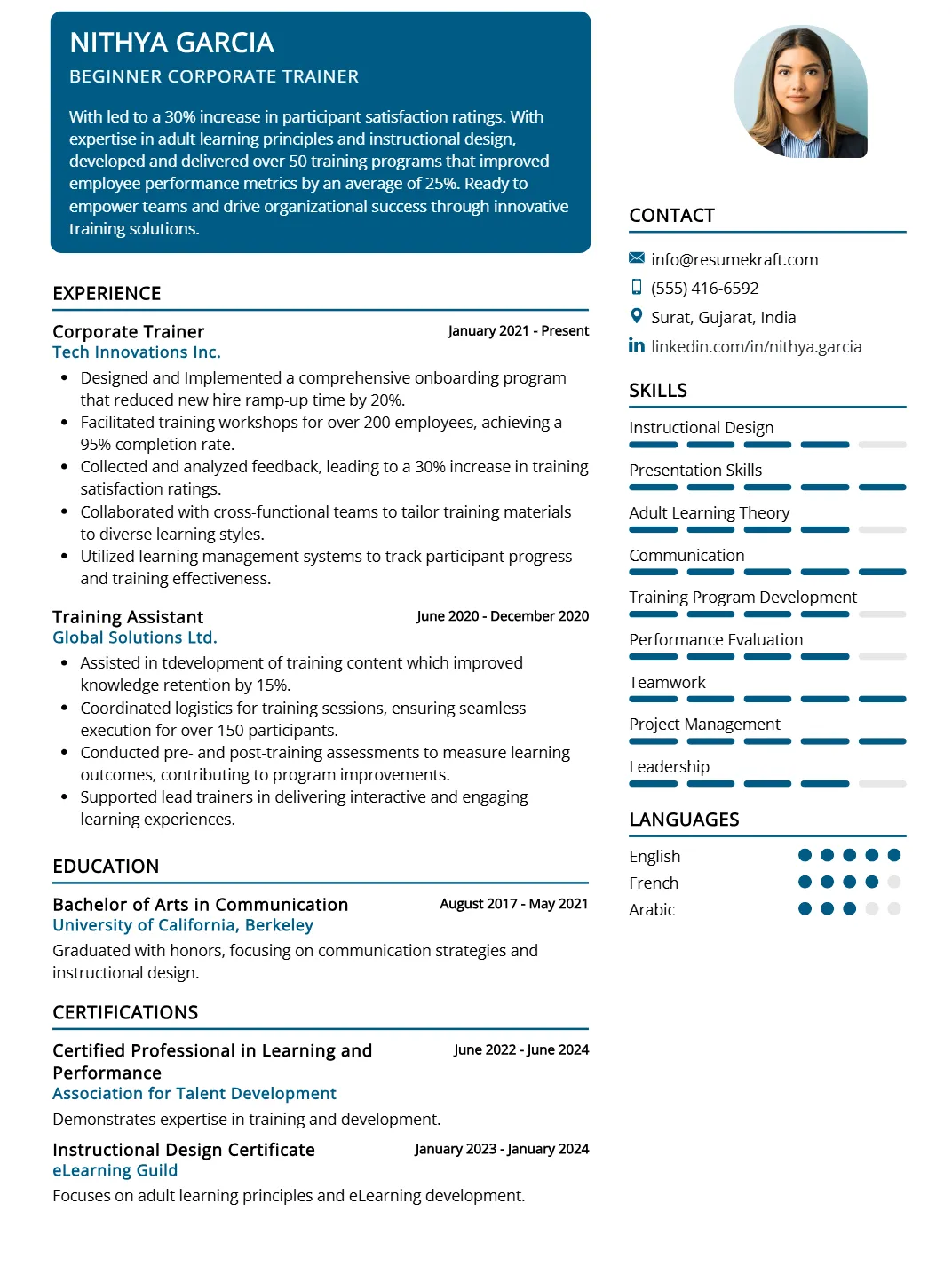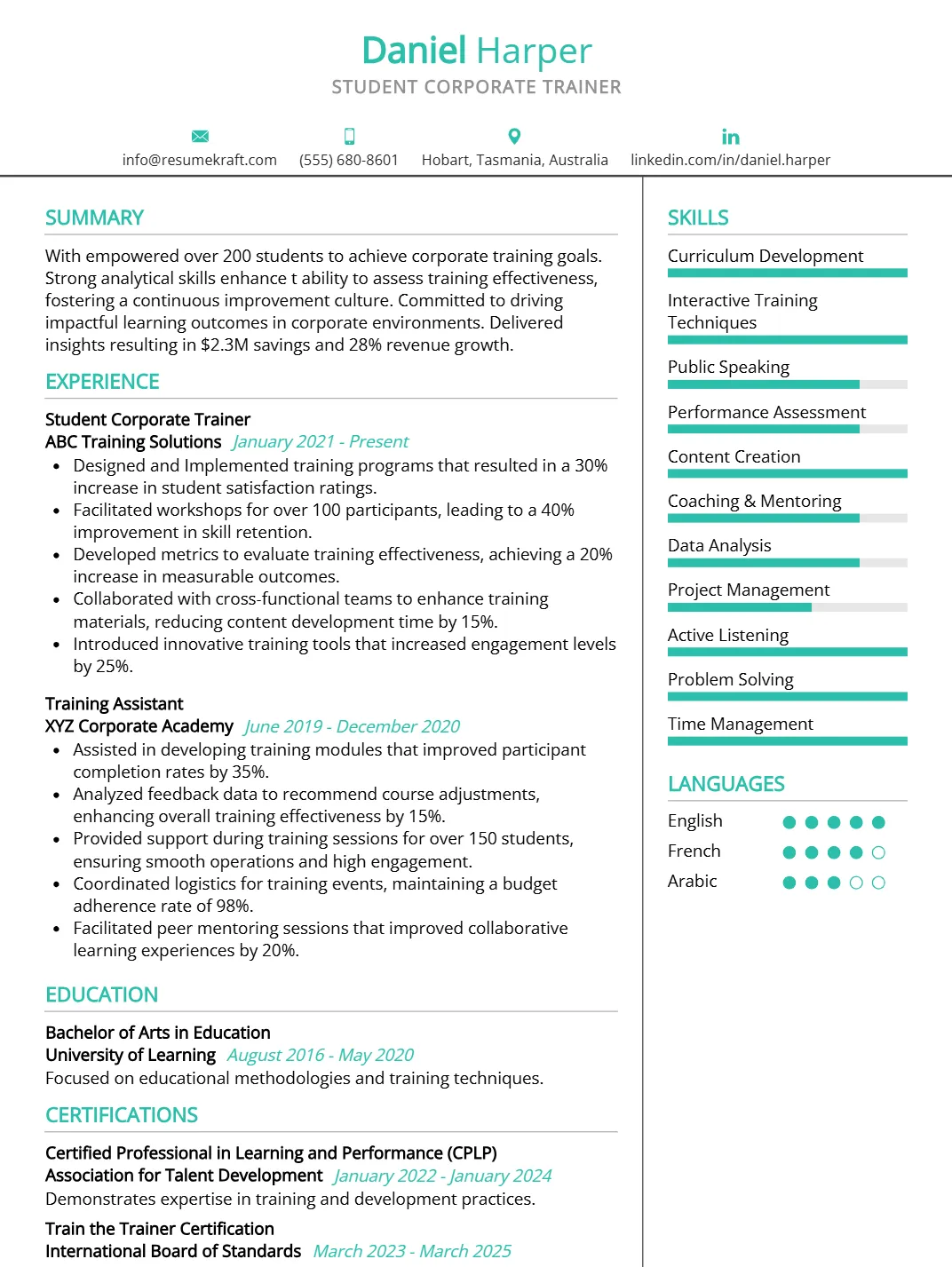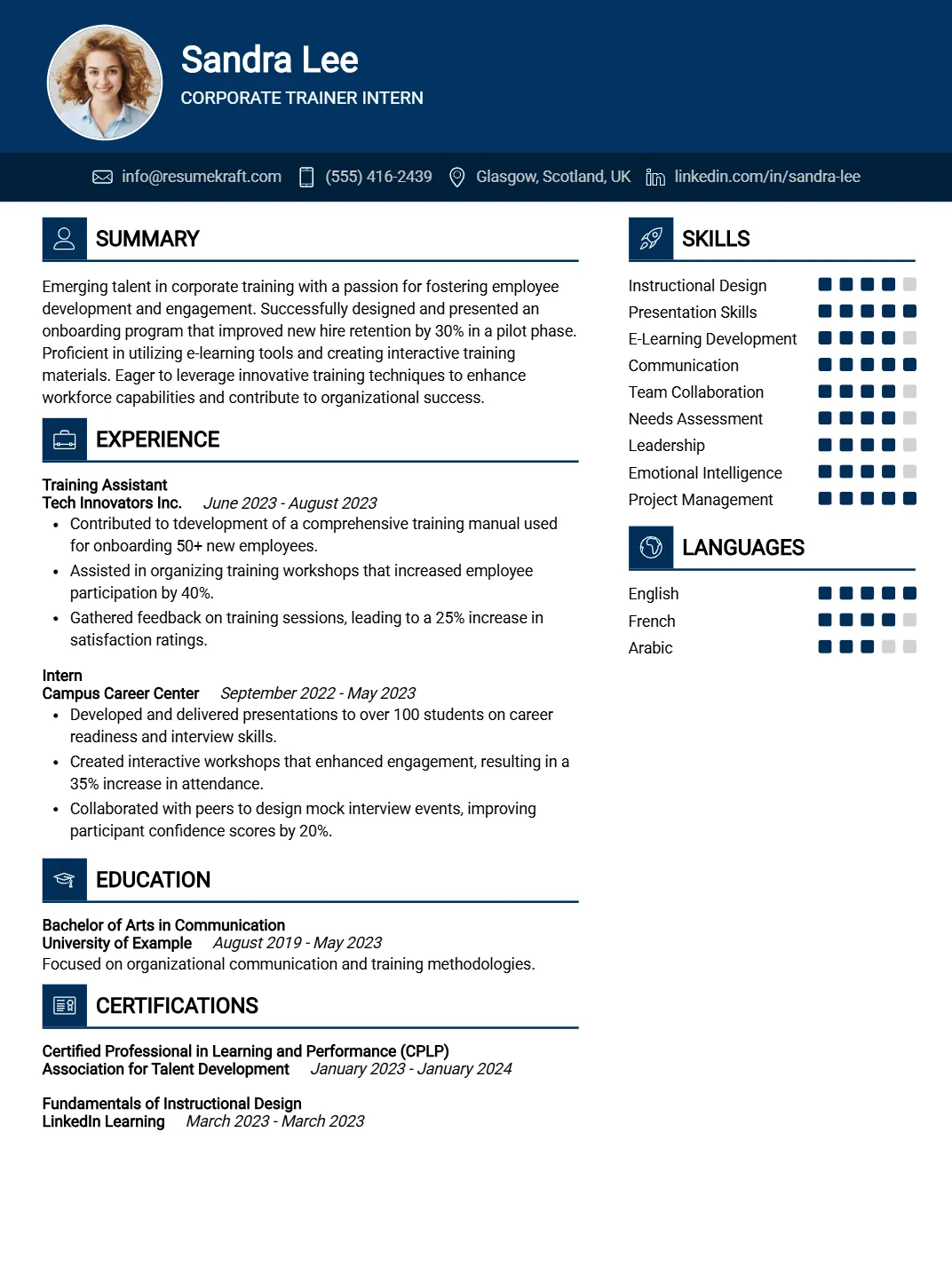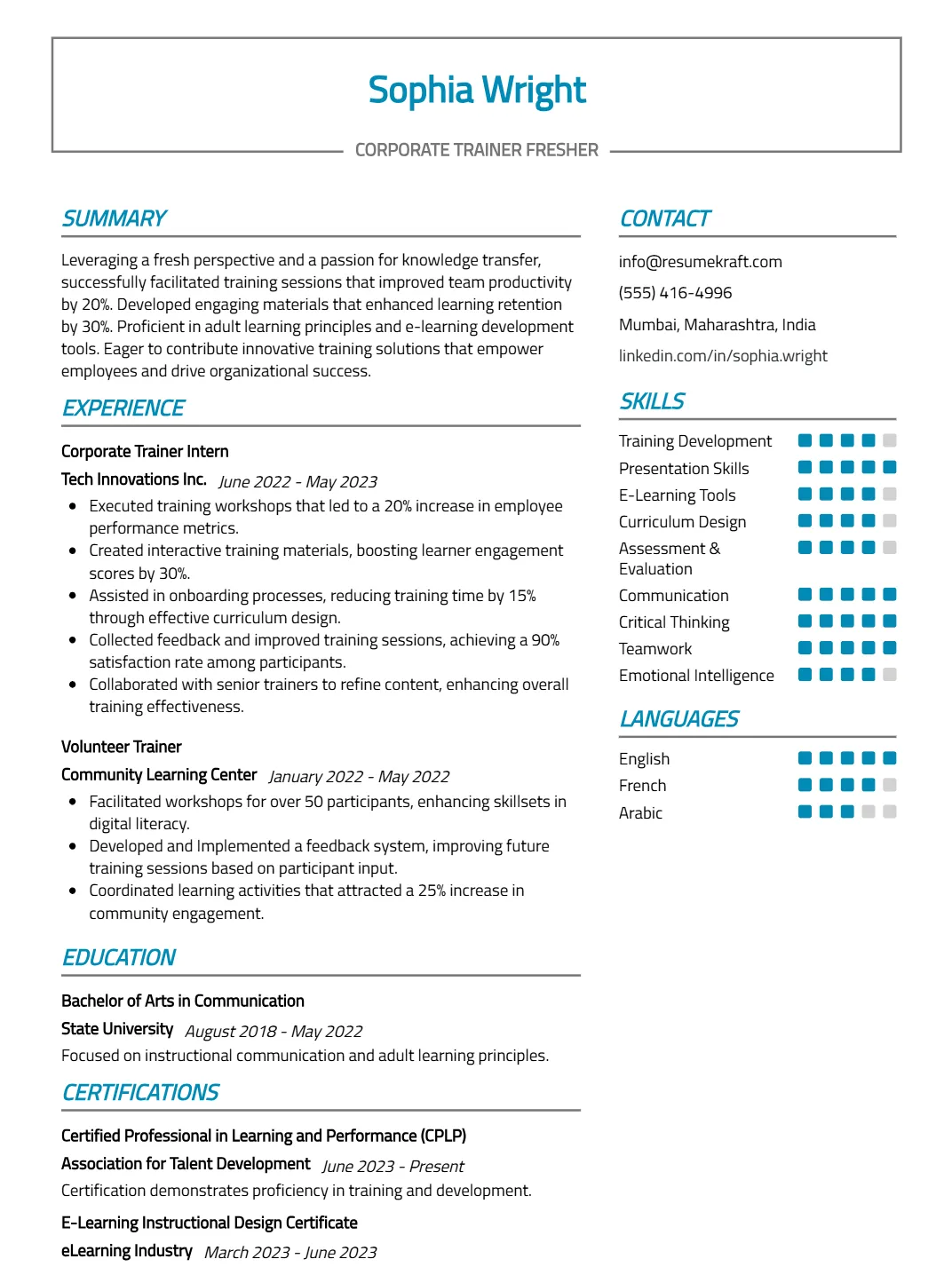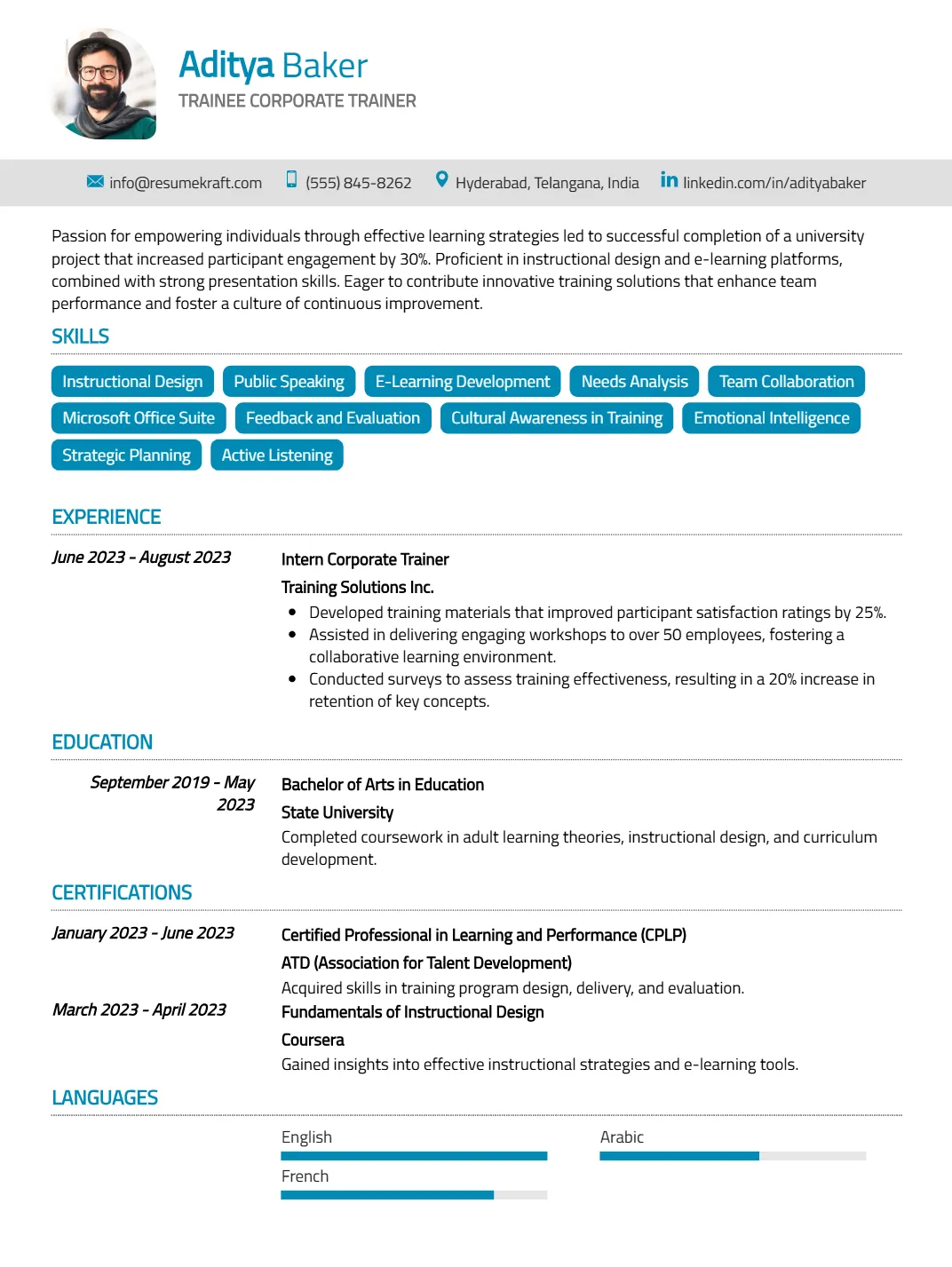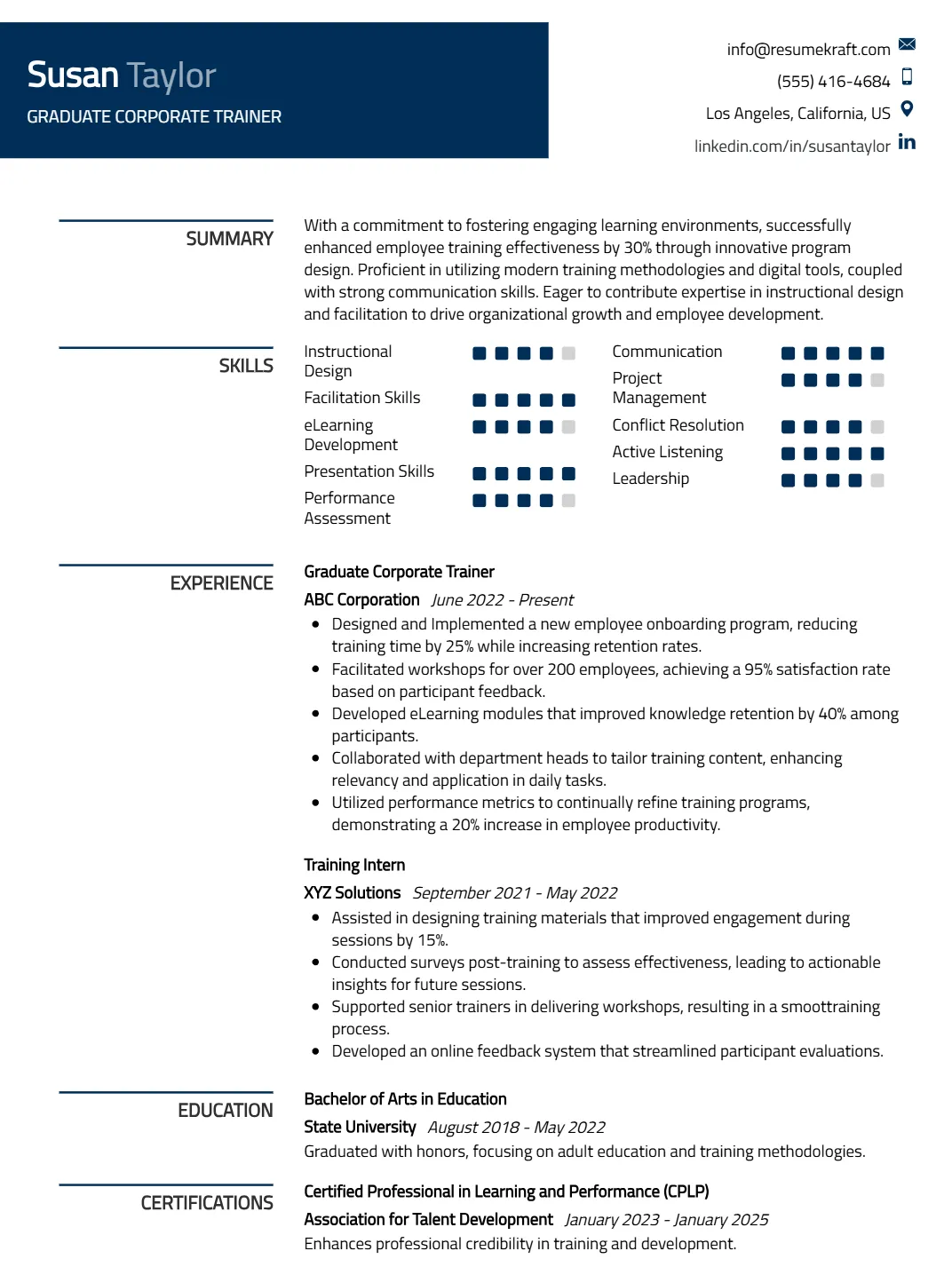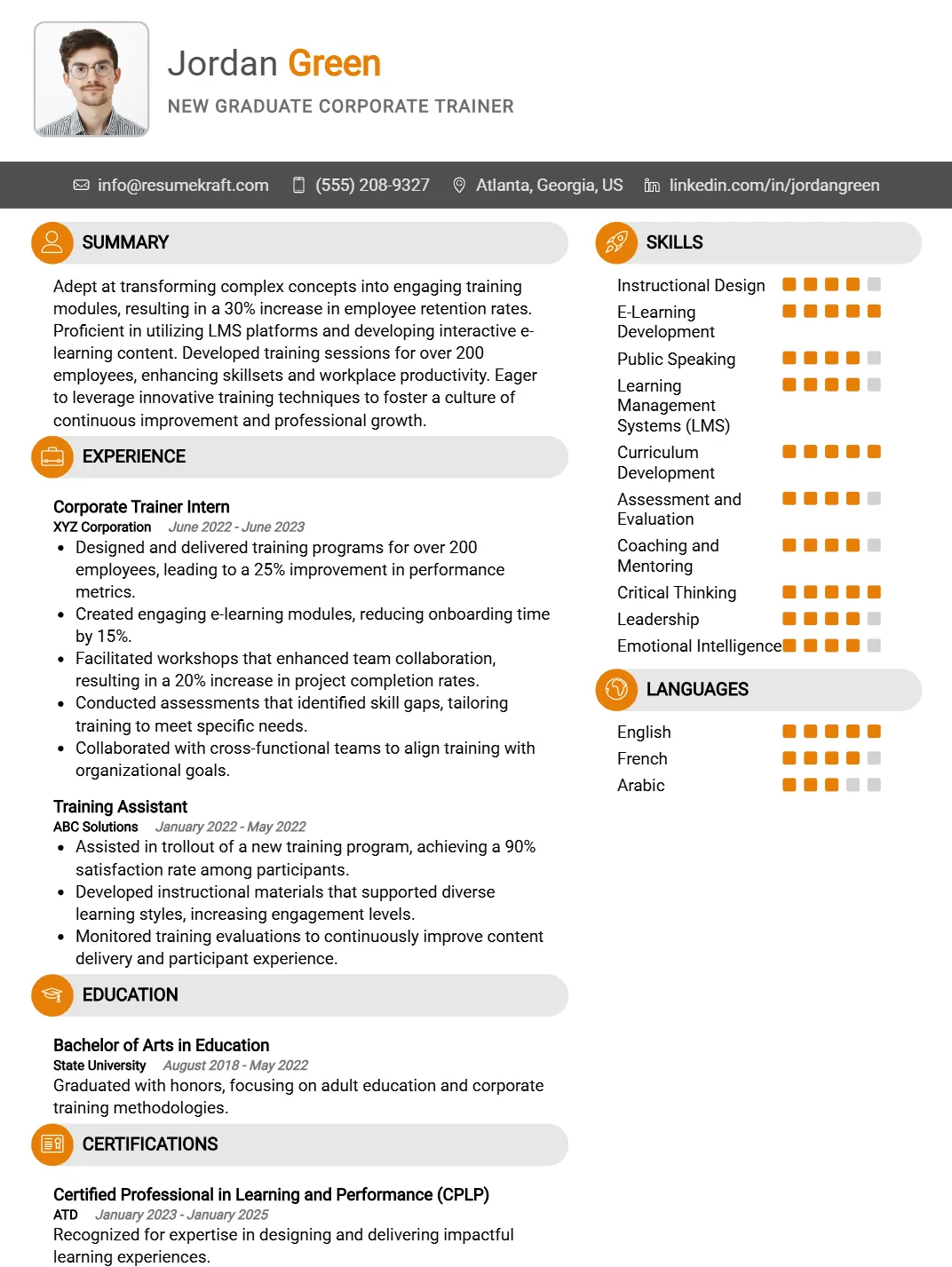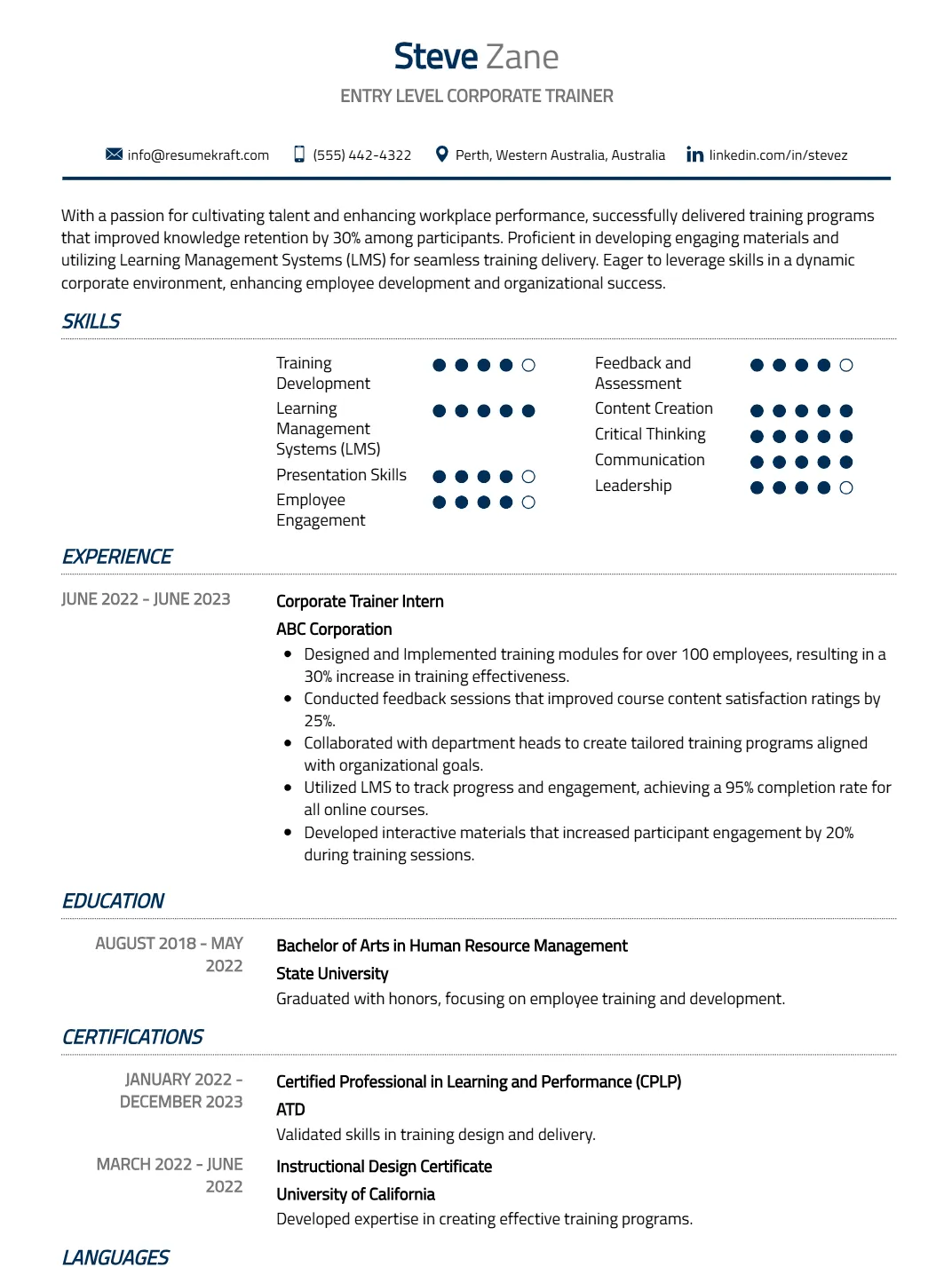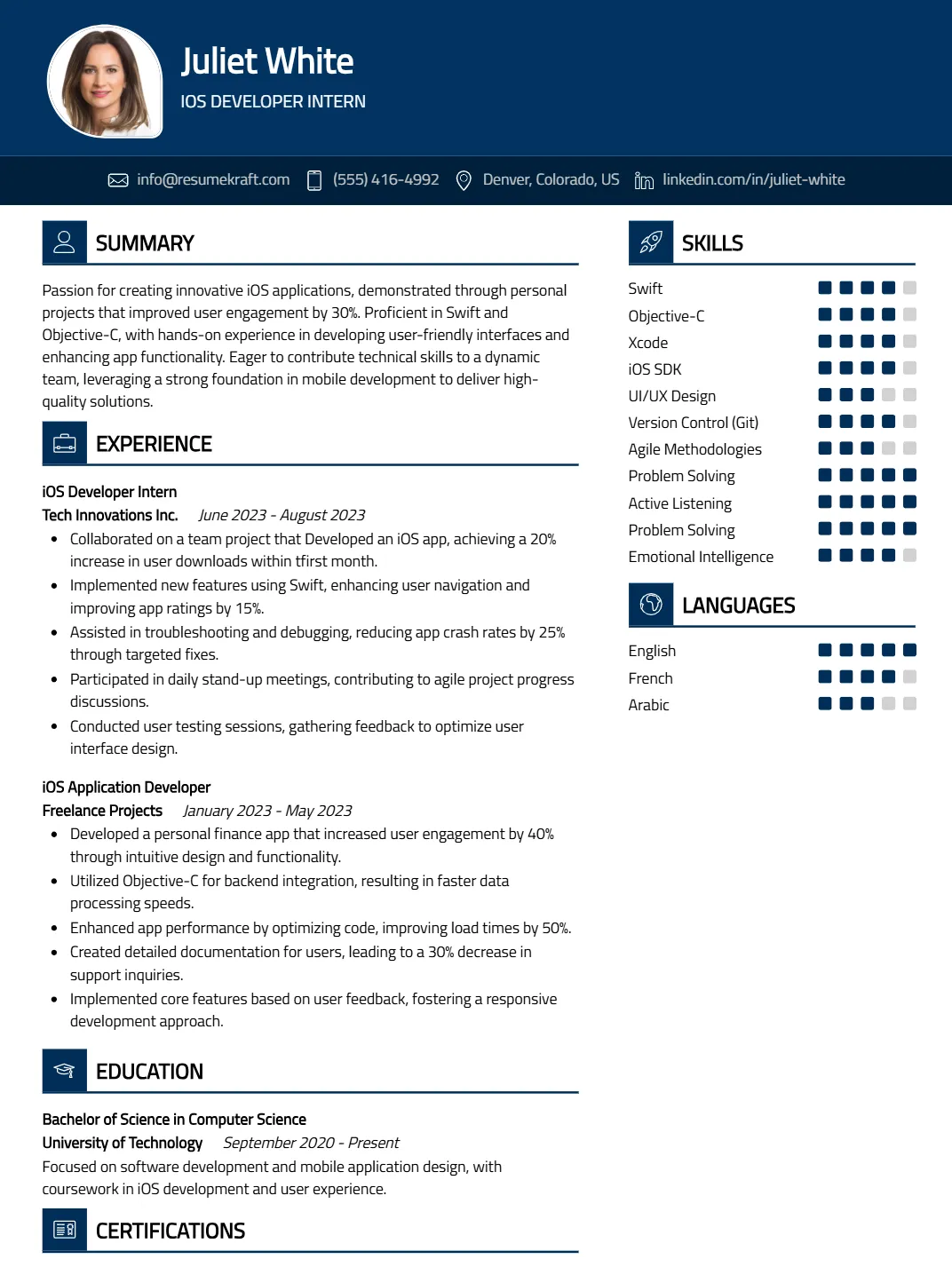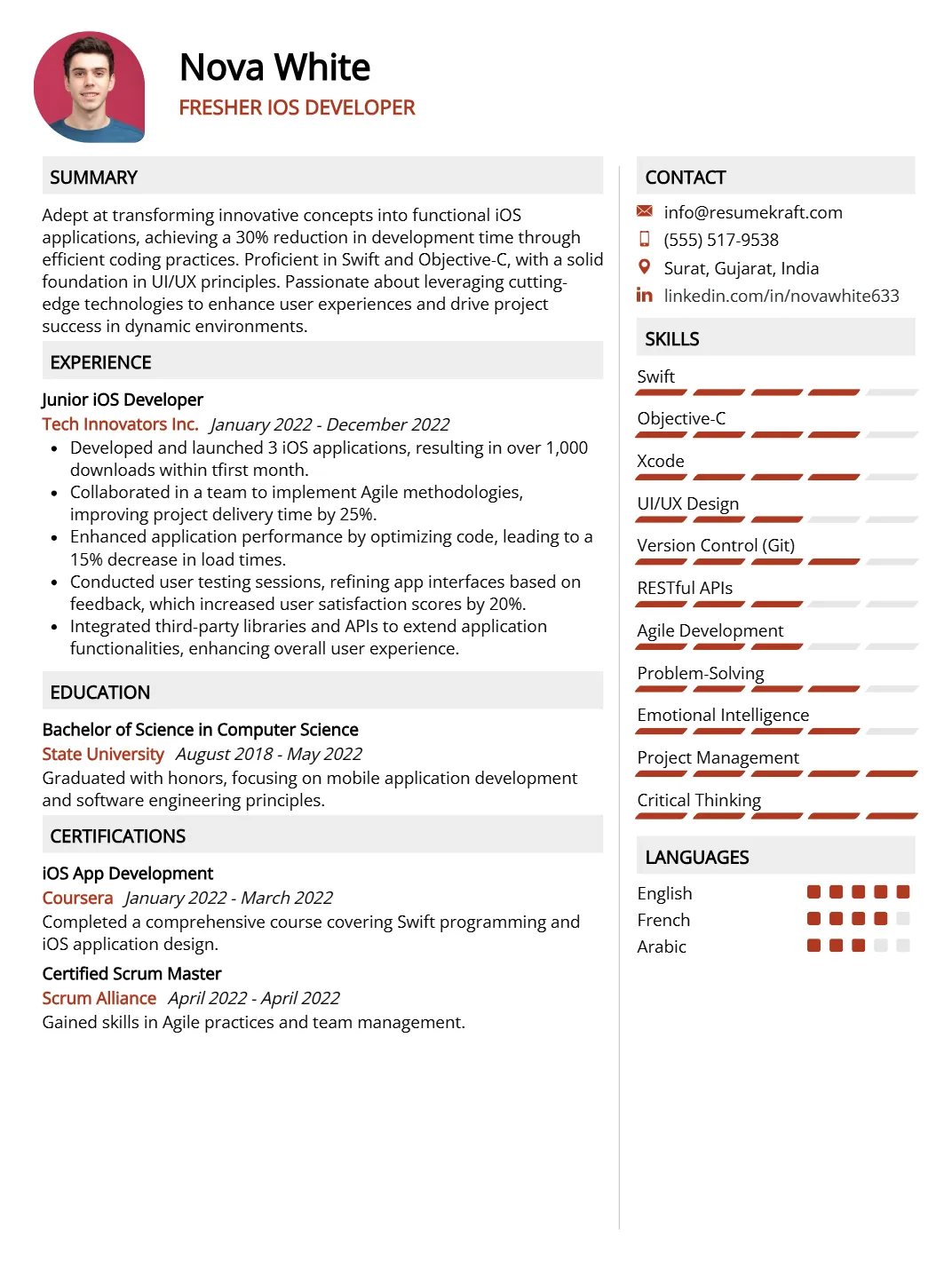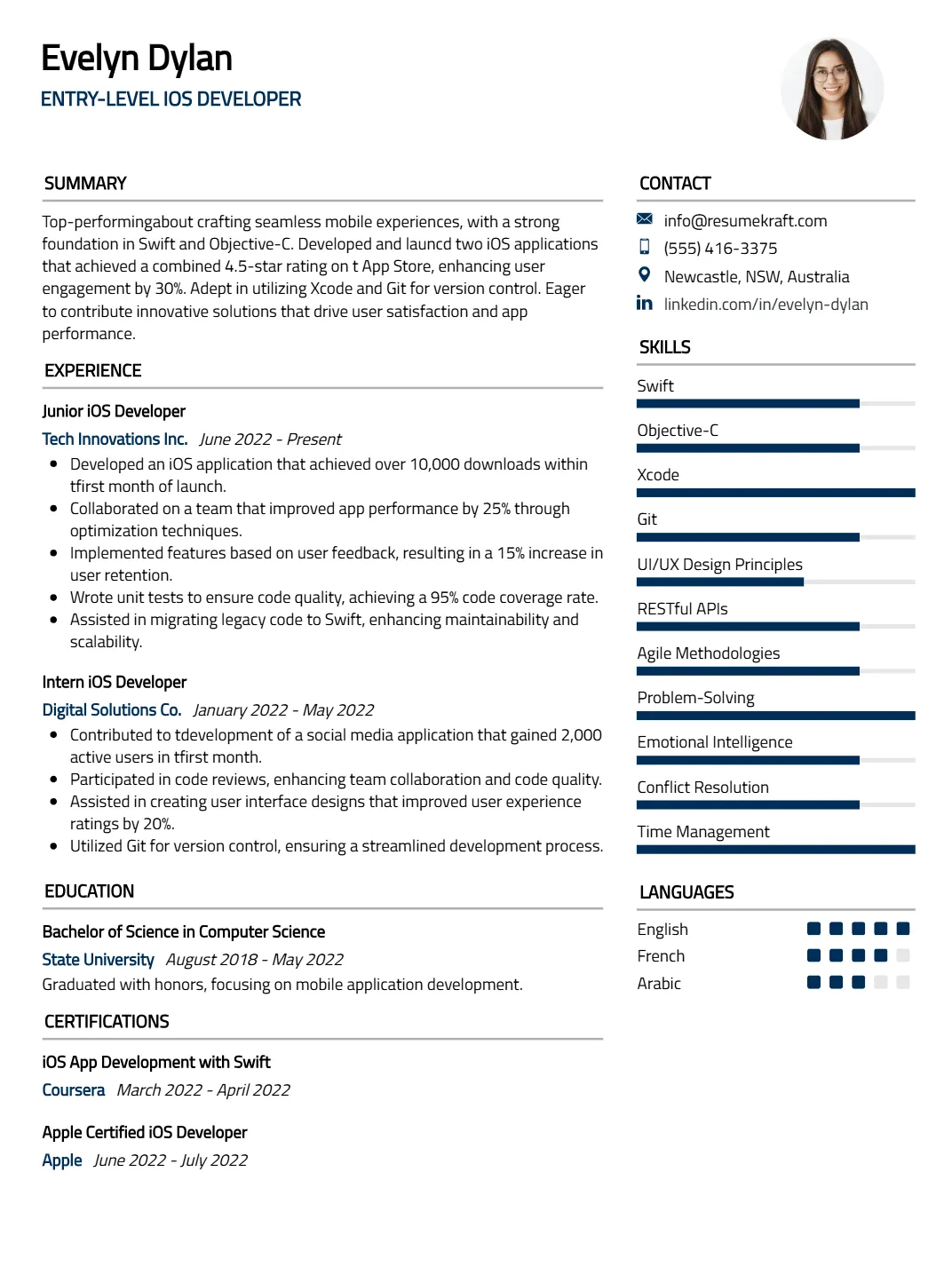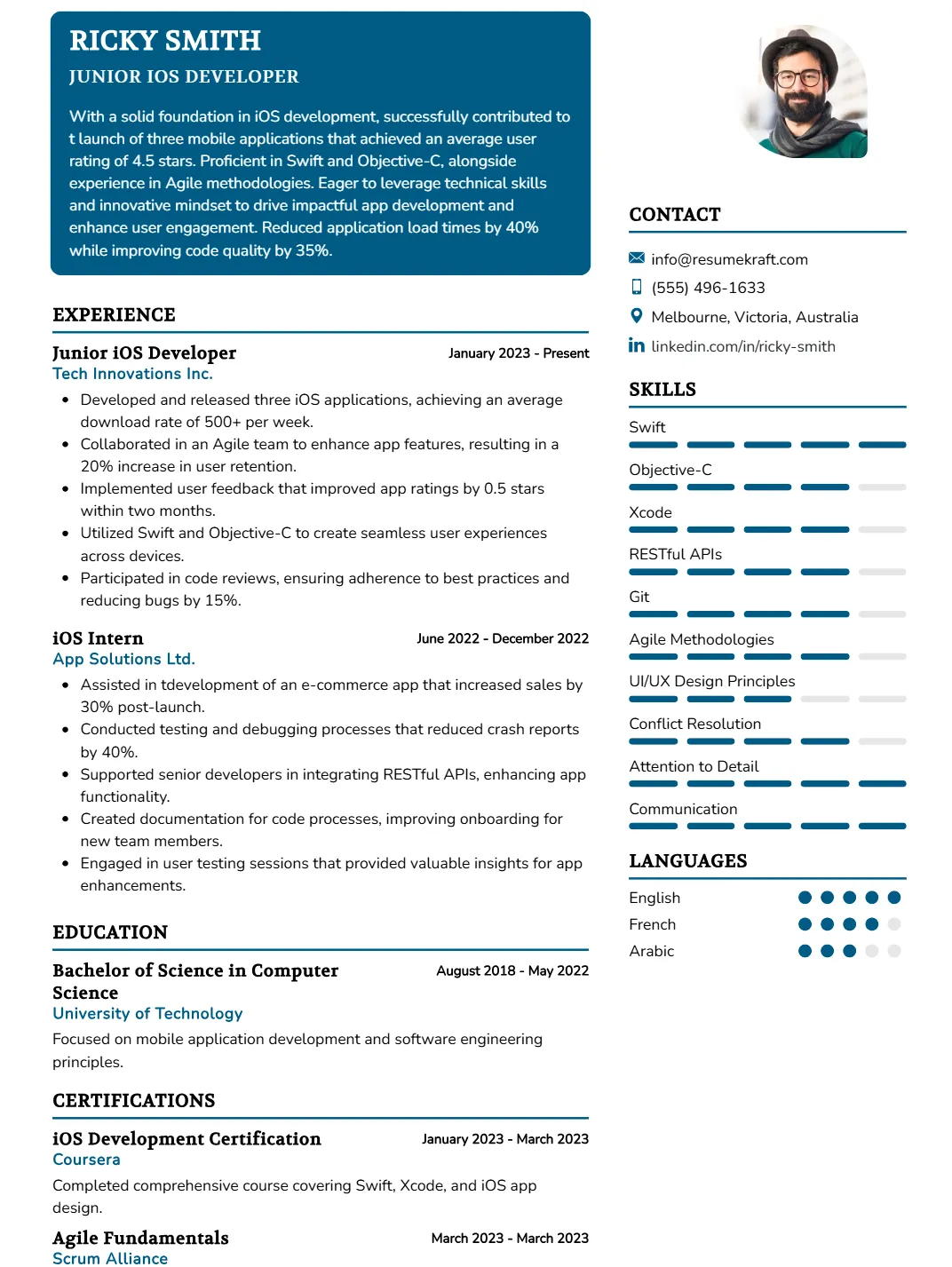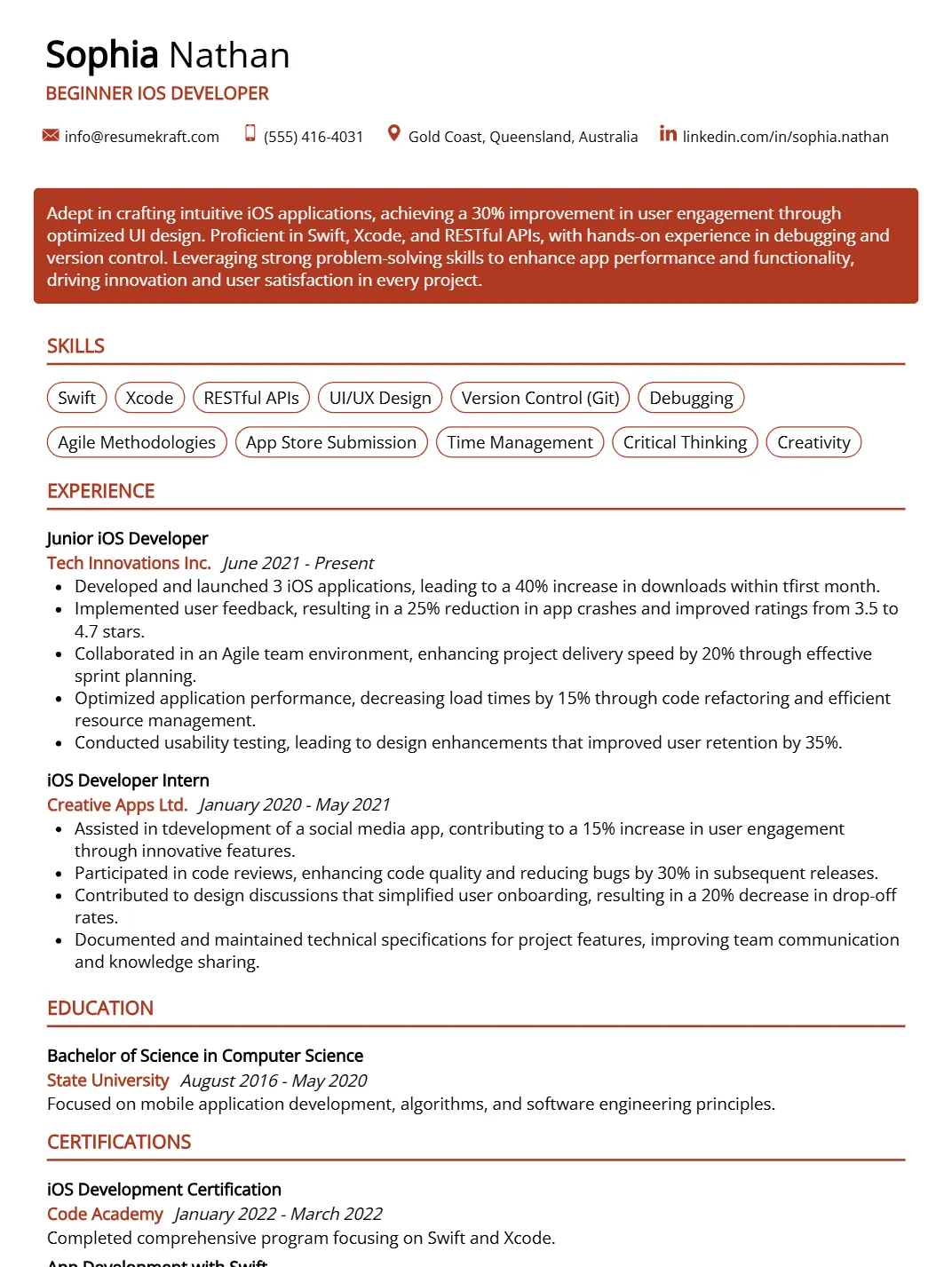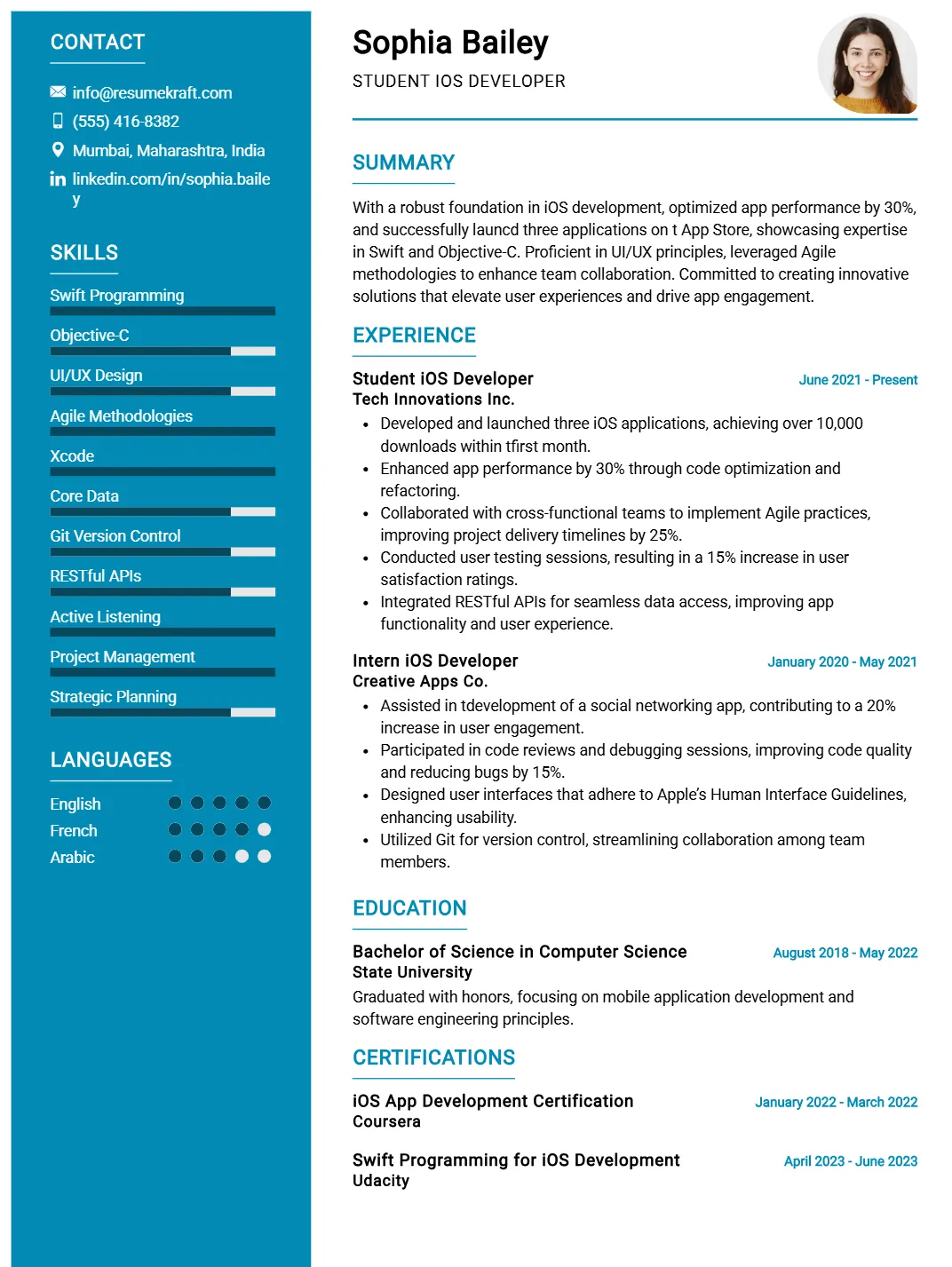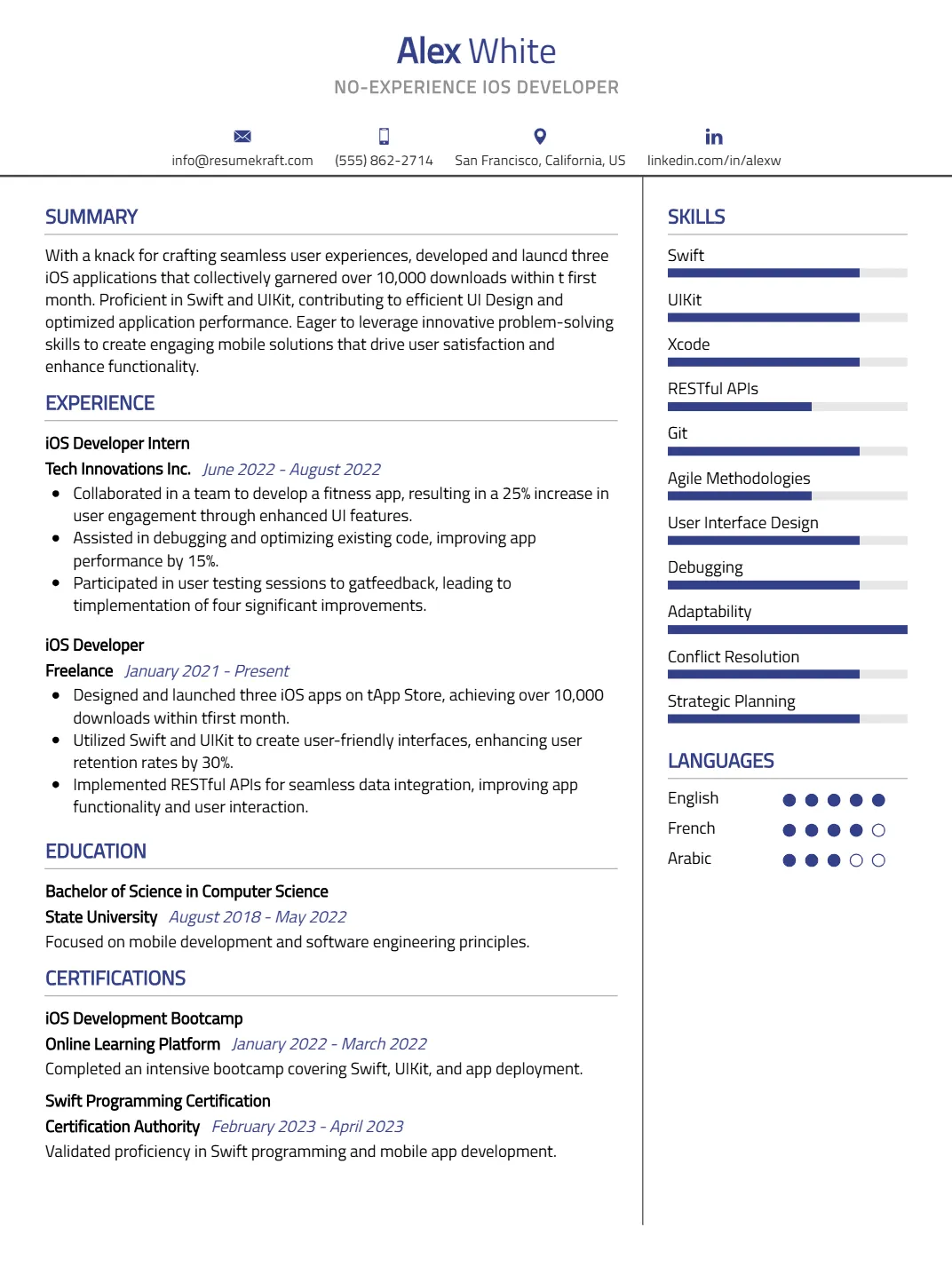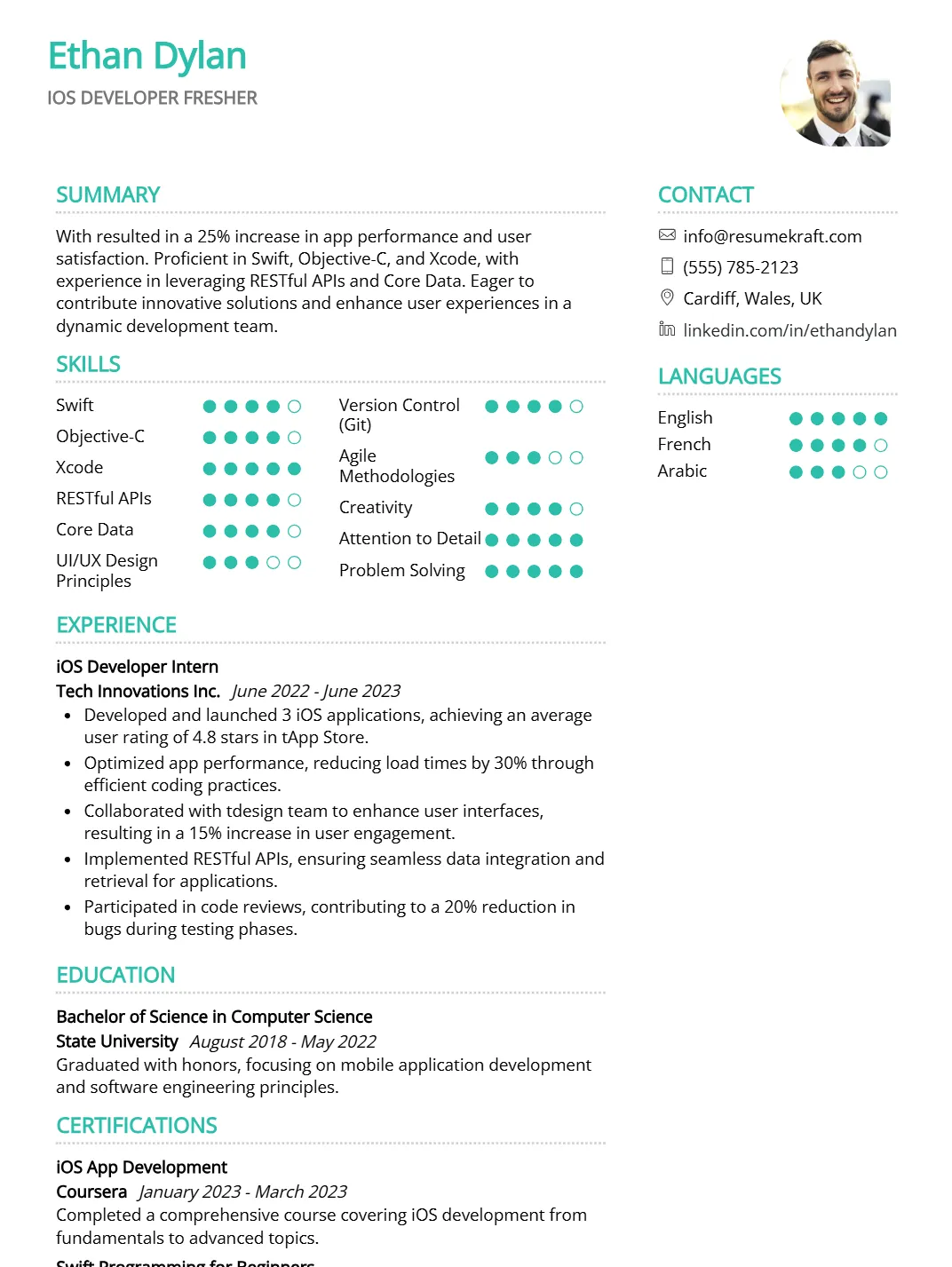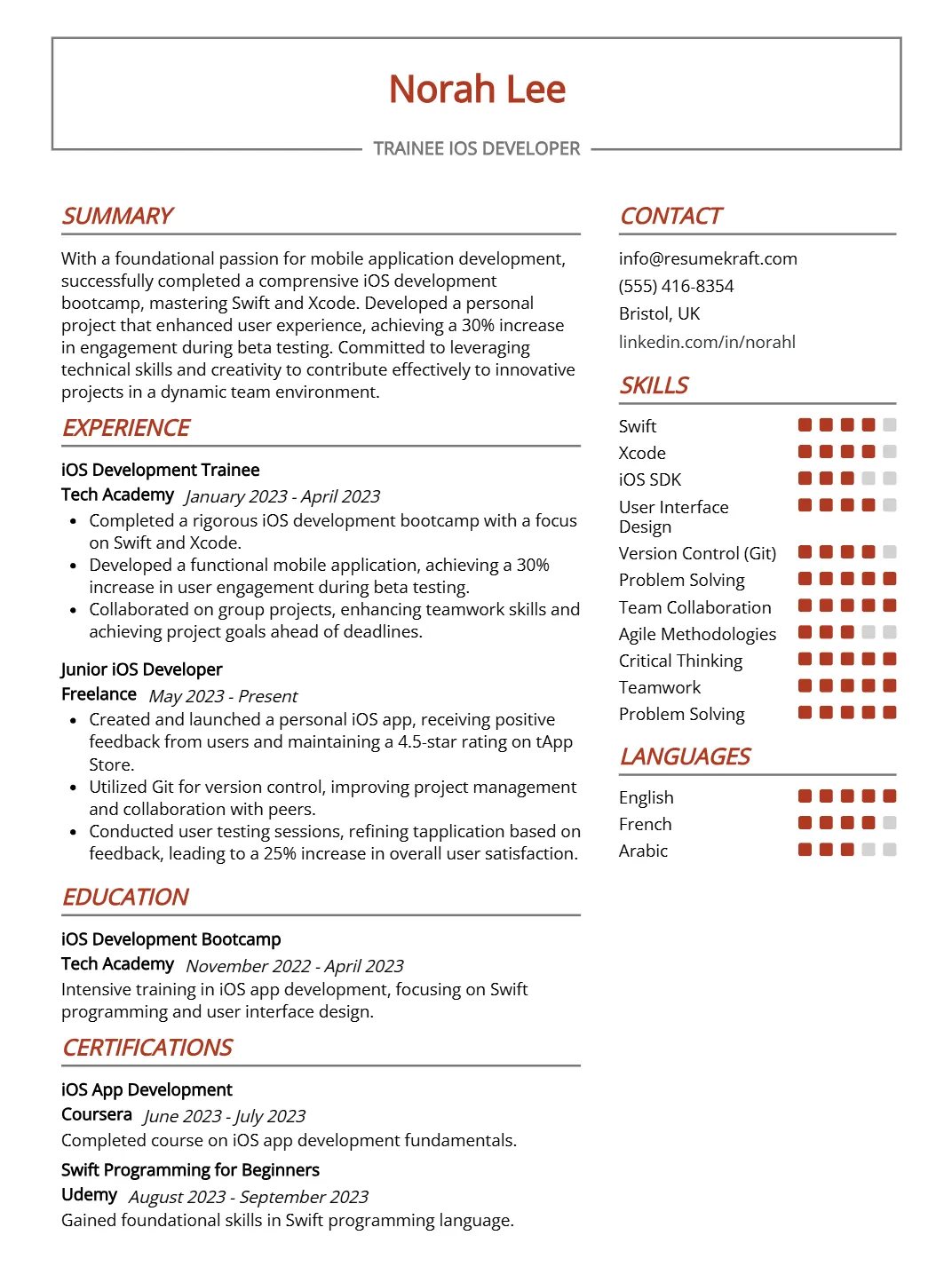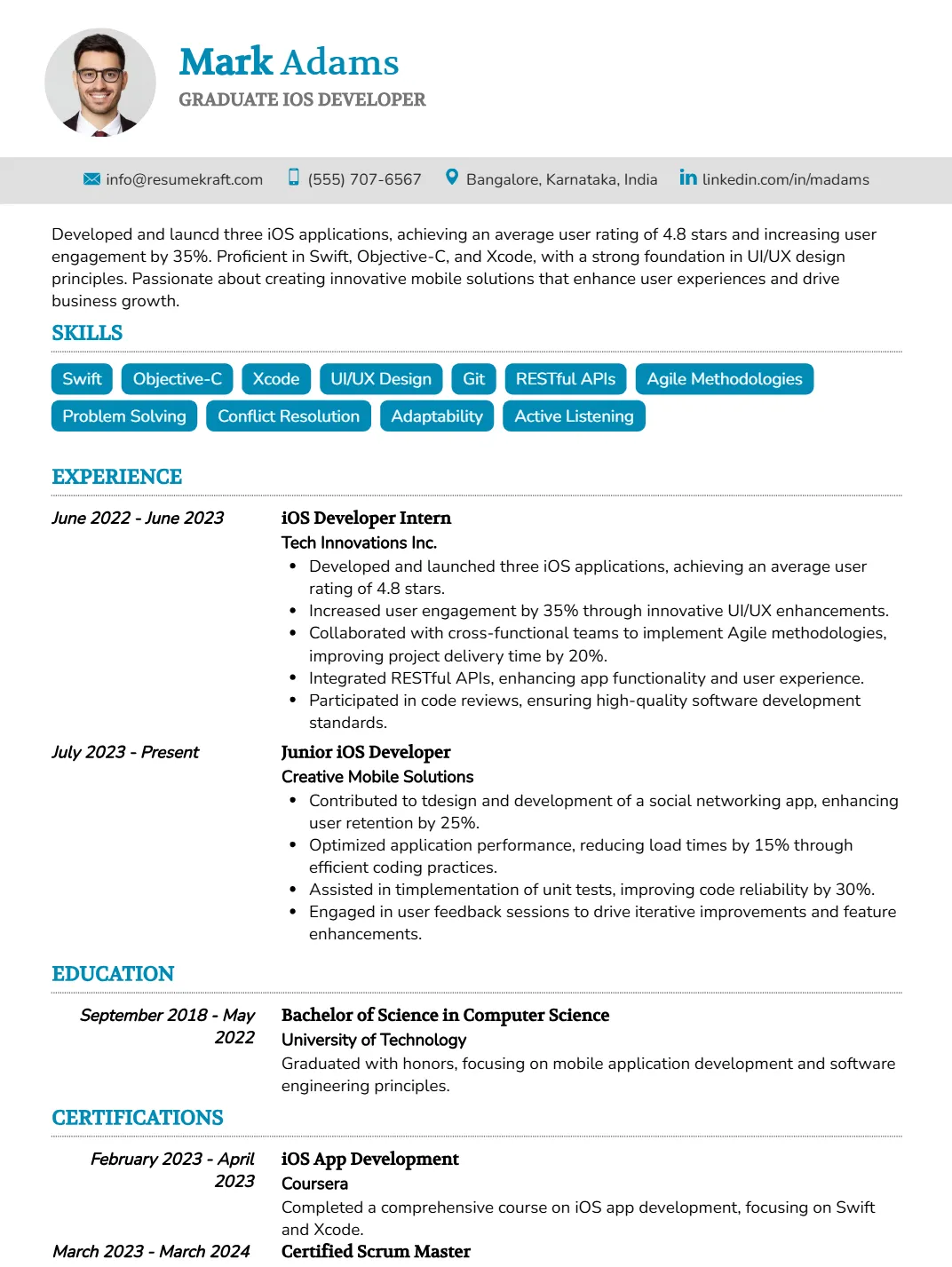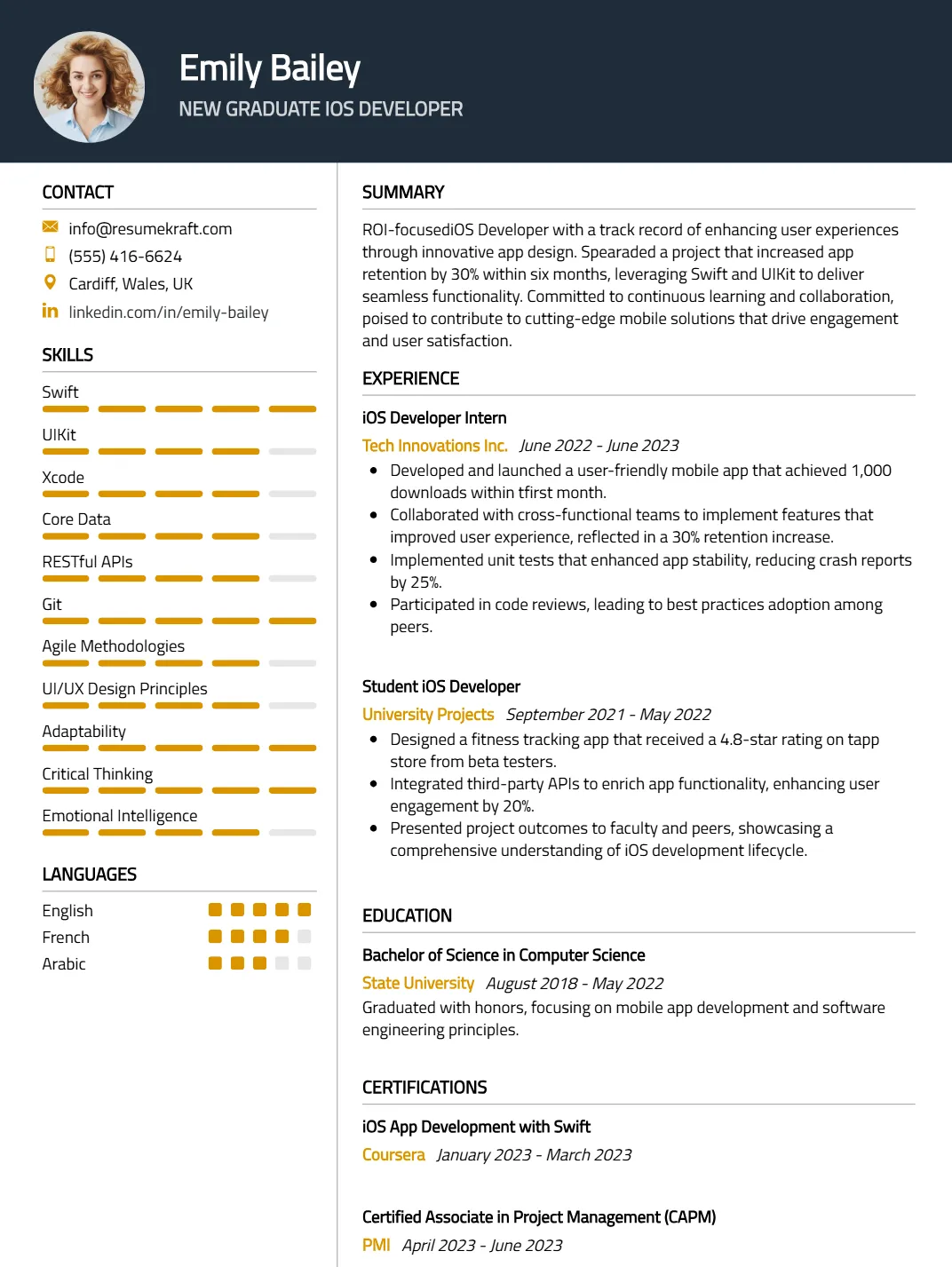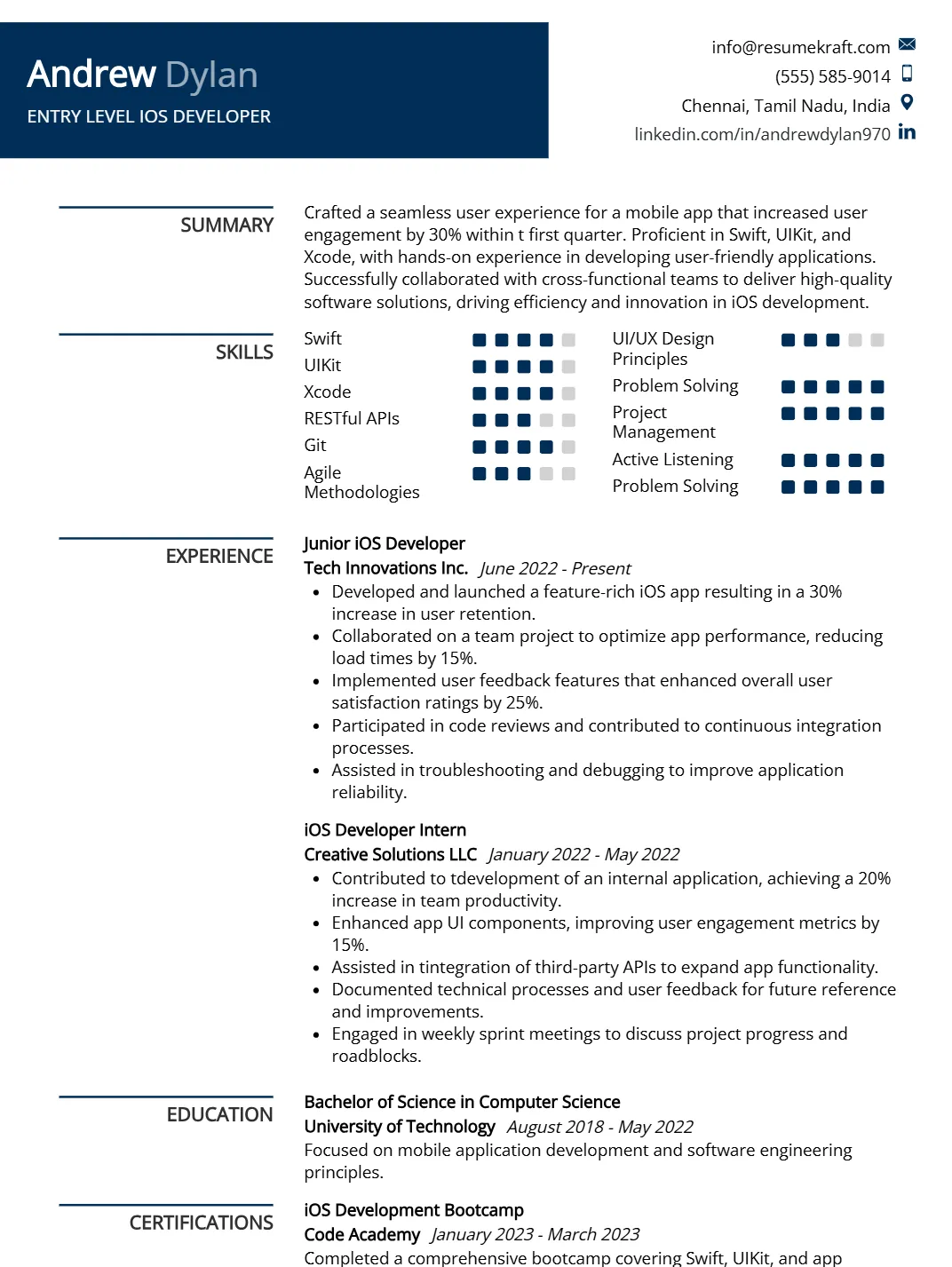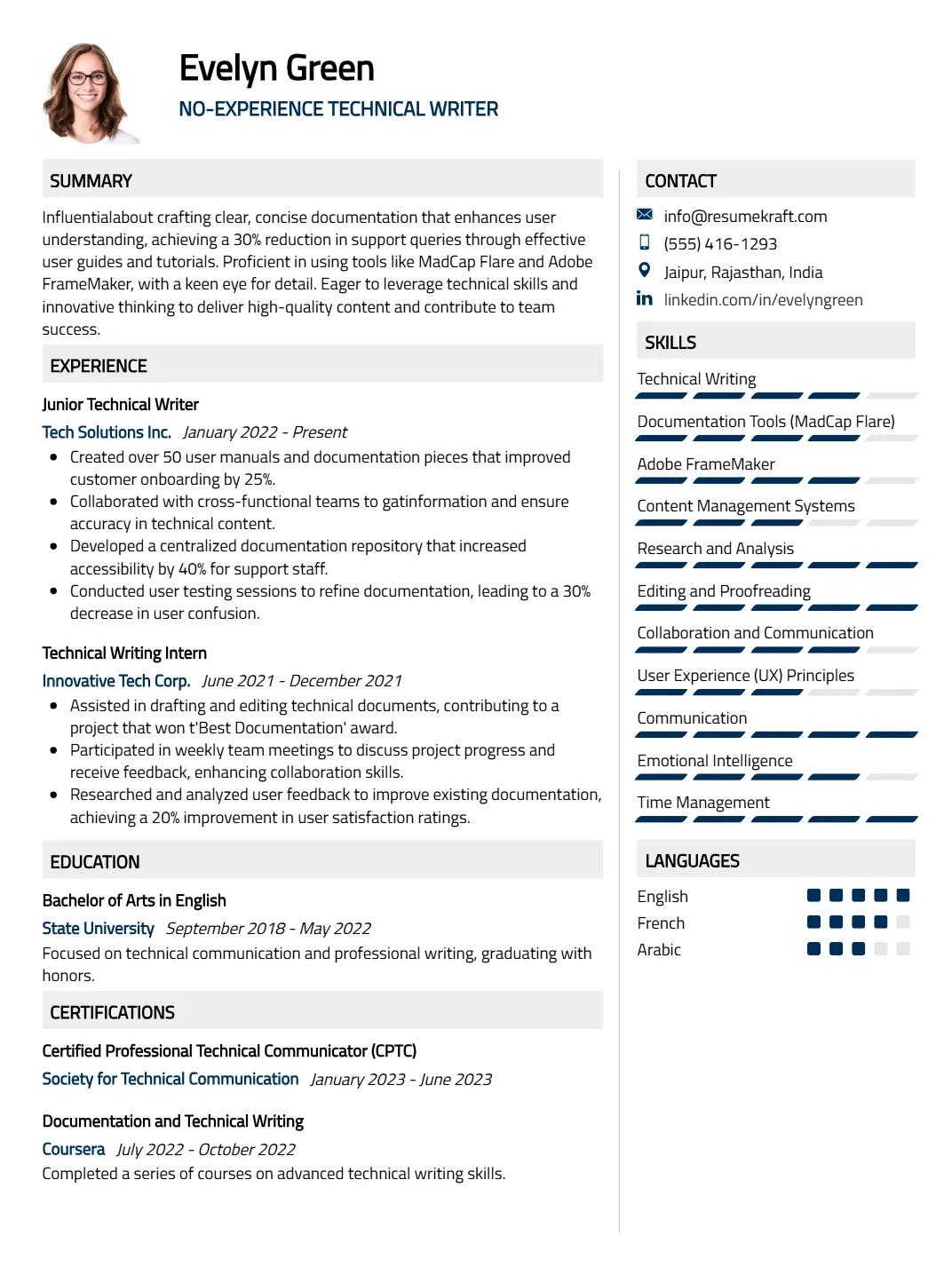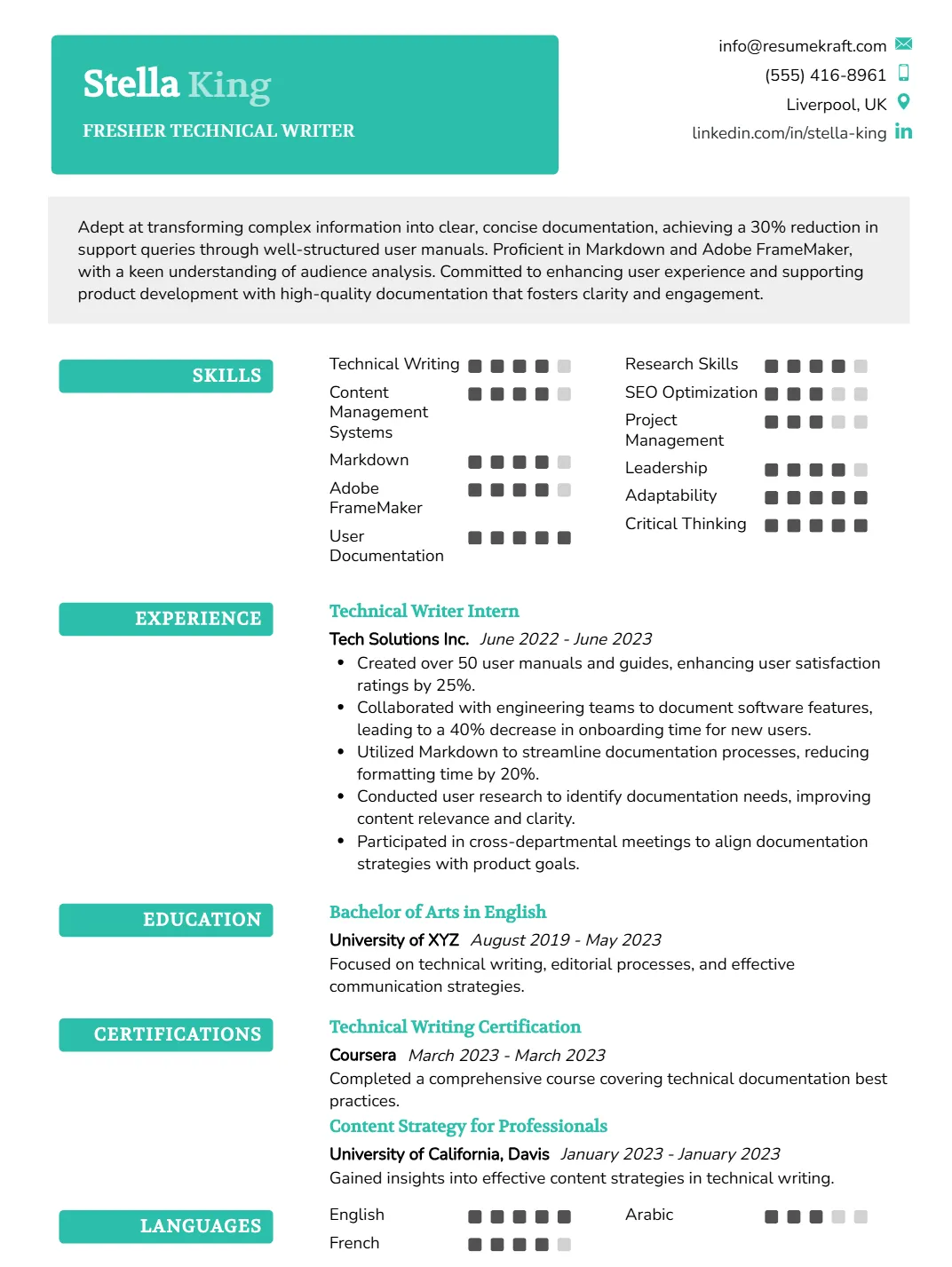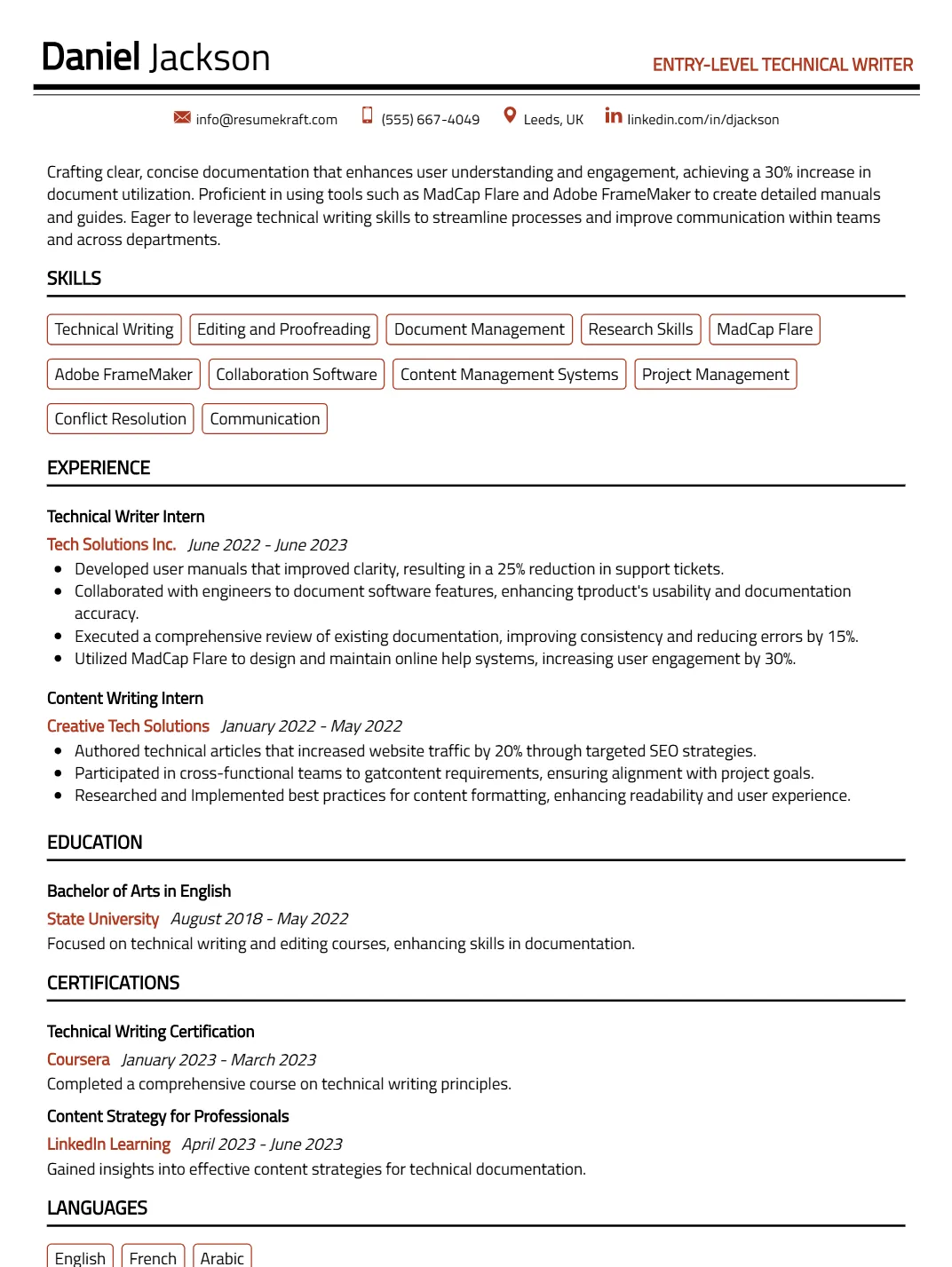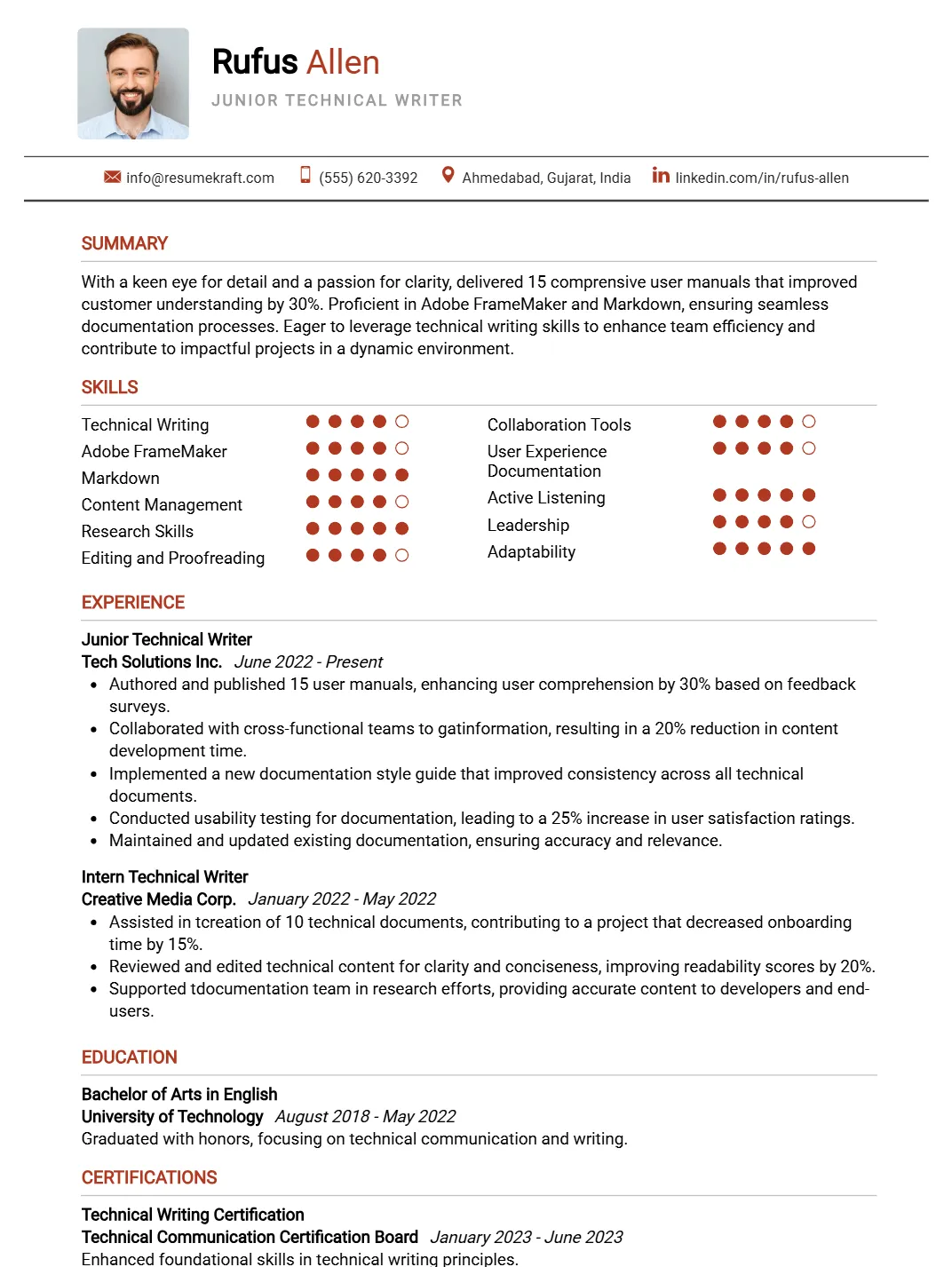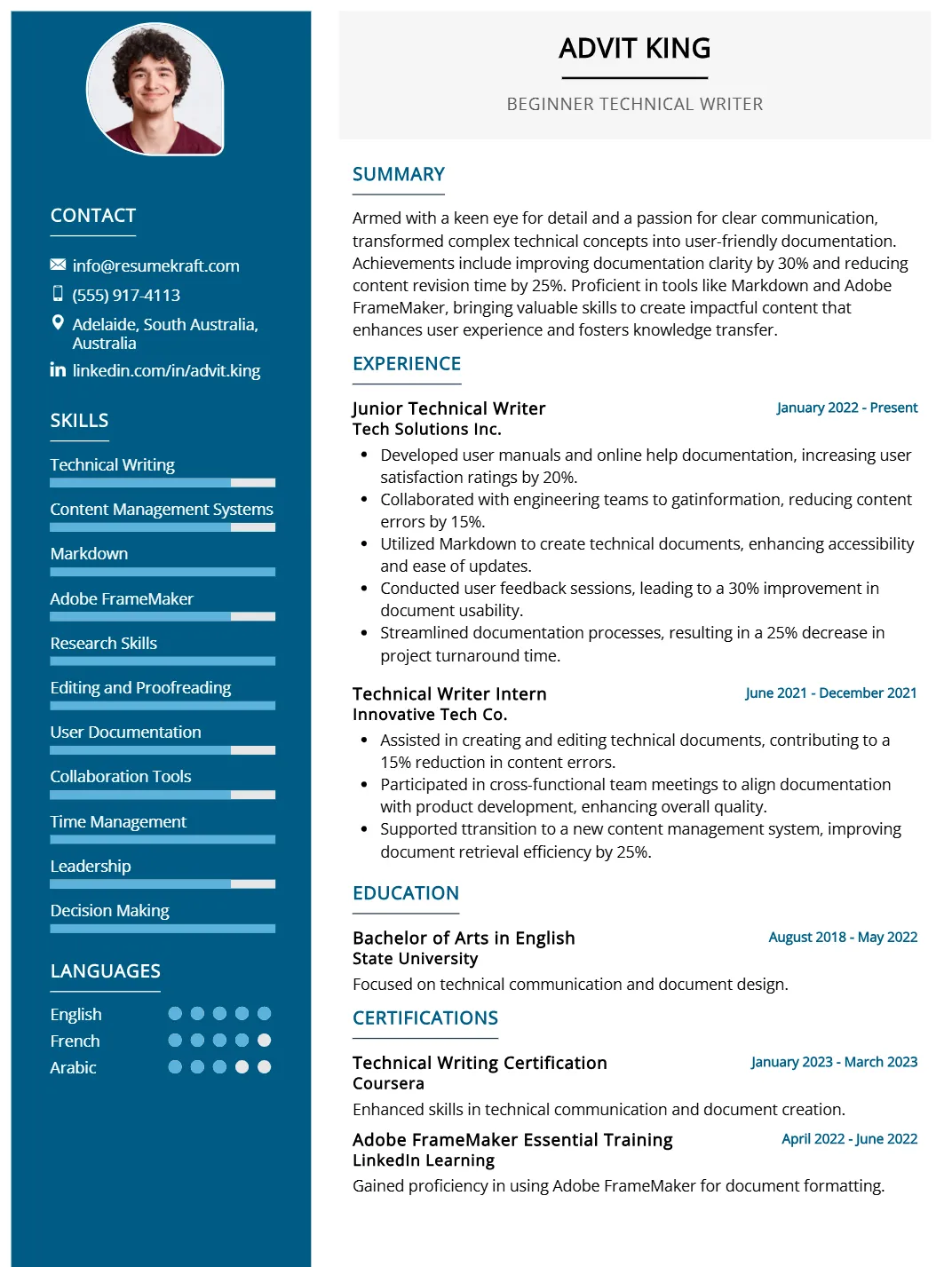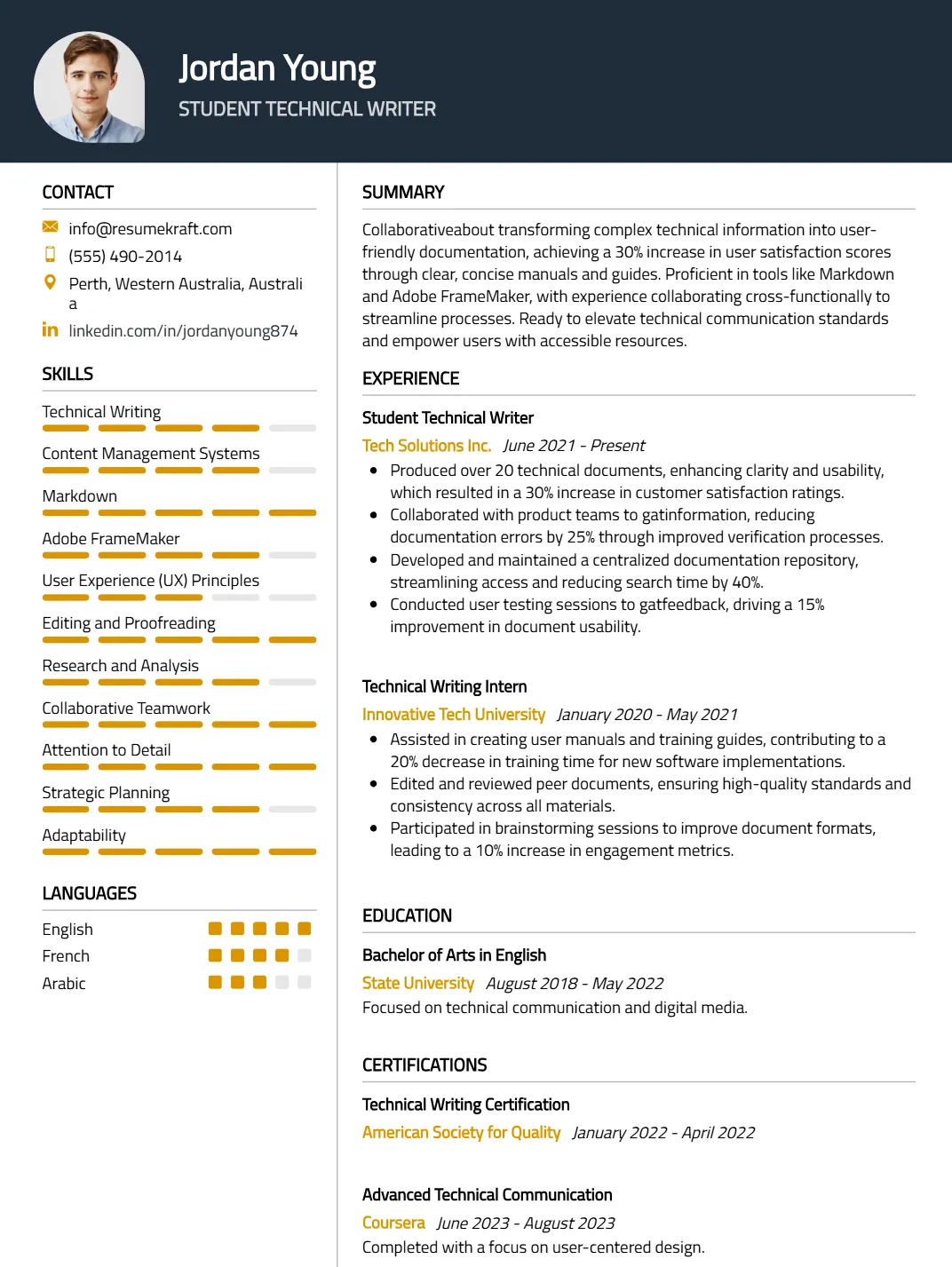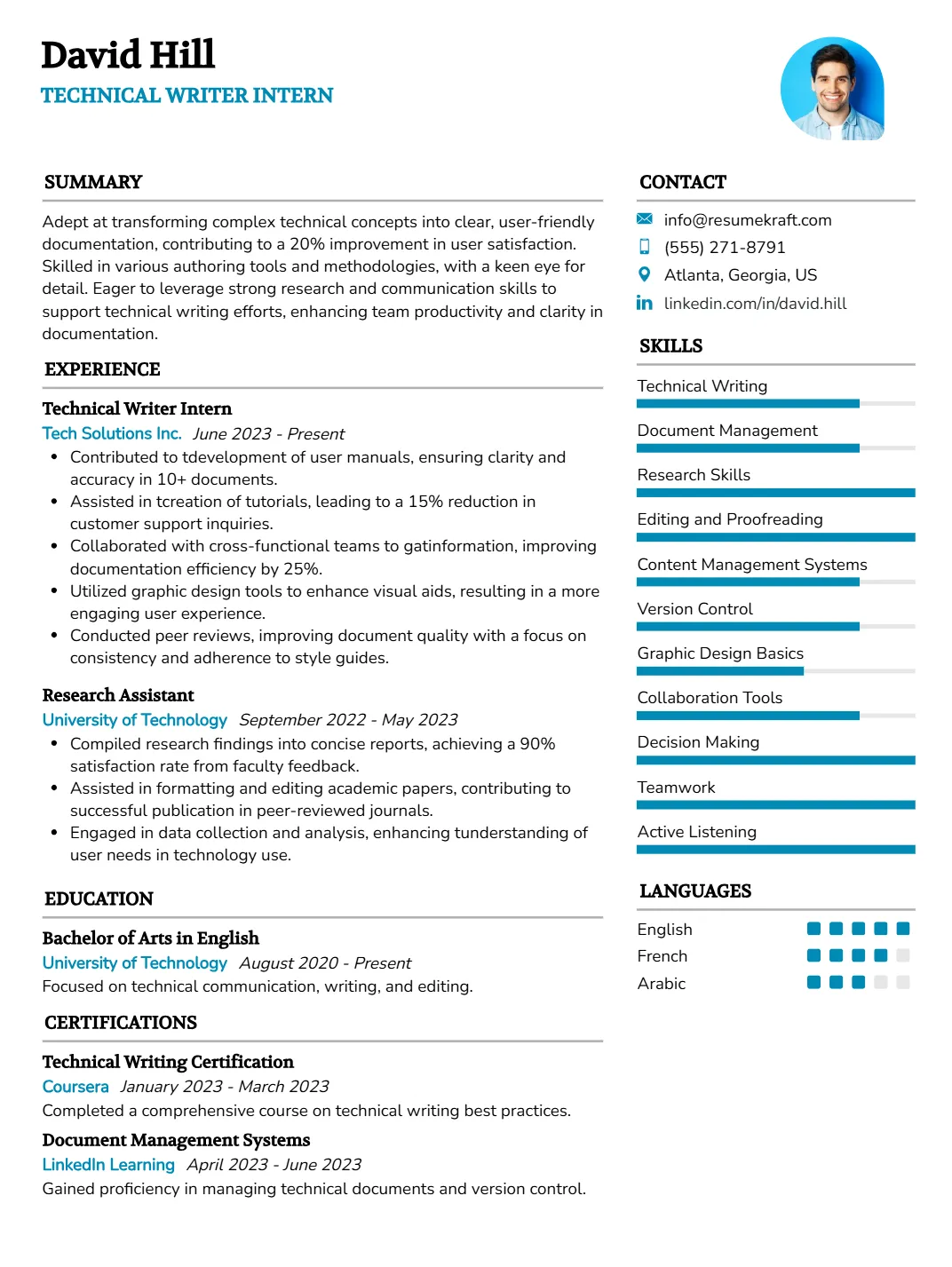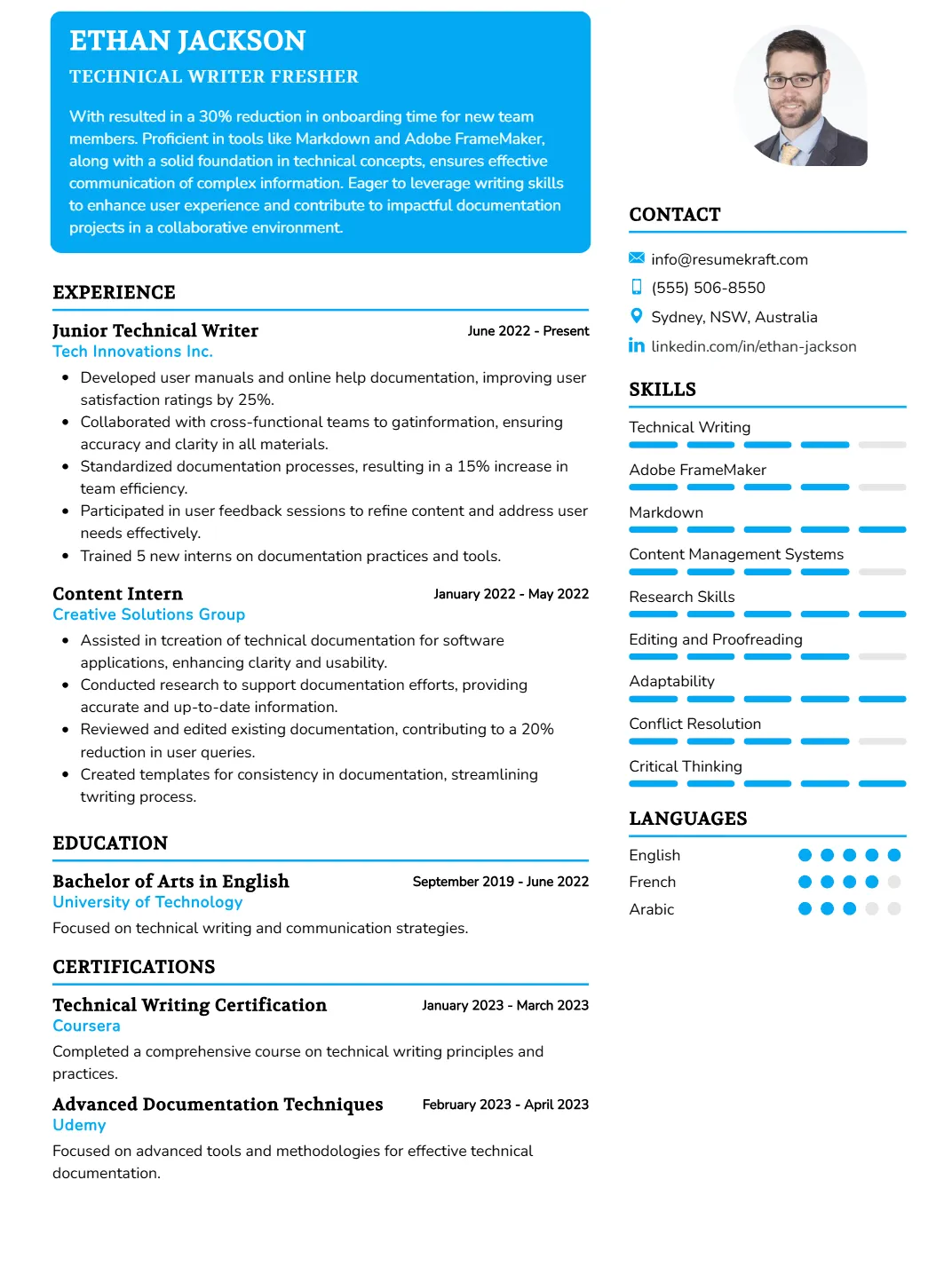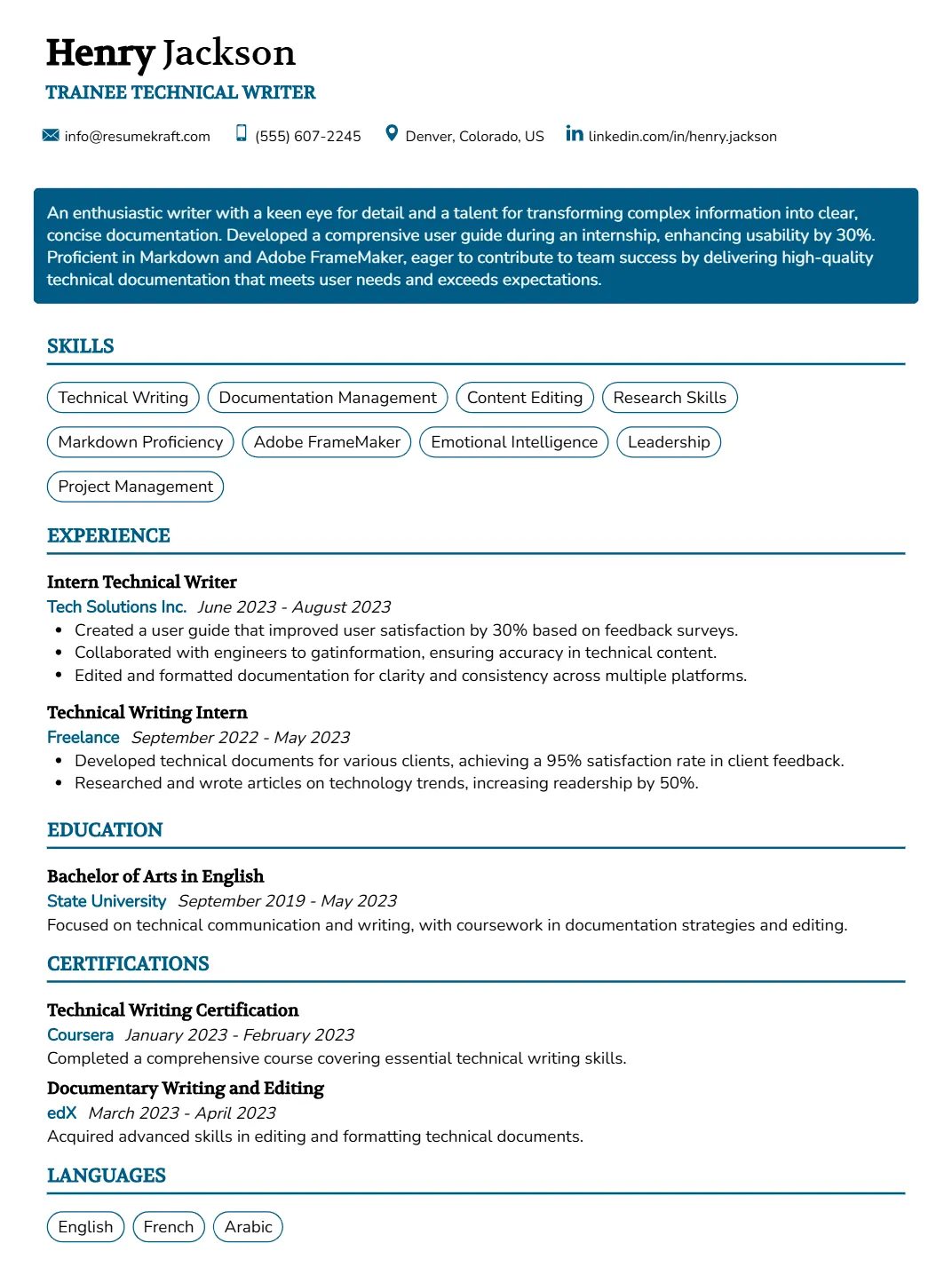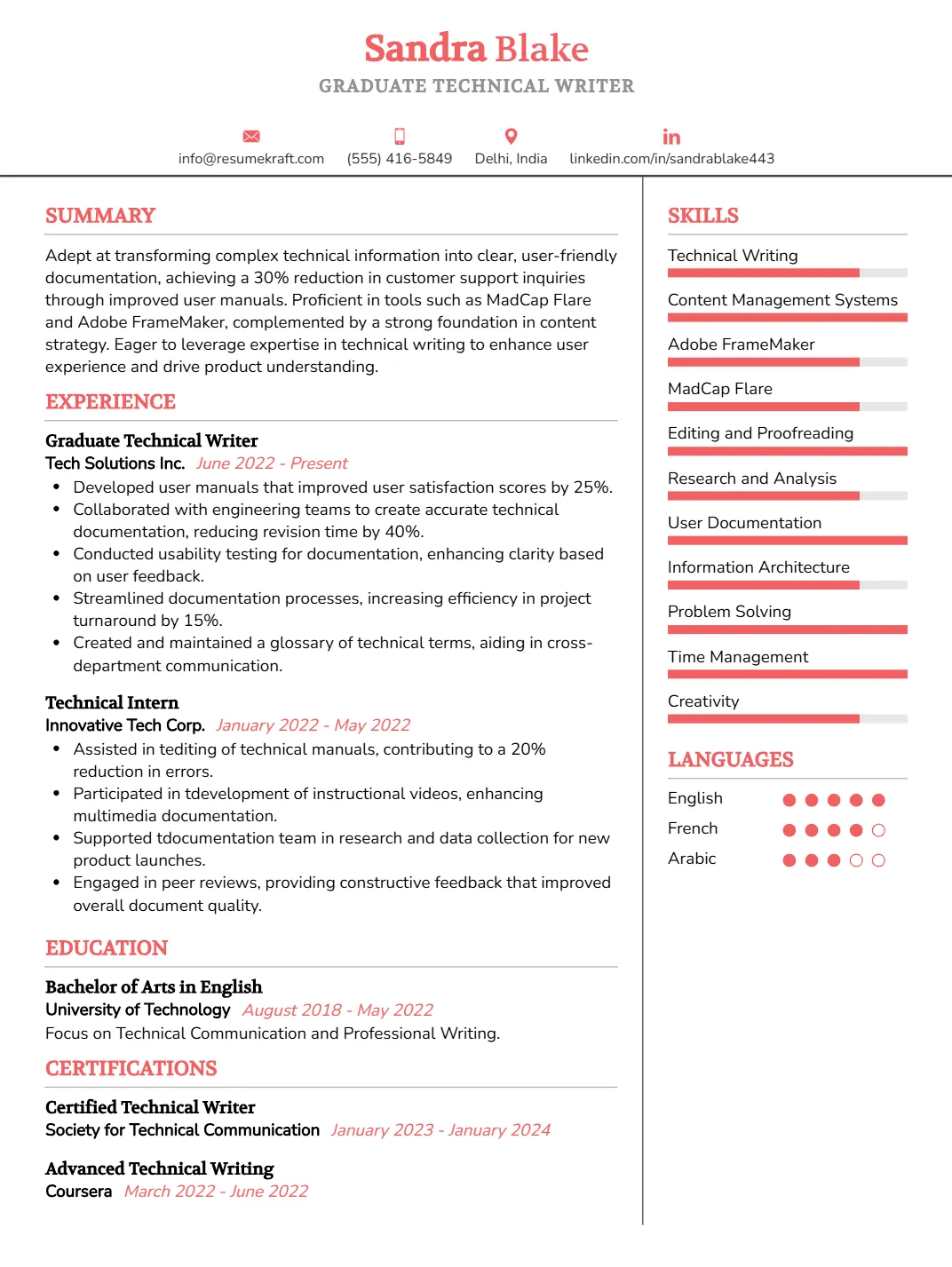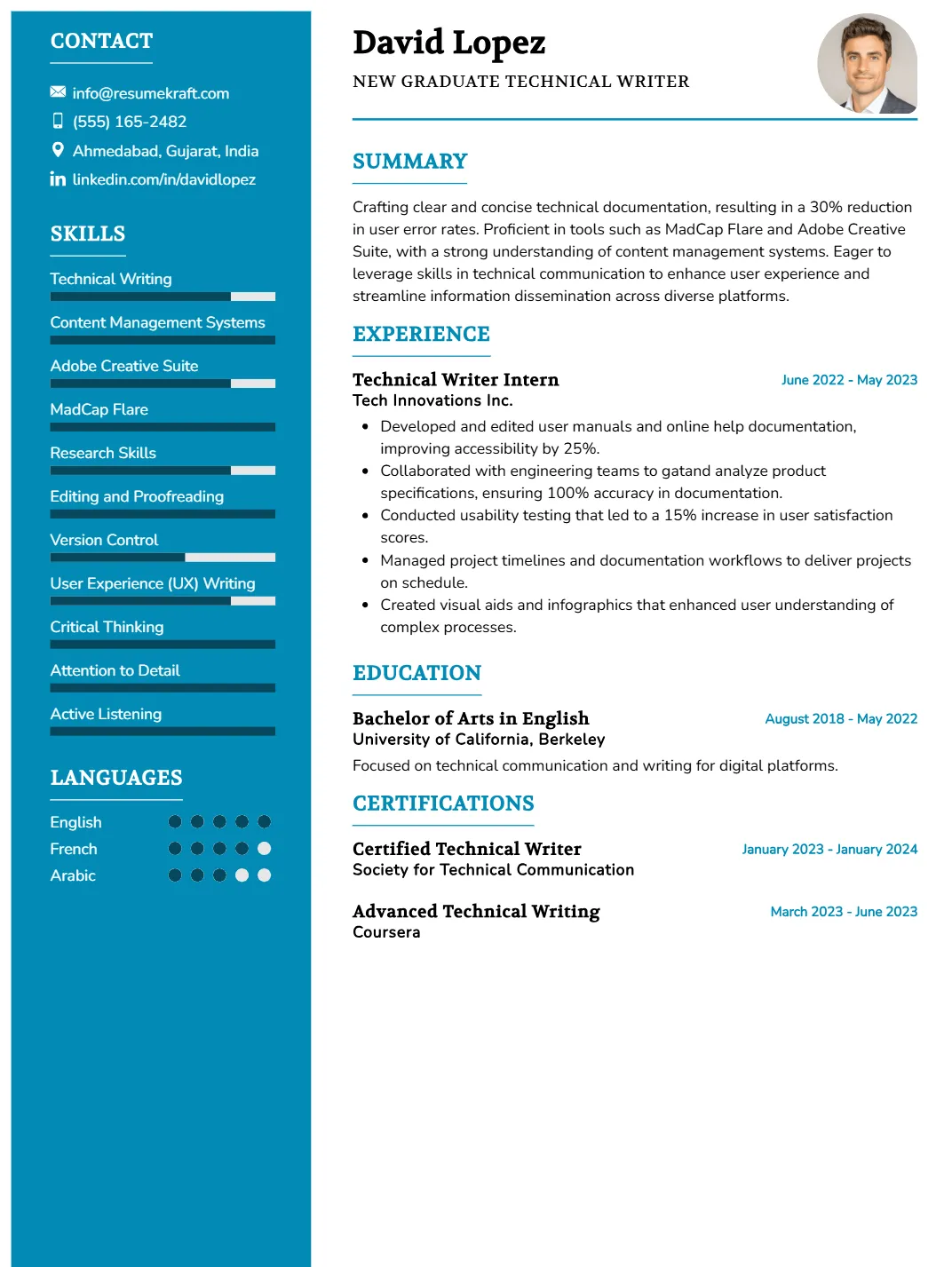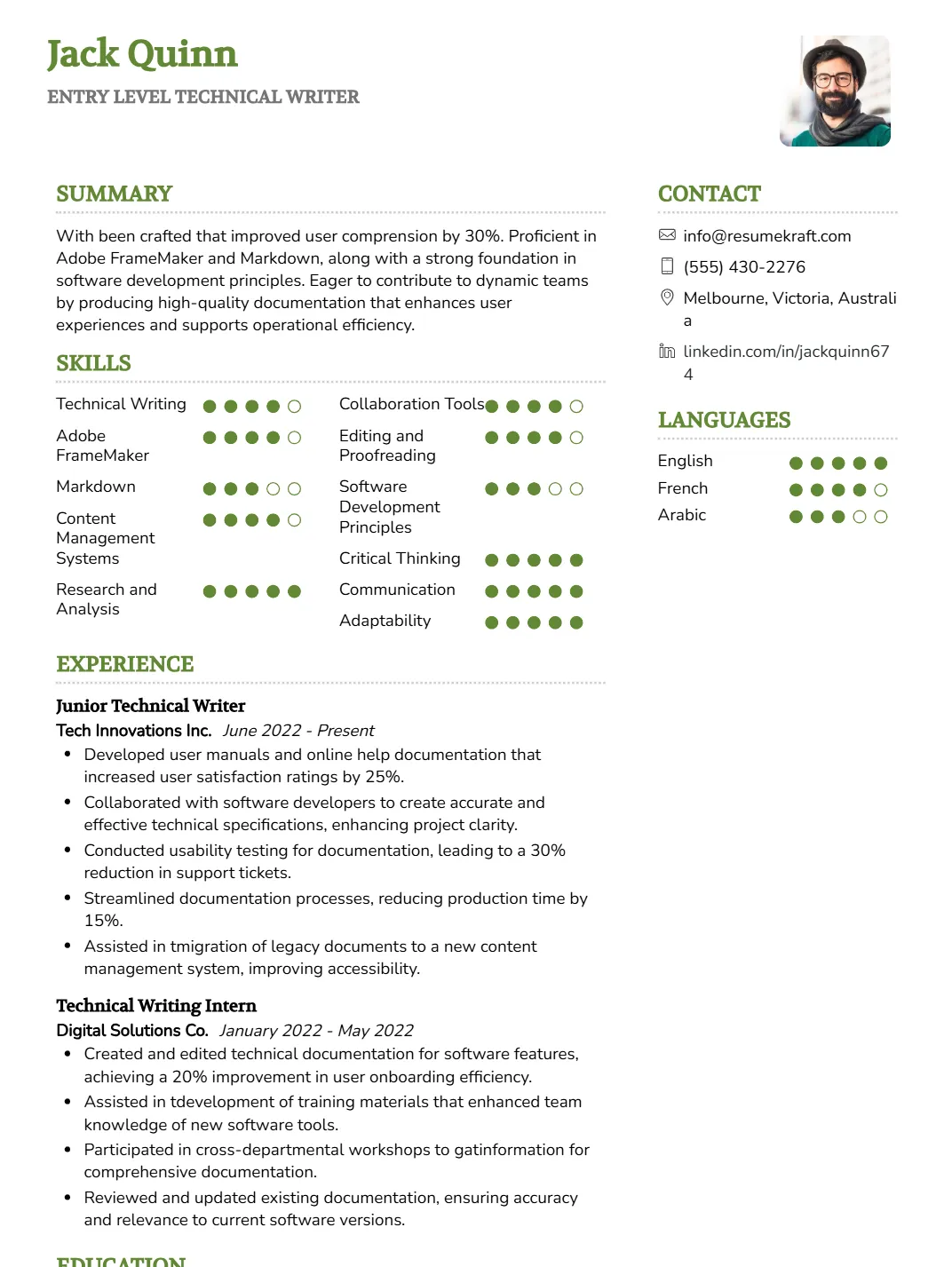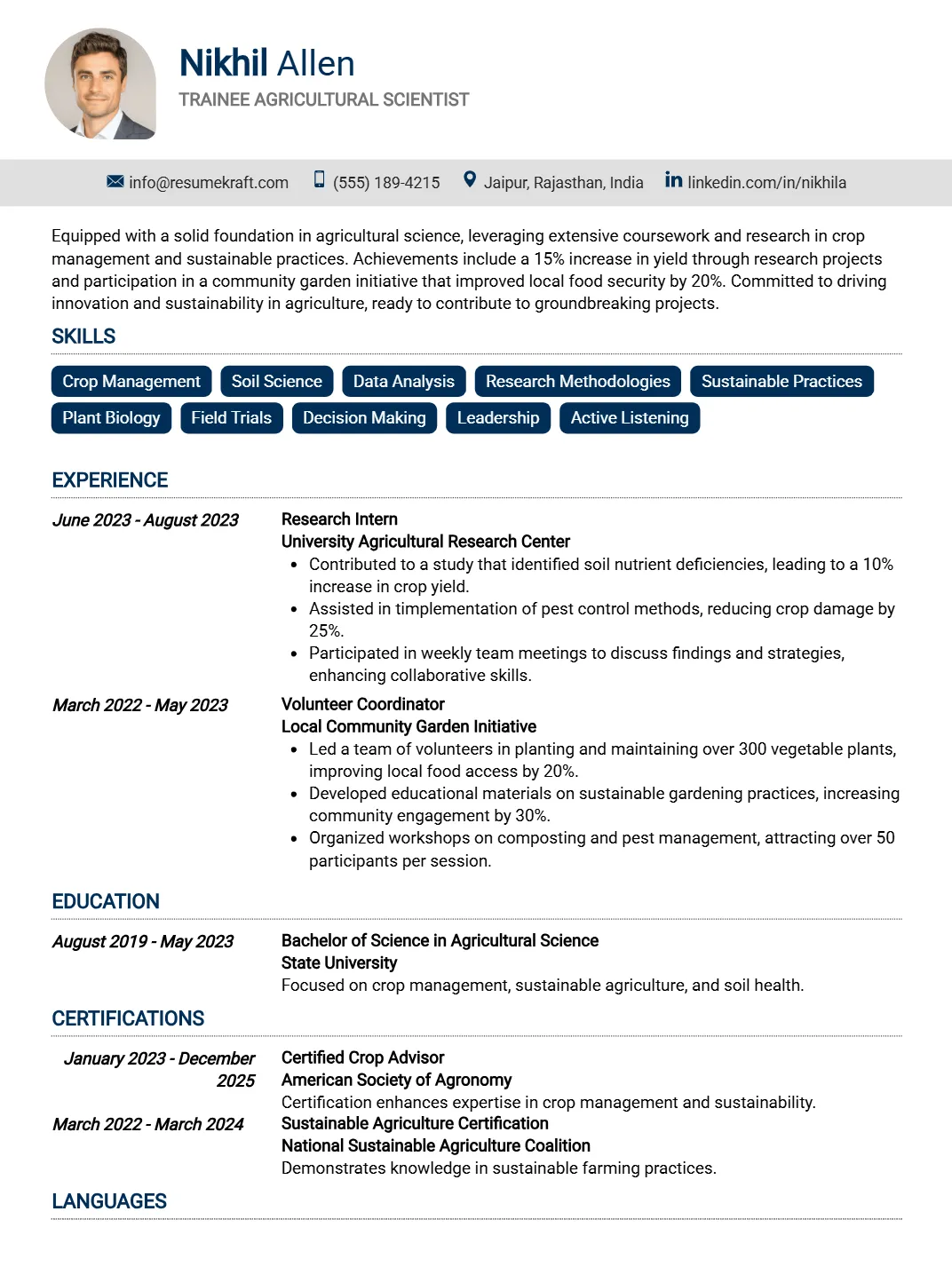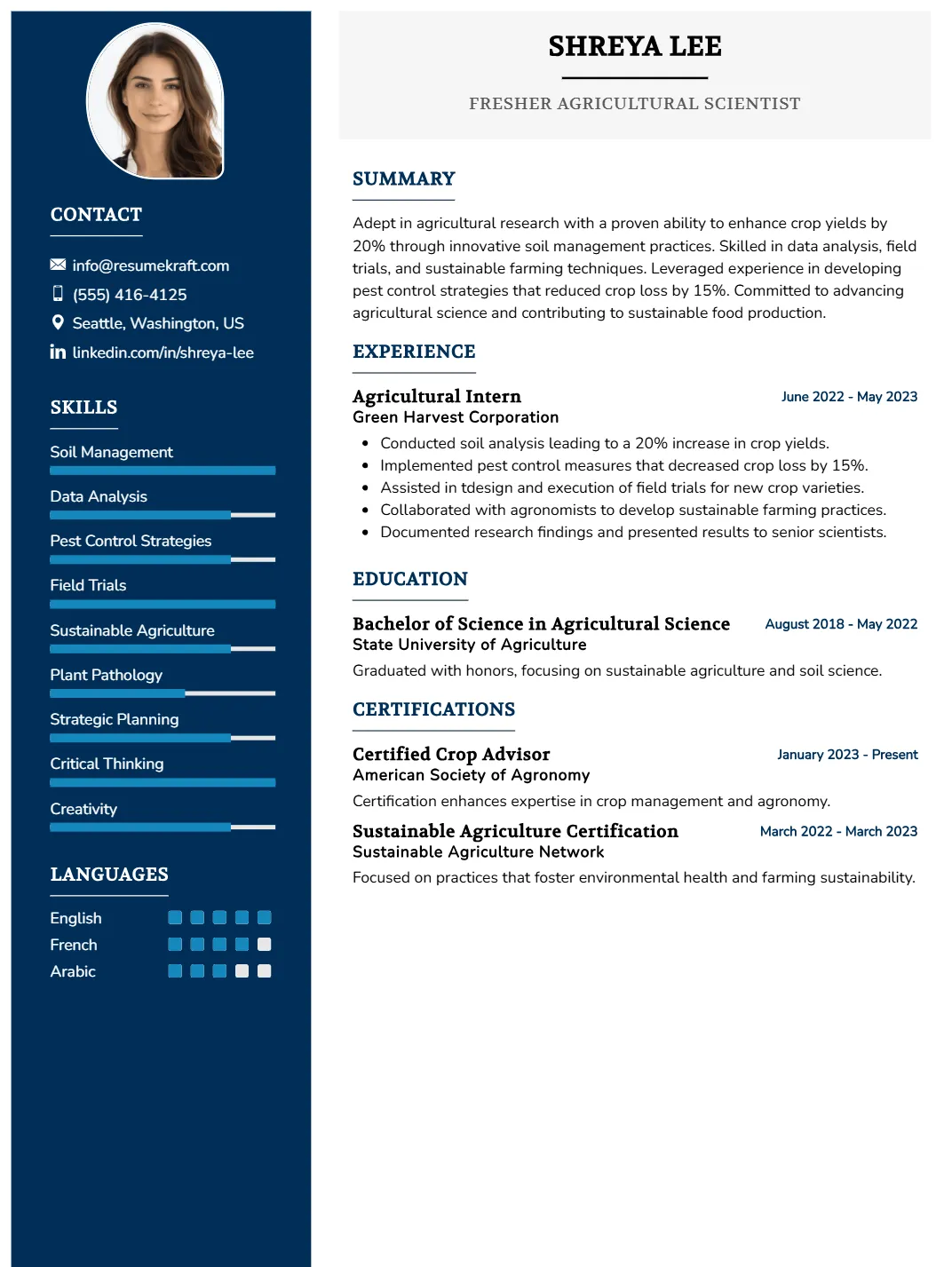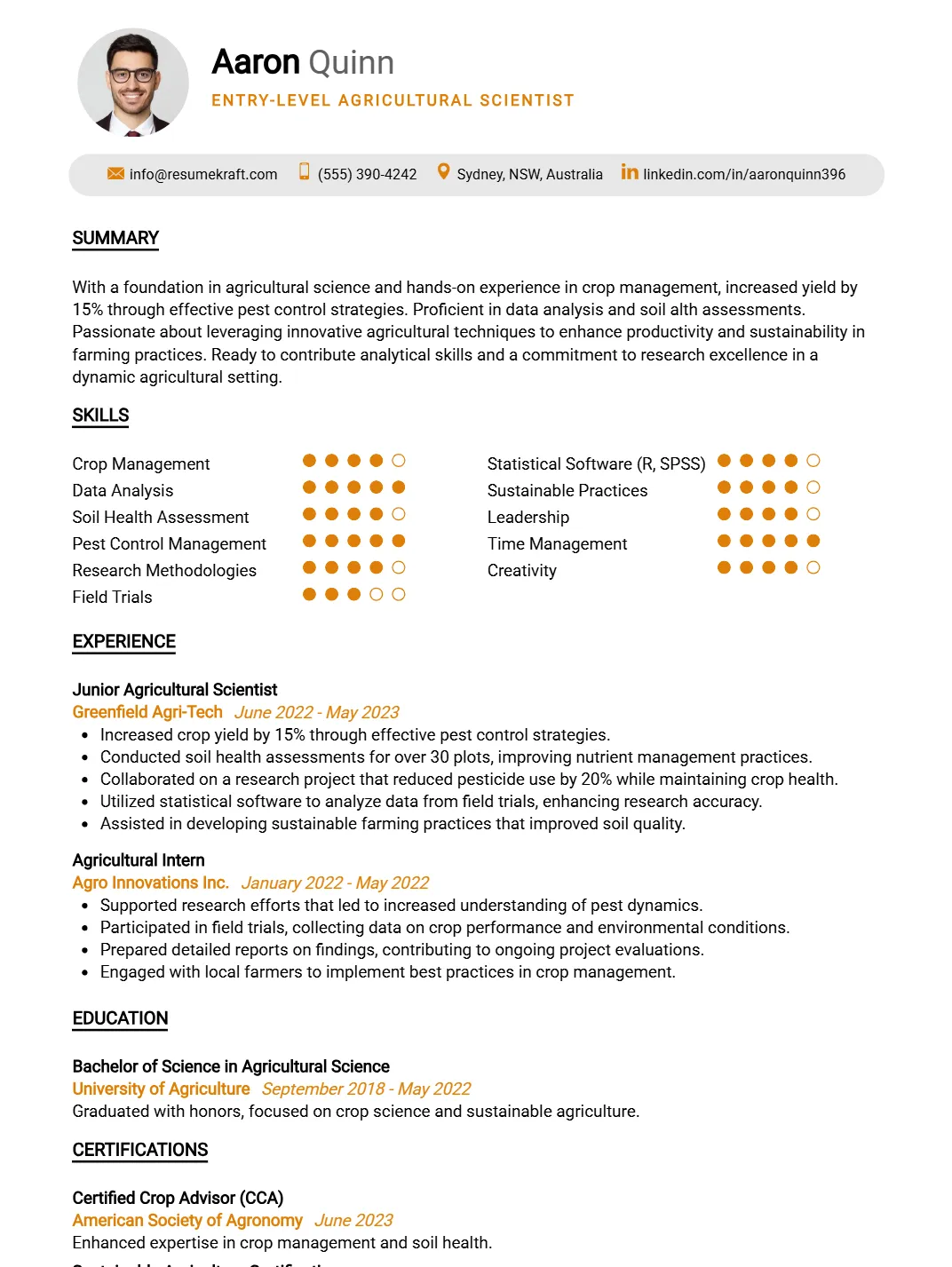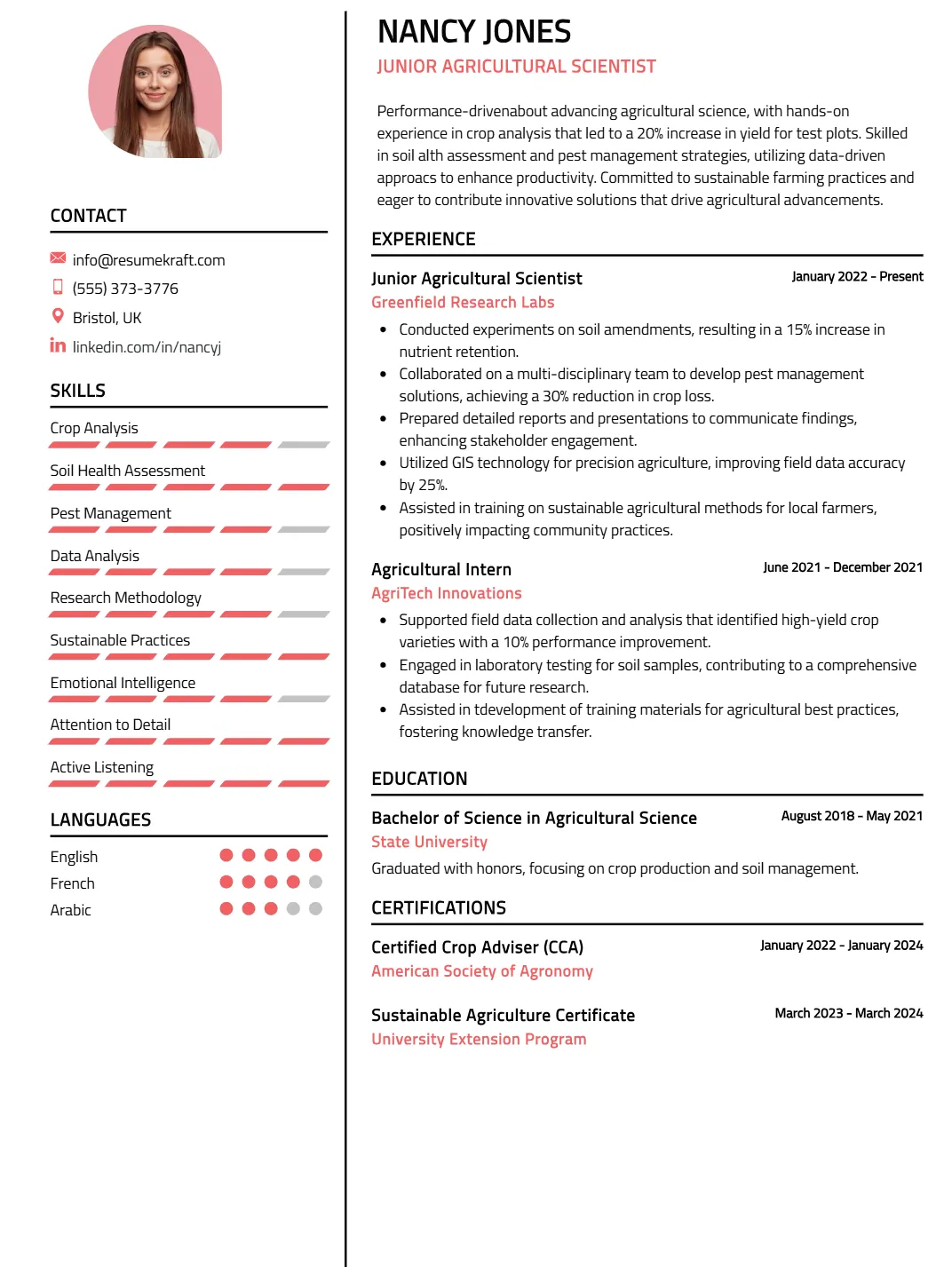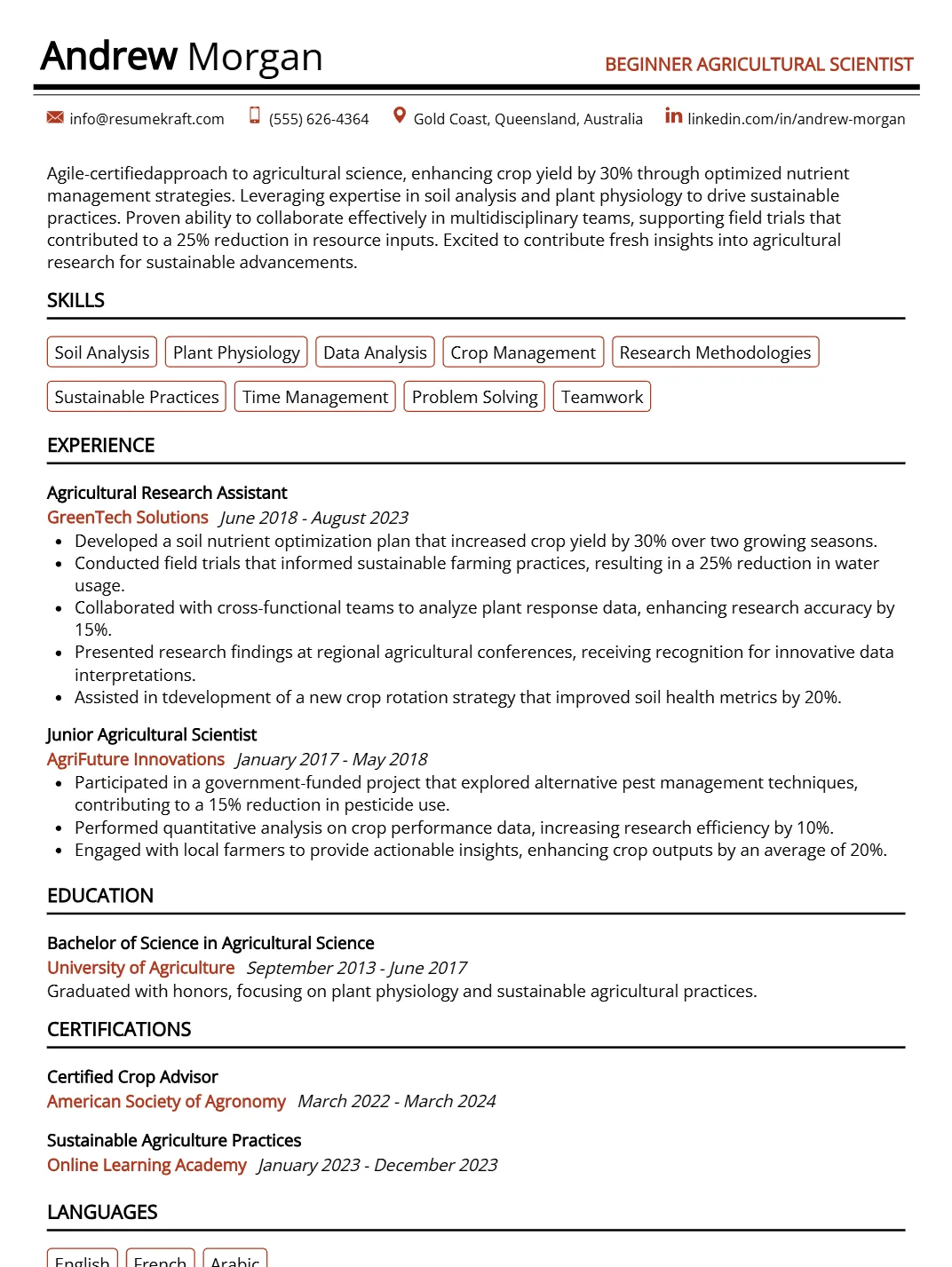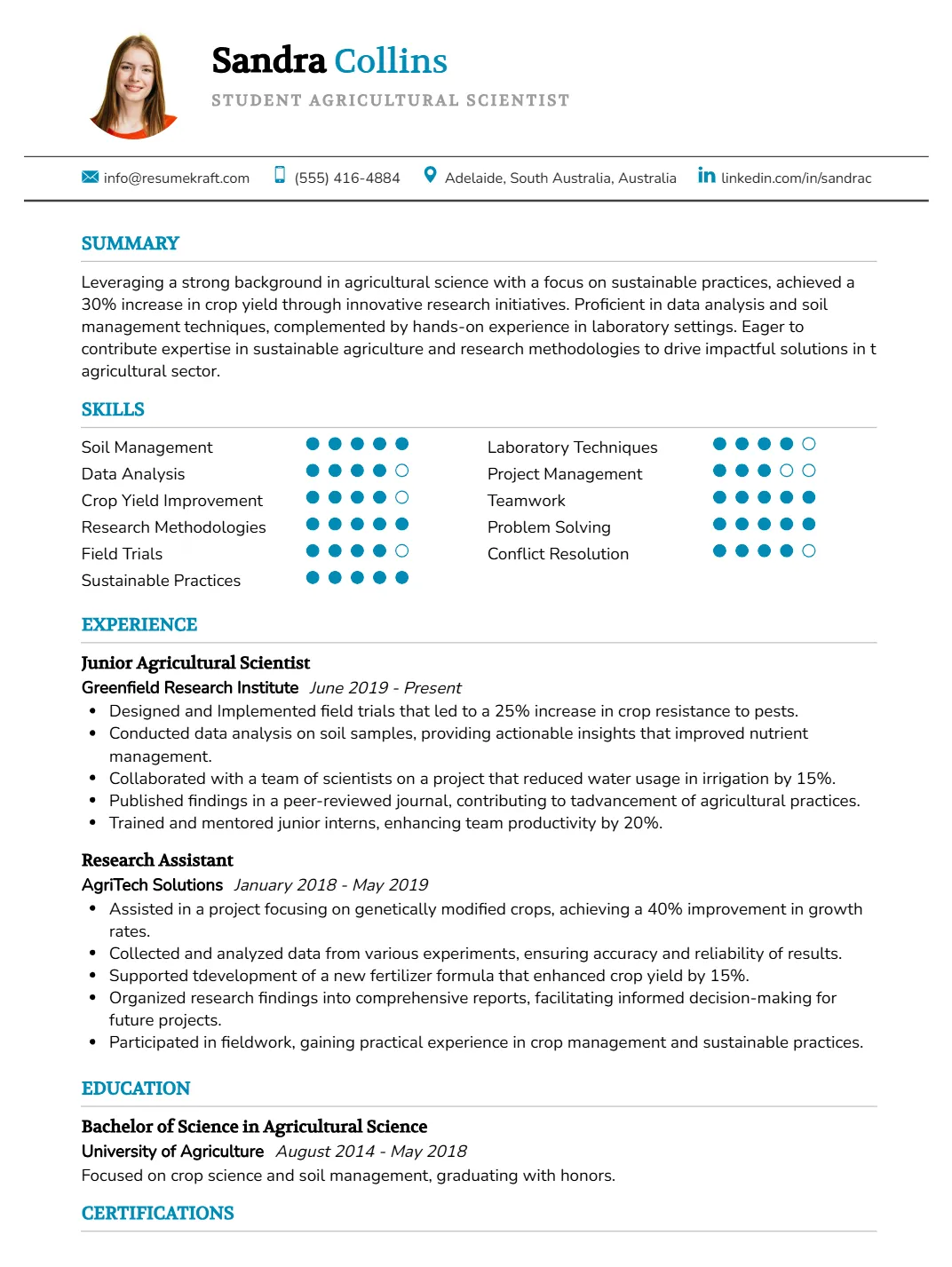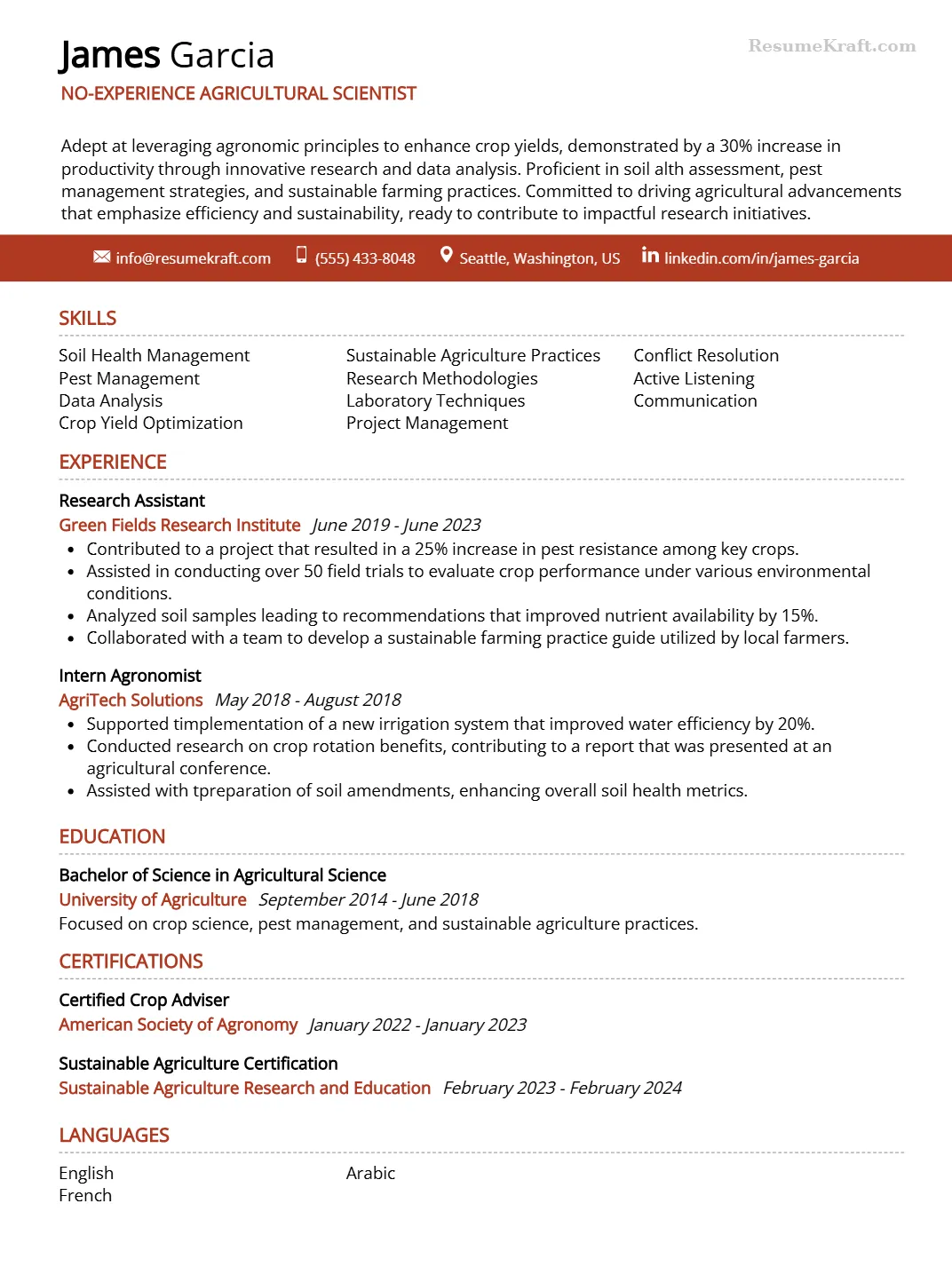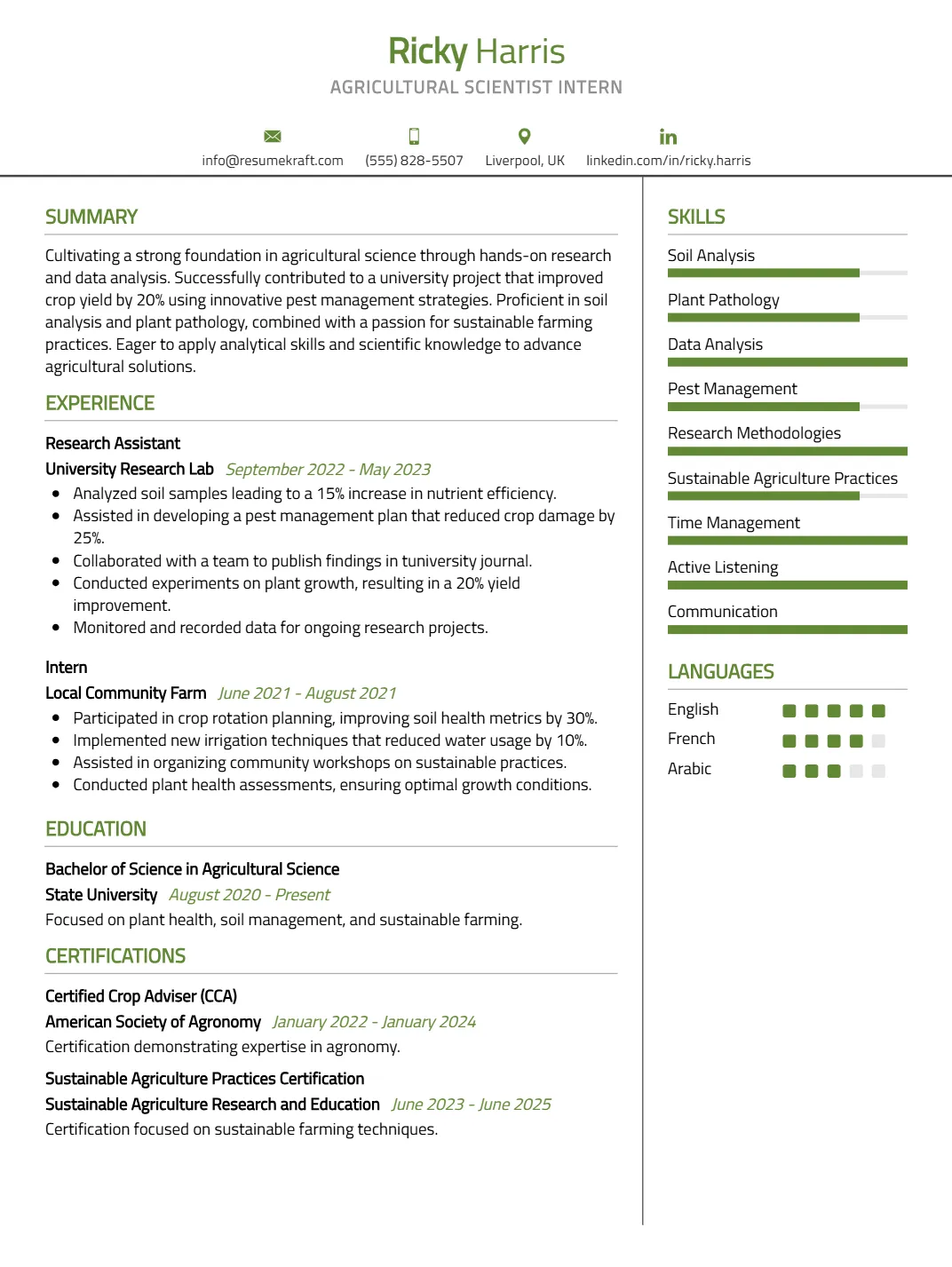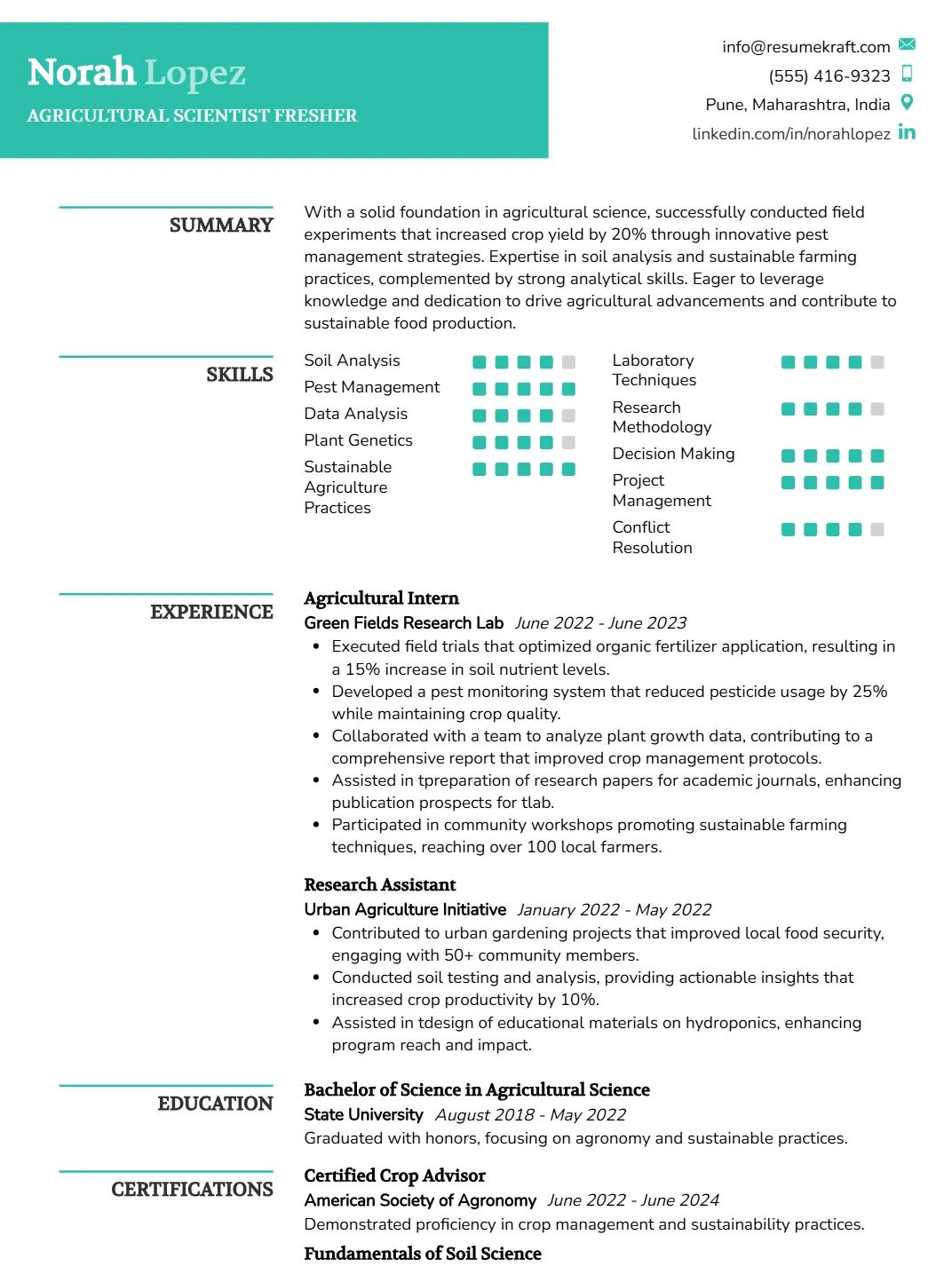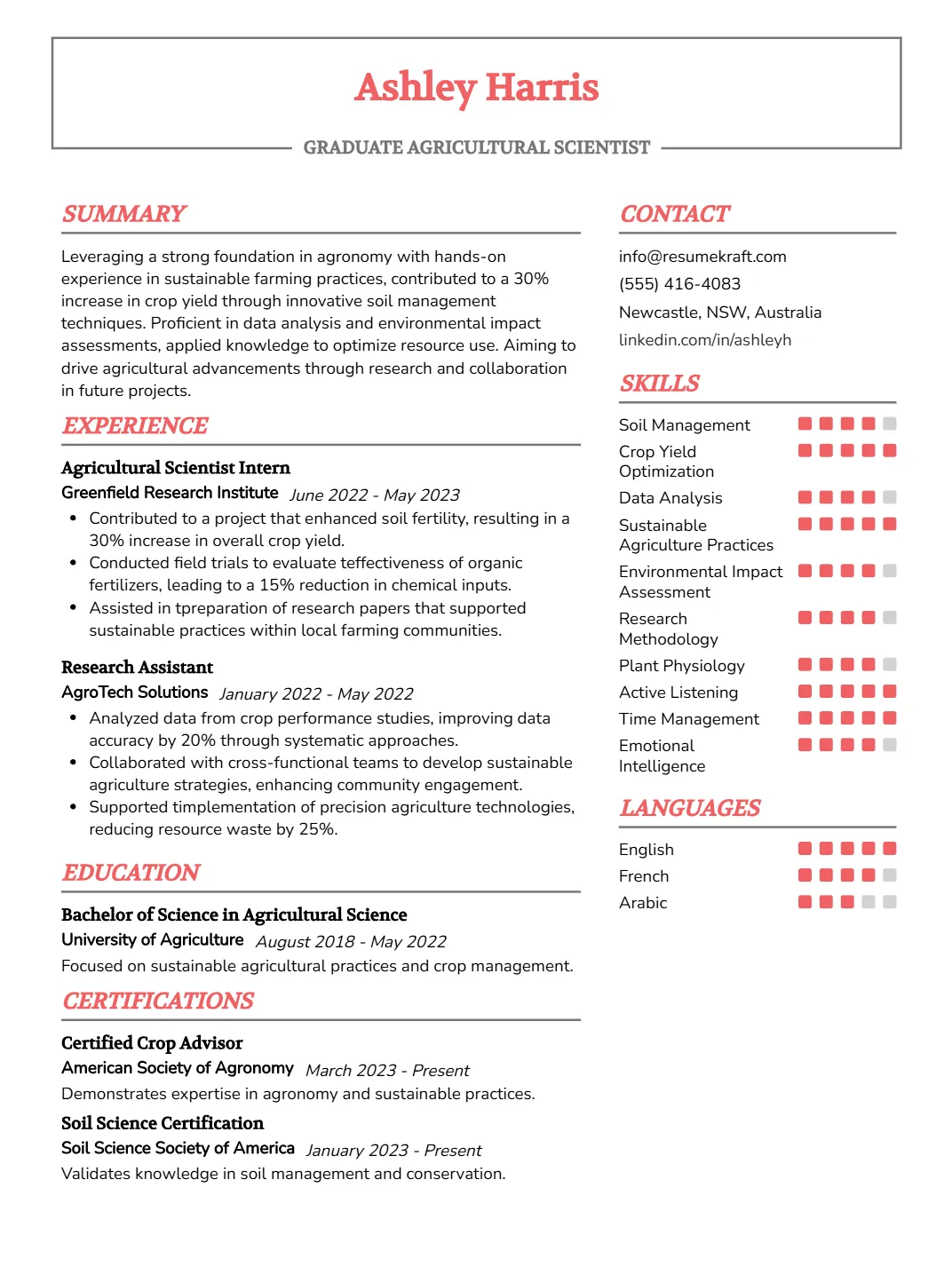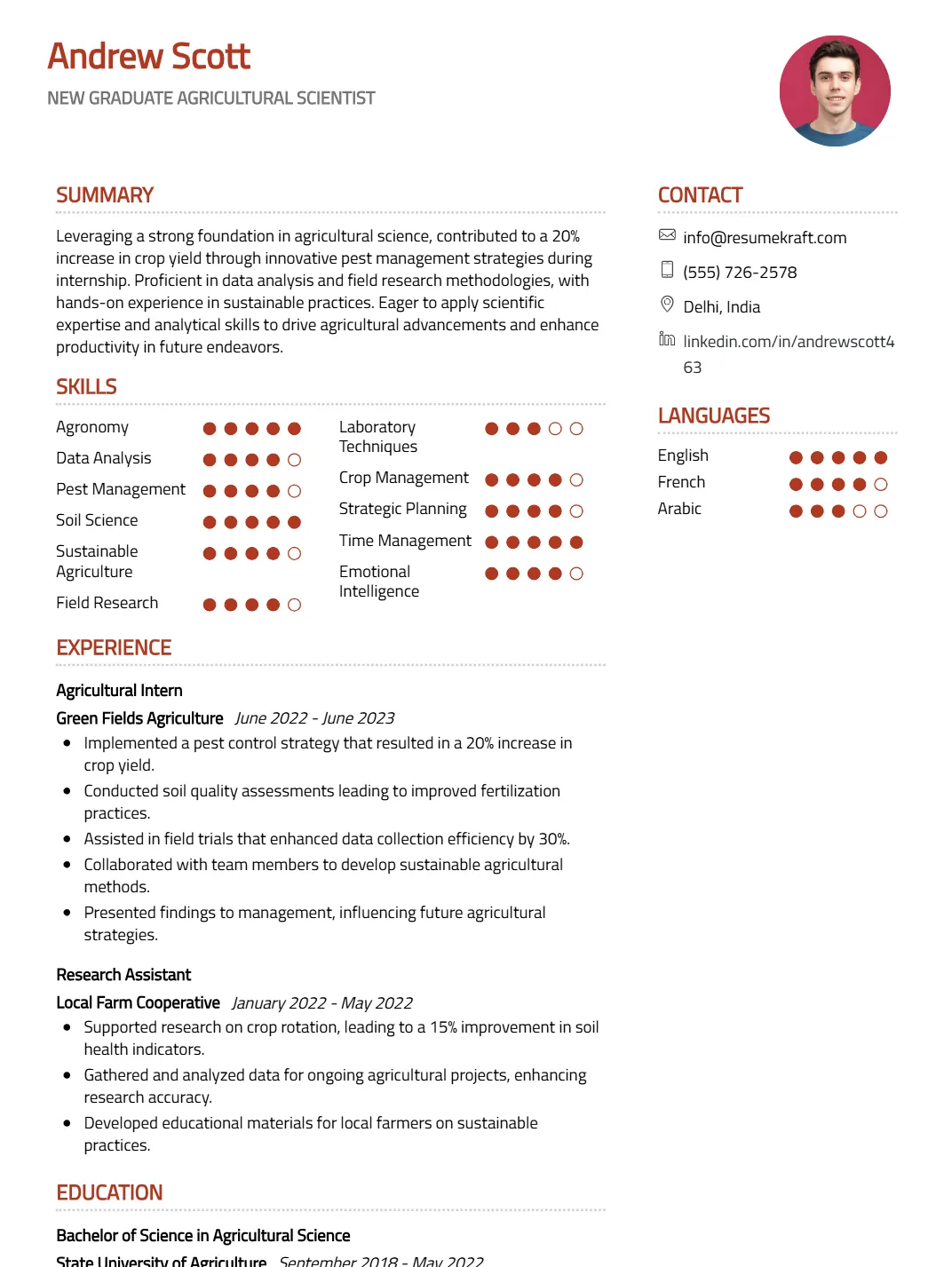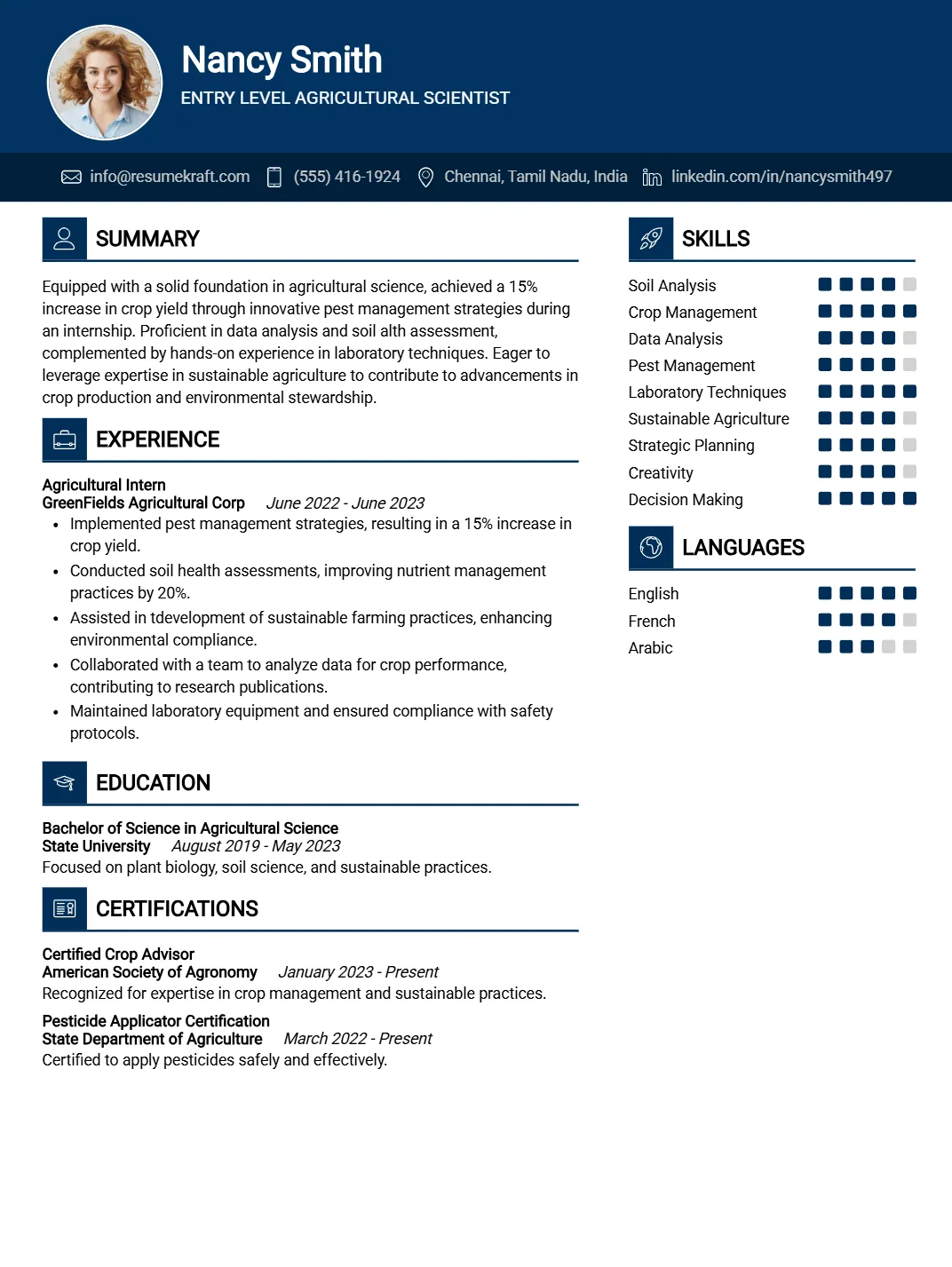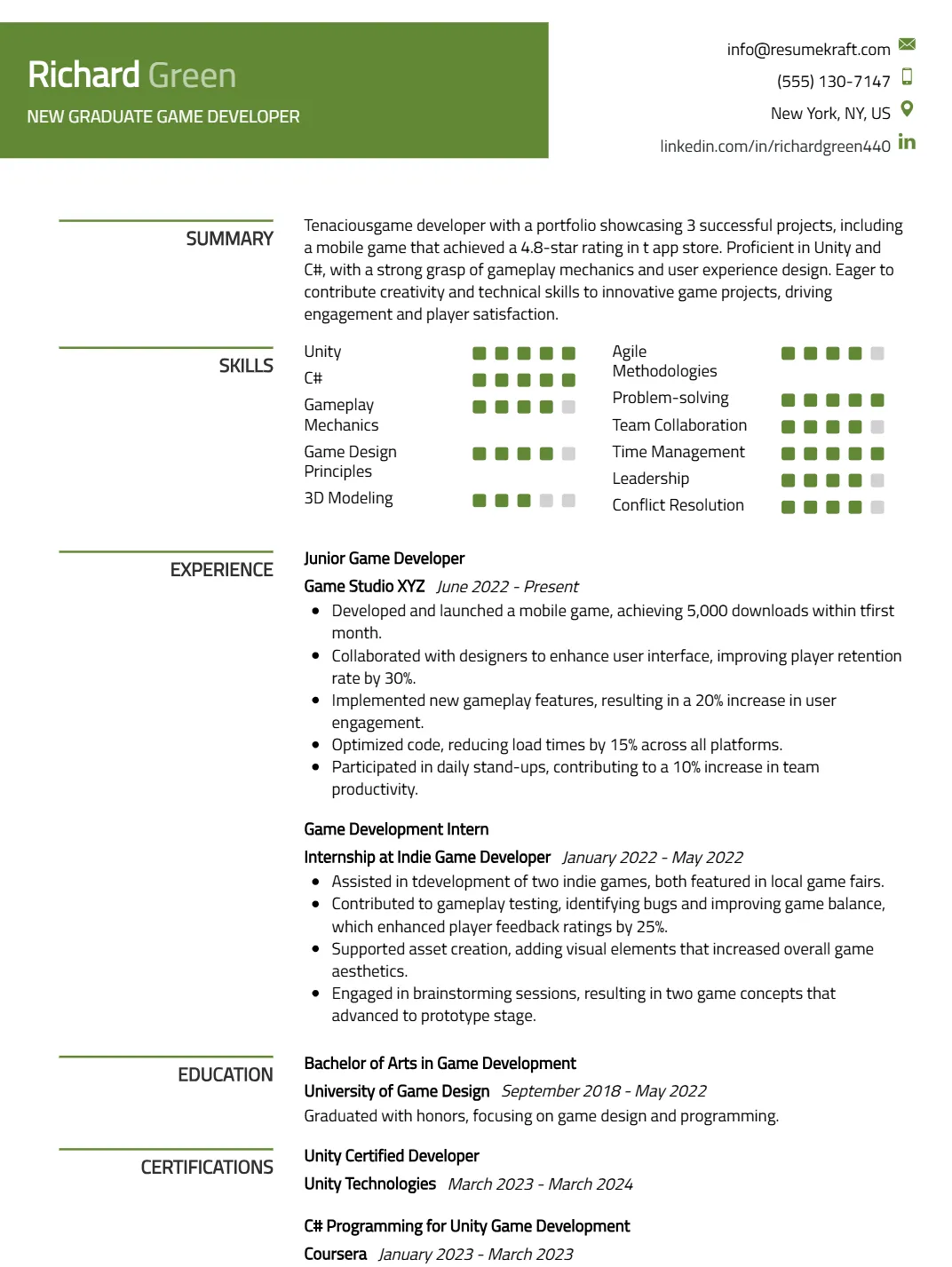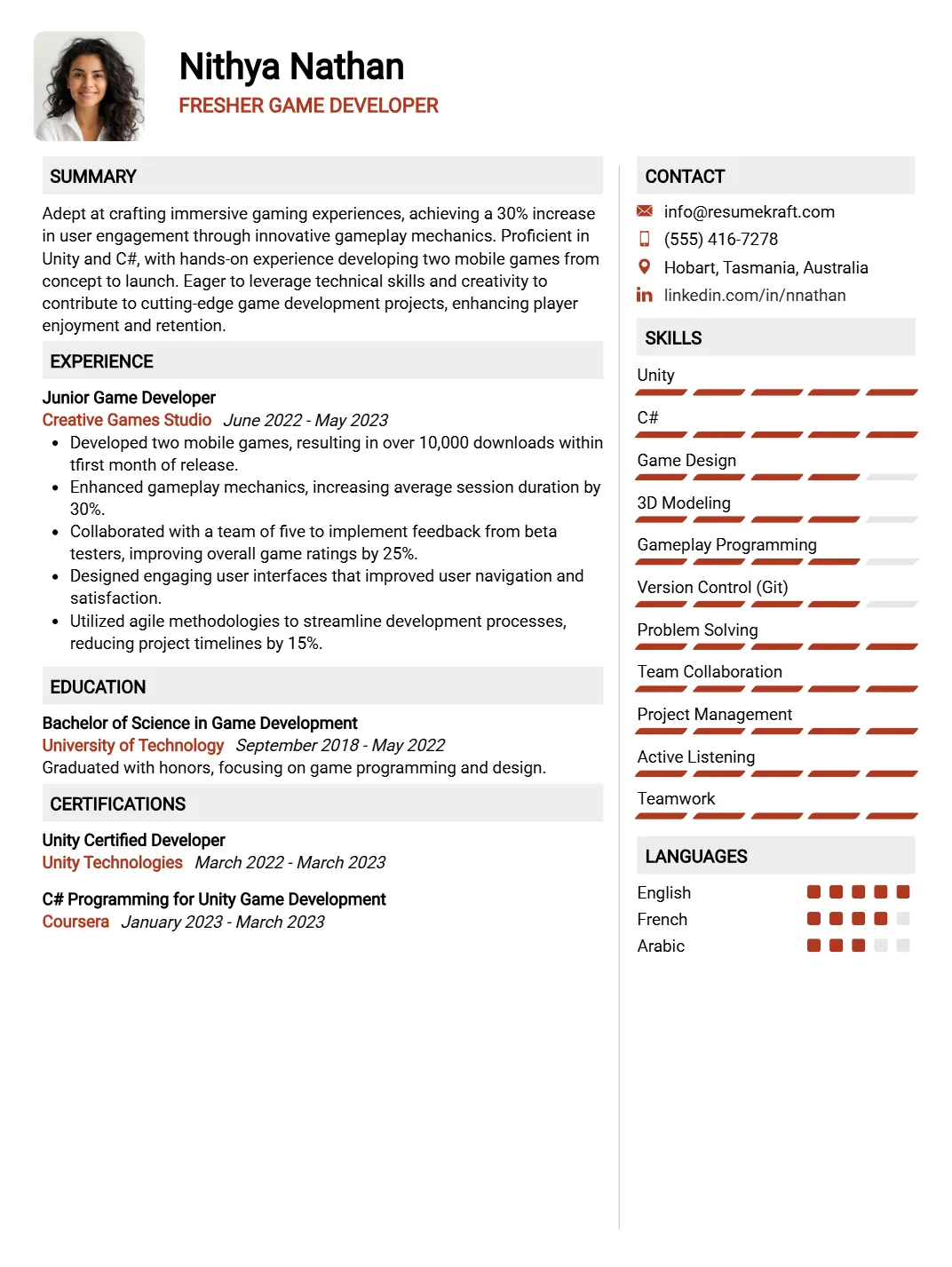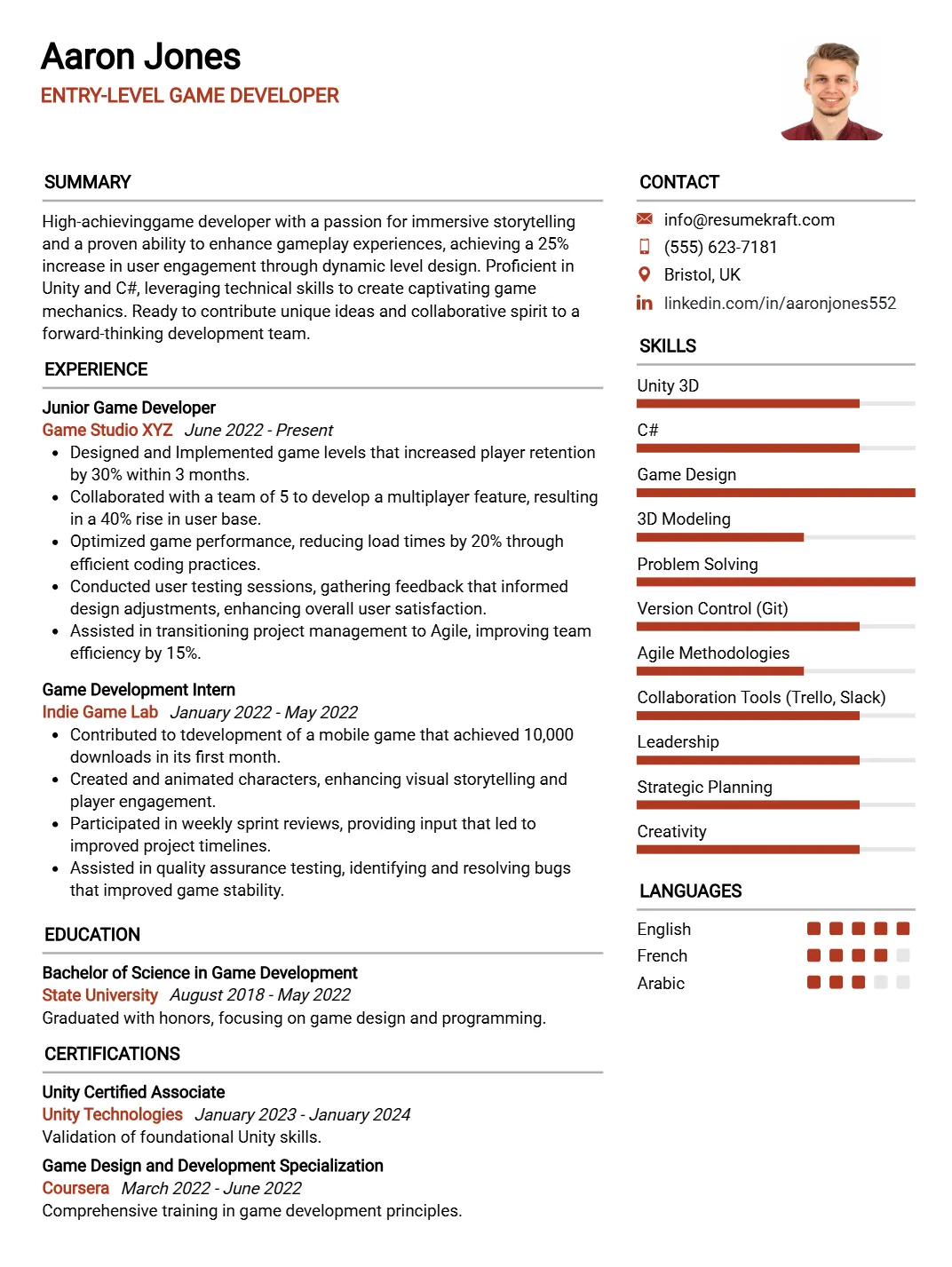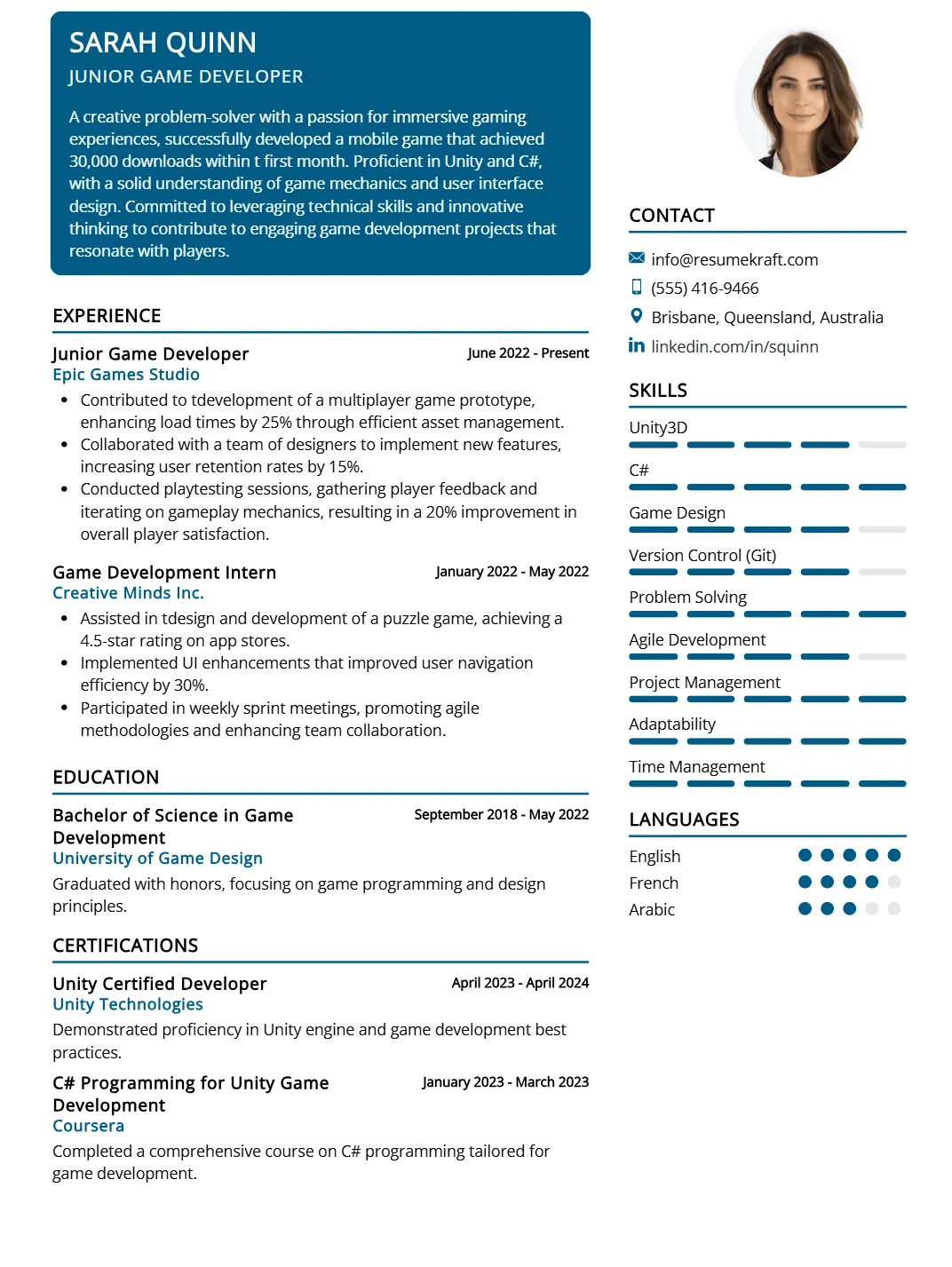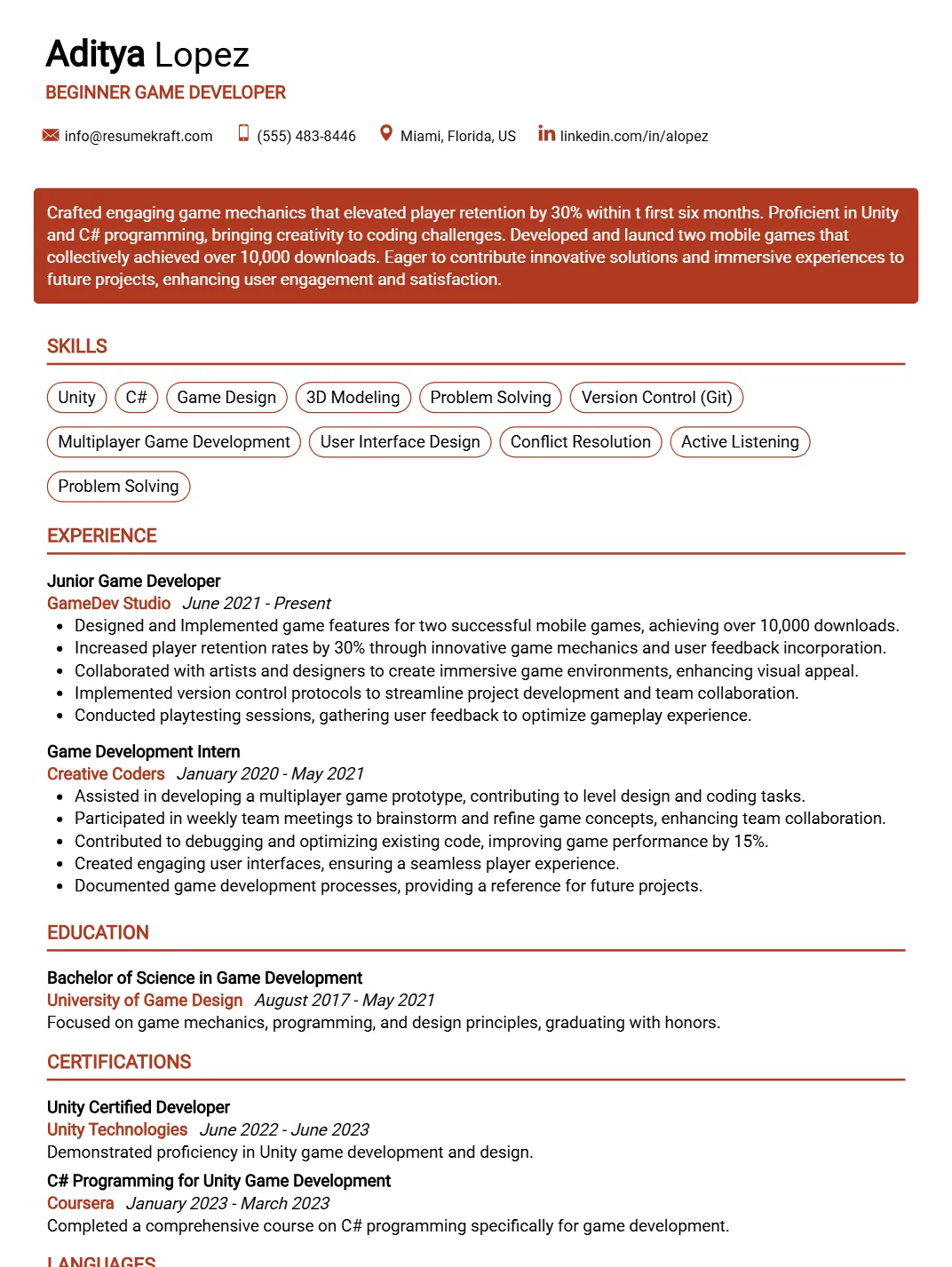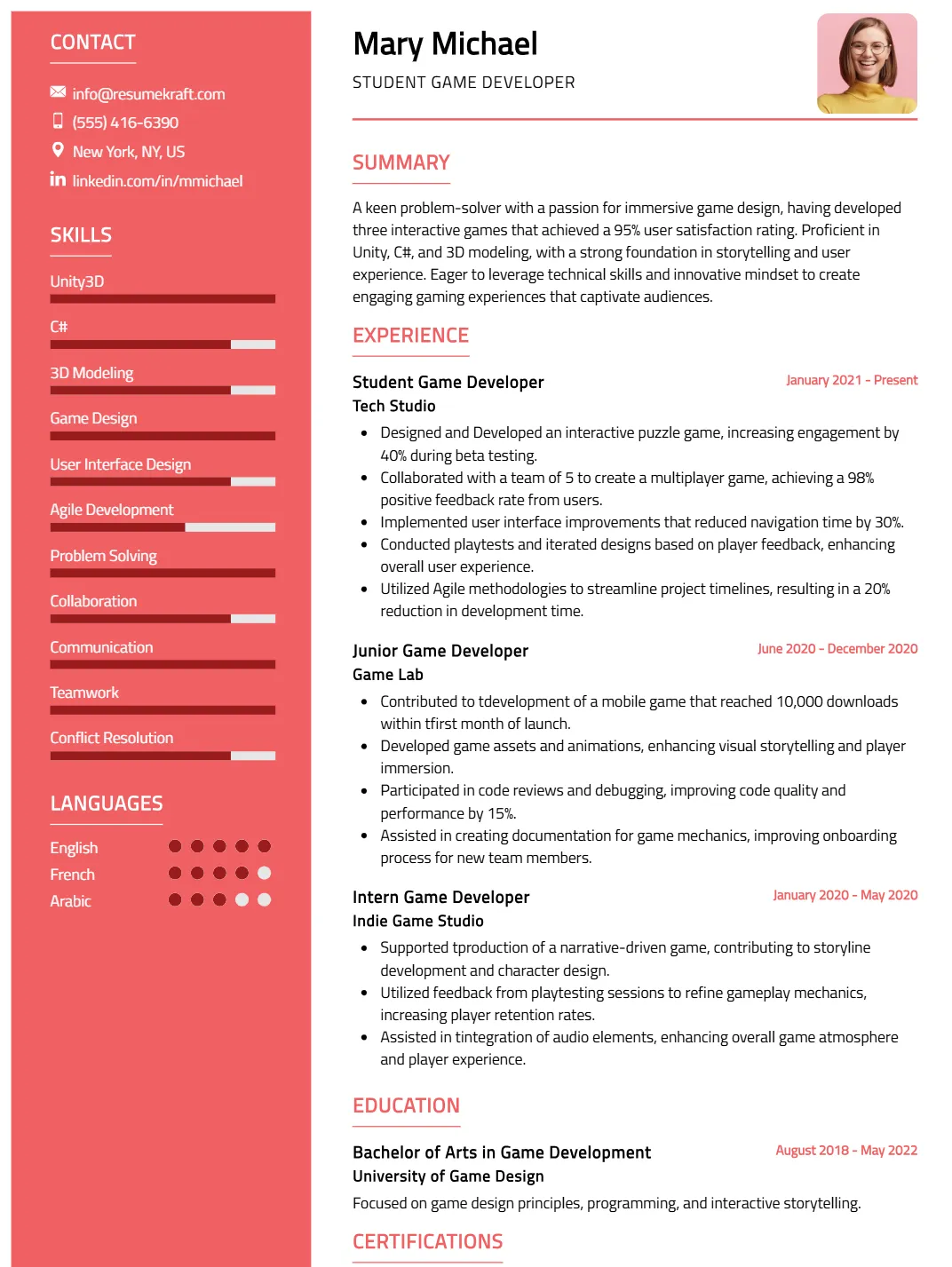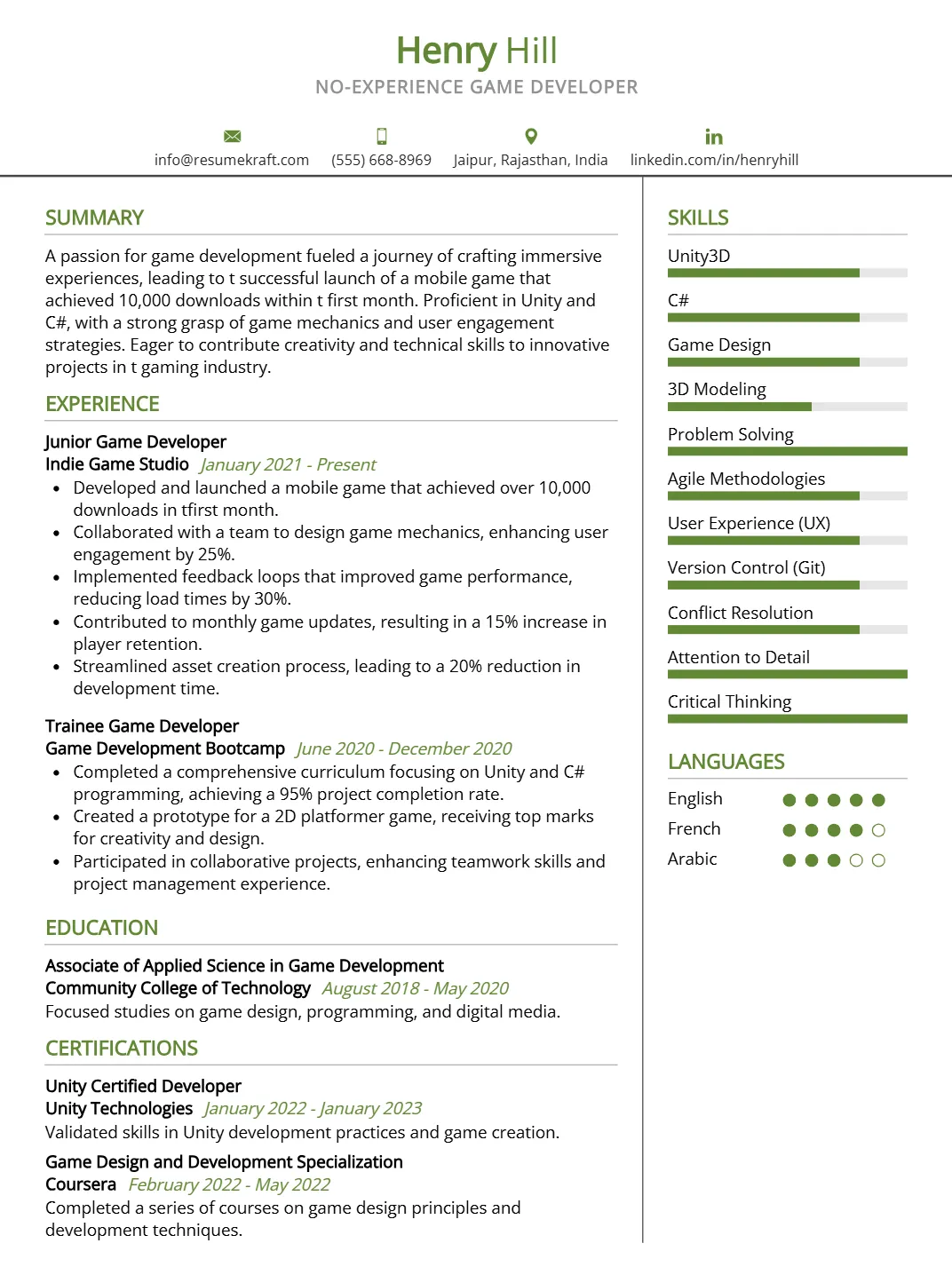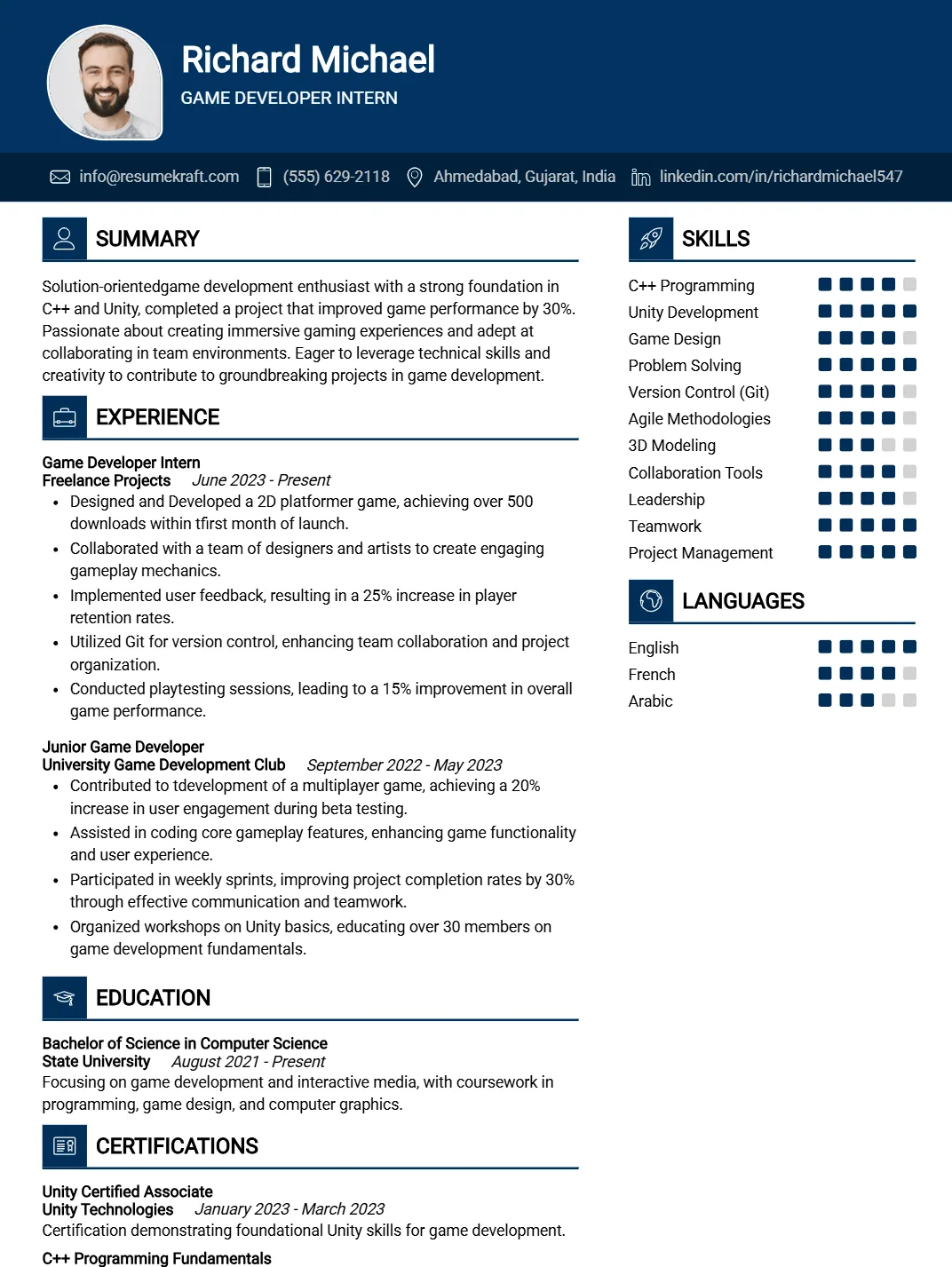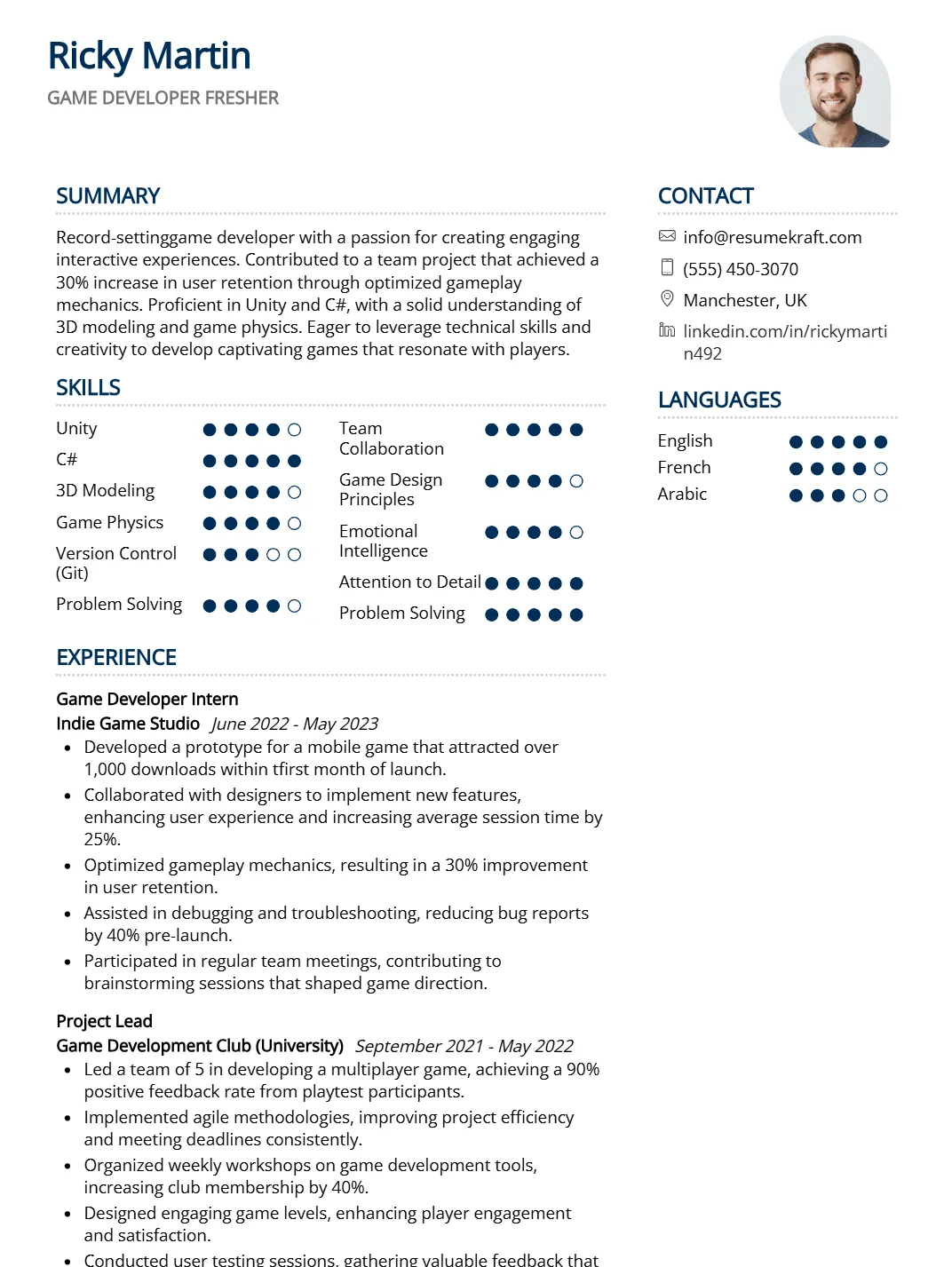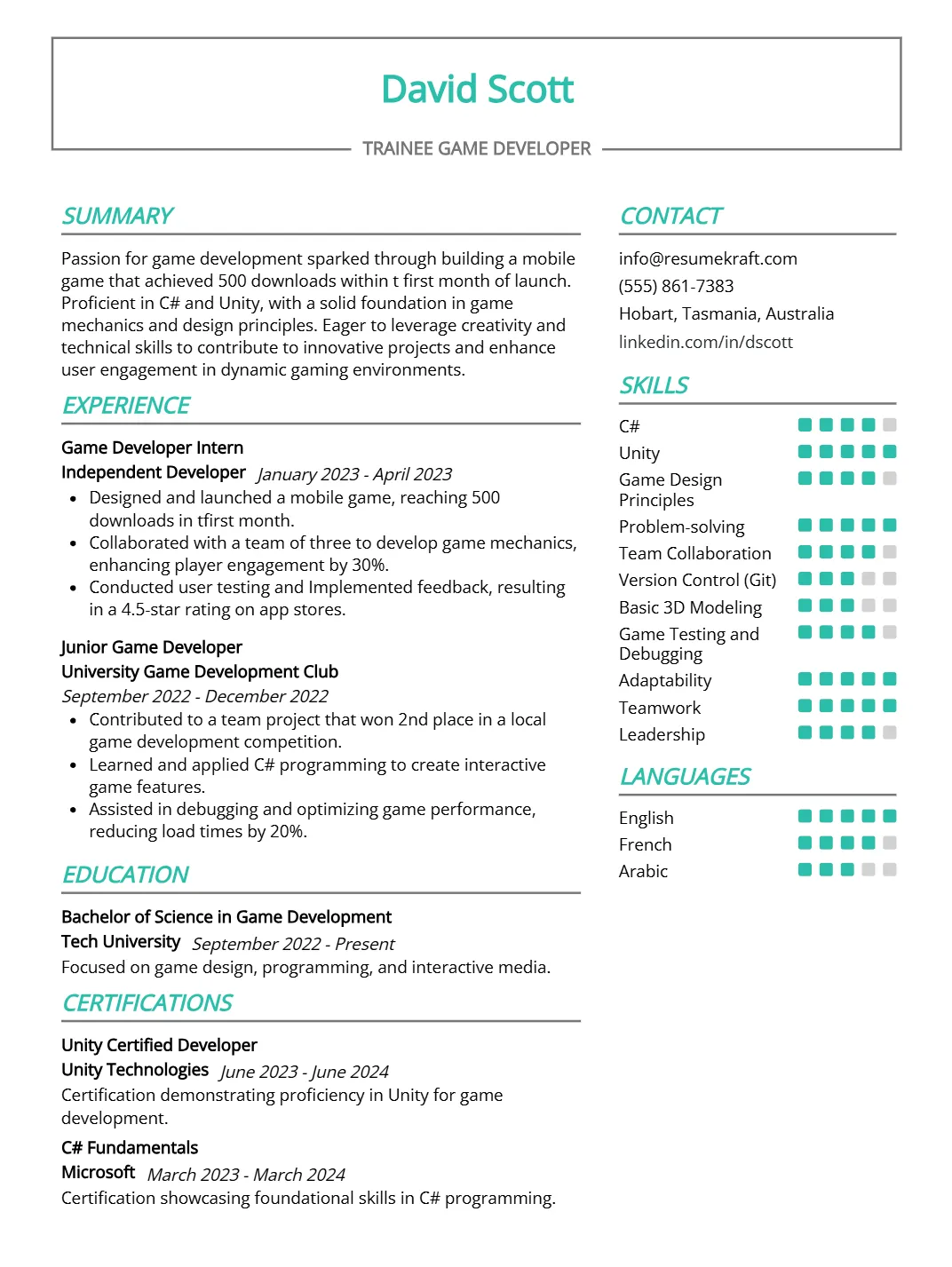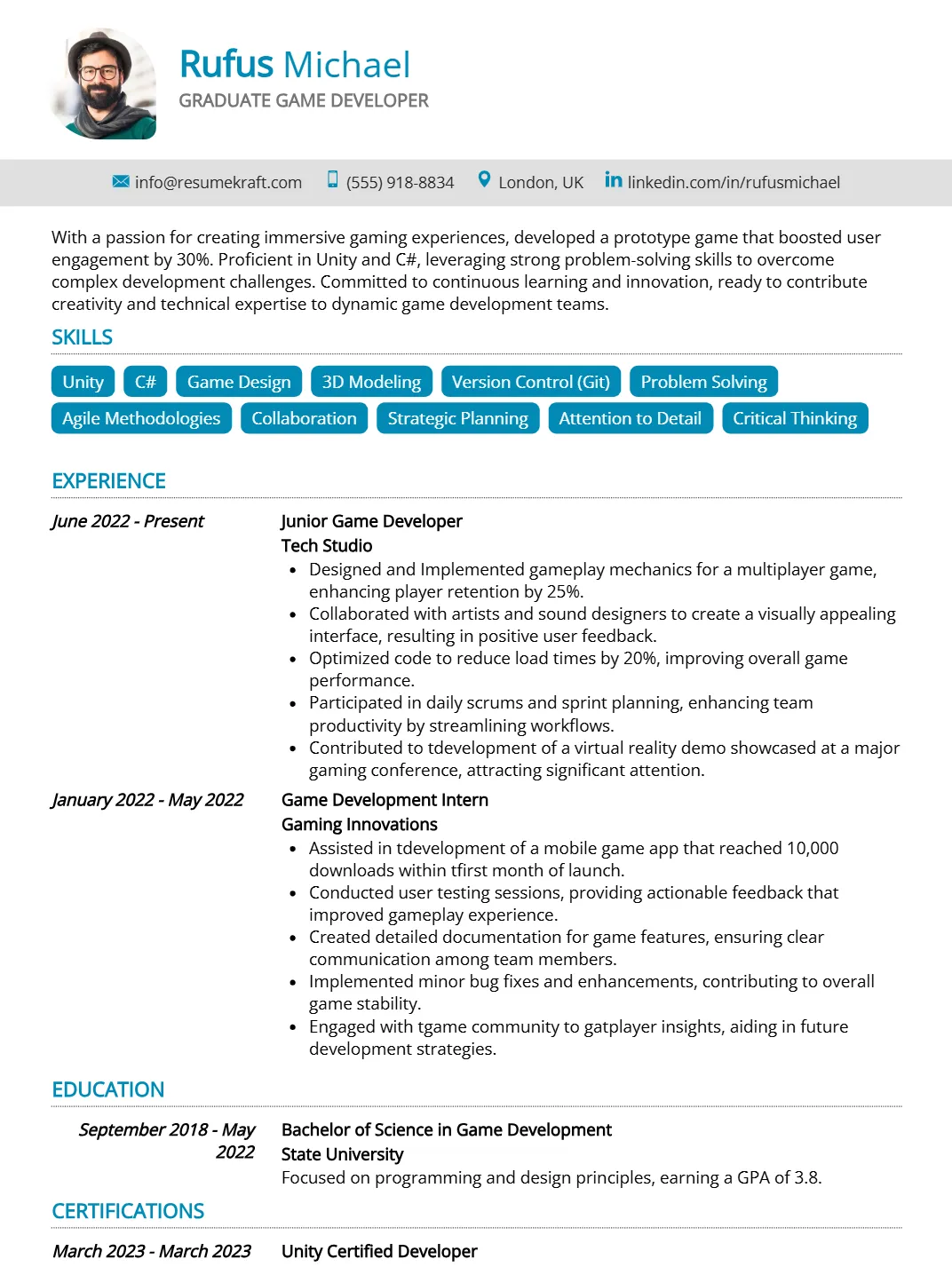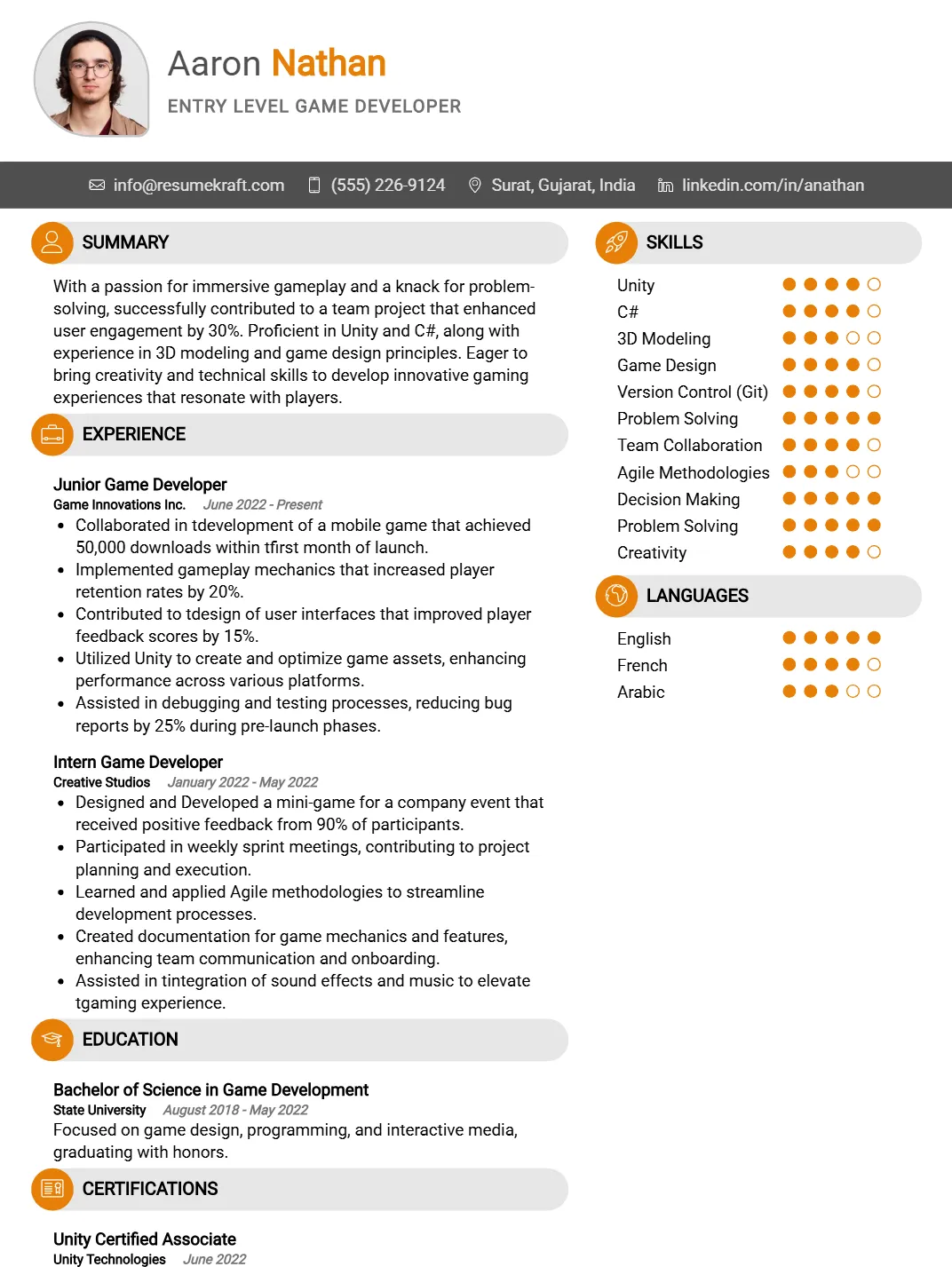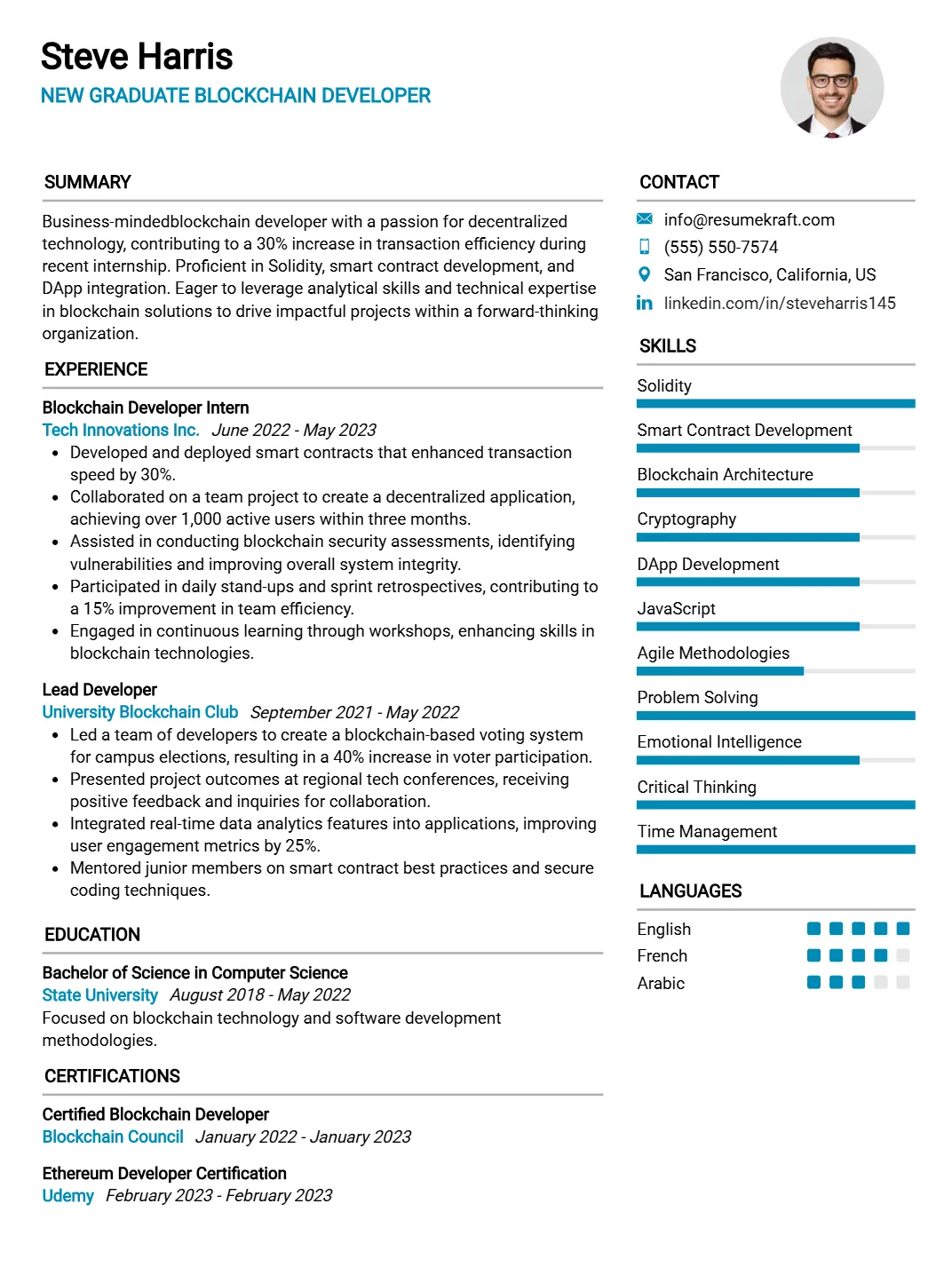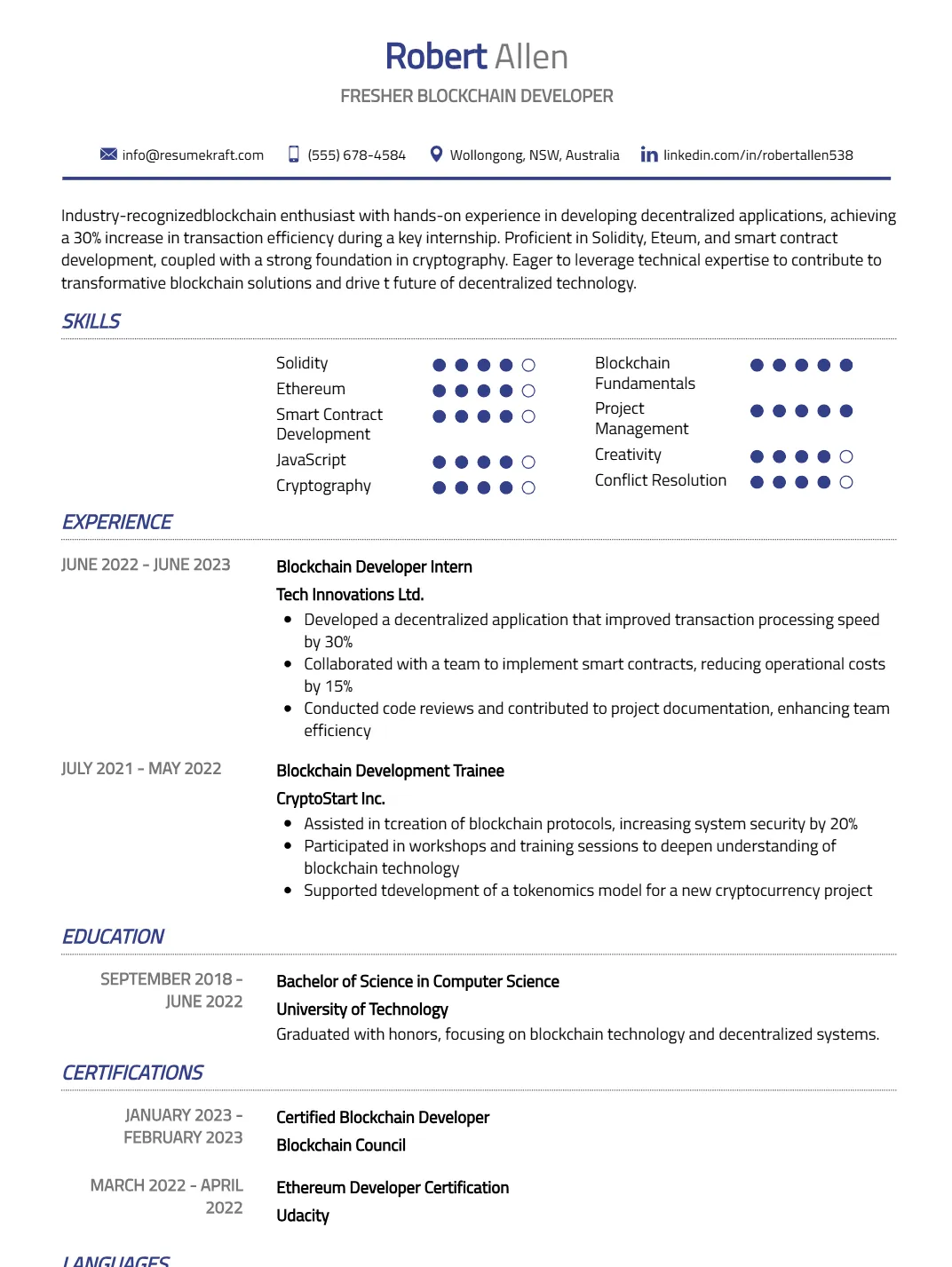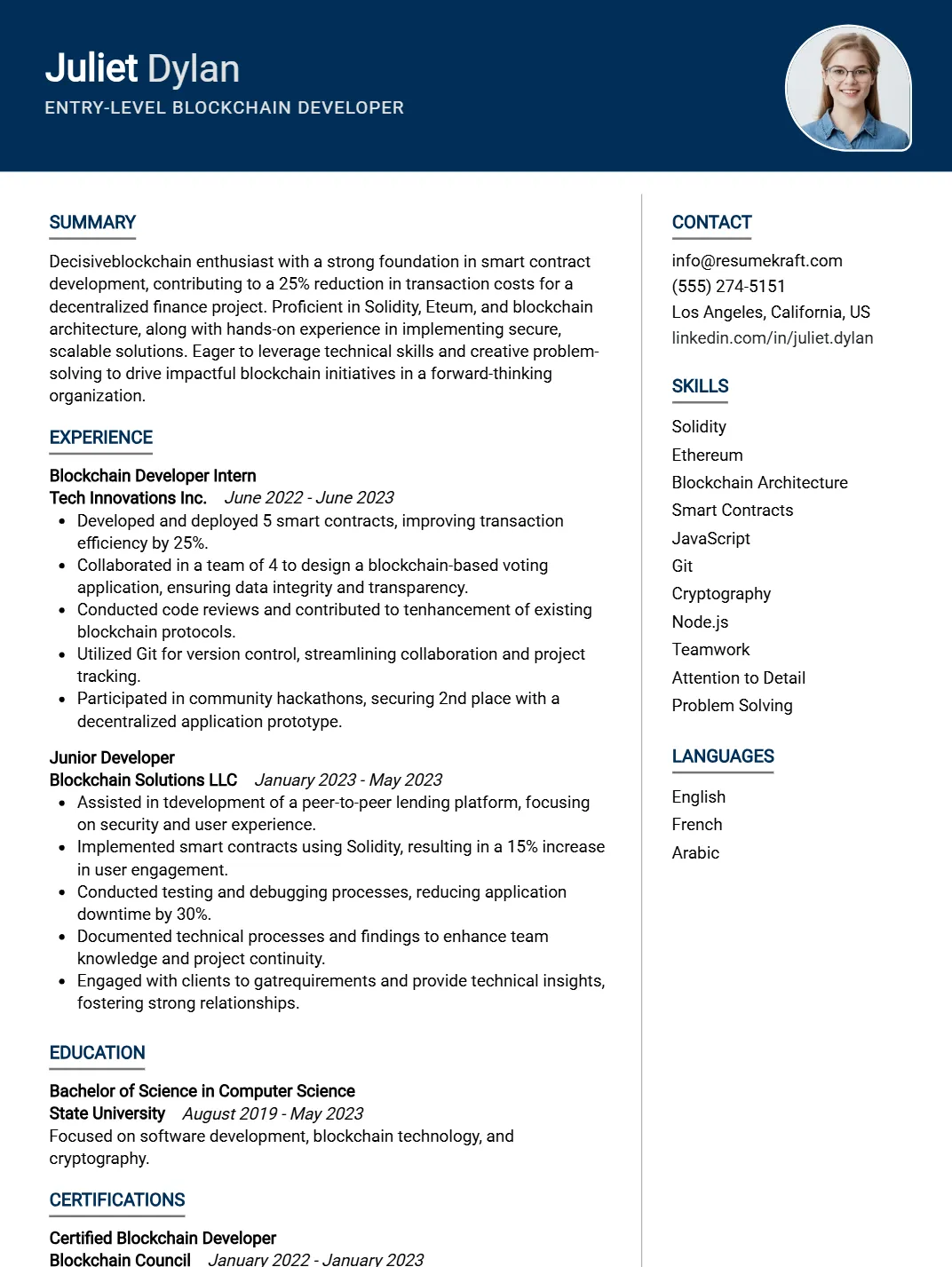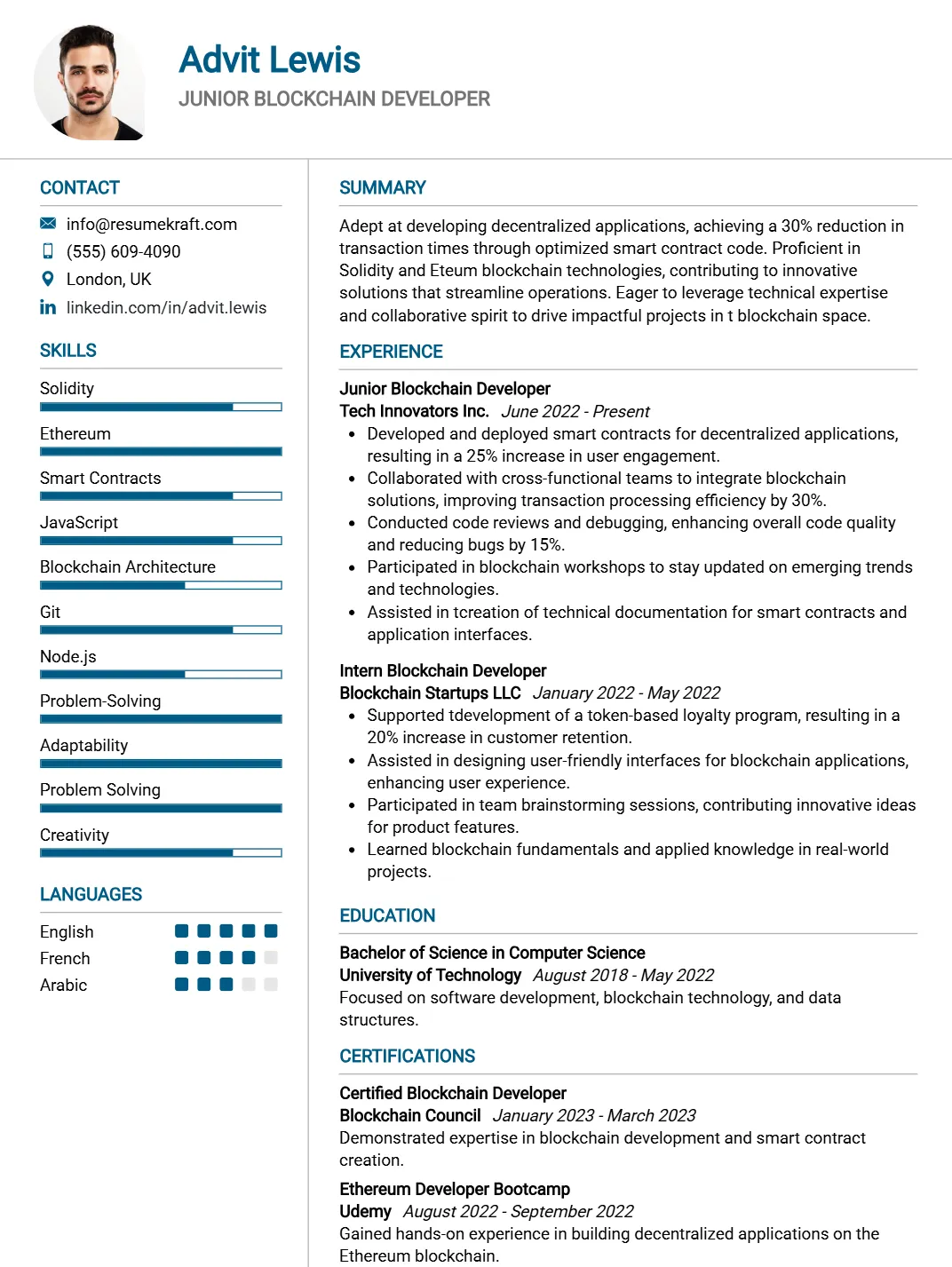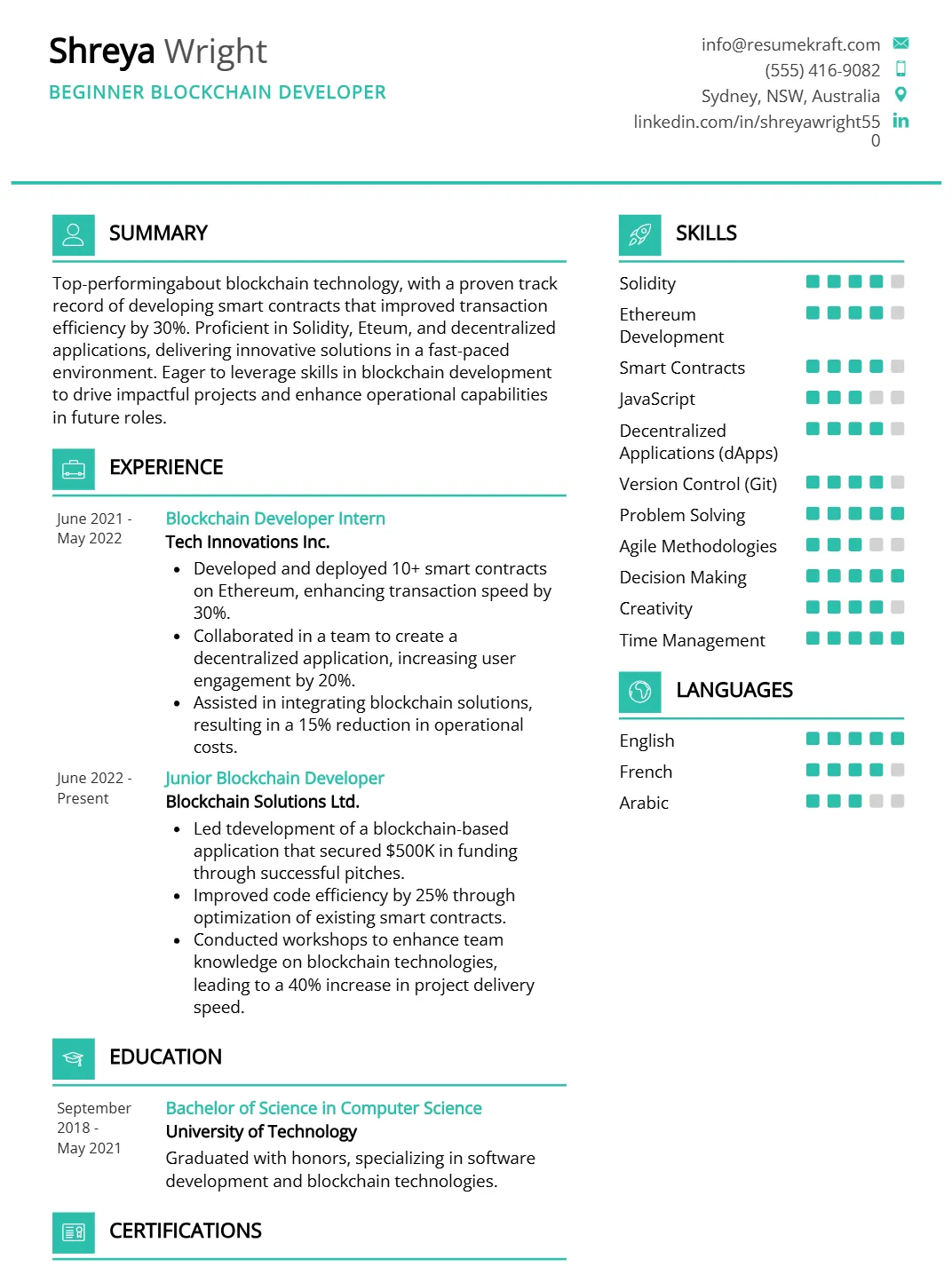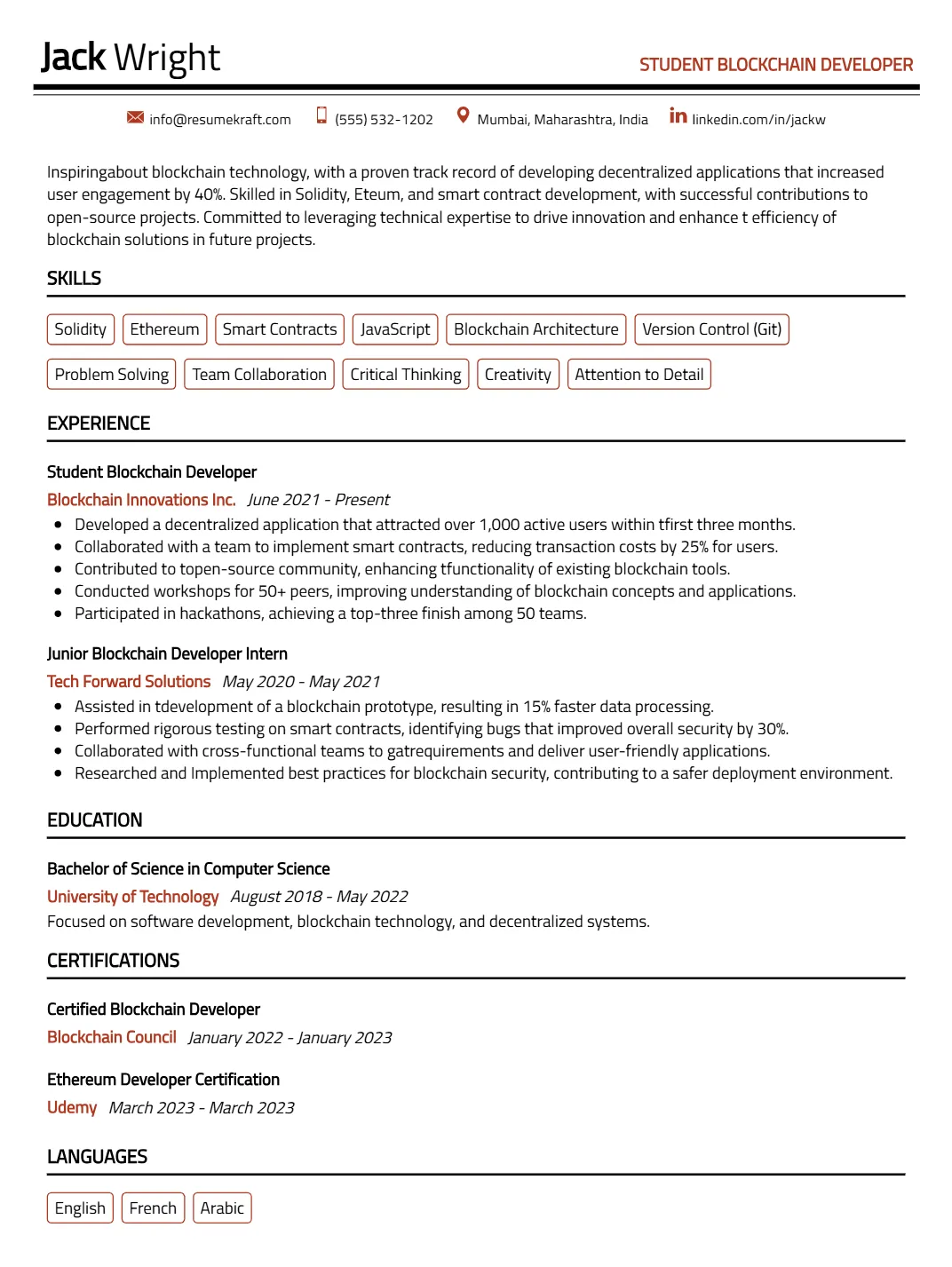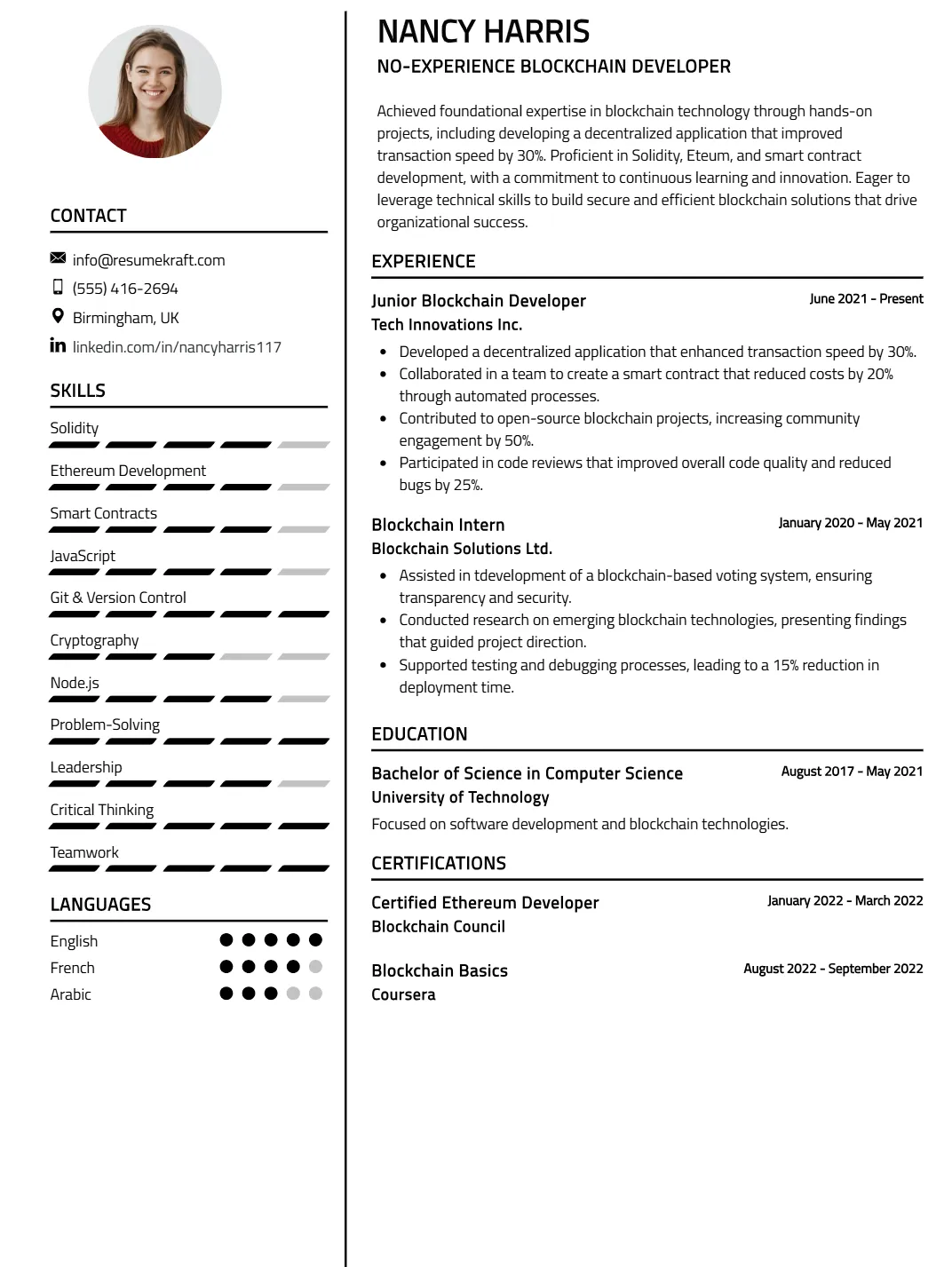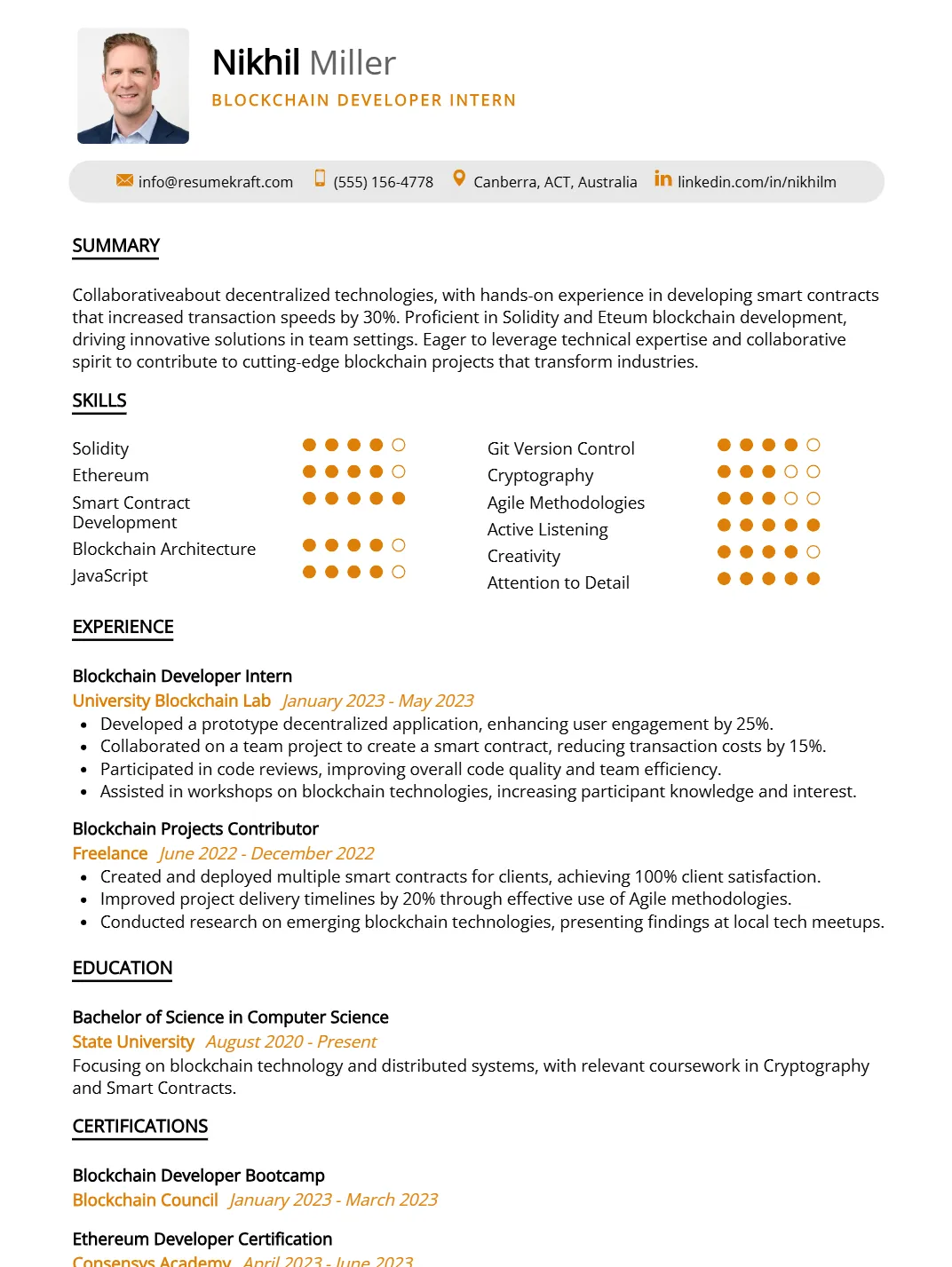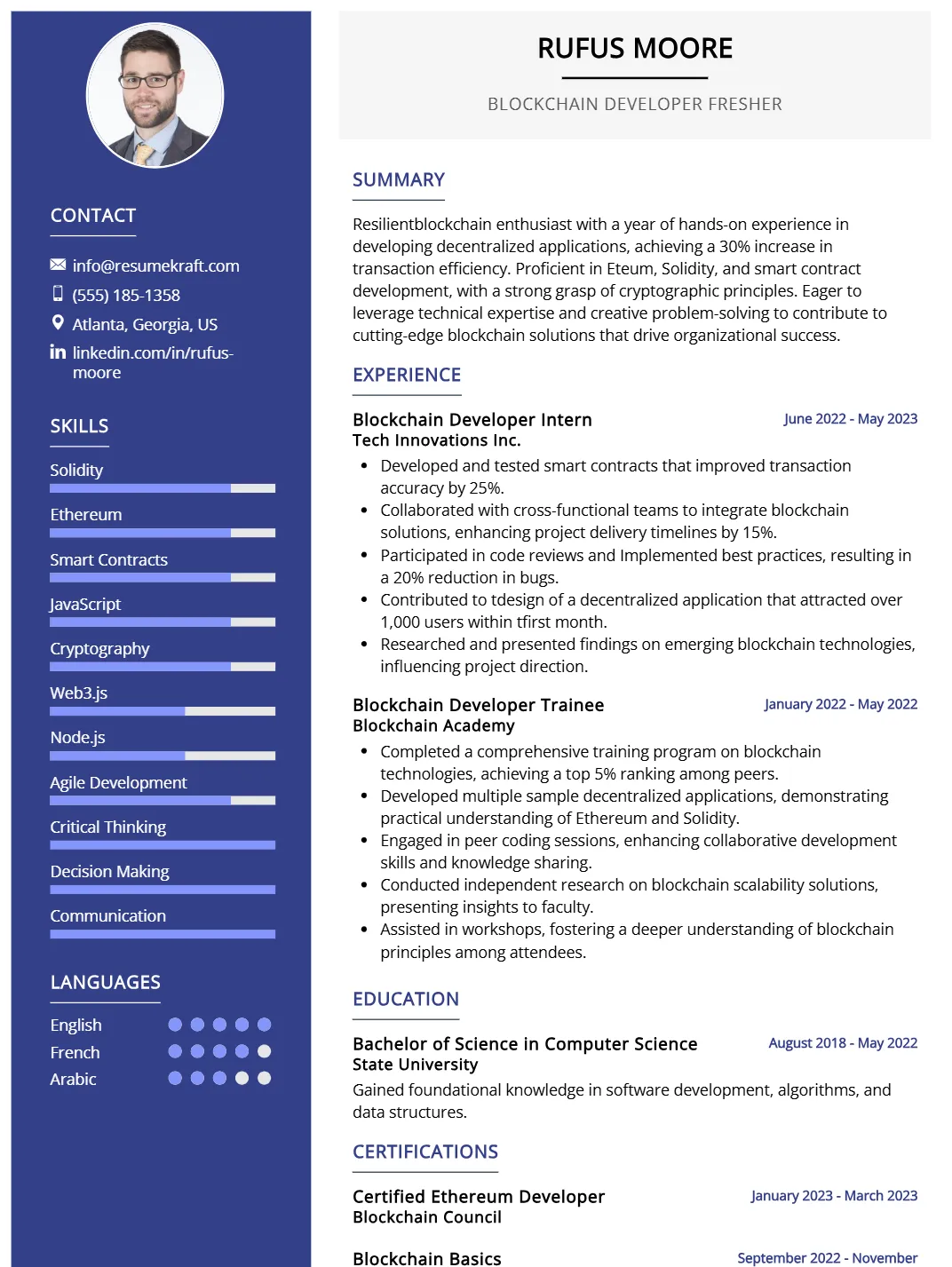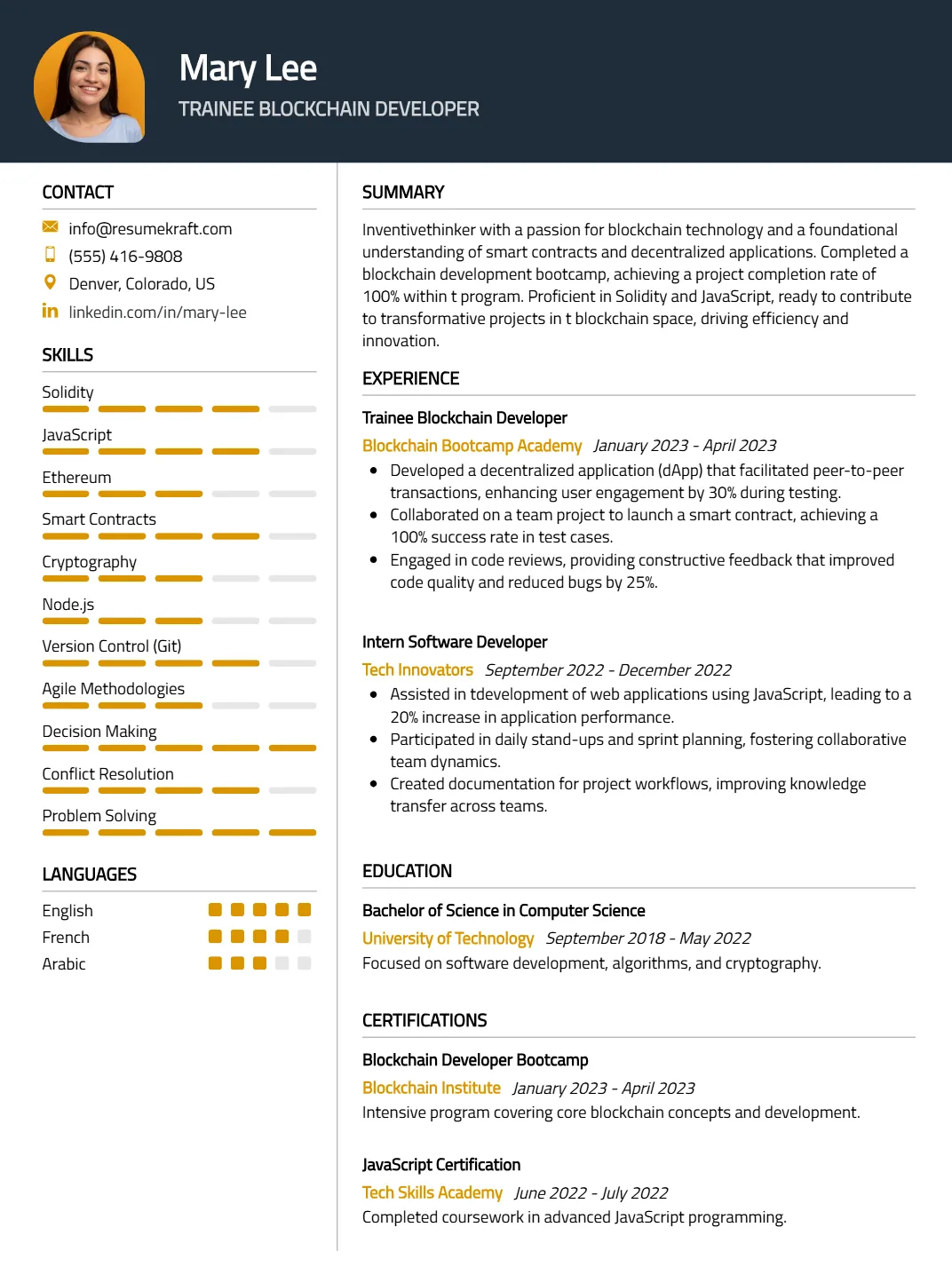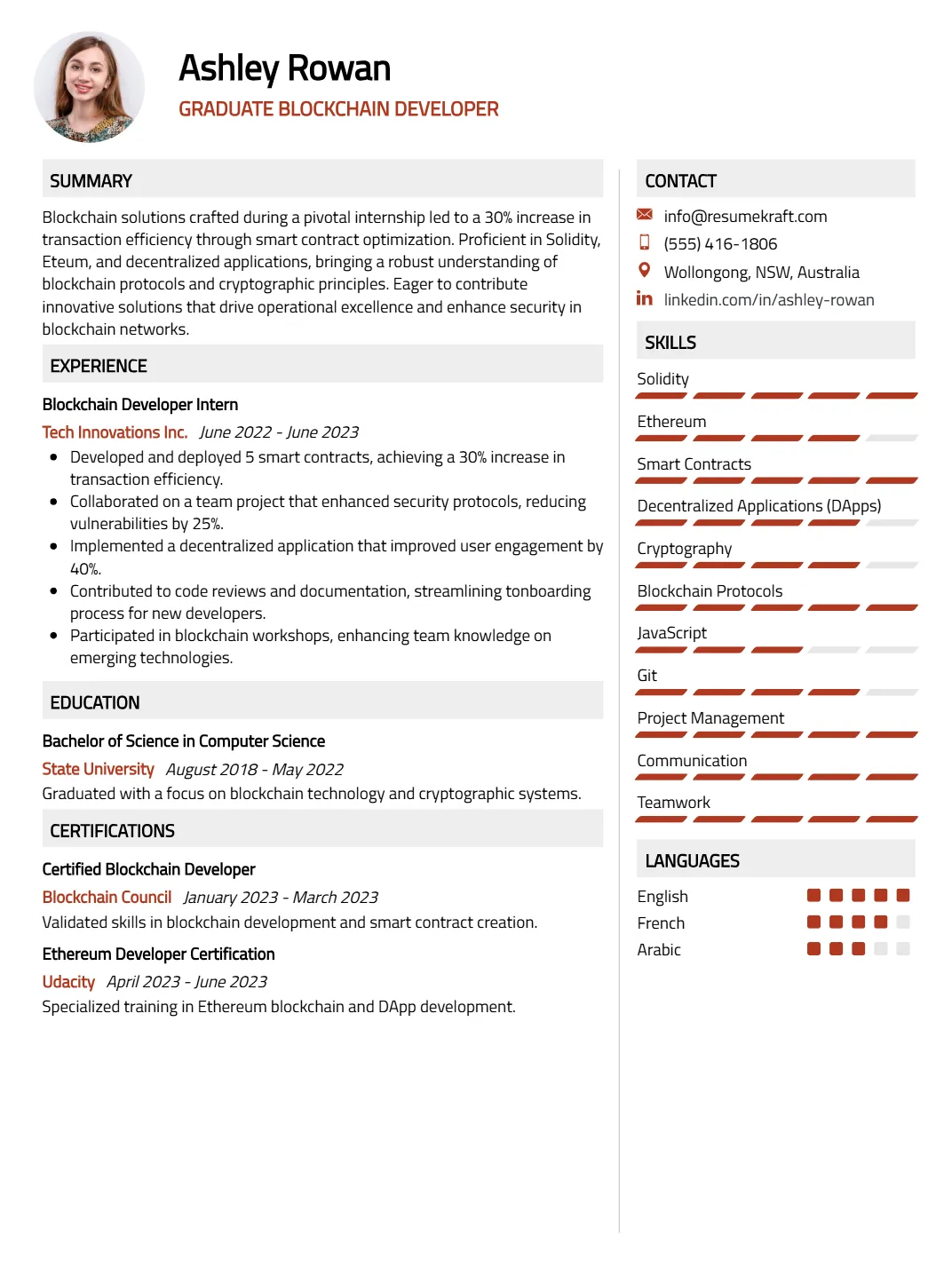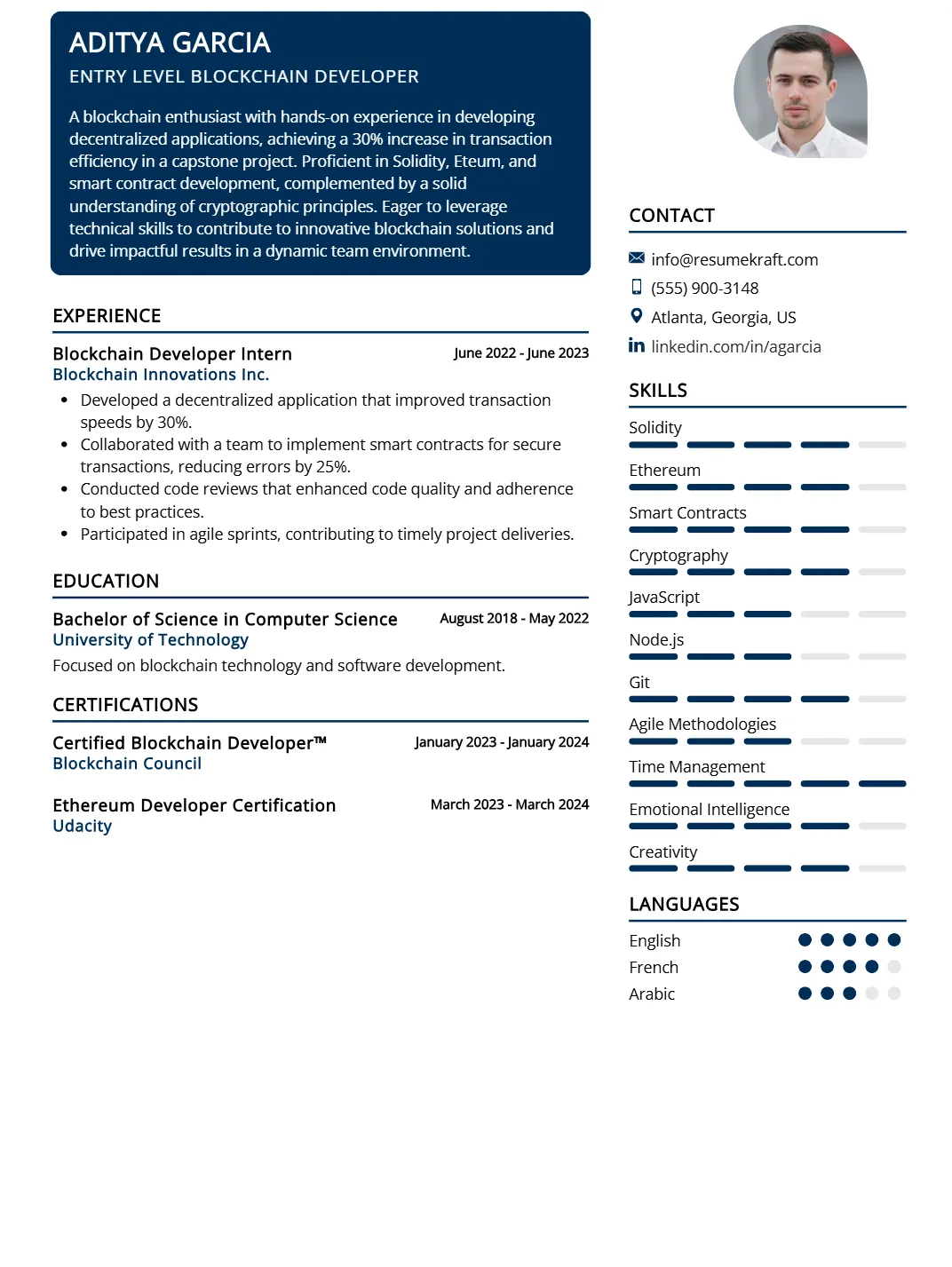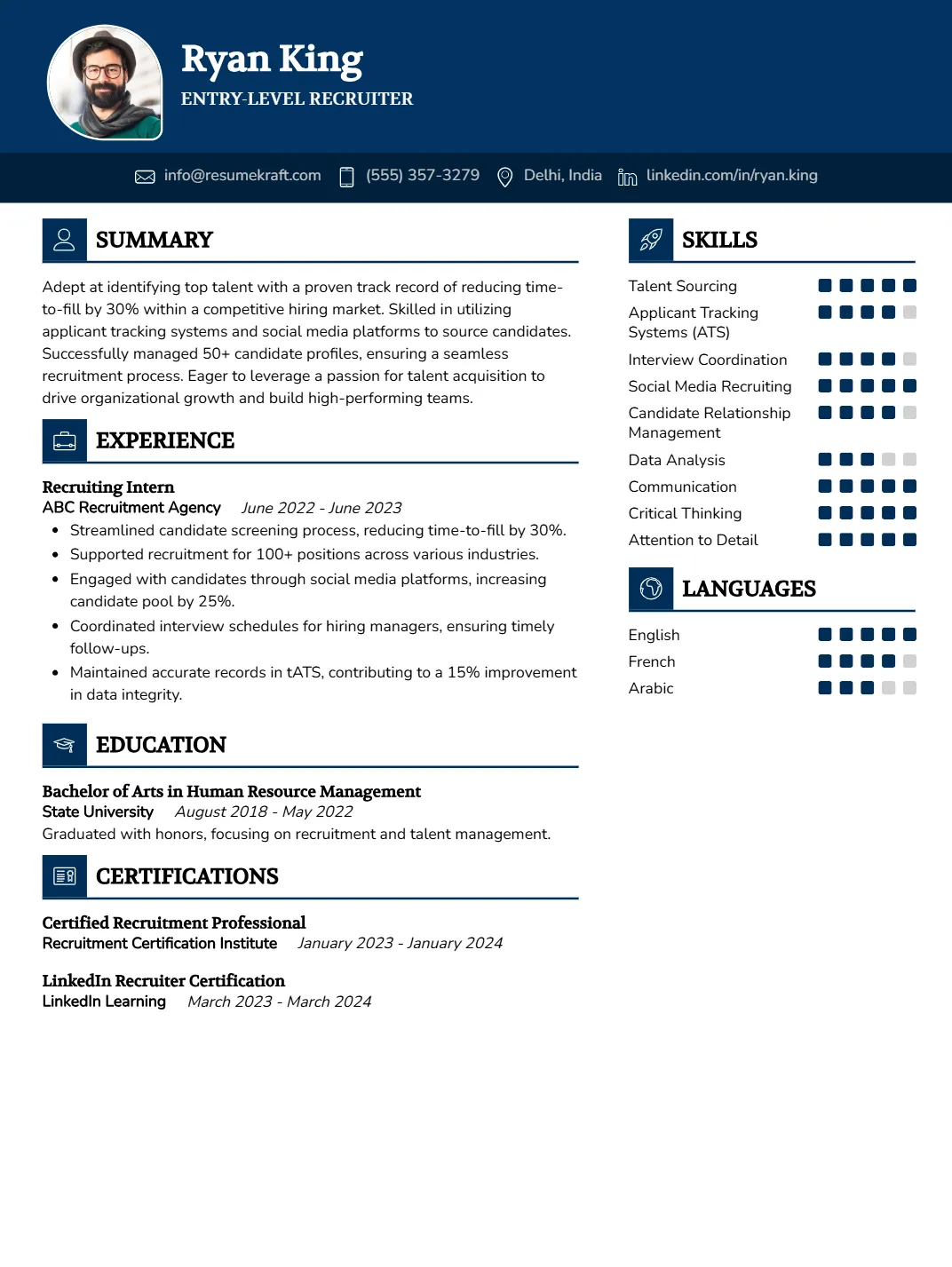
12 Fresher Recruiter Resume Examples & Templates for 2025
As a fresher recruiter, entry-level professionals play a pivotal role in bridging the gap between job seekers and employers. They are responsible for identifying talent, screening candidates, and facilitating the hiring process, making their contributions vital in today’s competitive job market. For new graduates, this career path offers a unique opportunity to develop essential skills in communication, negotiation, and human resources management. However, crafting a compelling resume can be challenging due to limited work experience. This article will guide freshers in showcasing their strengths, experiences, and potential to stand out in the recruitment field.
- Fresher Recruiter resume examples
- Fresher Recruiter resume format
- Fresher Recruiter resume with no experience
- How to list your hard skills and soft skills on your fresher resume
- How to list your education and certifications on your fresher resume
- How to write your fresher Recruiter resume summary or objective
- Additional sections for a fresher Recruiter resume
- Key takeaways for writing a professional fresher Recruiter resume
- Frequently Asked Questions for Fresher Recruiter Resumes
Fresher Recruiter resume examples
Fresher recruiter resume examples are essential for new graduates and entry-level job seekers as they provide a clear insight into what recruiters prioritize in candidates with limited work experience. These examples help beginners understand how to effectively showcase their skills, academic achievements, and relevant projects, allowing them to present themselves as strong contenders in the job market. By learning from these examples, freshers can craft compelling resumes that resonate with potential employers.
Fresher Recruiter Resume
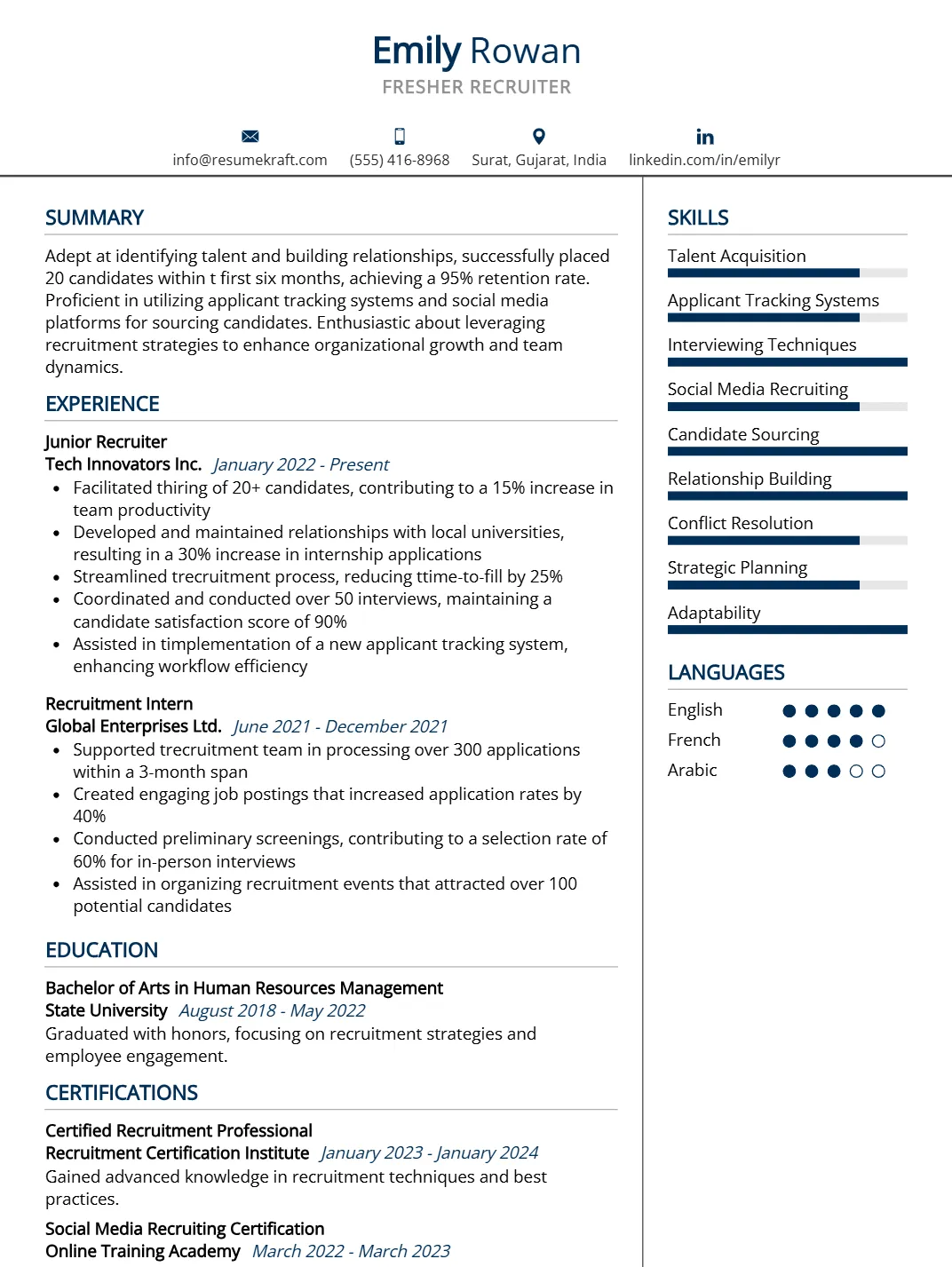
Why This Resume Works
This resume effectively positions the candidate for a Fresher Recruiter role by highlighting relevant skills such as Talent Acquisition and Interviewing Techniques, tailored to meet industry demands. The structured format ensures clarity, facilitating quick review by hiring managers. Its compatibility with Applicant Tracking Systems (ATS) is addressed through keyword optimization, increasing visibility in recruitment software. Additionally, strategic presentation of achievements during their Junior Recruiter and Internship roles emphasizes practical experience, making a strong case for their potential impact in the recruiting field.
Entry-Level Recruiter Resume

Why This Resume Works
This resume effectively highlights the candidate’s relevant skills, such as talent sourcing and experience with Applicant Tracking Systems (ATS), which are crucial for an Entry-Level Recruiter. The structured format presents key information clearly, making it easy for hiring managers to assess qualifications quickly. Additionally, the strategic emphasis on achievements during their recruiting internship demonstrates practical application of their skills. By using industry-specific keywords, this resume ensures ATS compatibility, enhancing visibility in applicant pools while showcasing readiness for recruitment challenges.
Junior Recruiter Resume
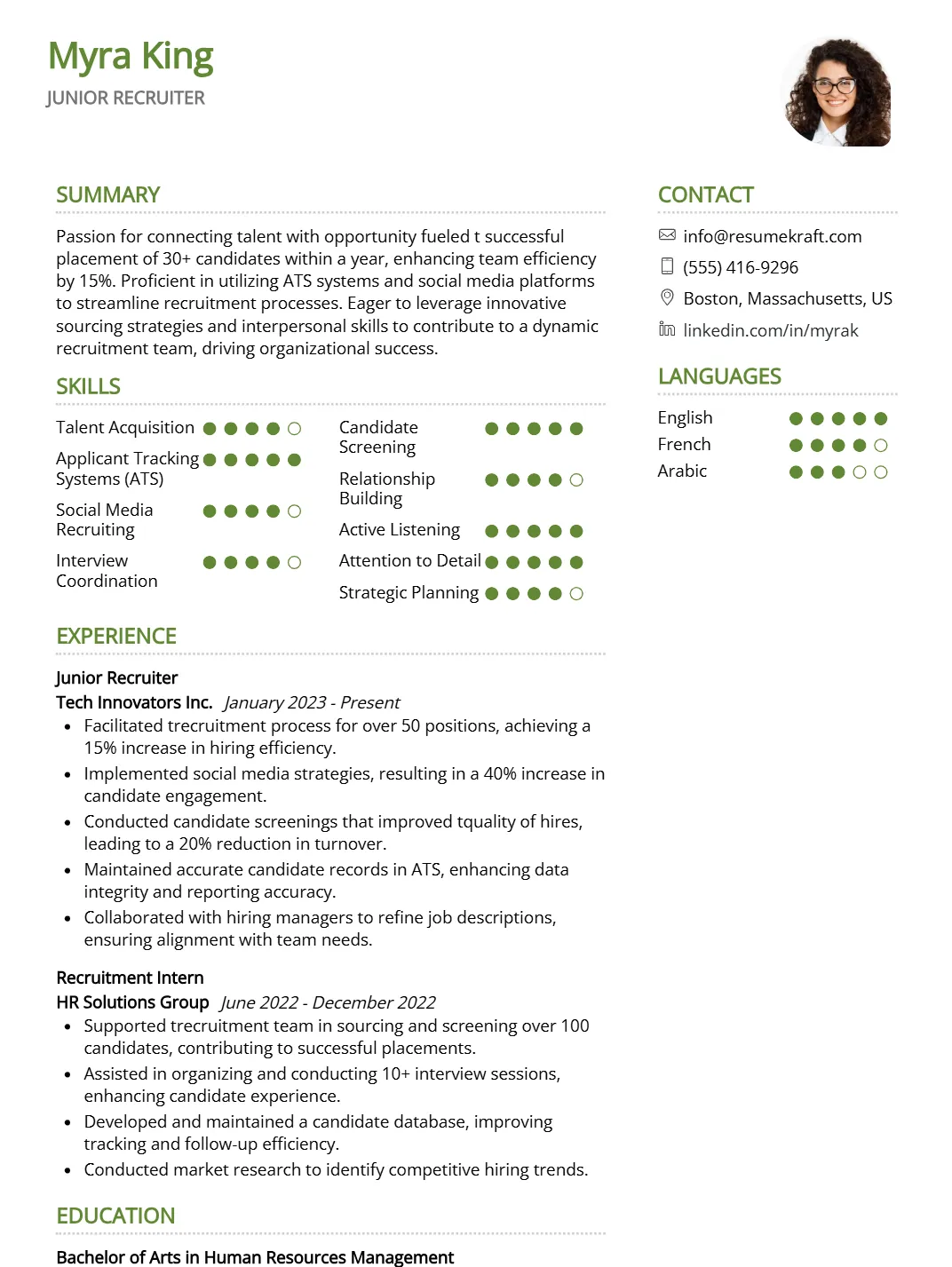
Why This Resume Works
This resume effectively highlights the candidate’s relevant skills and experience for a Junior Recruiter position, showcasing expertise in talent acquisition, ATS, and social media recruiting. The clear structure allows easy navigation through qualifications and achievements, ensuring hiring managers can quickly assess fit. By incorporating industry-specific keywords, it enhances ATS compatibility, increasing visibility in applicant tracking systems. Additionally, the strategic presentation of internship experiences alongside practical skills demonstrates the candidate’s readiness to contribute immediately to recruitment efforts, making it a strong contender for the role.
Beginner Recruiter Resume
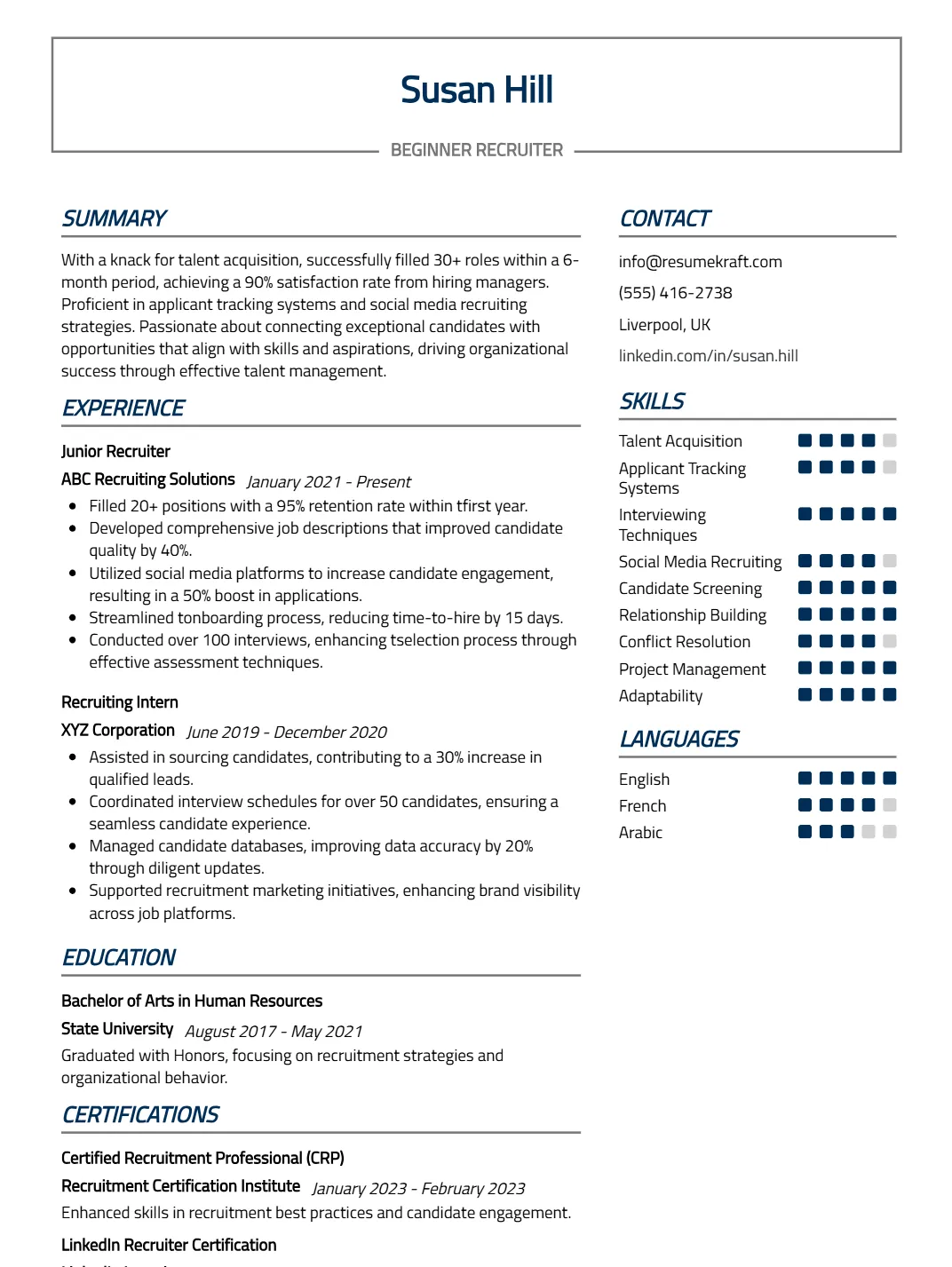
Why This Resume Works
This resume effectively positions the candidate for a Beginner Recruiter role by highlighting relevant skills such as Talent Acquisition and Interviewing Techniques, directly aligned with job requirements. The structured format enhances readability, showcasing experience as a Junior Recruiter and Recruiting Intern over five years. It incorporates industry-specific keywords for ATS compatibility, ensuring visibility to hiring managers. Additionally, the strategic presentation of achievements in candidate screening and social media recruiting demonstrates the candidate’s proactive approach and readiness to excel in recruitment tasks, making it stand out.
Student Recruiter Resume
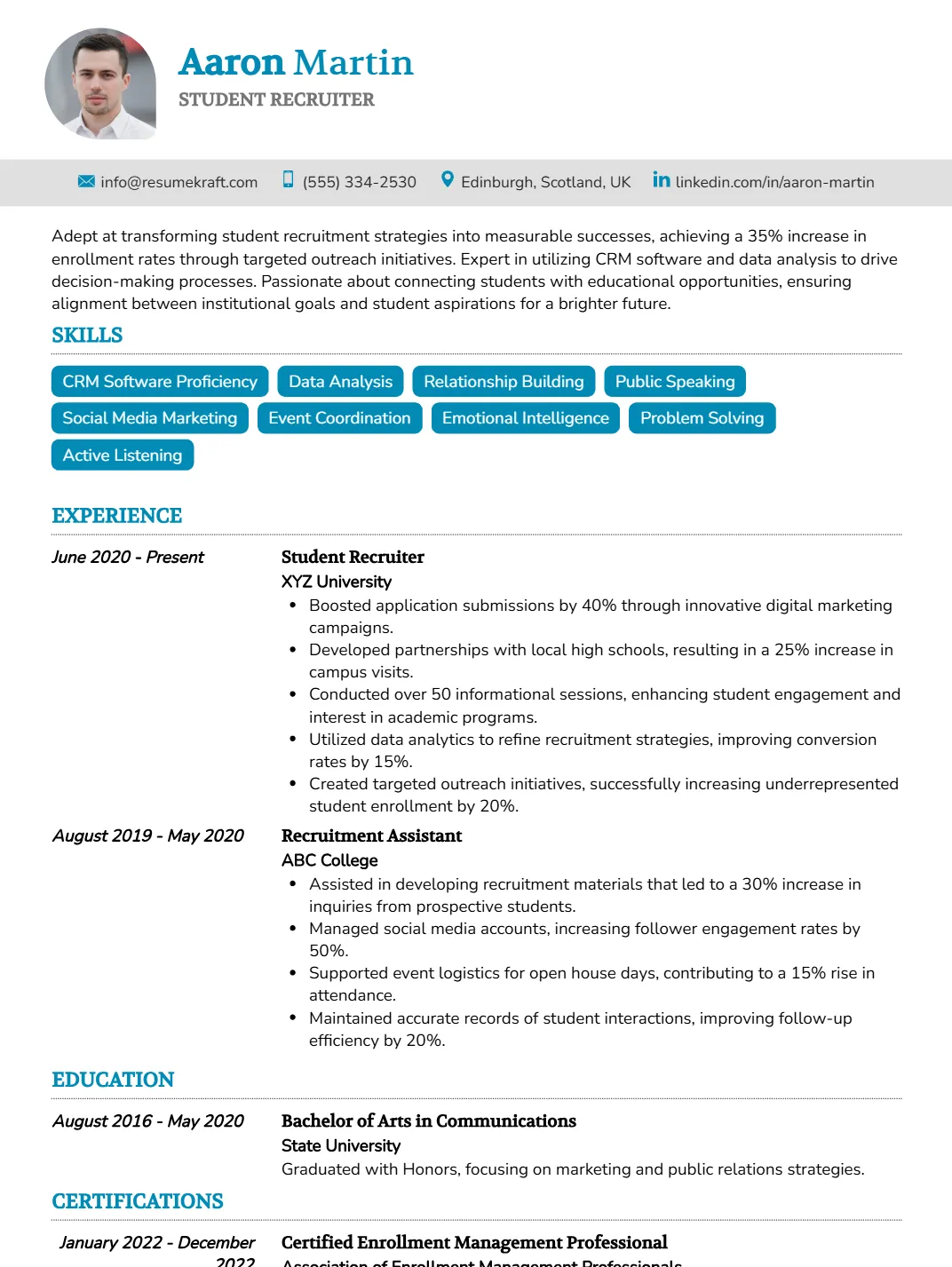
Why This Resume Works
This resume effectively highlights the candidate’s six years of relevant experience as a Student Recruiter and Recruitment Assistant, showcasing key skills like CRM software proficiency and data analysis essential for tracking recruitment metrics. The structured format emphasizes achievements in relationship building and public speaking, critical for engaging prospective students. Additionally, by incorporating industry-specific keywords, the resume ensures ATS compatibility, enhancing visibility to recruiters. Overall, its targeted presentation aligns well with the demands of the Student Recruiter position.
No-Experience Recruiter Resume
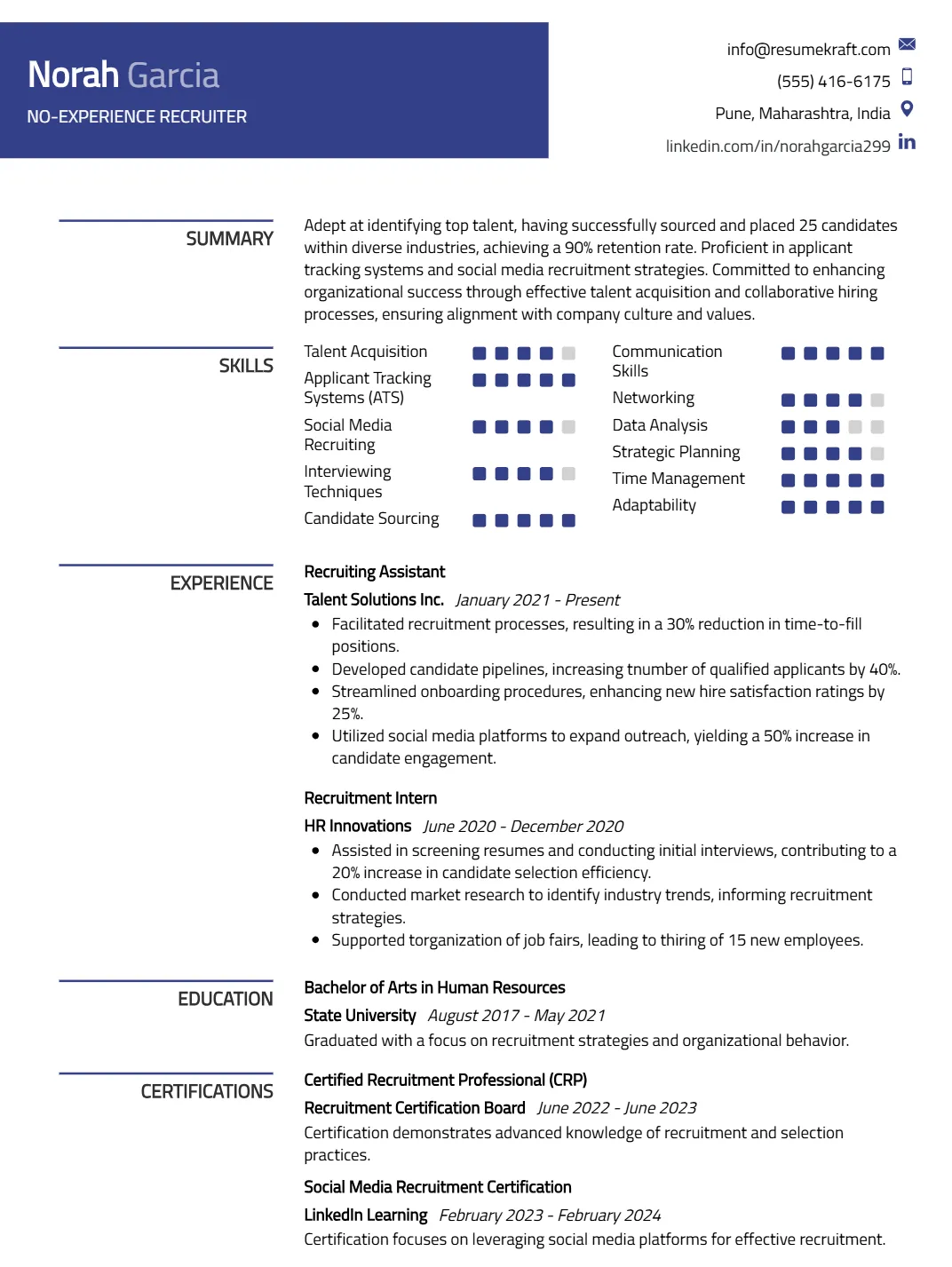
Why This Resume Works
This resume effectively positions the candidate for a No-Experience Recruiter role by highlighting relevant skills such as Talent Acquisition and Interviewing Techniques, directly aligning with job requirements. The structured format enhances readability and emphasizes key experiences, including four years as a Recruiting Assistant and Intern, showcasing practical knowledge. Its strategic use of industry-specific keywords ensures ATS compatibility, increasing visibility to hiring managers. Additionally, the presentation of achievements in candidate sourcing and social media recruiting demonstrates proactive engagement, making it an attractive option for employers.
Recruiter Intern Resume
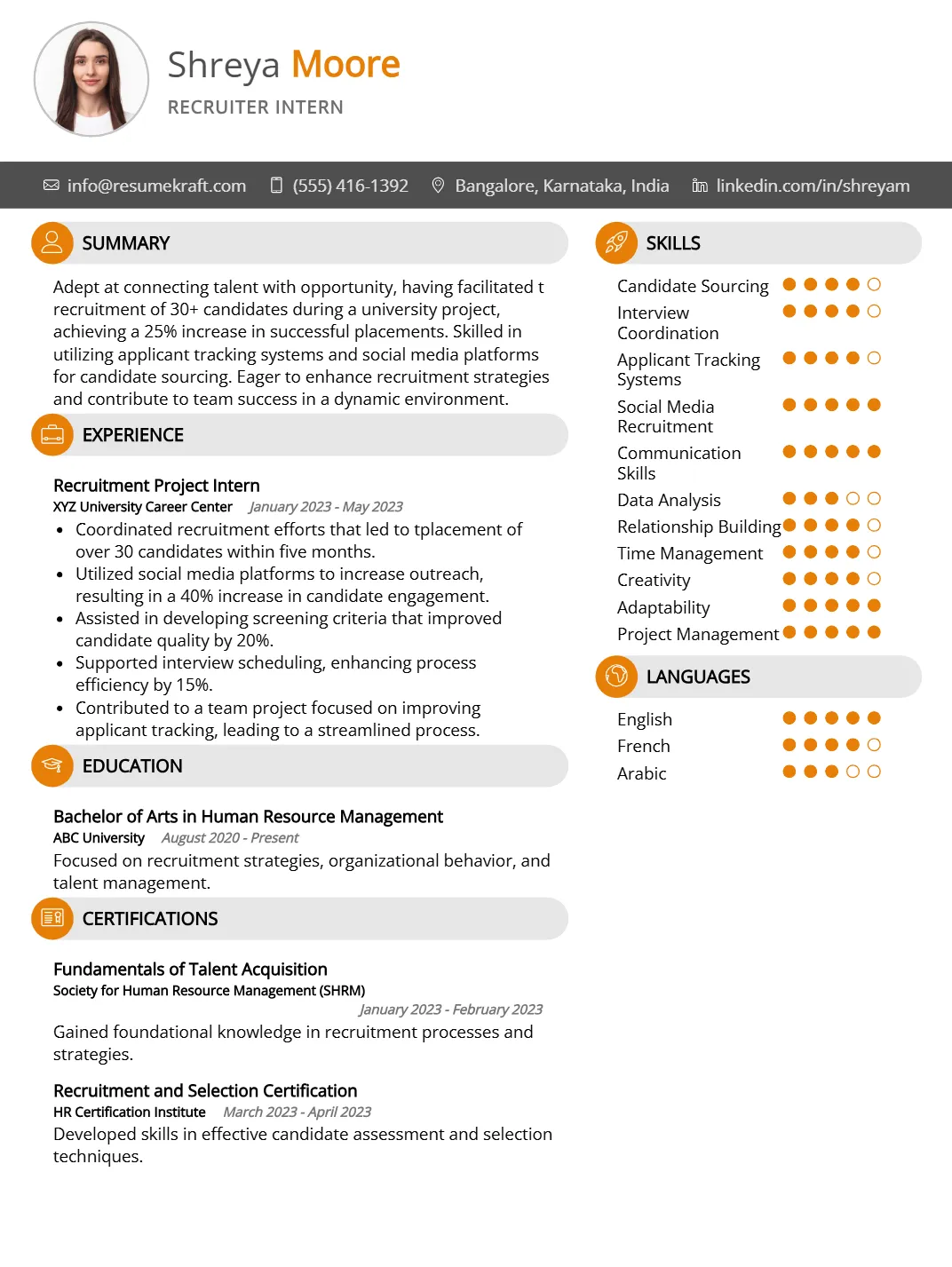
Why This Resume Works
This resume effectively positions the candidate for the Recruiter Intern role by highlighting essential skills such as Candidate Sourcing and Interview Coordination, directly relevant to recruitment tasks. Its clear format and structured layout enhance readability, which is crucial for busy recruiters. Additionally, the use of industry-specific keywords ensures ATS compatibility, increasing visibility in applicant tracking systems. Strategic presentation of achievements from previous recruitment experience further demonstrates the candidate’s practical expertise and readiness to contribute effectively in this field.
Recruiter Fresher Resume
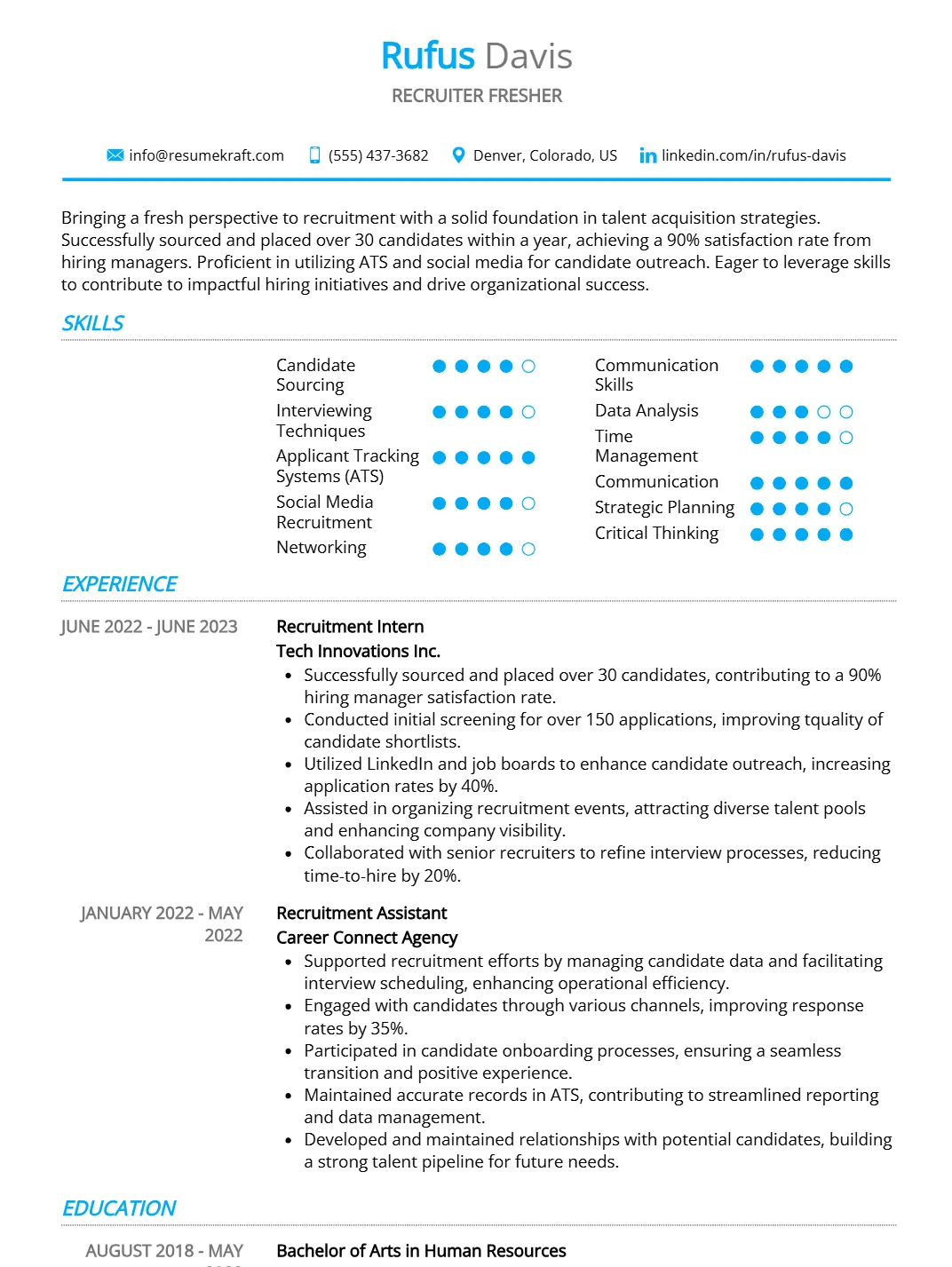
Why This Resume Works
This resume effectively highlights relevant skills and experiences for a Recruiter Fresher position, showcasing proficiency in candidate sourcing, interviewing techniques, and ATS. The structured format emphasizes key skills prominently, making it easy for recruiters to scan quickly. Additionally, the inclusion of specific achievements from internship and assistant roles demonstrates practical application of skills in real-world scenarios. By incorporating industry-relevant keywords, the resume ensures ATS compatibility, increasing the chances of passing initial screenings and capturing the attention of hiring managers.
Trainee Recruiter Resume
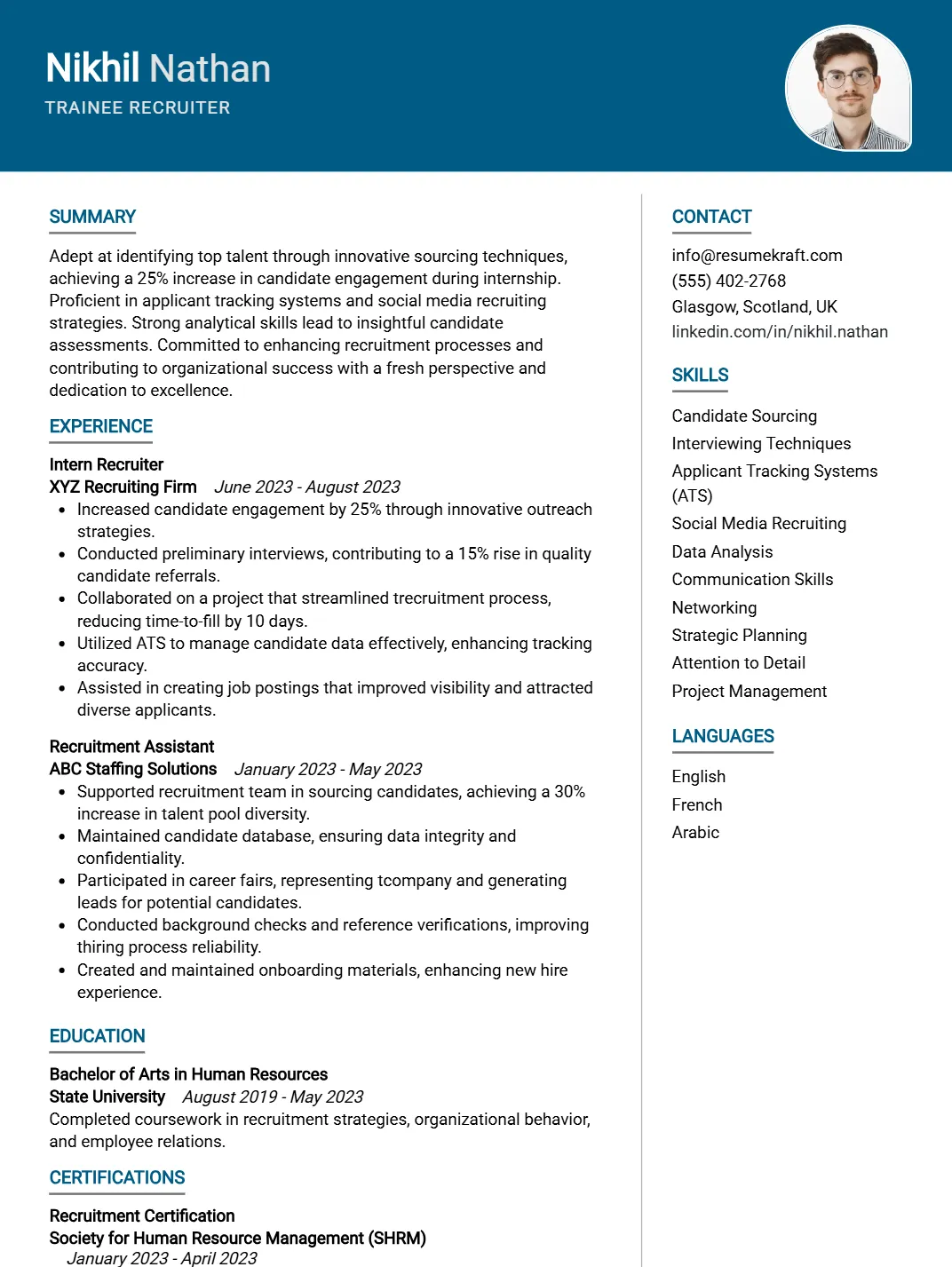
Why This Resume Works
This resume effectively highlights relevant skills and experience tailored for a Trainee Recruiter position, emphasizing candidate sourcing and social media recruiting. The structured format showcases key abilities like interviewing techniques and proficiency with ATS, ensuring compatibility with industry standards. By presenting achievements from roles as an Intern Recruiter and Recruitment Assistant, it strategically demonstrates practical knowledge and a commitment to recruitment success. This targeted approach makes the resume stand out, aligning well with the expectations of hiring managers in the recruitment field.
Graduate Recruiter Resume
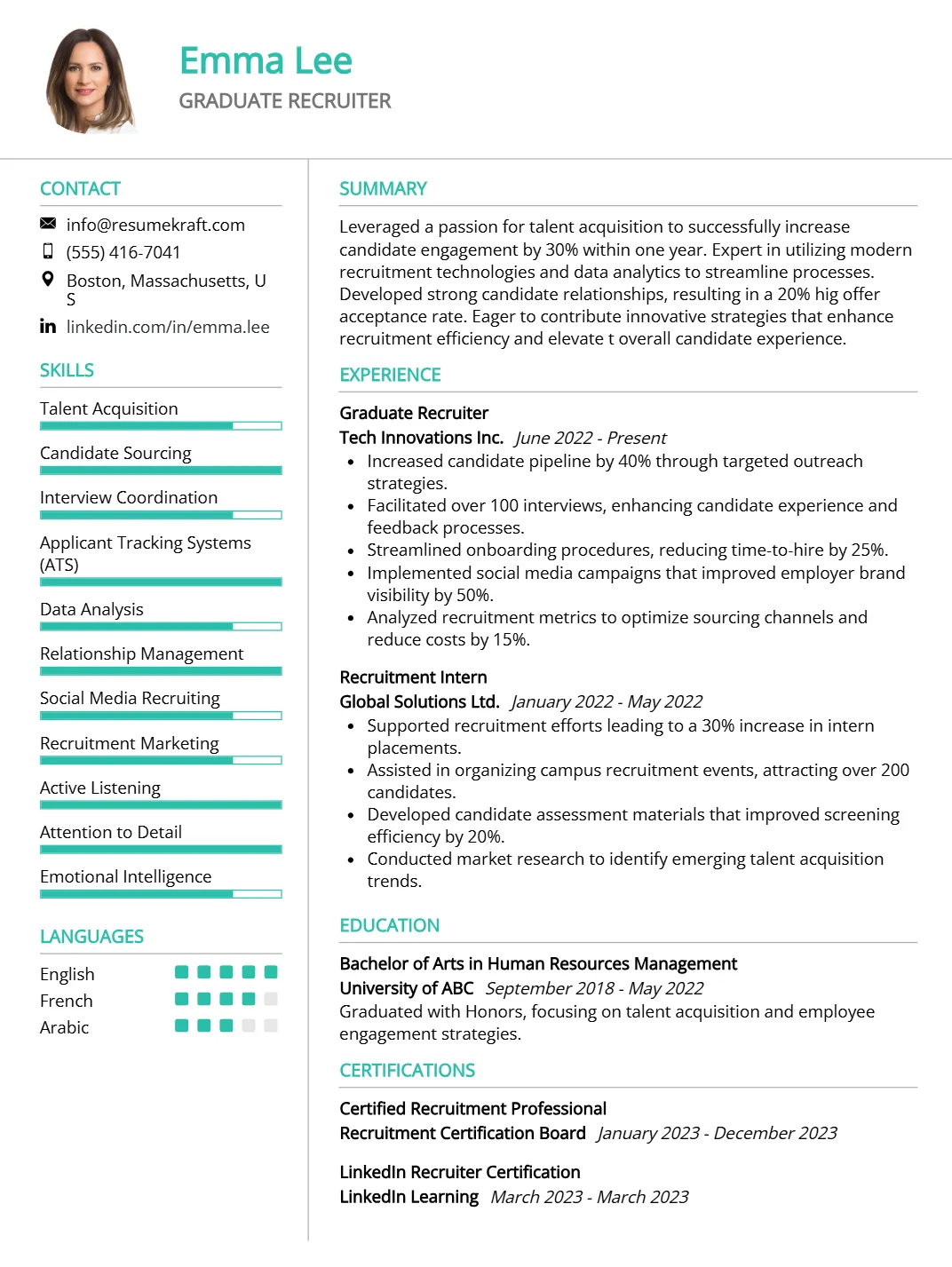
Why This Resume Works
This resume effectively highlights the candidate’s key skills in talent acquisition and candidate sourcing, essential for a Graduate Recruiter position. With three years of relevant experience, including a role as a Recruitment Intern, it demonstrates a solid foundation in interview coordination and data analysis. The structured format enhances readability, ensuring hiring managers can quickly identify qualifications. Additionally, the use of industry-specific terminology improves ATS compatibility, while strategically presented achievements underscore the candidate’s impact in previous roles, making them an attractive choice for recruiters.
New Graduate Recruiter Resume
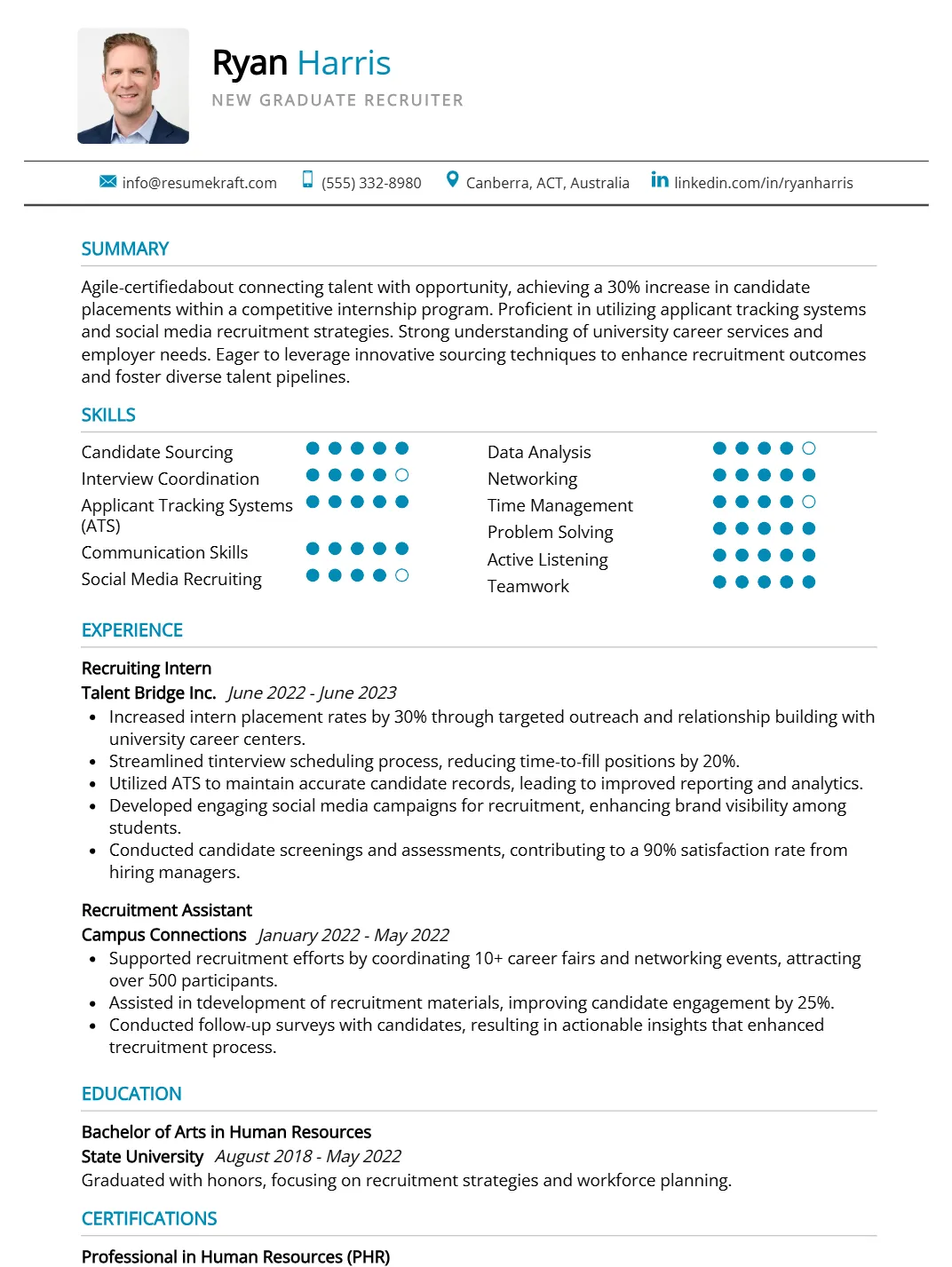
Why This Resume Works
This resume effectively highlights the candidate’s relevant skills and experience for a New Graduate Recruiter position, showcasing expertise in candidate sourcing, interview coordination, and social media recruiting. The structured format enhances readability, making it easy for hiring managers to identify key qualifications. Additionally, the use of industry-specific keywords ensures ATS compatibility, increasing visibility in applicant tracking systems. Strategic presentation of accomplishments from previous roles reinforces their ability to contribute immediately, making them an attractive candidate for this entry-level recruiting role.
Entry level Recruiter Resume
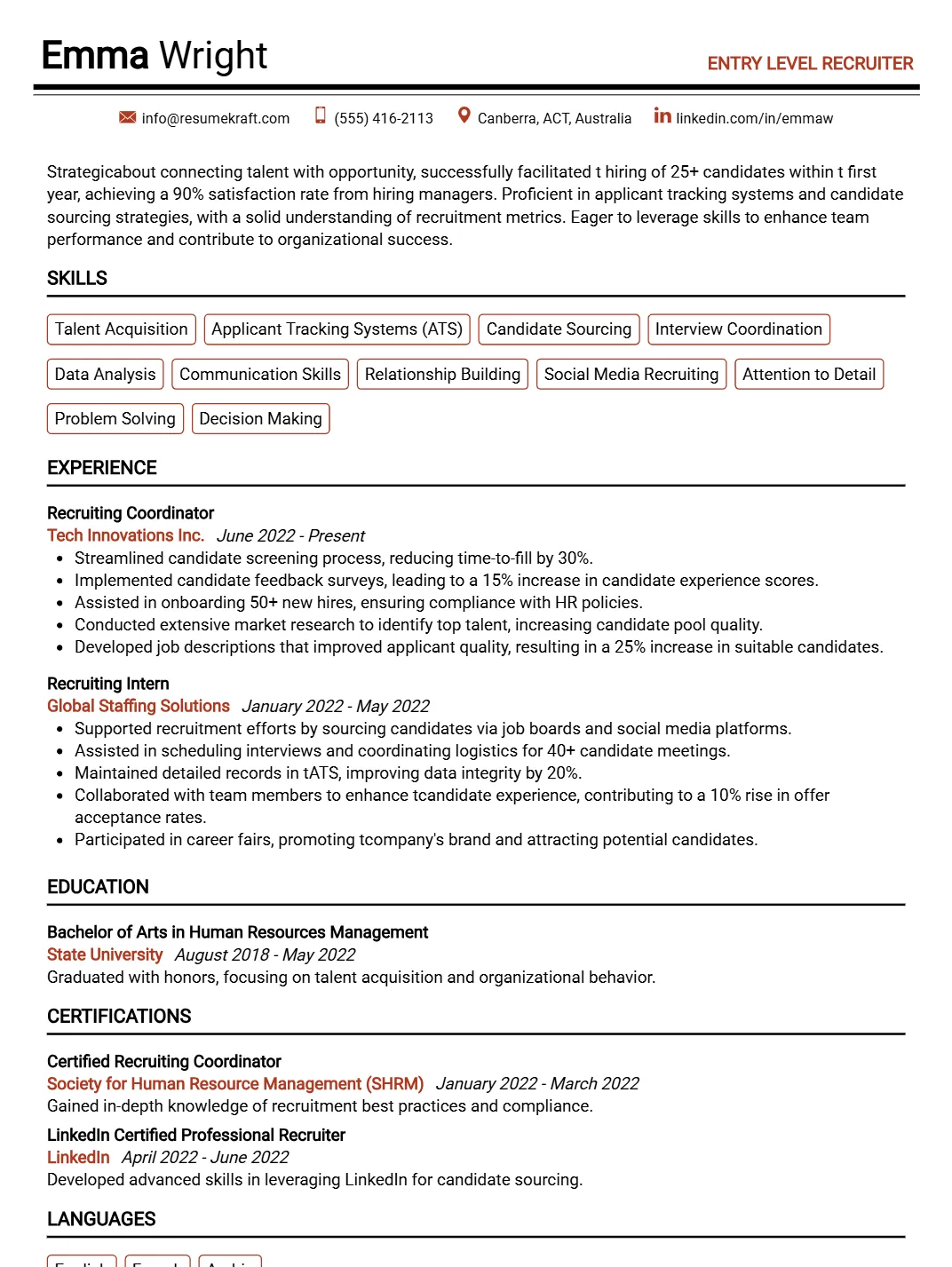
Why This Resume Works
This resume effectively highlights the candidate’s relevant skills and experience for an Entry Level Recruiter position by emphasizing their proficiency in talent acquisition, ATS, and candidate sourcing. The structured format allows for easy navigation, showcasing a clear career progression from Recruiting Intern to Recruiting Coordinator. Its design enhances ATS compatibility through the use of industry-specific keywords, ensuring it passes automated screenings. Additionally, strategic presentations of achievements demonstrate measurable contributions in previous roles, making the candidate an appealing choice for hiring managers in recruitment.
Fresher Recruiter resume format
Proper formatting is crucial for a fresher Recruiter resume, as it helps new graduates make a strong first impression. An effective resume format highlights relevant skills and qualifications, even with limited experience.
- Keep your resume to one page, ensuring all key information is easily accessible. Use concise bullet points to present your experiences clearly and avoid overwhelming the recruiter with excessive details.
- Choose a clean and professional font like Arial or Calibri in 10-12 point size. Consistent font styles enhance readability and create a cohesive look that reflects your attention to detail.
- Use clear section headings (e.g., Education, Skills, Projects) to organize content logically. This structure allows recruiters to quickly identify relevant information, showcasing your qualifications despite limited experience.
- Incorporate white space strategically to avoid clutter. Adequate margins and spacing between sections improve visual appeal, making it easier for recruiters to navigate your resume.
- Align your text consistently, using left alignment for most content and center alignment for your name and contact details. Consistency in alignment communicates professionalism and organizational skills.
Fresher Recruiter resume with no experience
Freshers with no formal work experience can still create a compelling Recruiter resume by emphasizing academic projects, relevant coursework, and any volunteer work or personal projects. Highlighting transferable skills gained through extracurricular activities, such as teamwork and communication, can showcase your potential value to employers. Remember, your experiences in school or volunteer settings demonstrate your ability to learn and adapt, which are crucial skills in recruiting.
By detailing your academic achievements and the skills honed through various activities, you can effectively illustrate your readiness for an entry-level role. Focus on quantifiable outcomes from projects or volunteer work that relate to recruitment tasks, showing your proactive approach and dedication to the field.
I haven’t worked anywhere but I am a good communicator and can help with recruitment tasks.
Led a team project in university to organize a charity event, enhancing my organizational and communication skills, which I can apply to recruitment processes.
How to list your hard skills and soft skills on your fresher resume
In today’s competitive job market, freshers must highlight both hard and soft skills on their resumes to stand out, especially when applying for roles like a Recruiter. New graduates can effectively leverage their academic knowledge, online courses, certifications, and personal projects to demonstrate relevant skills. By showcasing their learning experiences, they can present a well-rounded skill set that appeals to potential employers, illustrating their readiness to take on the challenges of a recruitment role.
Hard Skills for Fresher Recruiter:
- Applicant Tracking Systems (ATS): Familiarity with software for managing recruitment processes.
- Resume Screening: Ability to analyze and evaluate resumes effectively.
- Job Posting: Experience in writing and placing job ads on various platforms.
- Interview Techniques: Knowledge of basic interview formats and techniques.
- Candidate Sourcing: Skills in finding and attracting potential candidates using social media.
- Data Analysis: Basic understanding of analyzing recruitment metrics to optimize processes.
- Recruitment Marketing: Understanding how to promote job openings to attract talent.
- Communication Tools: Proficient in tools like Zoom and Microsoft Teams for virtual interviews.
- HR Software: Familiarity with software like Workday or BambooHR for managing employee data.
- Job Market Research: Ability to gather and analyze data on job trends and salary benchmarks.
- Networking: Skills in building professional relationships within the industry.
- Onboarding Processes: Basic knowledge of how to facilitate new hire orientations.
- Social Media Recruitment: Experience using LinkedIn and other platforms for talent acquisition.
- Presentation Skills: Ability to create and deliver presentations on recruitment strategies.
- Project Management: Understanding of managing recruitment projects and timelines.
Soft Skills for Entry-Level Recruiter:
- Interpersonal Skills: Ability to build rapport with candidates and clients.
- Active Listening: Skill in understanding candidate needs and concerns during interviews.
- Empathy: Capacity to understand and relate to candidates’ experiences and emotions.
- Time Management: Ability to prioritize tasks effectively in a fast-paced environment.
- Adaptability: Willingness to adjust strategies based on changing recruitment needs.
- Problem-Solving: Ability to think critically and resolve issues that arise during the hiring process.
- Team Collaboration: Skill in working effectively with HR and management teams.
- Persuasion: Ability to influence candidates and encourage them to consider opportunities.
- Attention to Detail: Careful review of resumes and candidate information to ensure accuracy.
- Confidence: Ability to present oneself positively and assertively in various scenarios.
- Negotiation Skills: Basic ability to discuss offers and terms with candidates.
- Creativity: Innovative thinking in attracting and engaging potential candidates.
- Ethical Judgement: Commitment to maintaining confidentiality and ethical standards in recruitment.
- Patience: Understanding that recruitment can be a lengthy process requiring persistence.
- Positive Attitude: Maintaining an optimistic outlook, even in challenging situations.
How to list your education and certifications on your fresher resume
Freshers can effectively present their education by emphasizing relevant coursework, certifications, and academic projects that align with the job they are applying for. Highlighting specific subjects and achievements helps to demonstrate knowledge and skills, making it easier for recruiters to see potential. Including a brief description of significant projects can showcase practical applications of their learning and problem-solving abilities.
In the education section, be sure to mention any honors or distinctions received, as well as relevant activities or leadership roles within academic settings. This approach not only fills the experience gap but also conveys a proactive attitude and commitment to personal and professional growth.
Studied Business Management at university and learned a lot.
Bachelor of Business Management, XYZ University, 2023. Relevant coursework: Marketing Strategies, Financial Analysis. Led a team project on market research that resulted in a 15% increase in client engagement for a local business.
How to write your fresher Recruiter resume summary or objective
A strong resume summary or objective is crucial for freshers applying for a Recruiter position as it serves as their first impression to potential employers. Despite limited experience, entry-level candidates can create compelling opening statements by highlighting their enthusiasm for the role, transferable skills from academic projects, and any relevant coursework. Freshers should use a summary when they have some experience or skills to showcase, while an objective is more suitable for those with less experience, focusing on their career goals and eagerness to learn.
Seeking a recruiter position to gain experience and learn more about the industry.
Motivated recent graduate with a passion for talent acquisition, seeking a Recruiter role to leverage strong communication skills and a background in psychology to connect candidates with opportunities while fostering a positive hiring experience.
Additional sections for a fresher Recruiter resume
For freshers, including additional resume sections can significantly enhance their profiles by showcasing potential, skills, and willingness to learn. These sections help to compensate for limited professional experience, making candidates more appealing to recruiters.
- Projects: Highlighting academic or personal projects demonstrates practical application of skills. This showcases your ability to take initiative and problem-solve, which are essential qualities in any role.
- Volunteer Work: Including relevant volunteer experiences reflects your commitment to community and teamwork. It illustrates soft skills such as communication and collaboration, which are highly valued by employers.
- Achievements: Listing academic awards, scholarships, or recognitions showcases your dedication and ability to excel. This can indicate to recruiters your potential for success in professional settings.
- Certifications: Relevant online courses or certifications display a proactive attitude toward learning. This commitment to self-improvement can set you apart from other candidates with similar experience levels.
- Relevant Skills: Emphasizing specific technical or soft skills acquired through coursework or training can highlight your readiness for the job. Tailoring this section to match job requirements increases your chances of catching a recruiter’s eye.
Key takeaways for writing a professional fresher Recruiter resume
- Highlight relevant coursework, academic projects, and extracurricular activities that showcase your skills and knowledge in recruitment and human resources.
- Leverage resume templates to create a polished and professional presentation of your qualifications, ensuring clarity and readability for potential employers.
- Emphasize transferable skills such as communication, organization, and teamwork, which are essential in recruitment roles, even if gained through non-work experiences.
- Utilize an ai resume builder to tailor your resume for specific job descriptions, ensuring keywords and skills match the requirements of the roles you’re applying for.
- Include any internships or volunteer experiences related to recruitment, detailing your contributions and what you learned to demonstrate your proactive approach to gaining experience.
Frequently Asked Questions for Fresher Recruiter Resumes
How long should my fresher Recruiter resume be?
Your fresher Recruiter resume should ideally be one page long. As an entry-level candidate, concise and focused content is crucial to highlight your skills and qualifications without overwhelming the reader. Aim to include relevant coursework, internships, and any volunteer work that showcases your potential as a recruiter. Tailor your resume to the specific job you’re applying for, ensuring that every line adds value and demonstrates your suitability for the role.
What is the best format for a fresher Recruiter resume?
The best format for a fresher Recruiter resume is a reverse chronological layout. This format allows you to showcase your education and any relevant experiences at the top, followed by skills and certifications. Keep it clean and professional with clear headings and bullet points for easy readability. Use a simple font and maintain consistent formatting throughout. This approach emphasizes your academic achievements and transferable skills, making it easier for hiring managers to see your potential.
How can I make my fresher Recruiter resume stand out without work experience?
To make your fresher Recruiter resume stand out, emphasize your academic projects, relevant coursework, and any internships or volunteer experiences. Highlight skills that are crucial for recruitment, such as communication, interpersonal abilities, and organizational skills. Consider including a personal statement that reflects your passion for recruitment and your understanding of the industry. Additionally, showcasing certifications in HR or recruitment-related fields can demonstrate your commitment and readiness to excel in the role.
What should I include in my fresher Recruiter resume if I have no relevant experience?
If you have no relevant experience, focus on your educational background, emphasizing any coursework or projects related to human resources, psychology, or communication. Include skills that align with recruiting, such as attention to detail, networking abilities, and proficiency in recruitment software or tools. Mention any volunteer work, internships, or part-time jobs that demonstrate your work ethic and ability to interact with people. Tailor your resume to reflect your interest in recruitment and your eagerness to learn.

